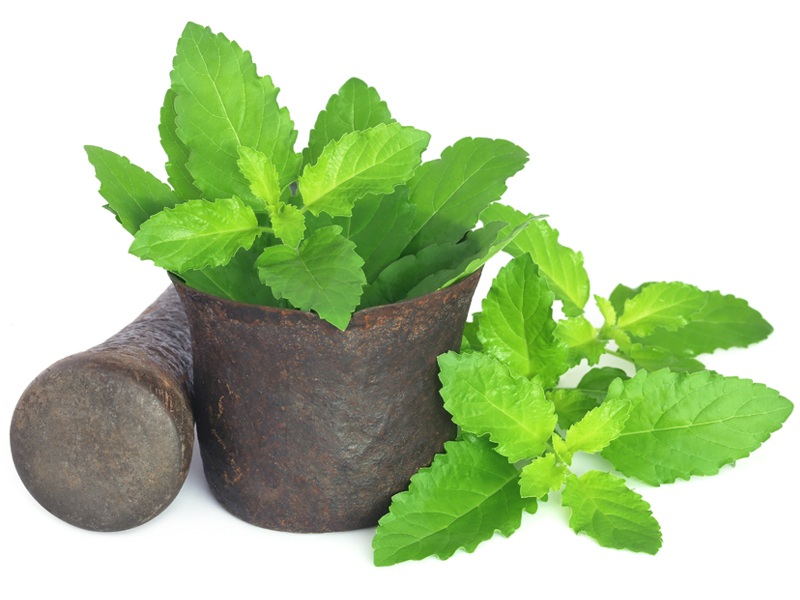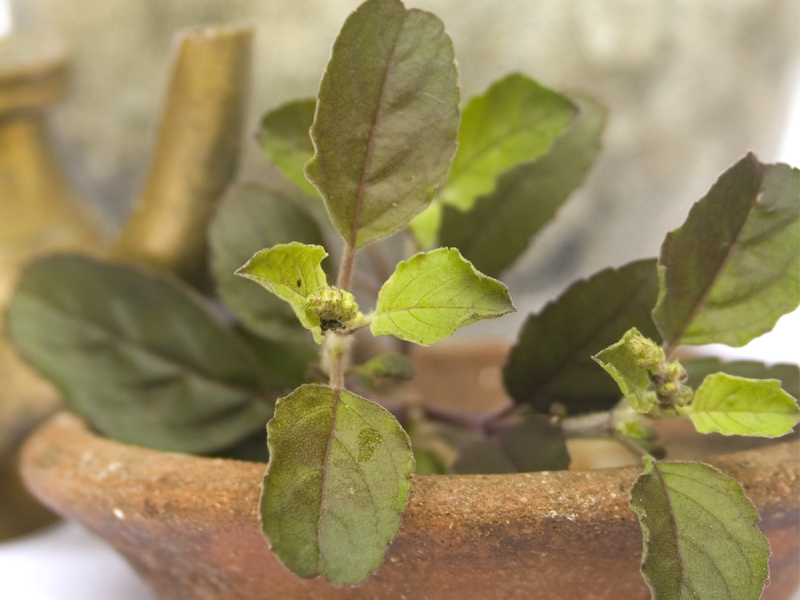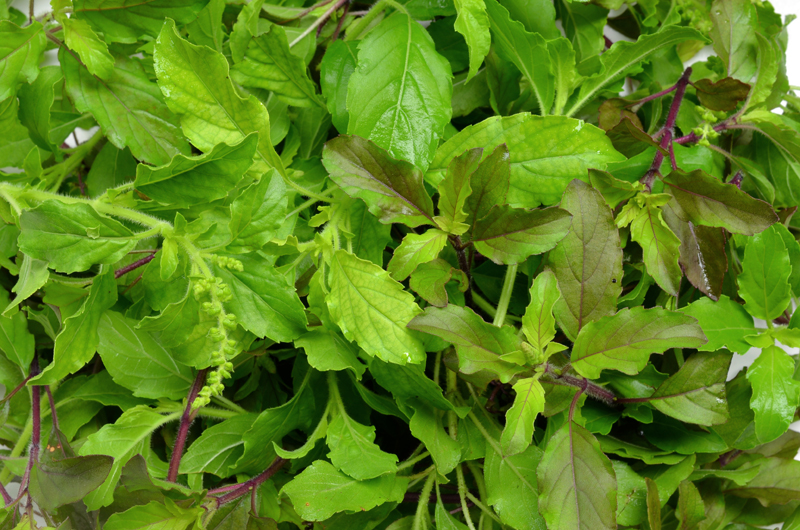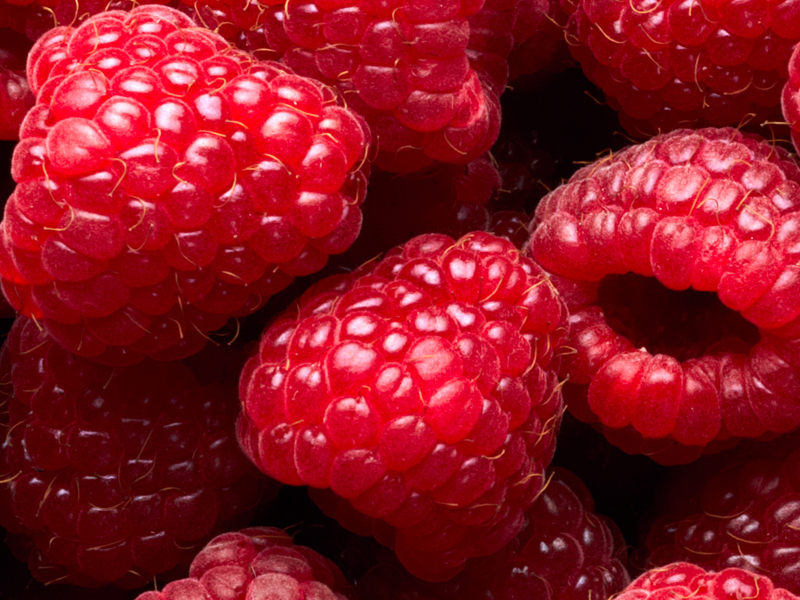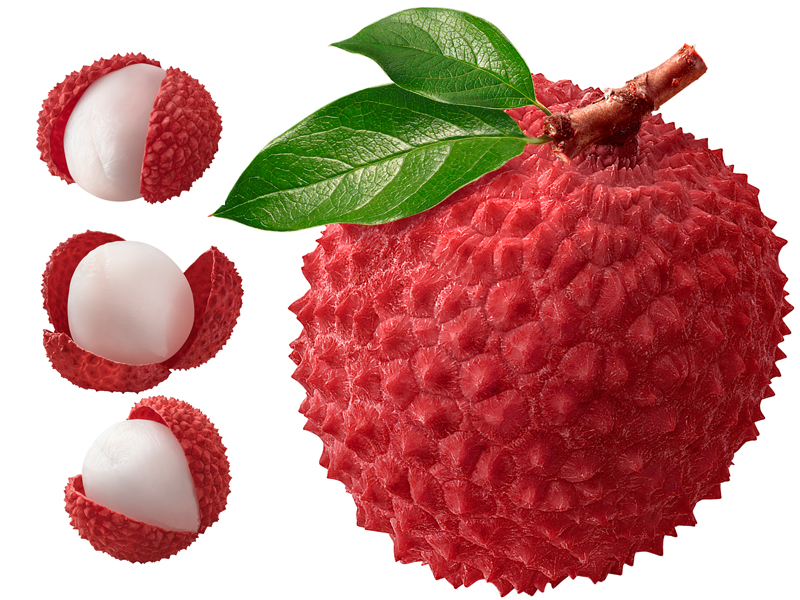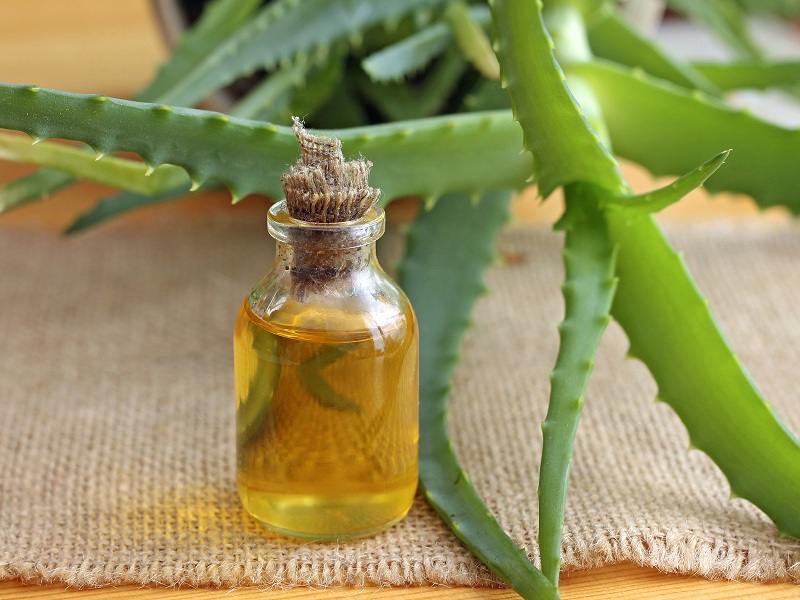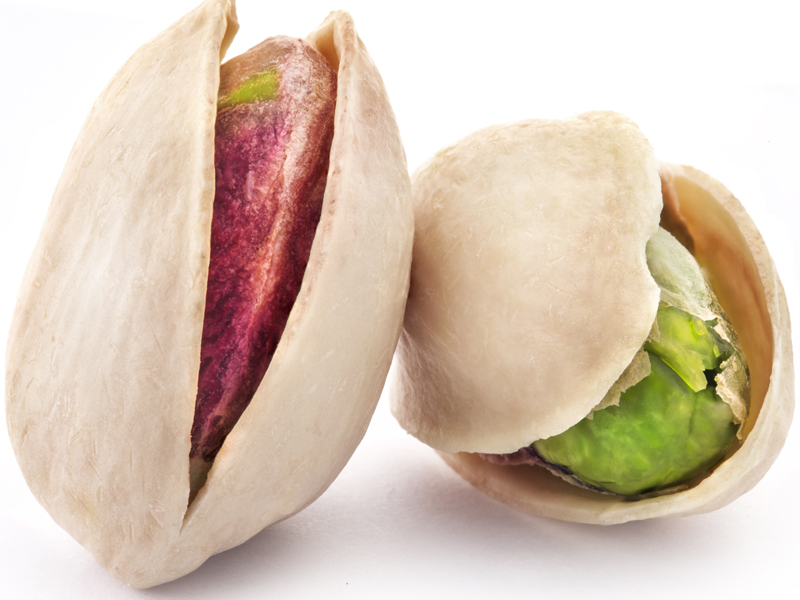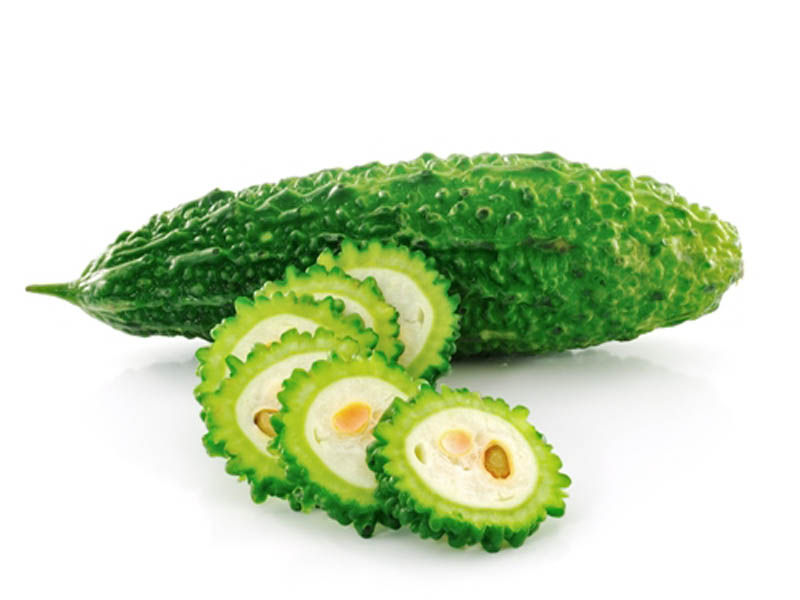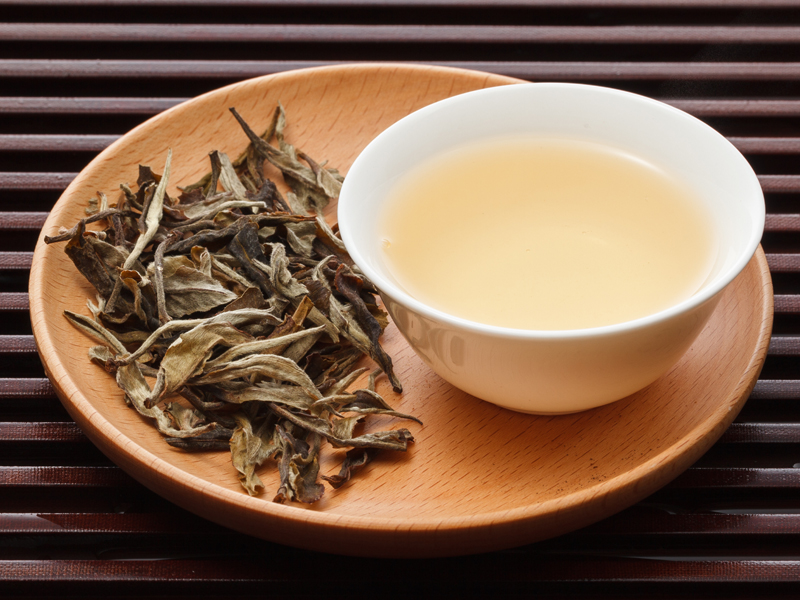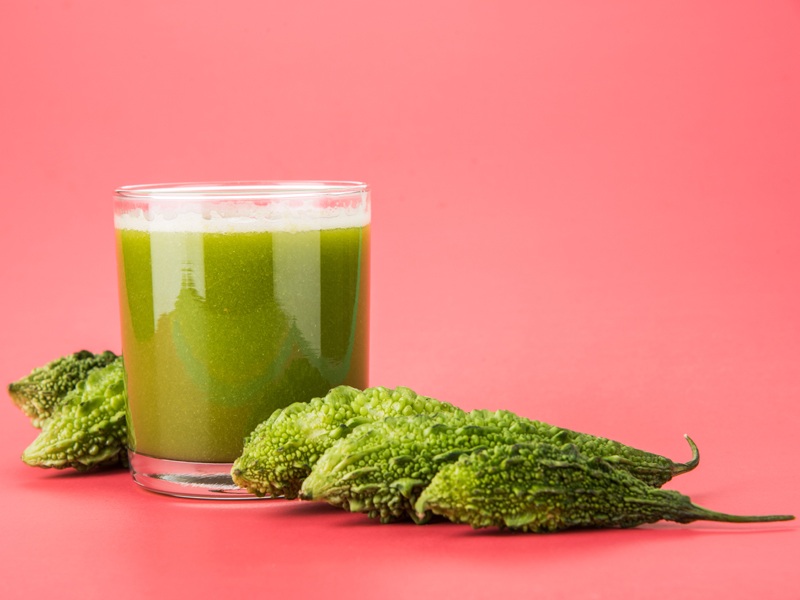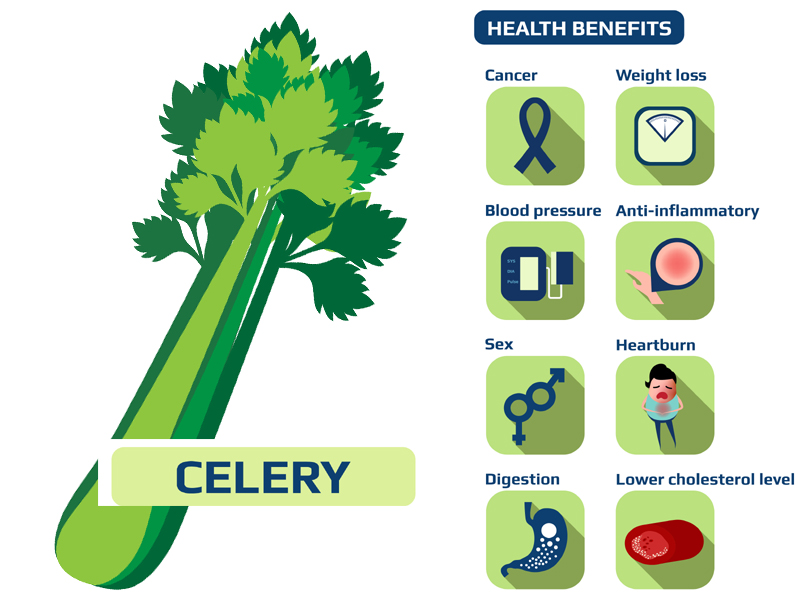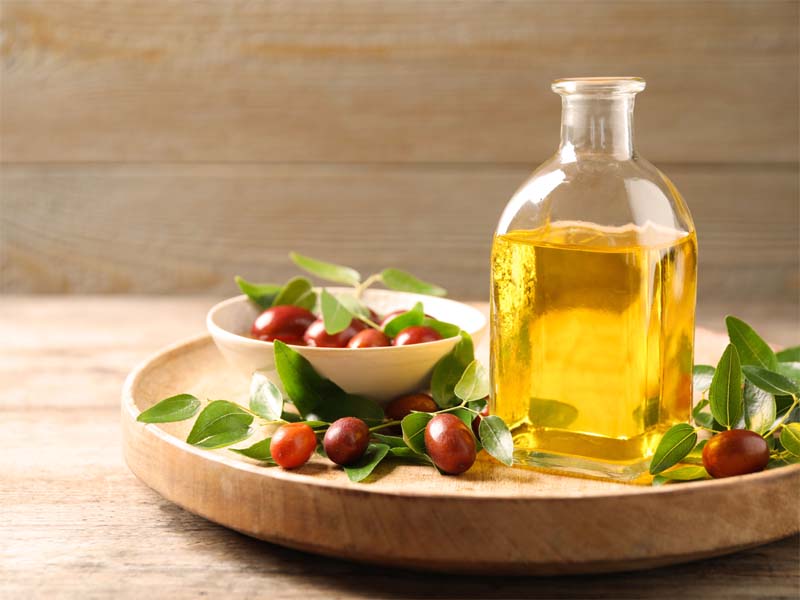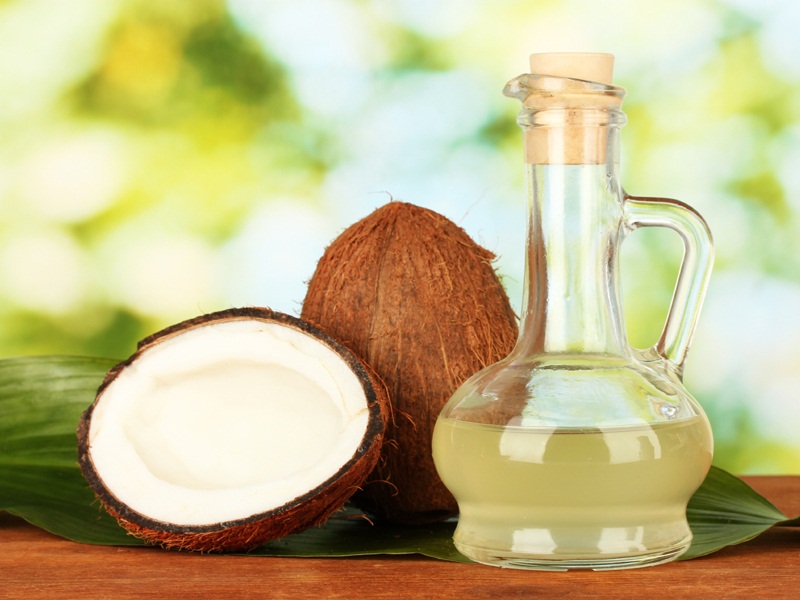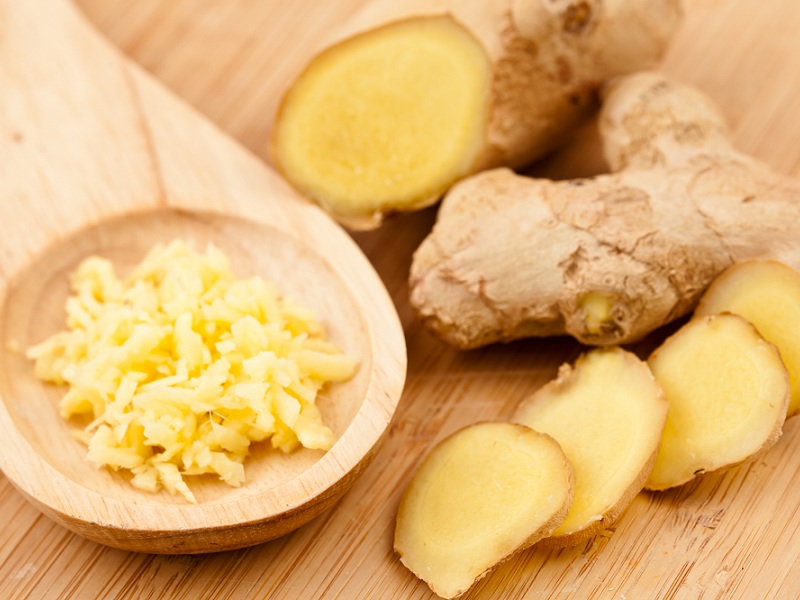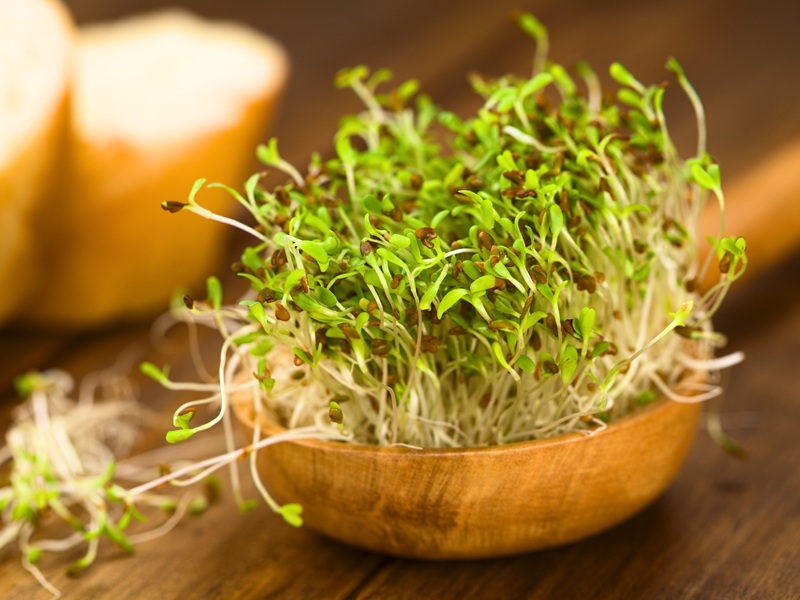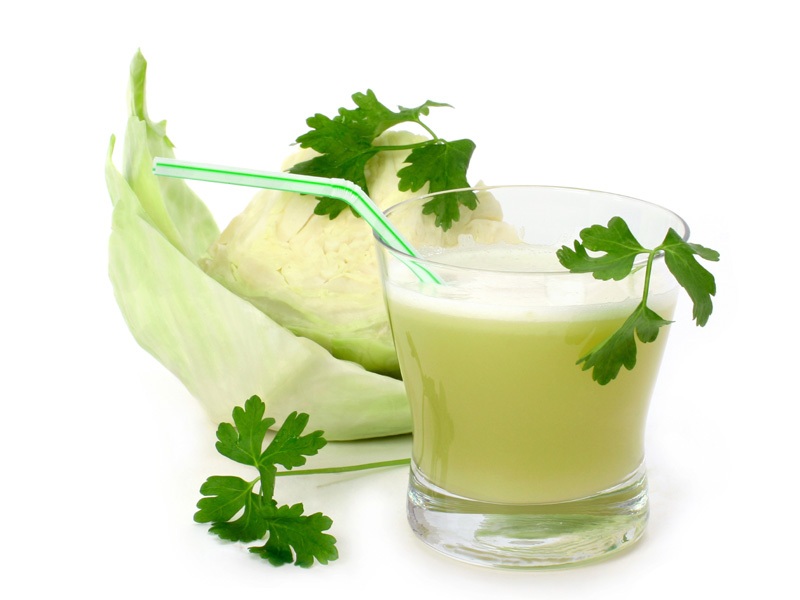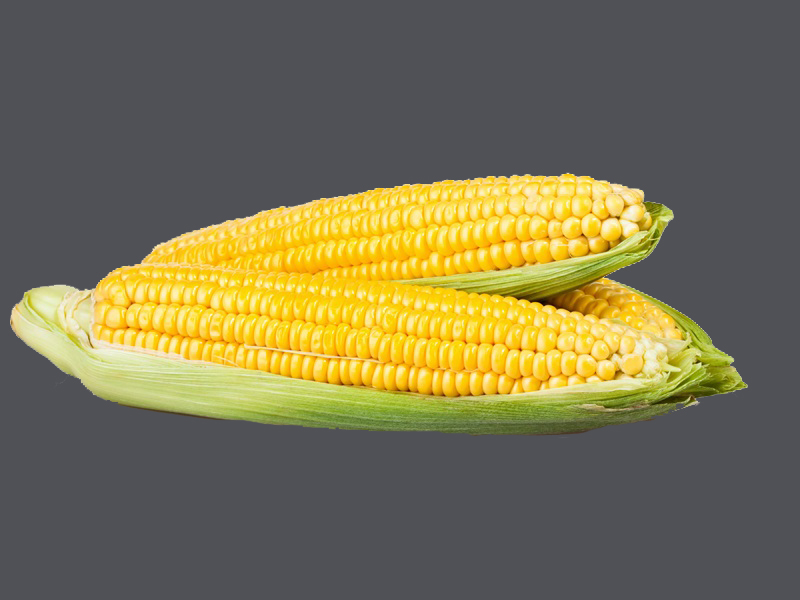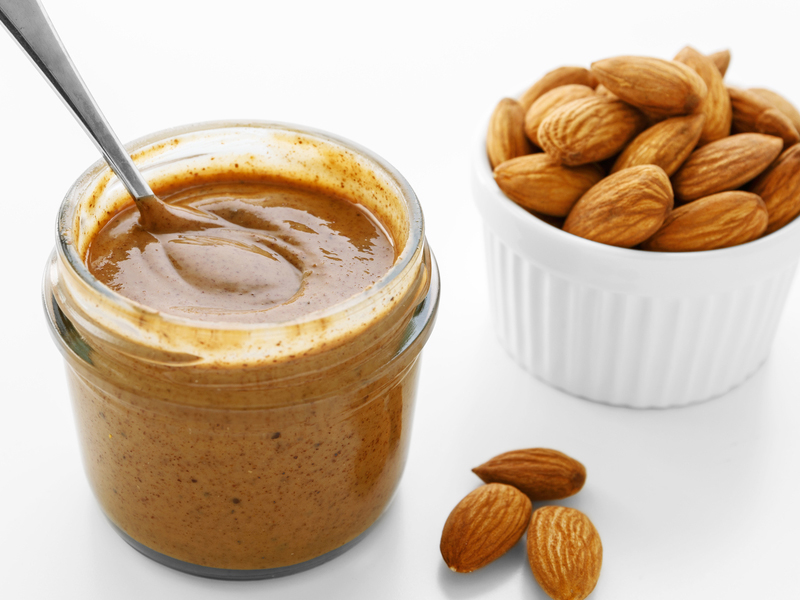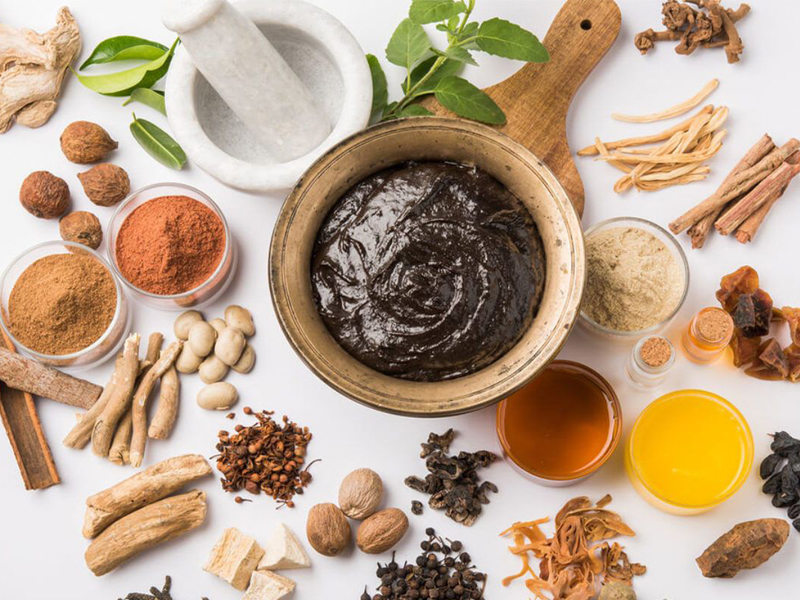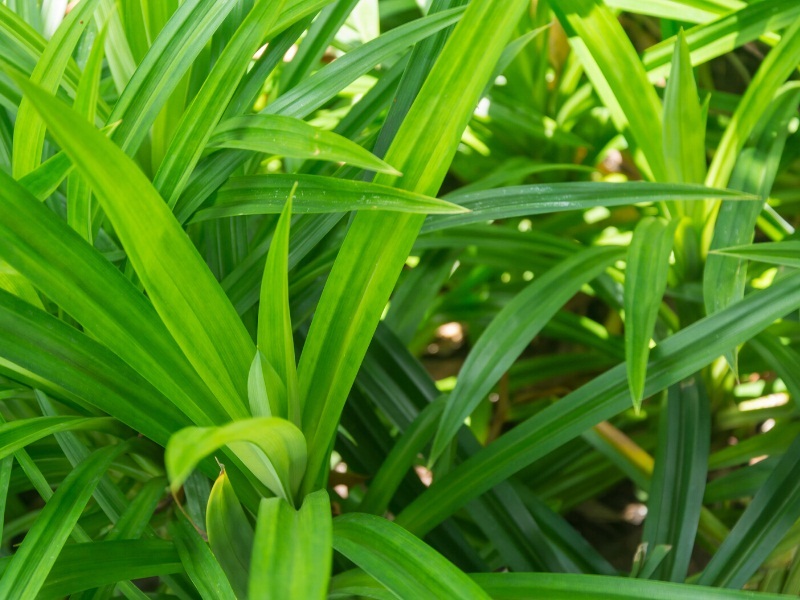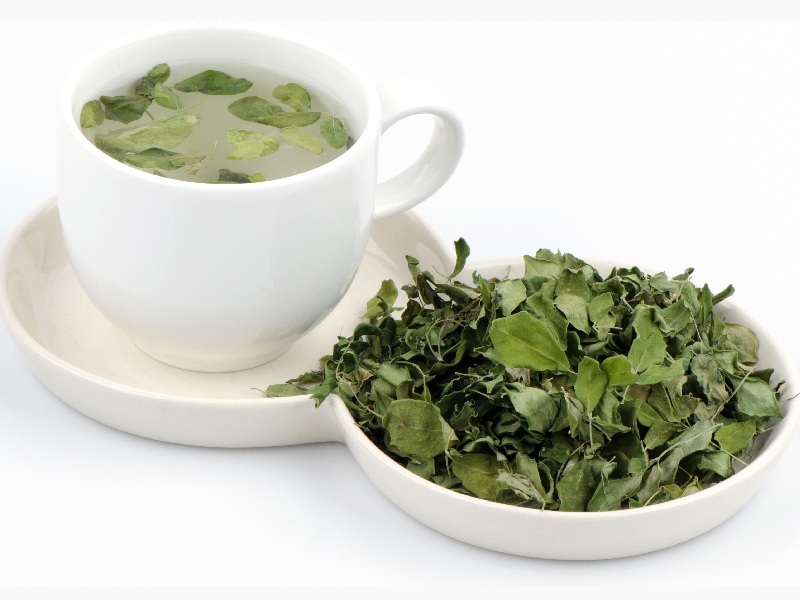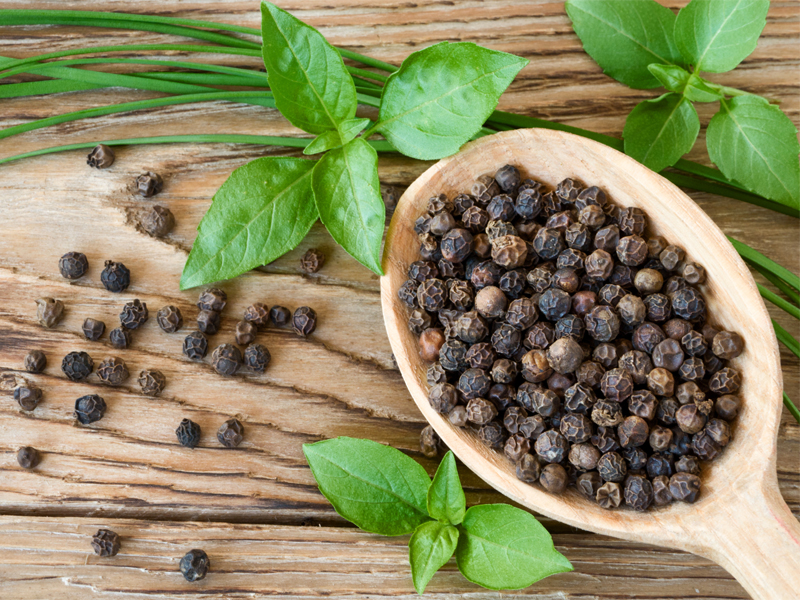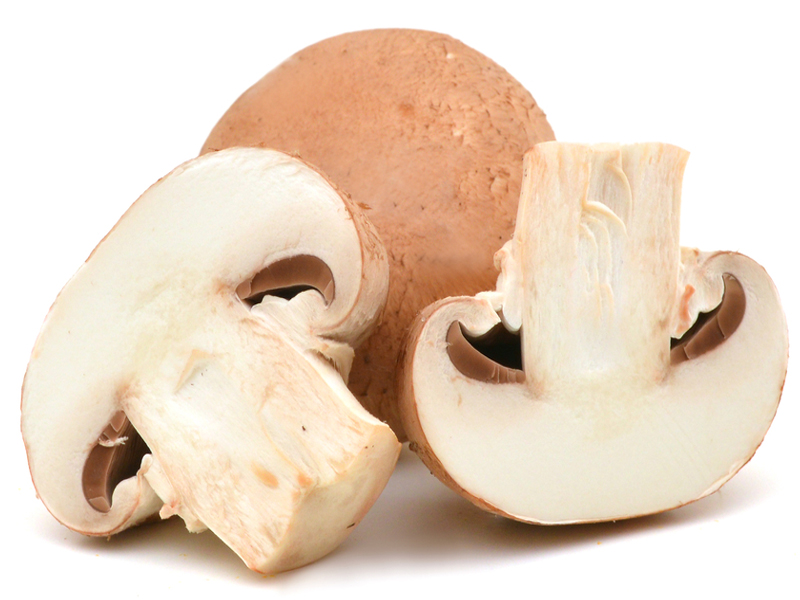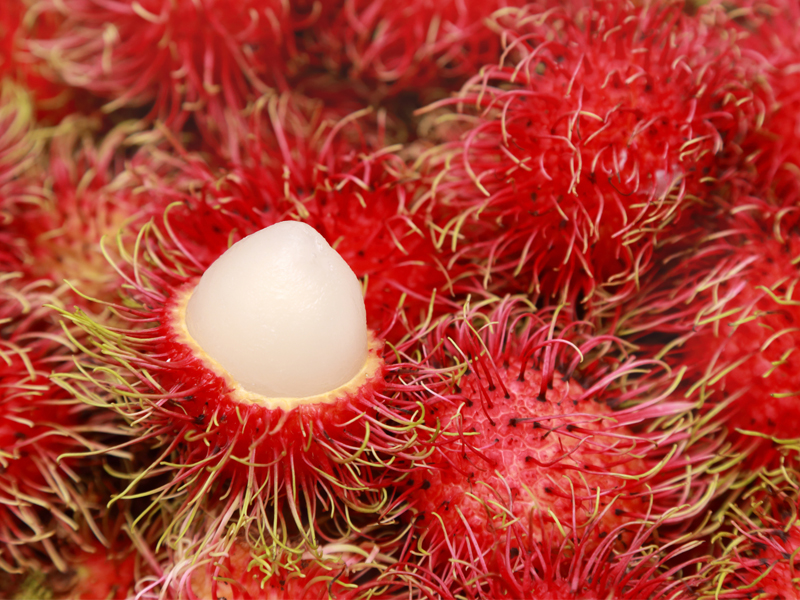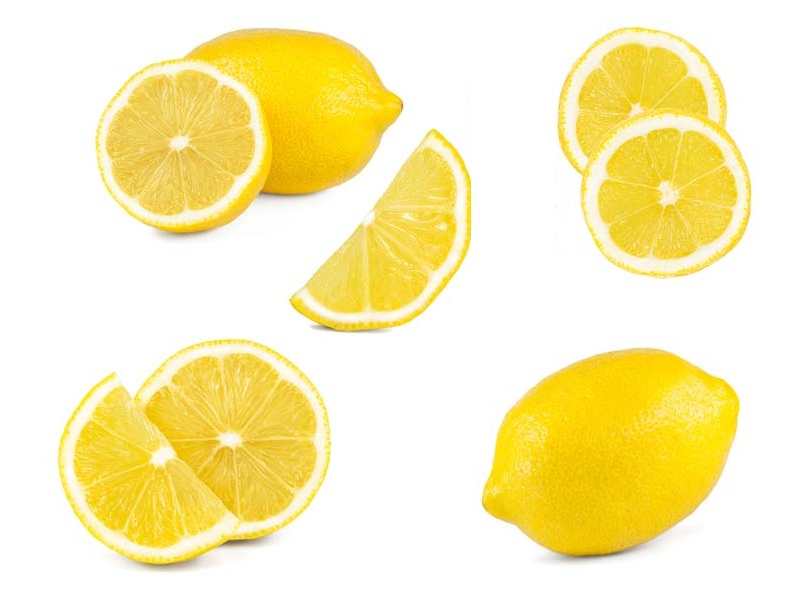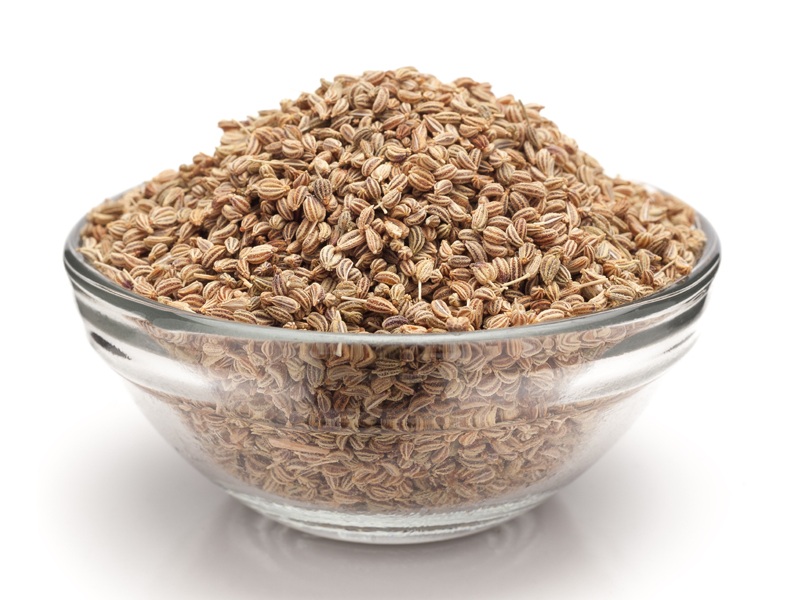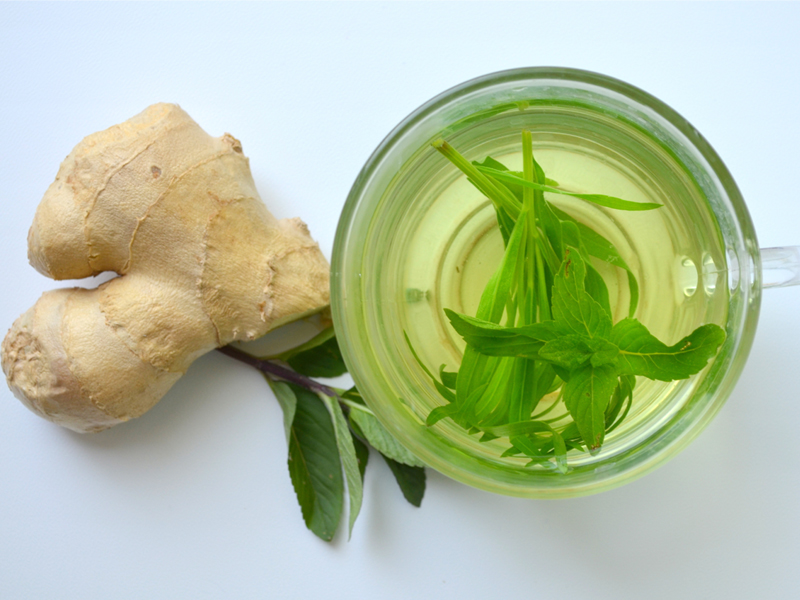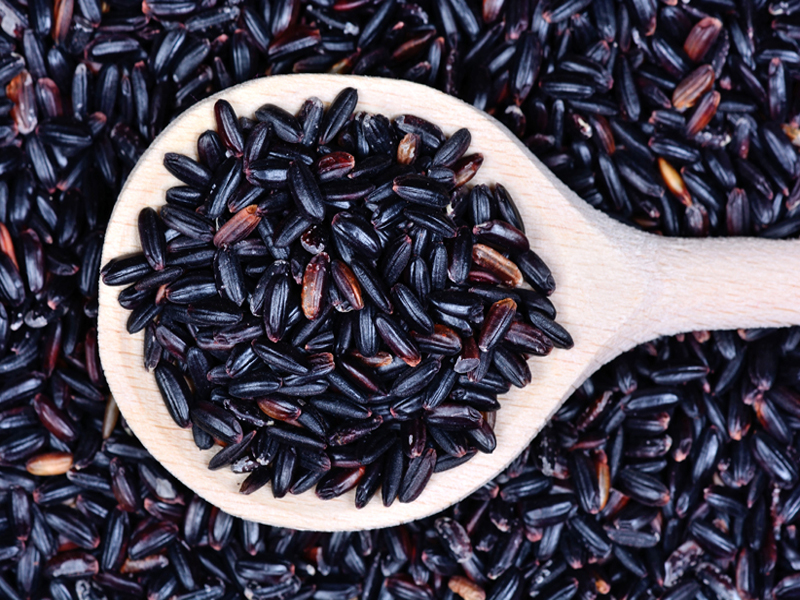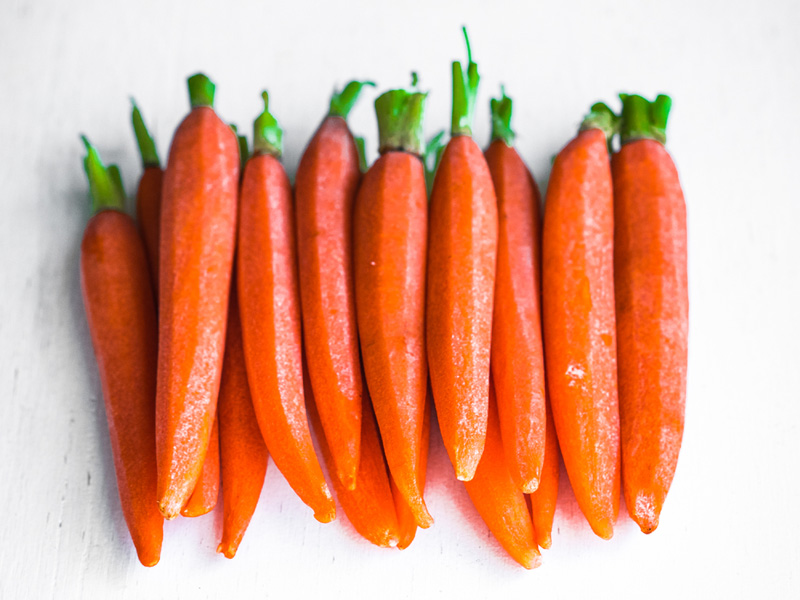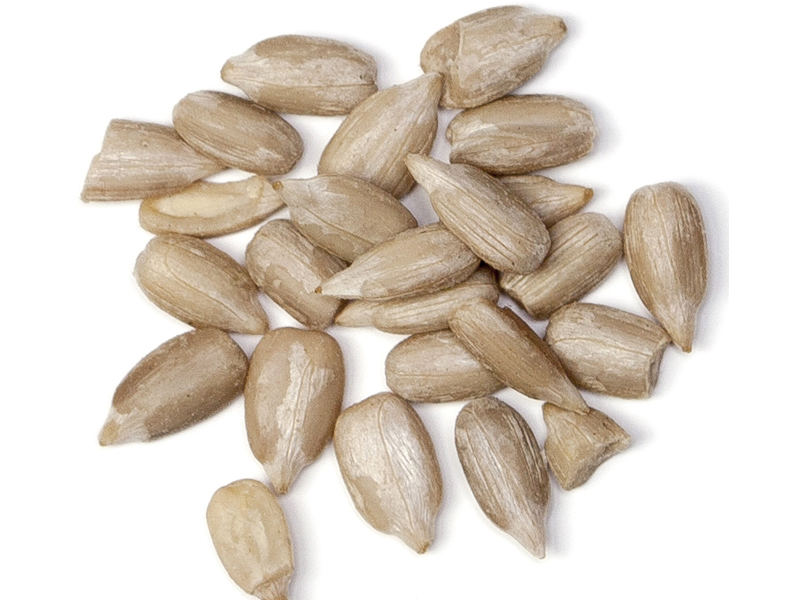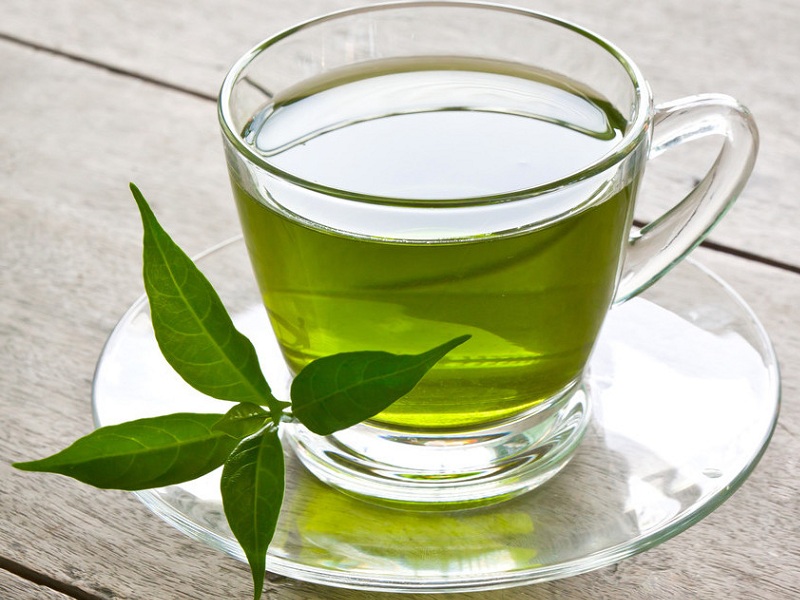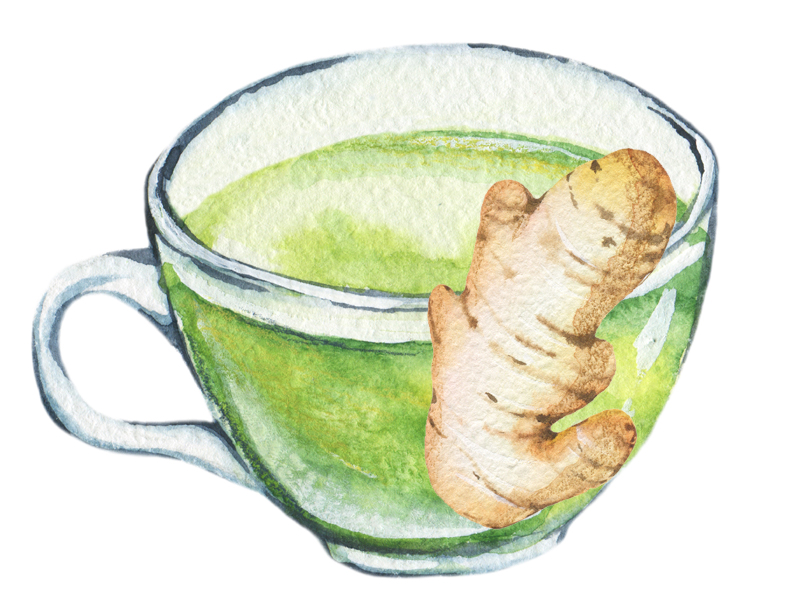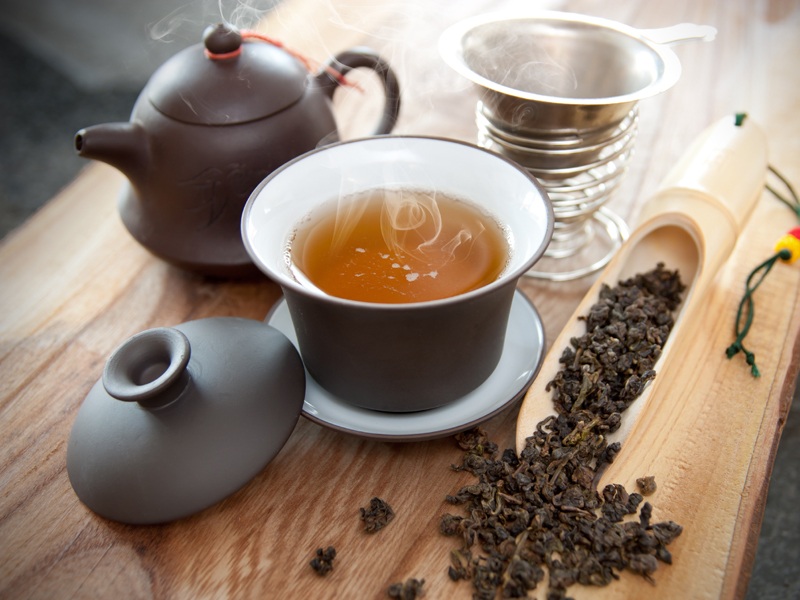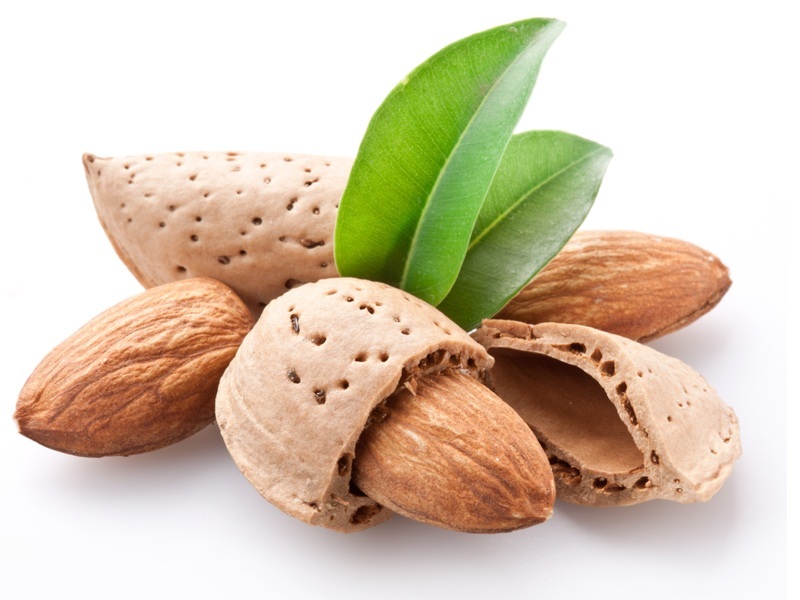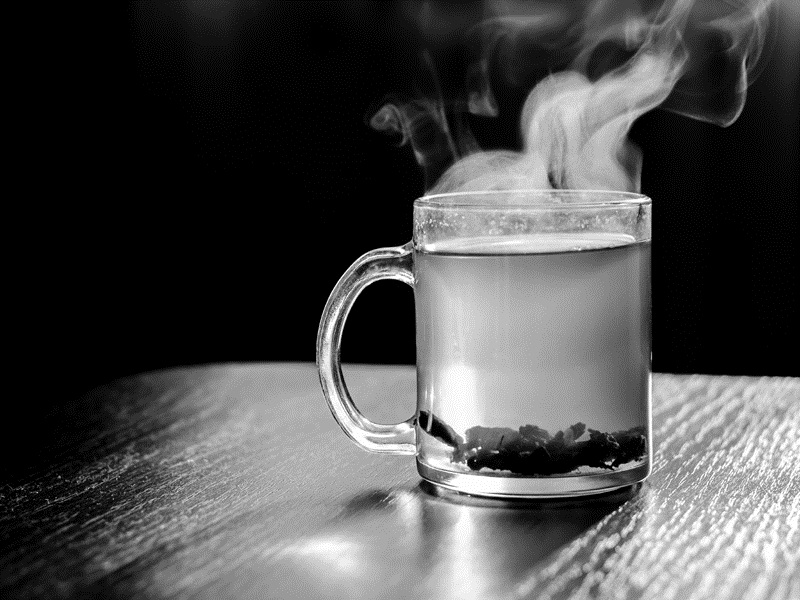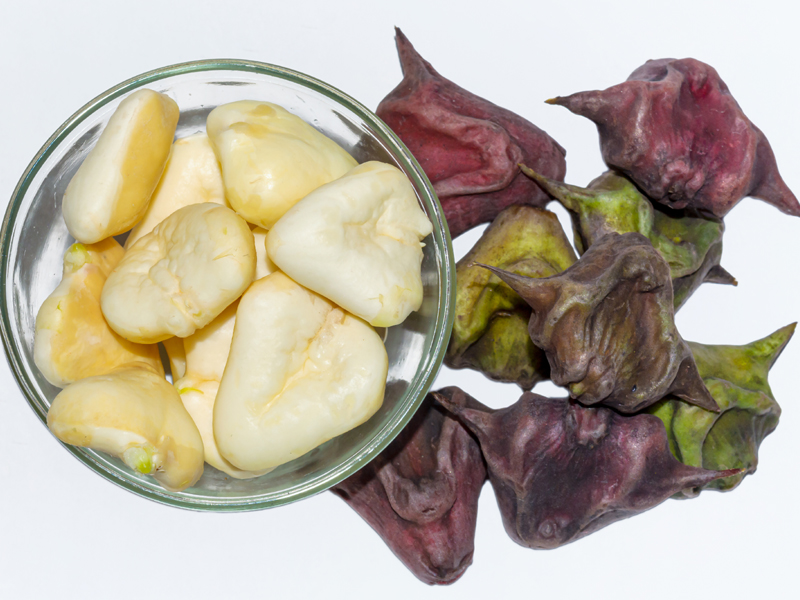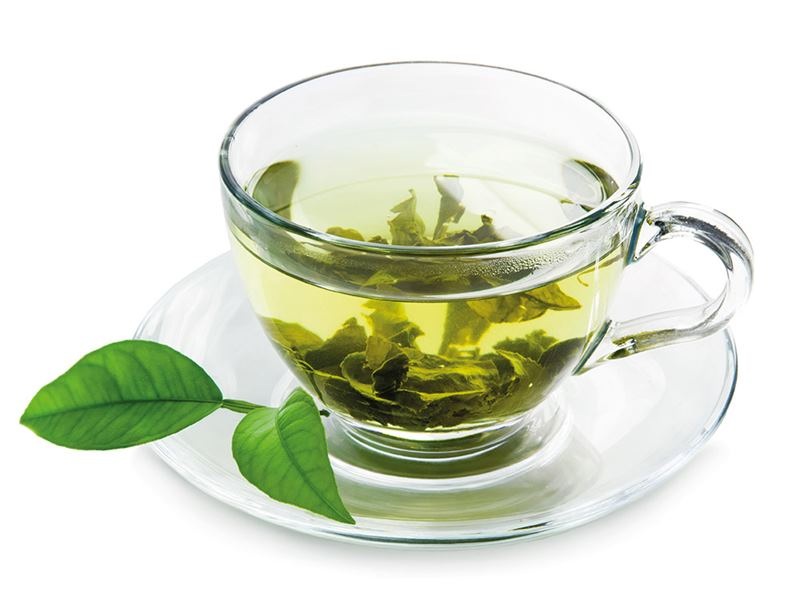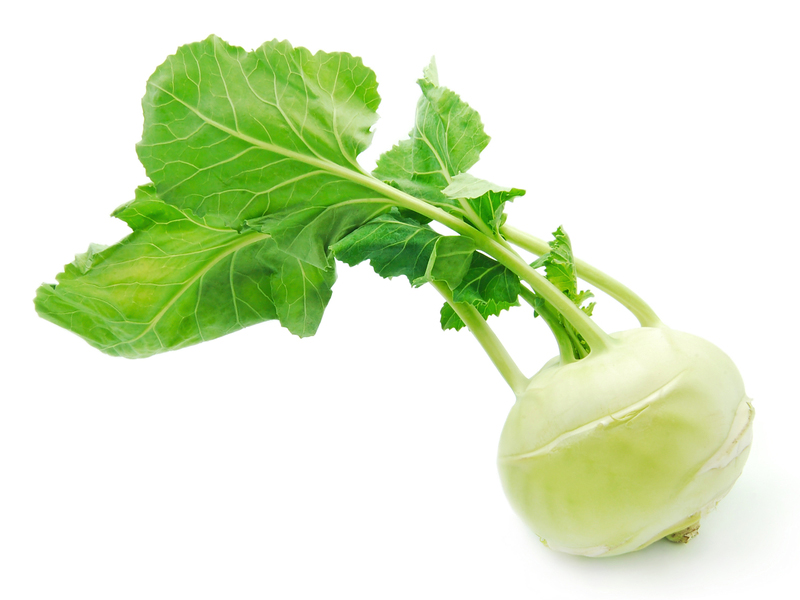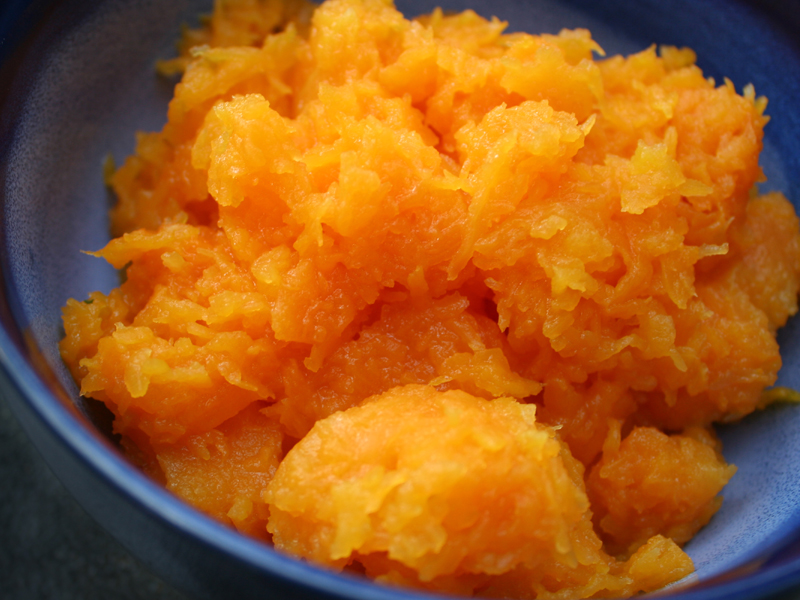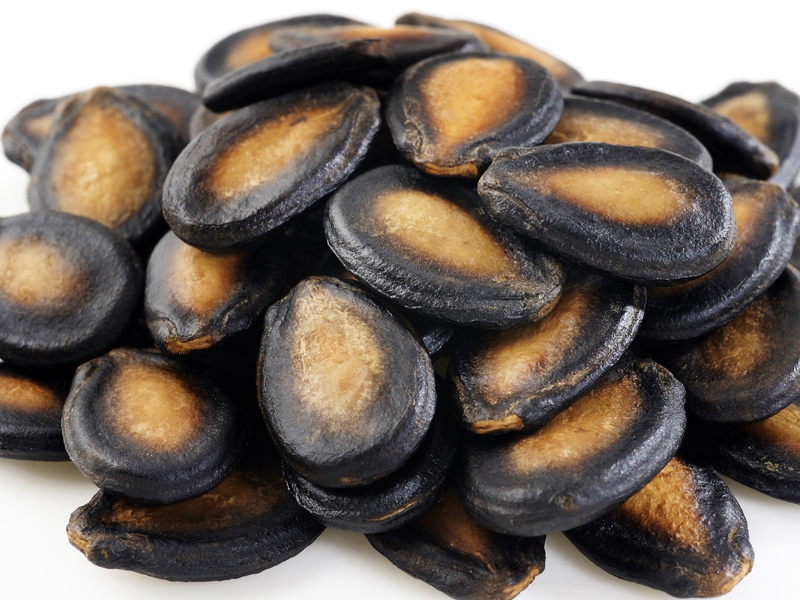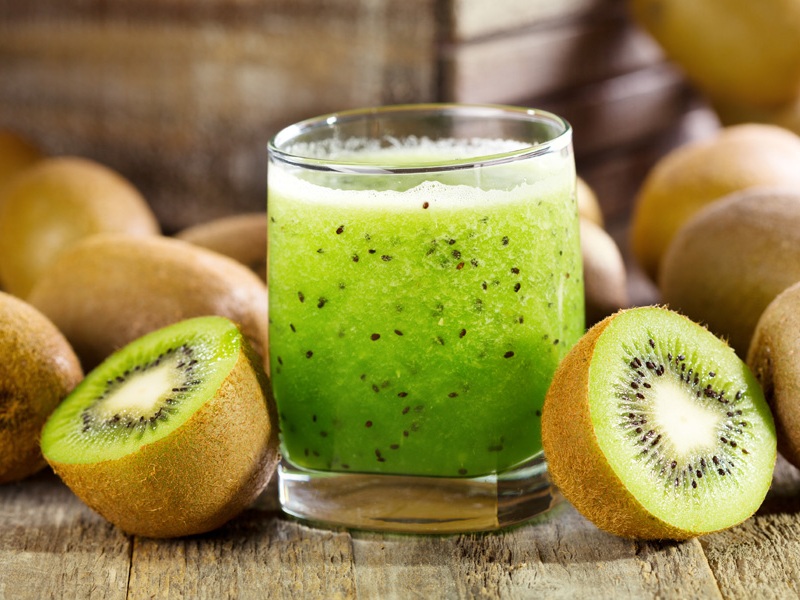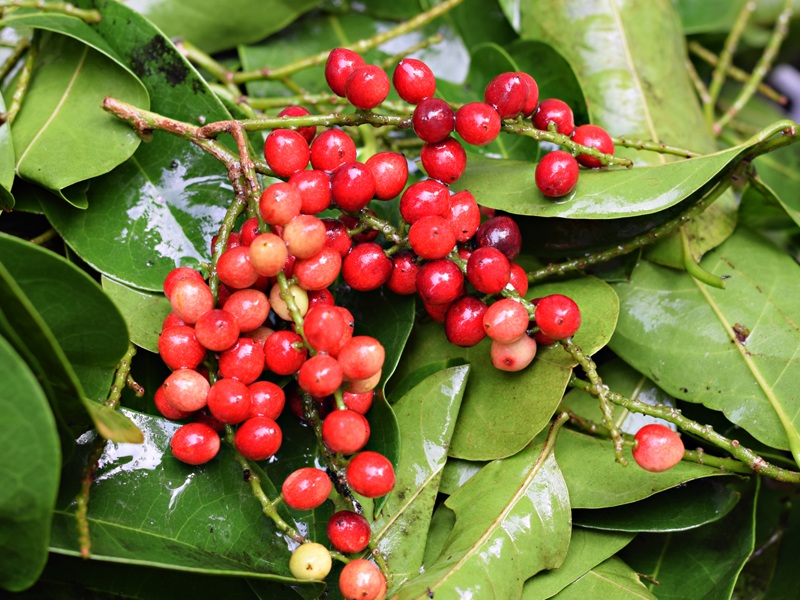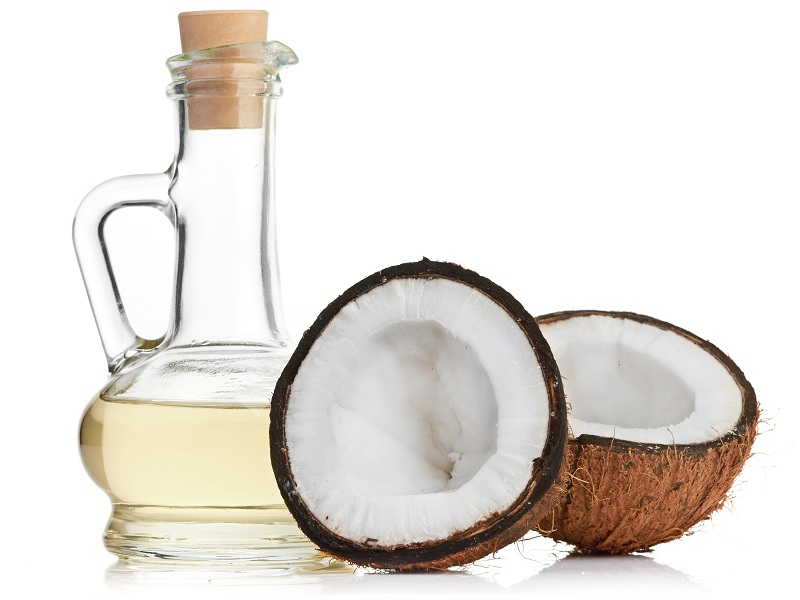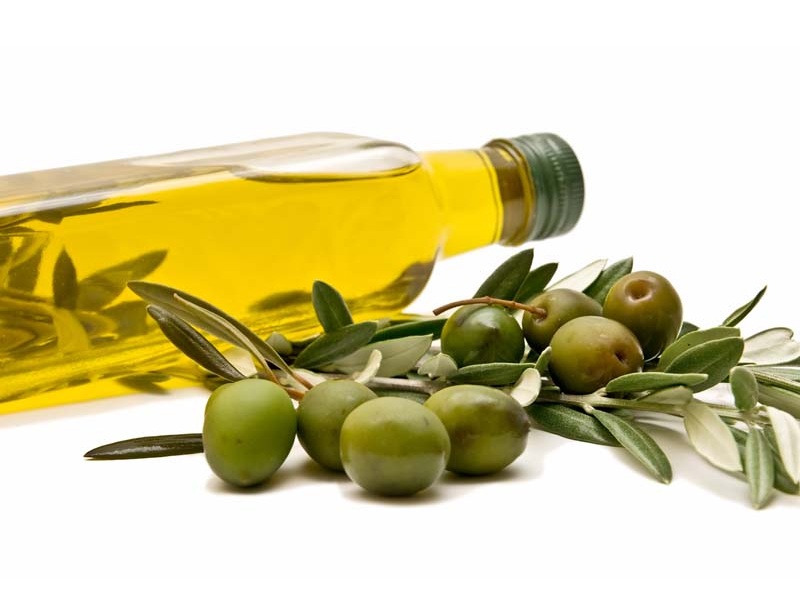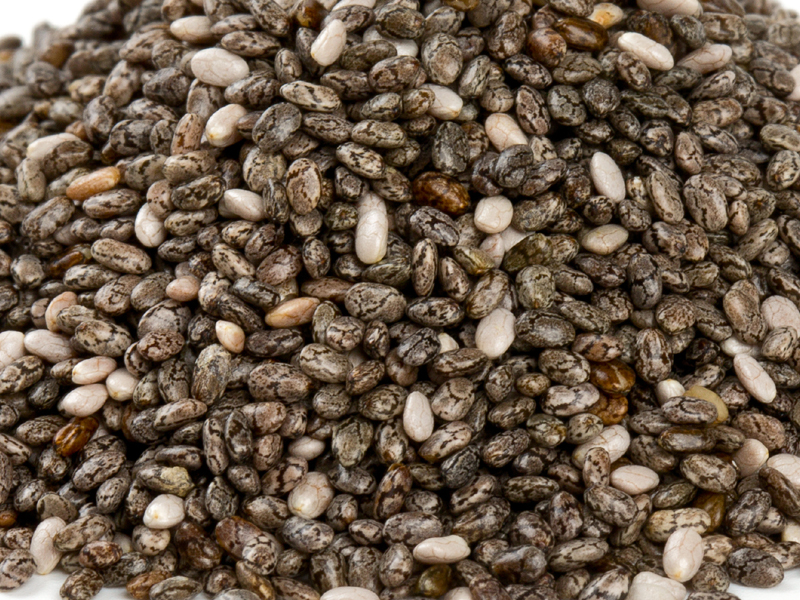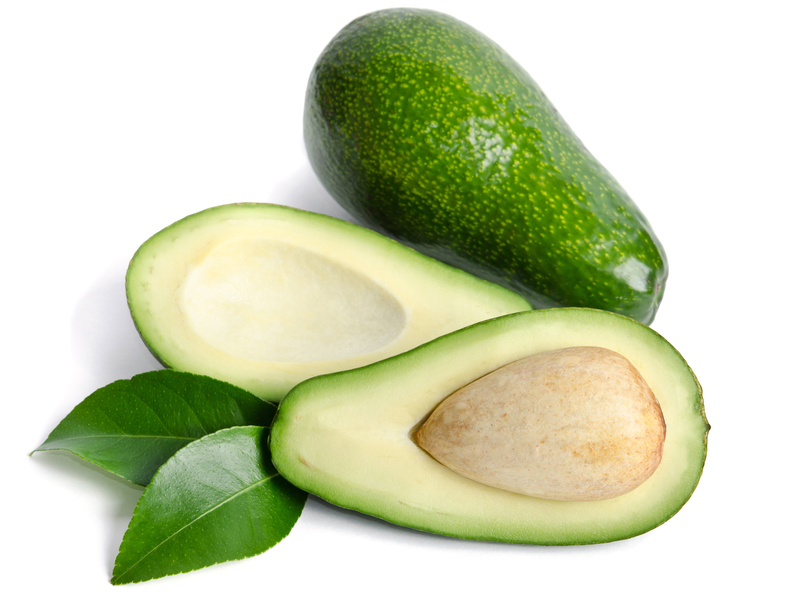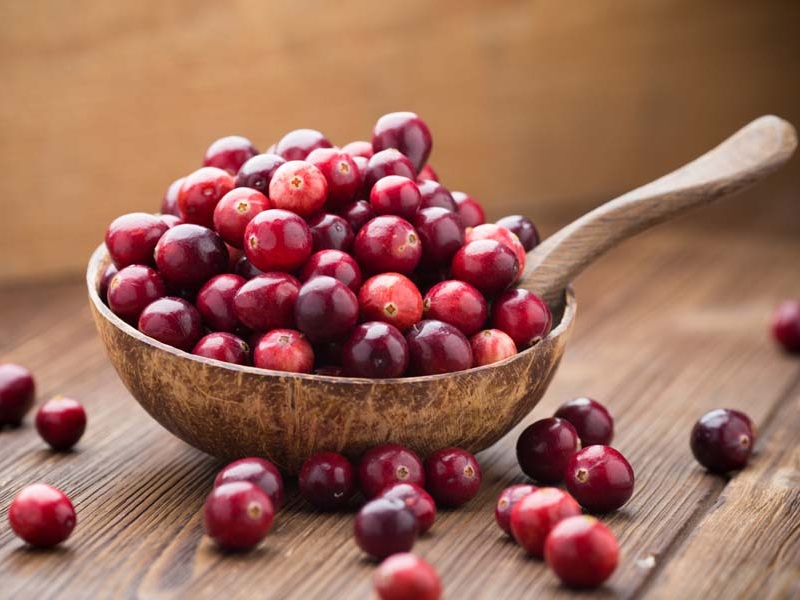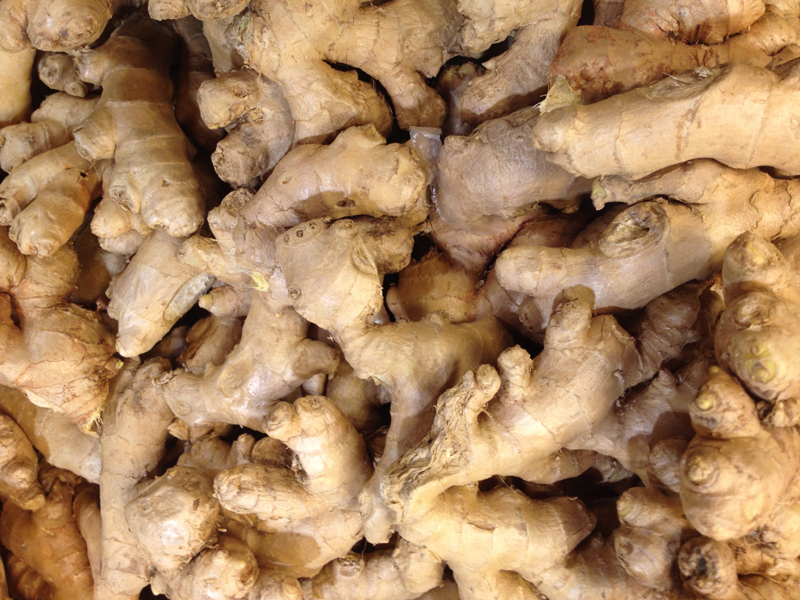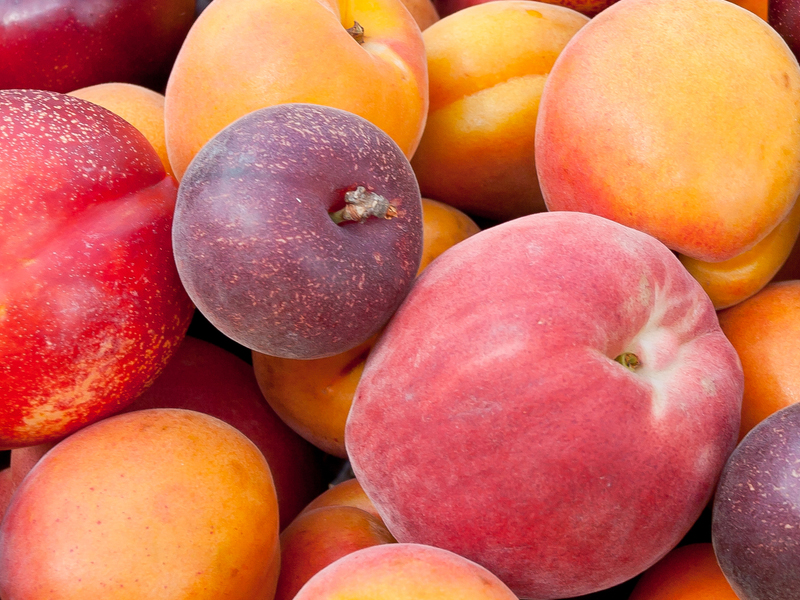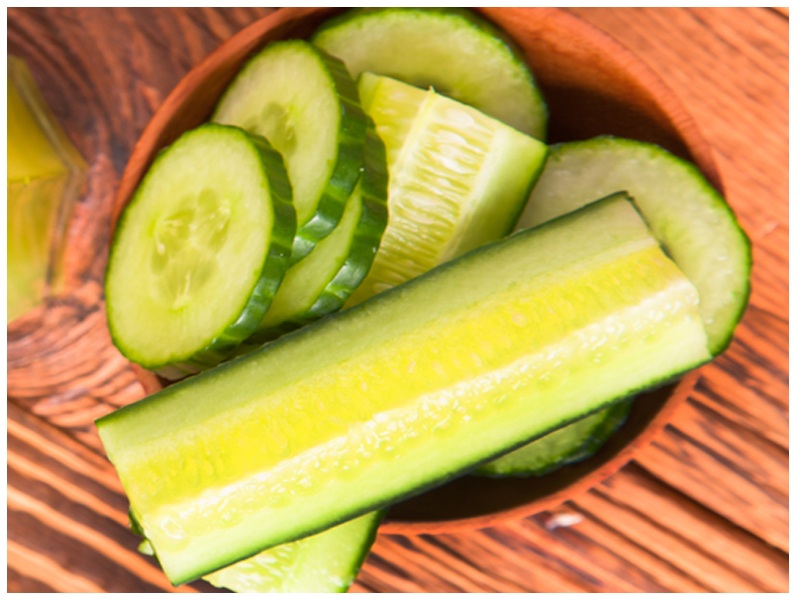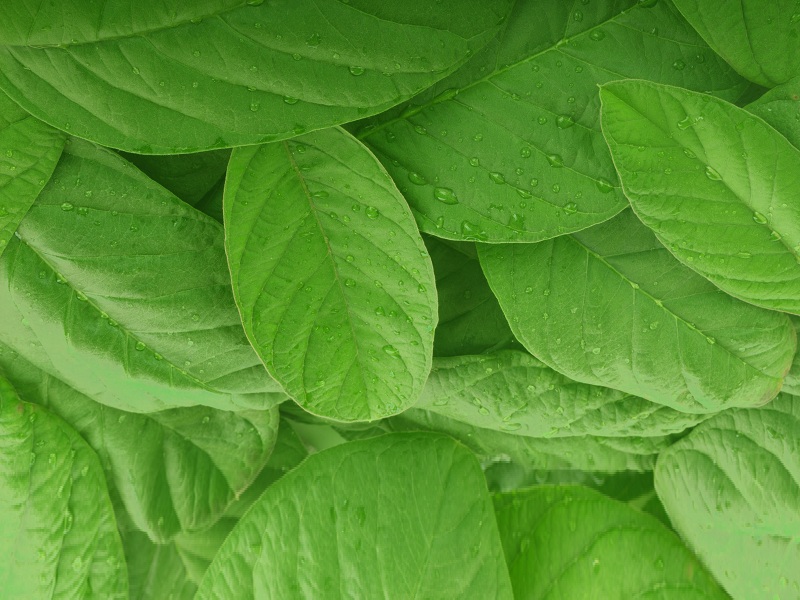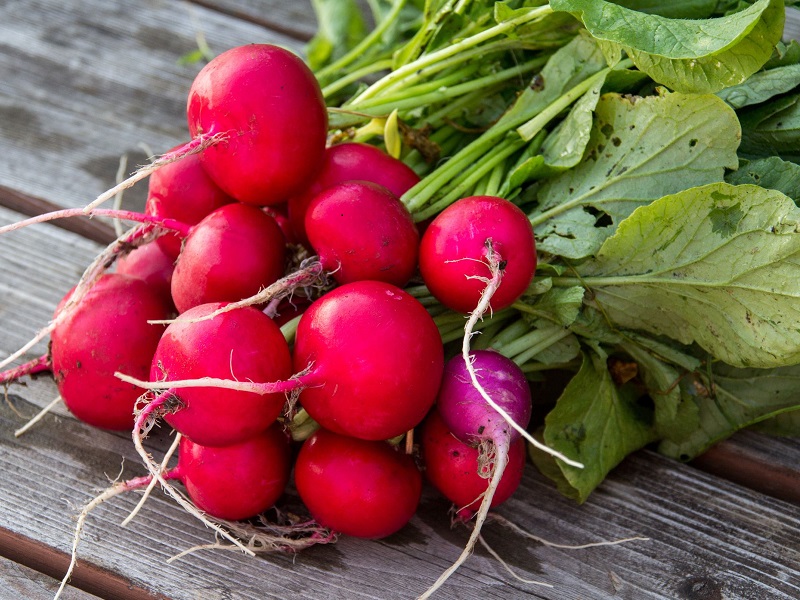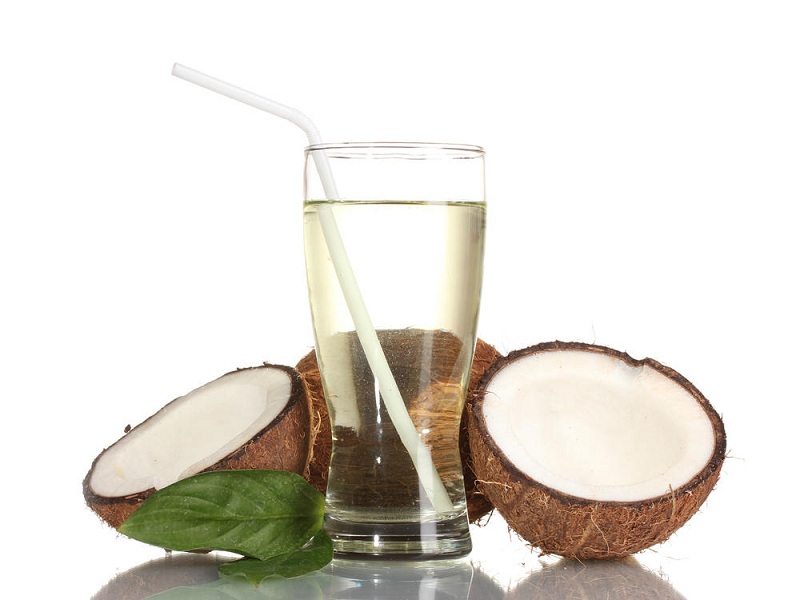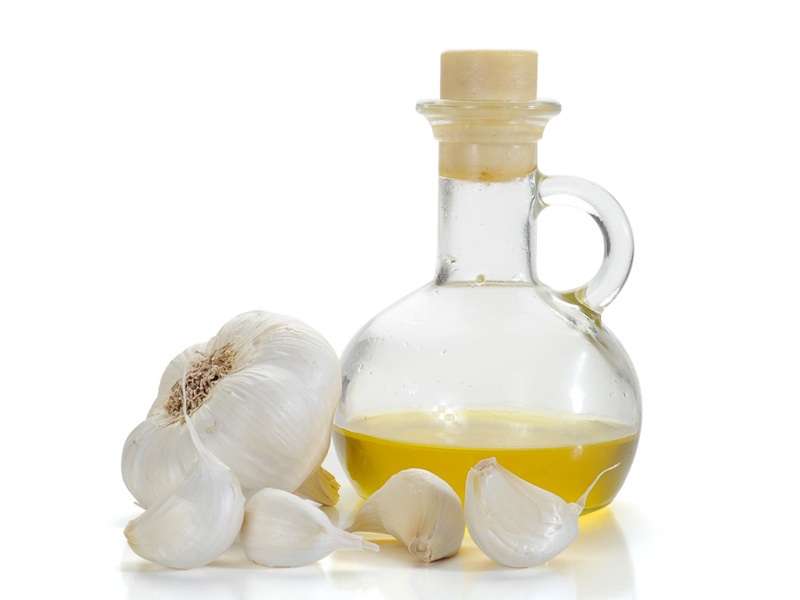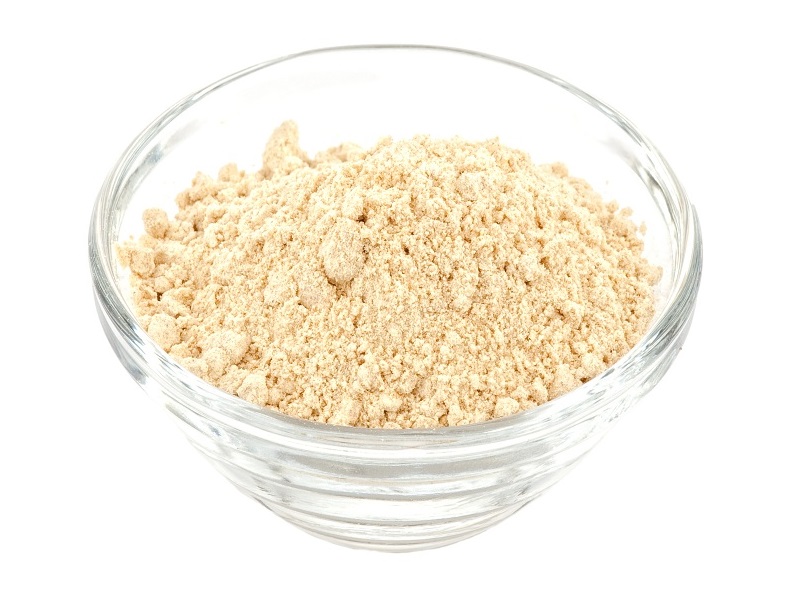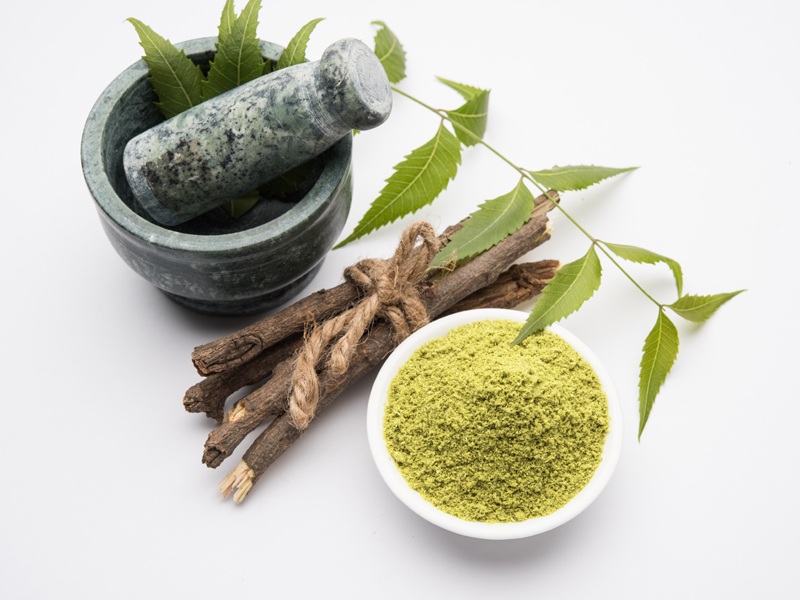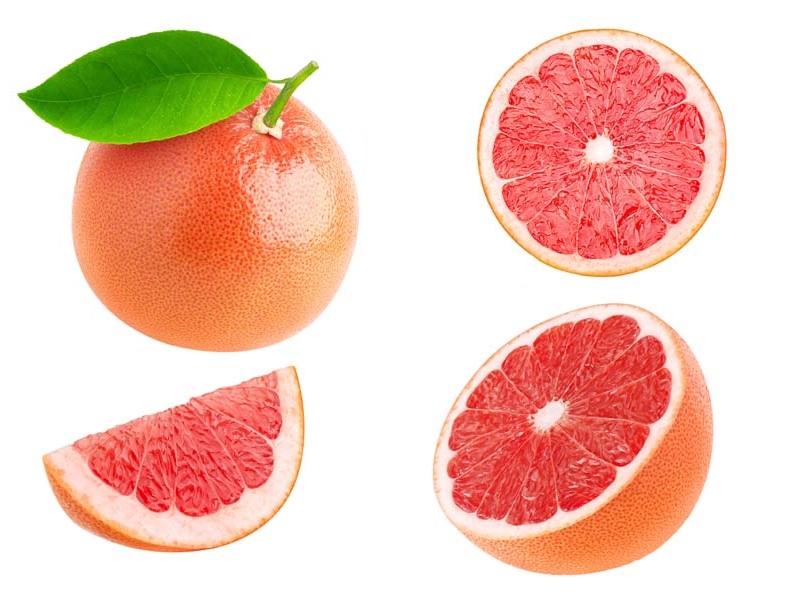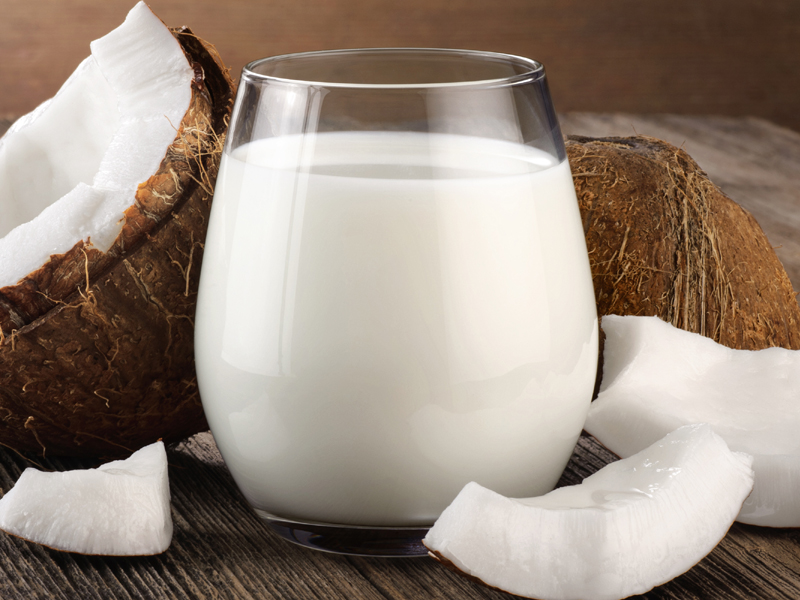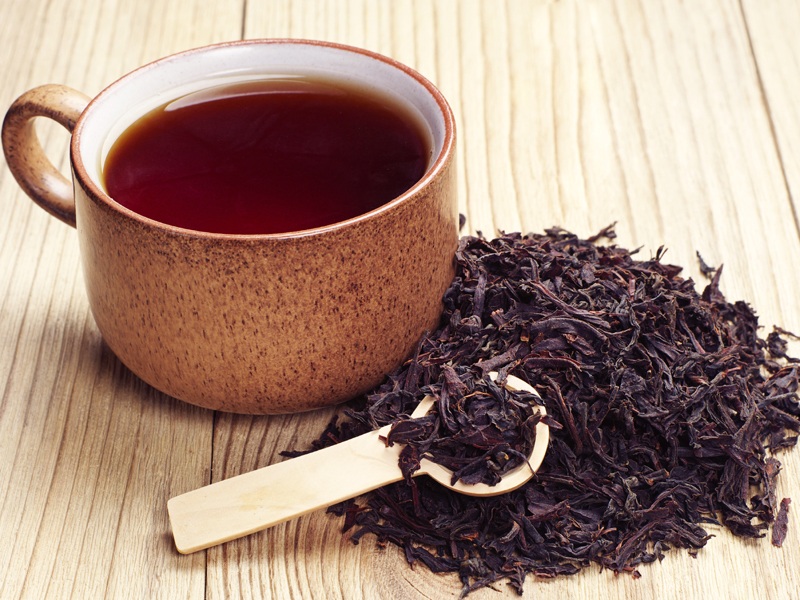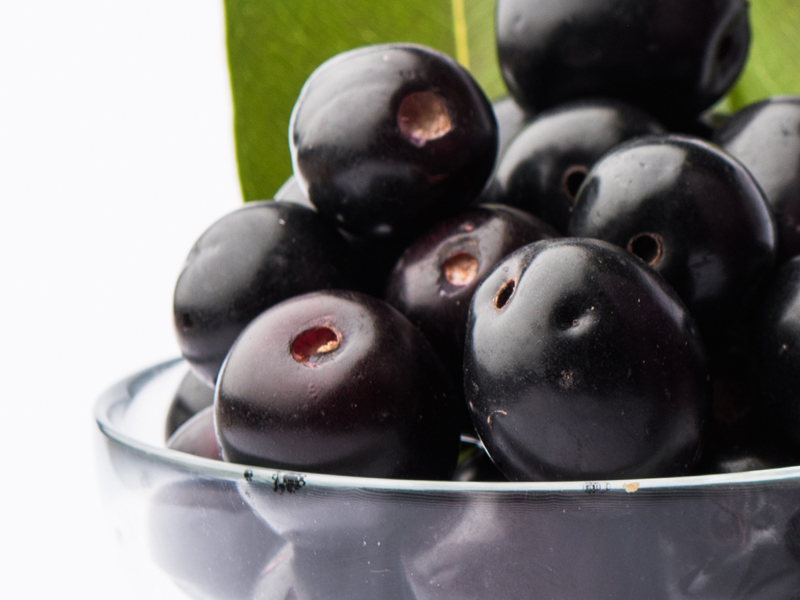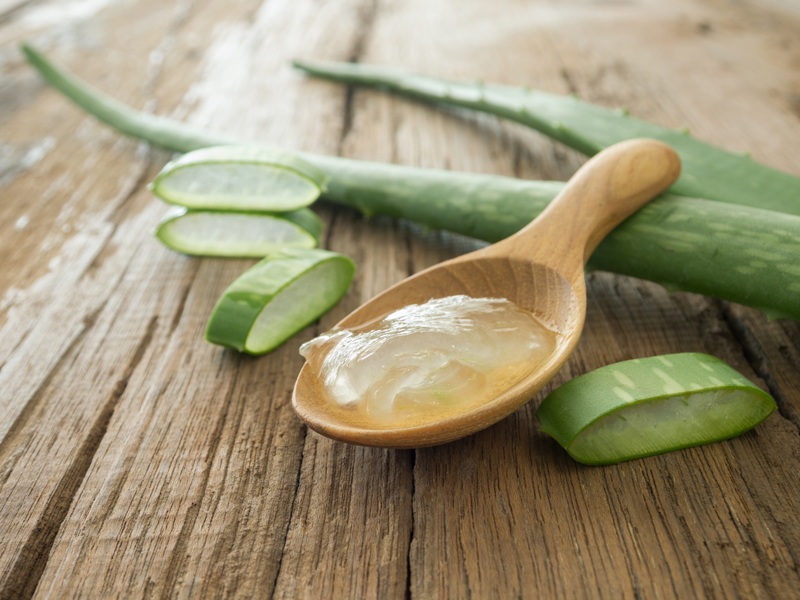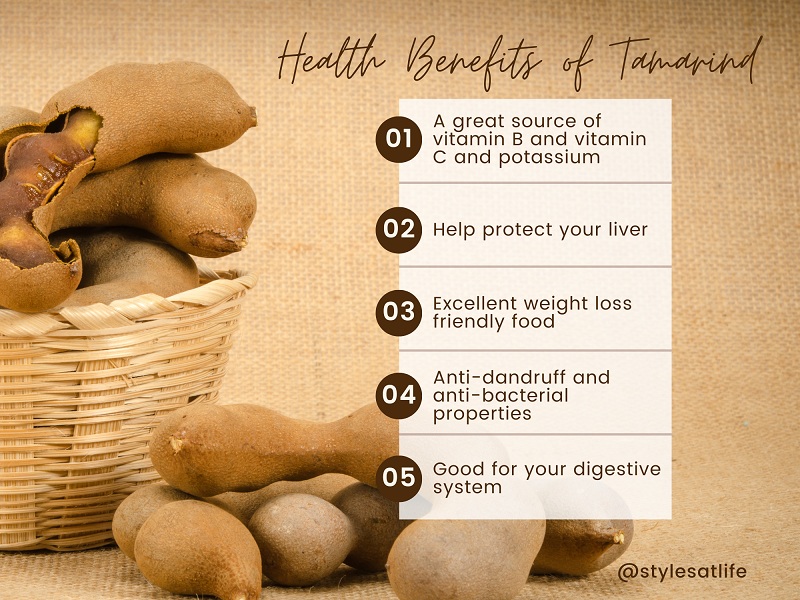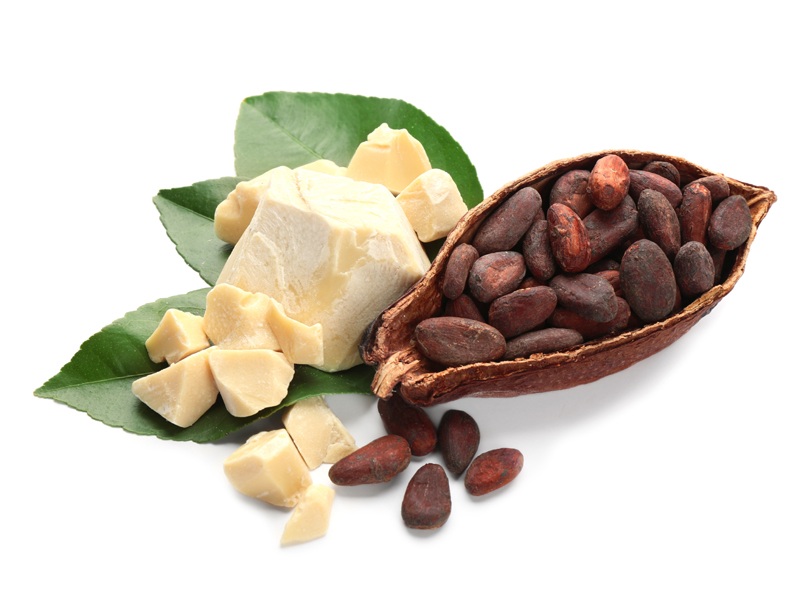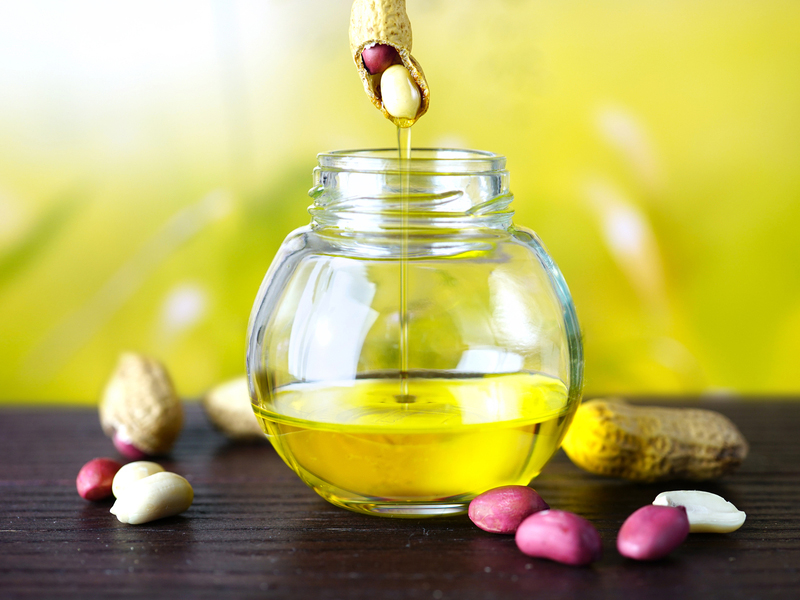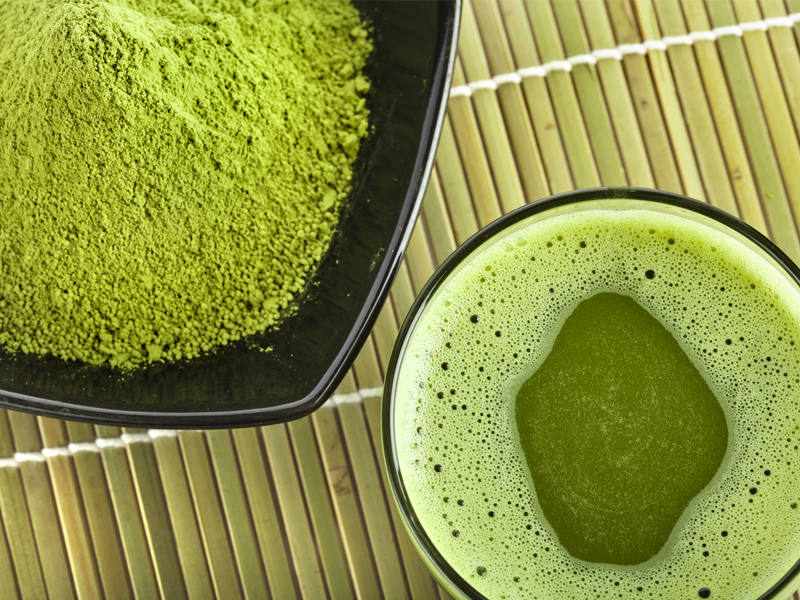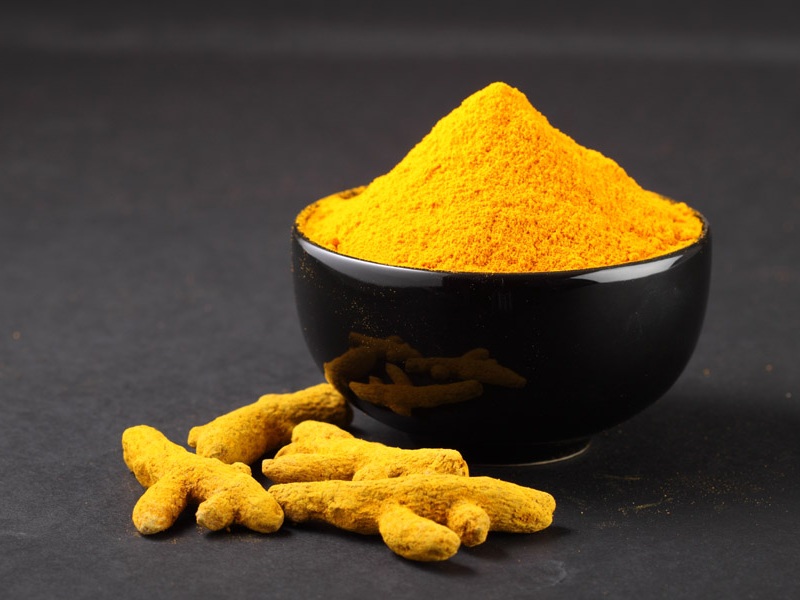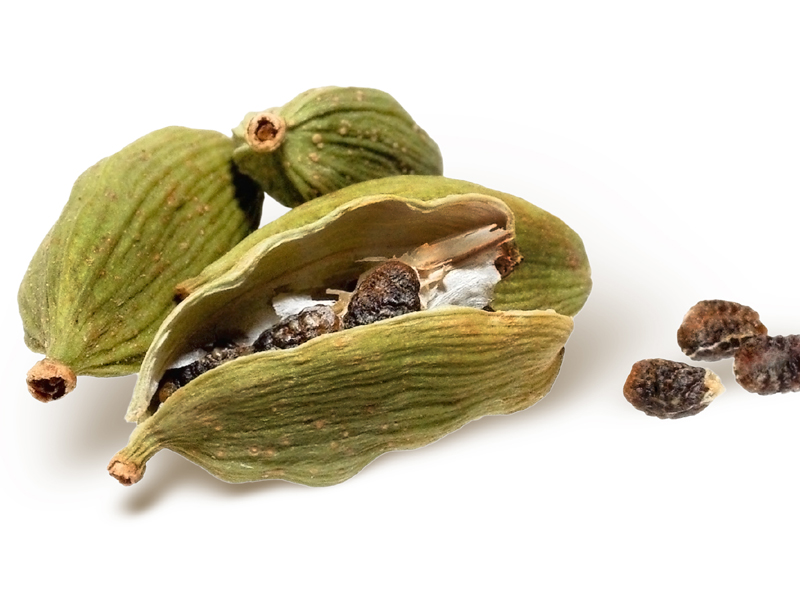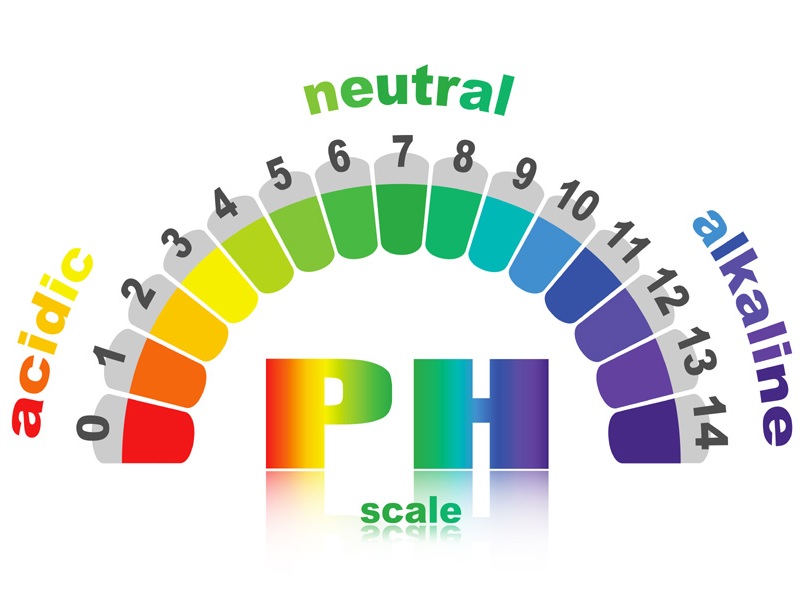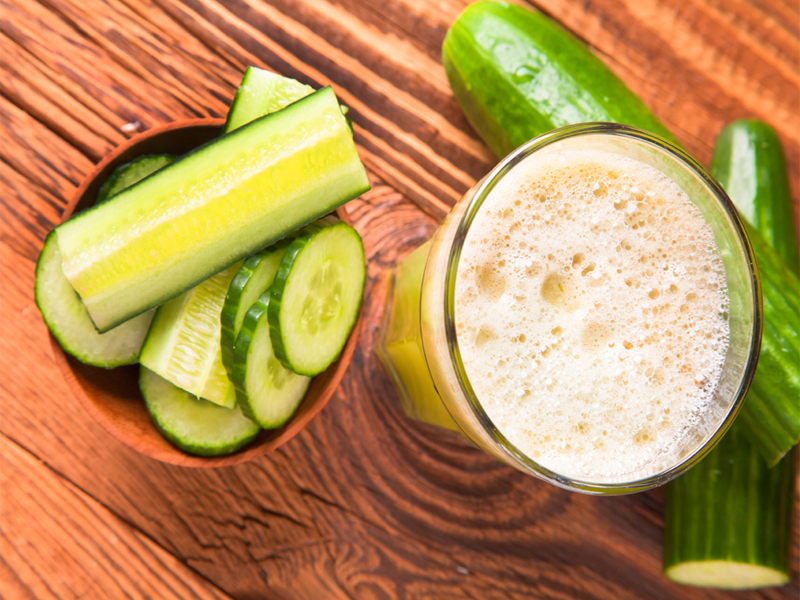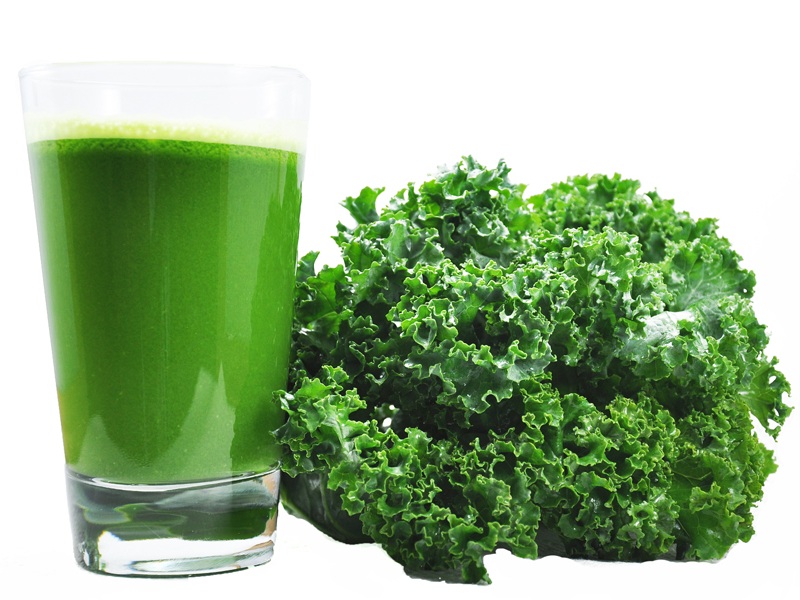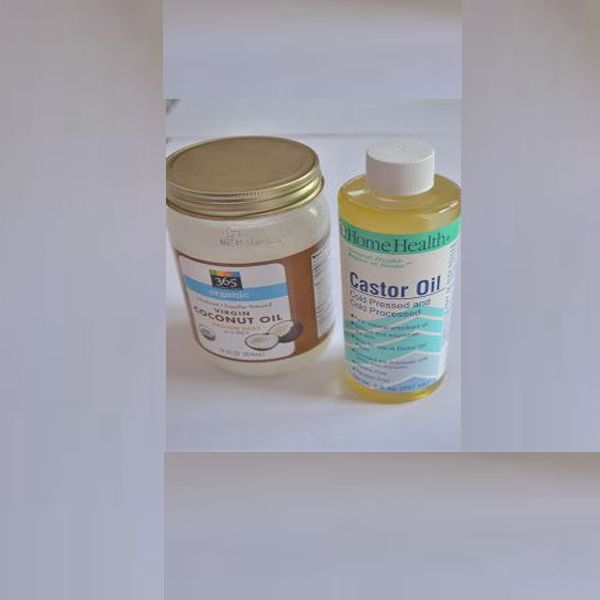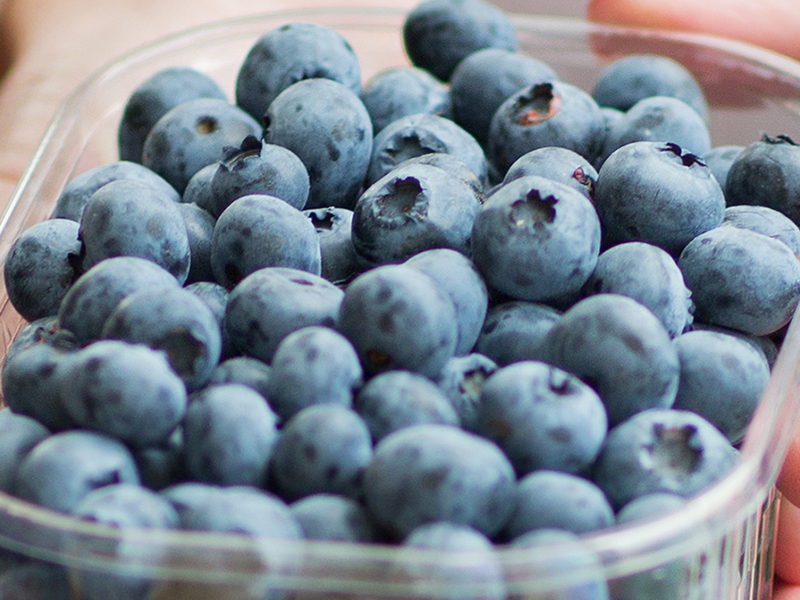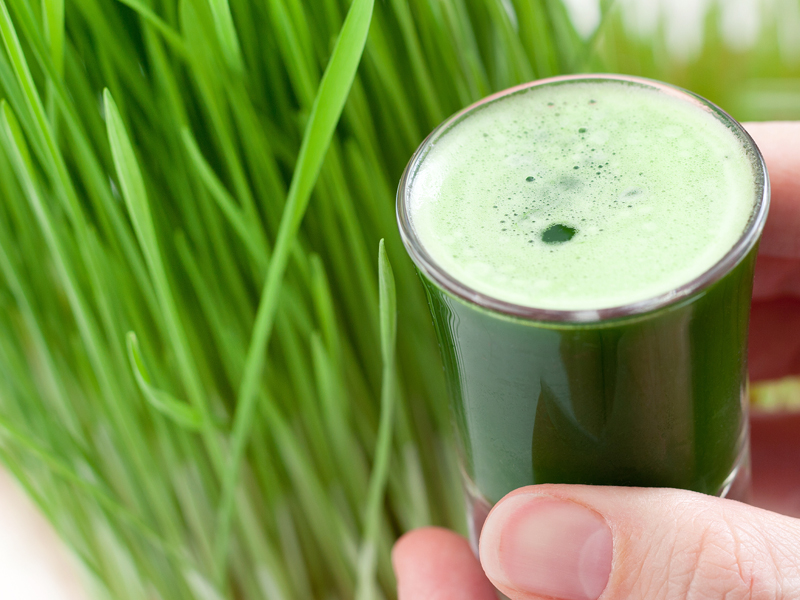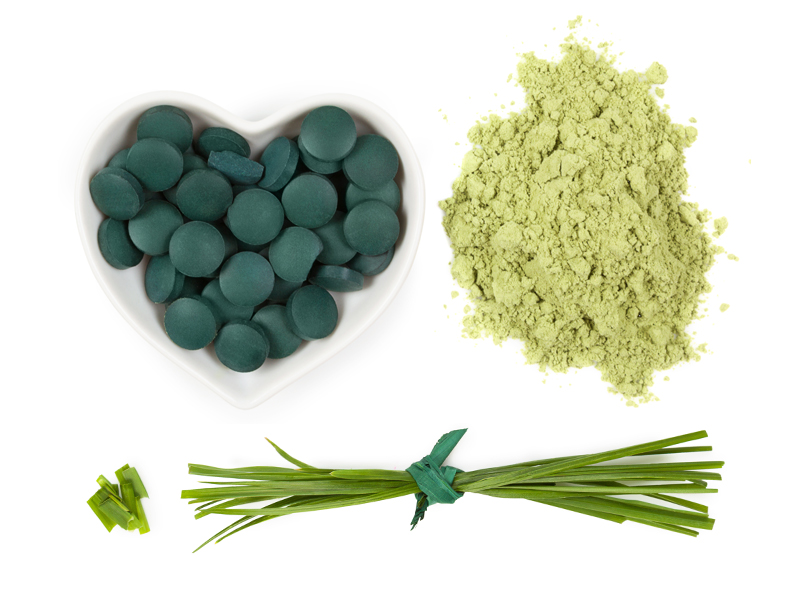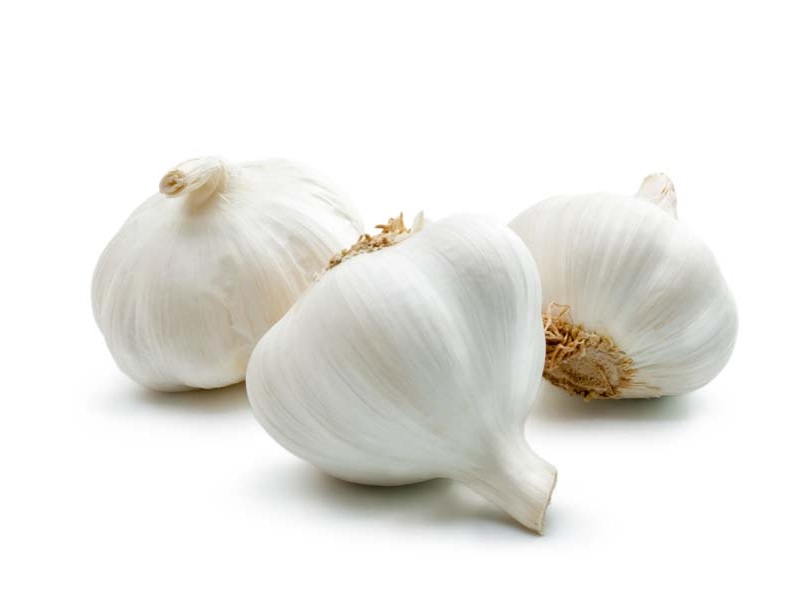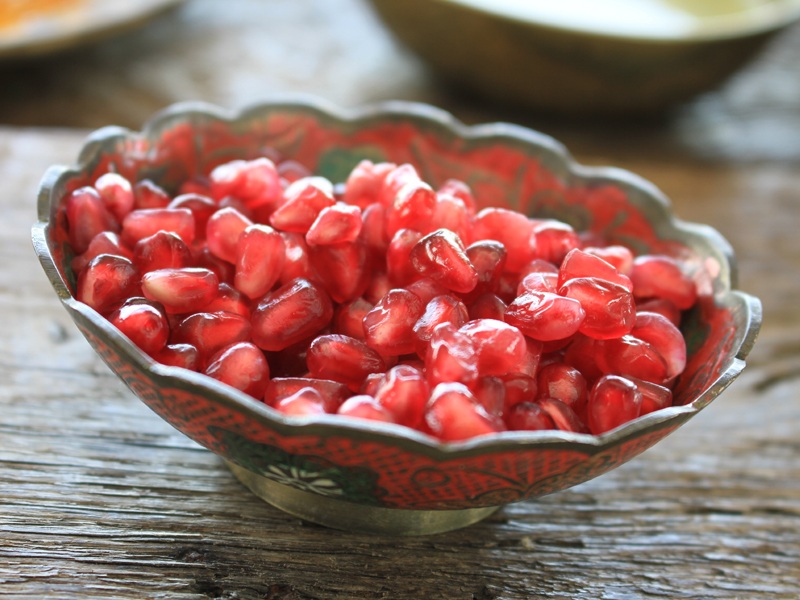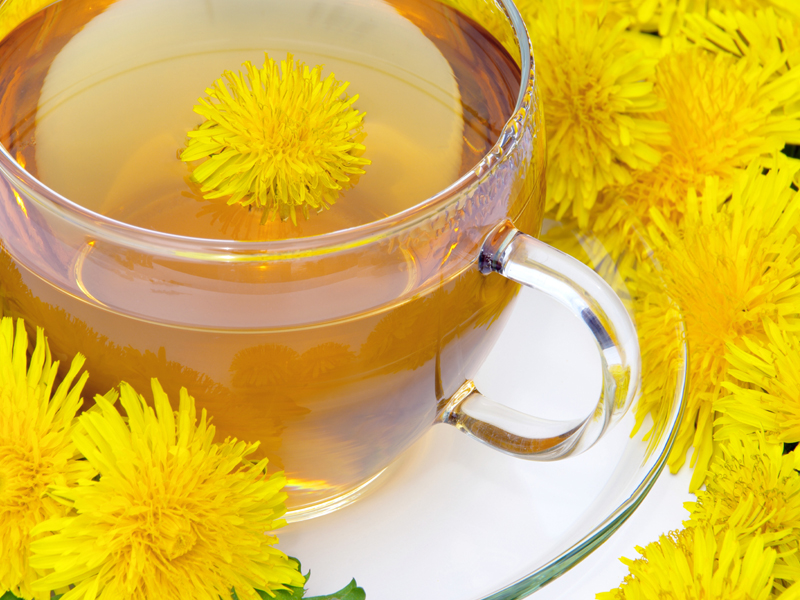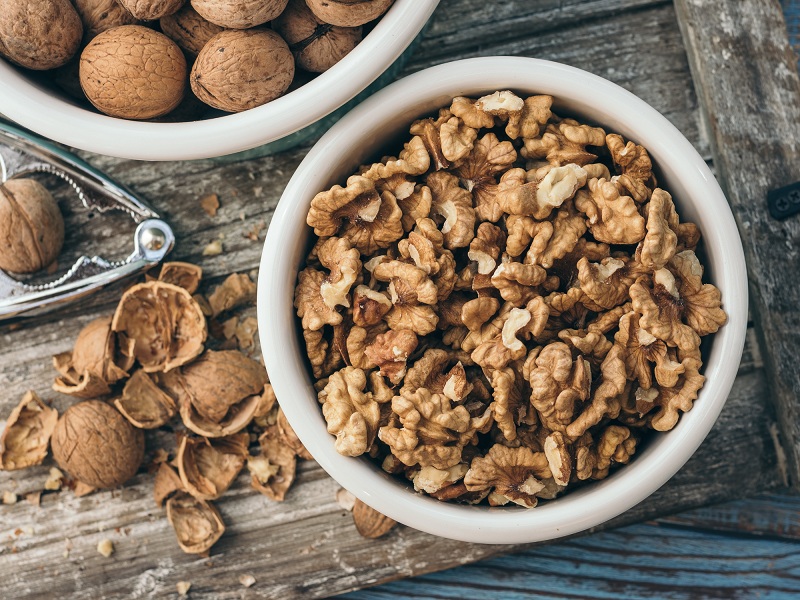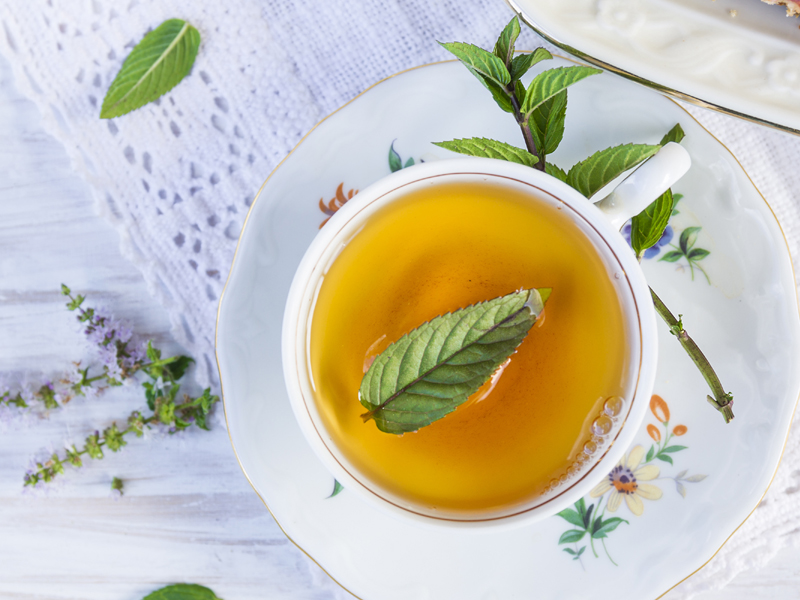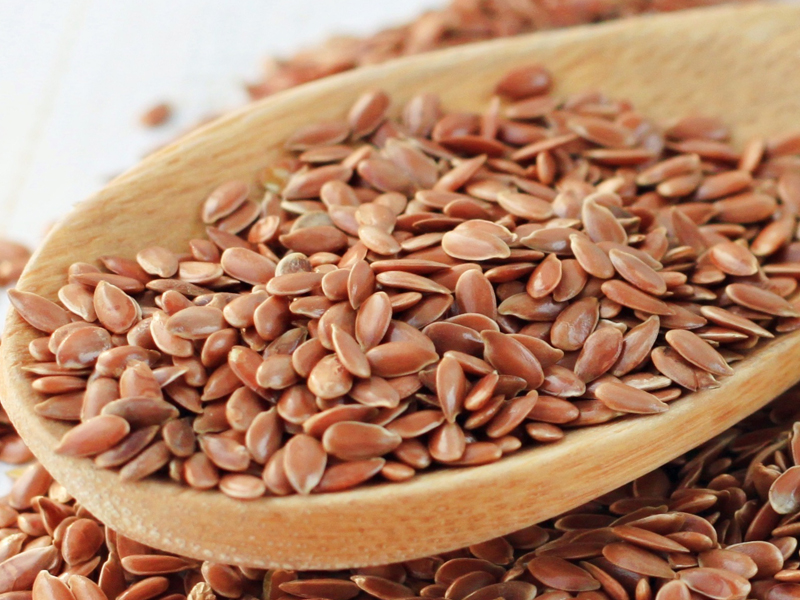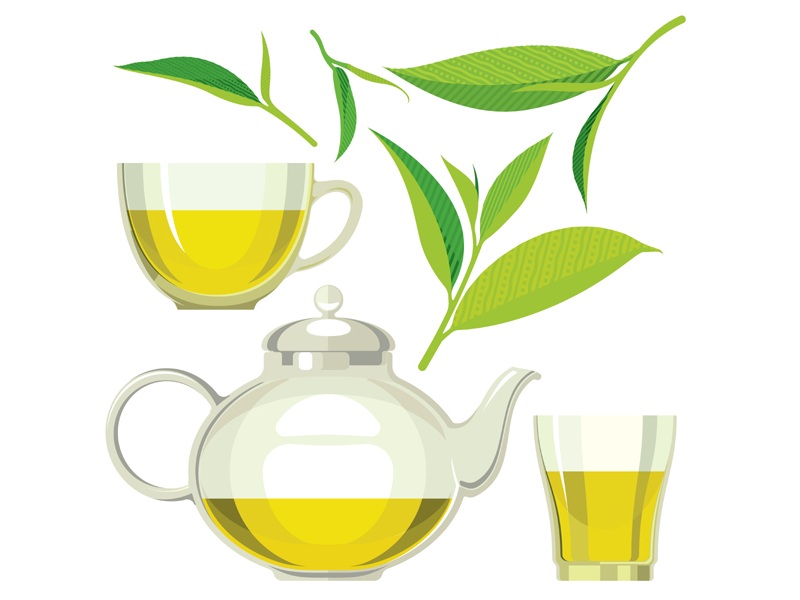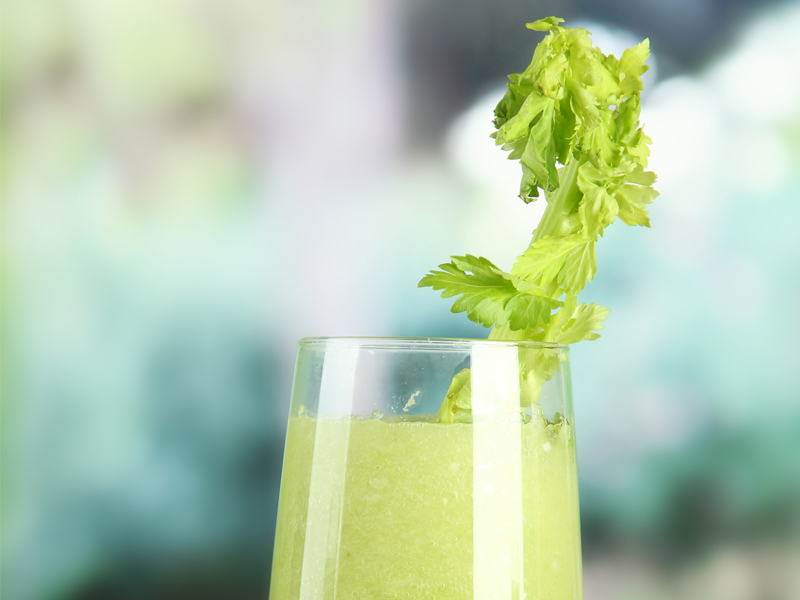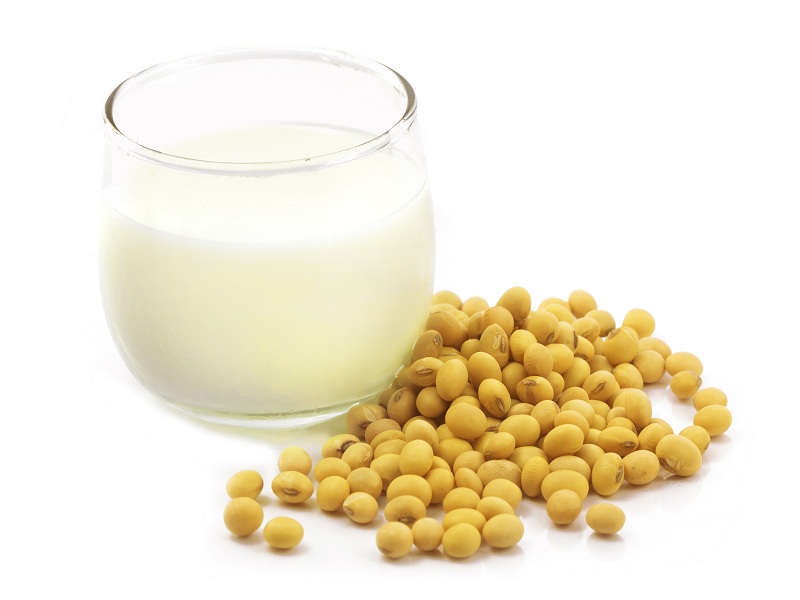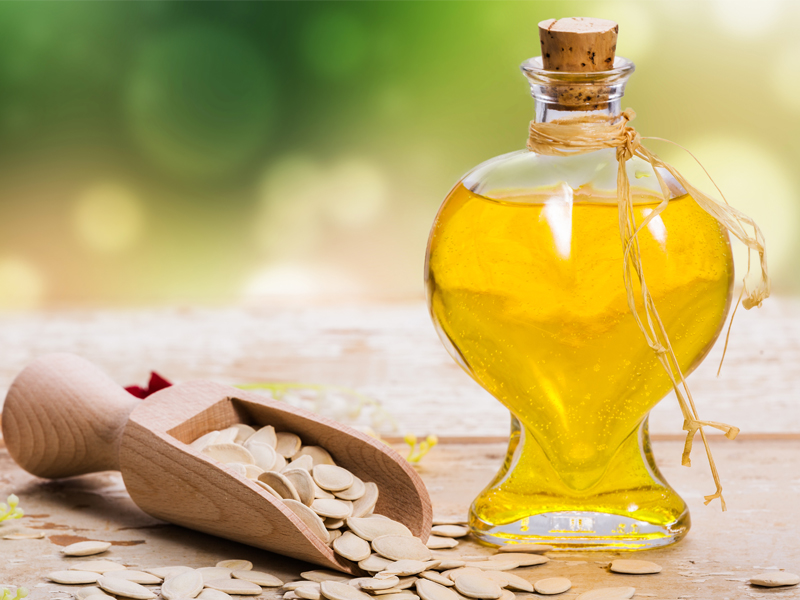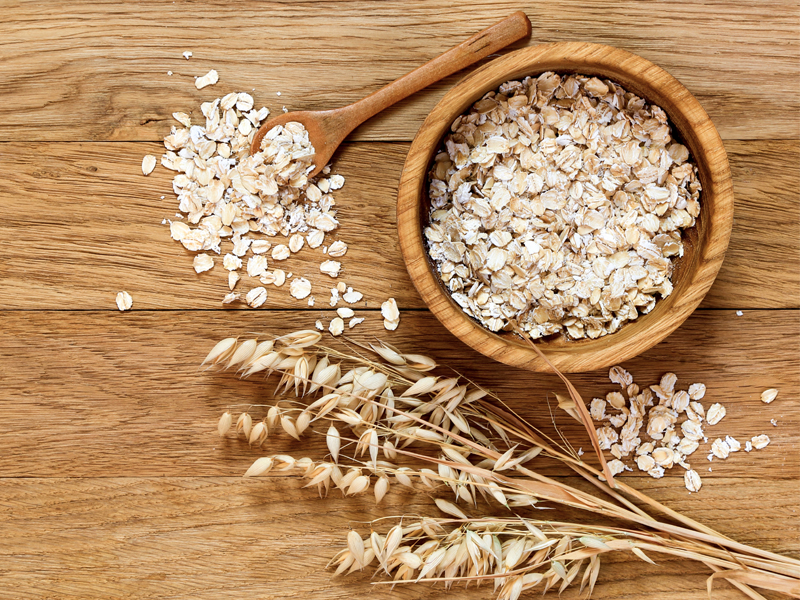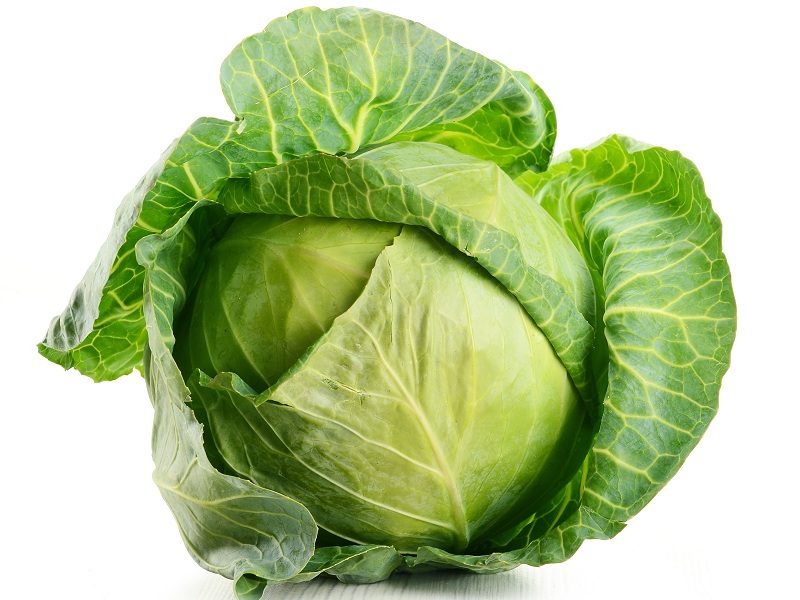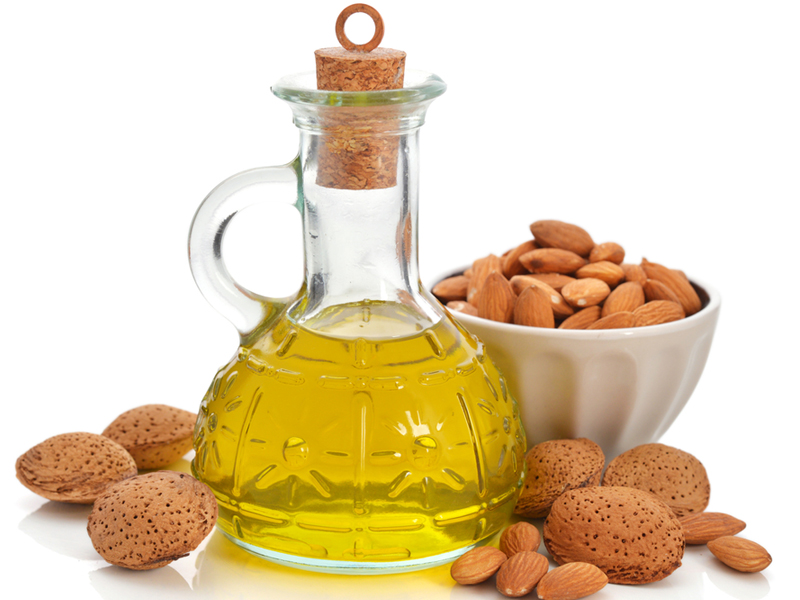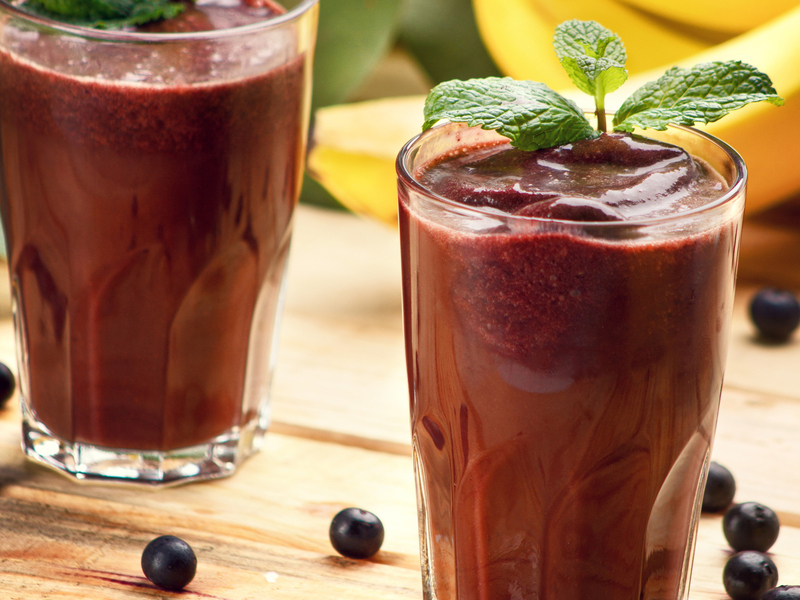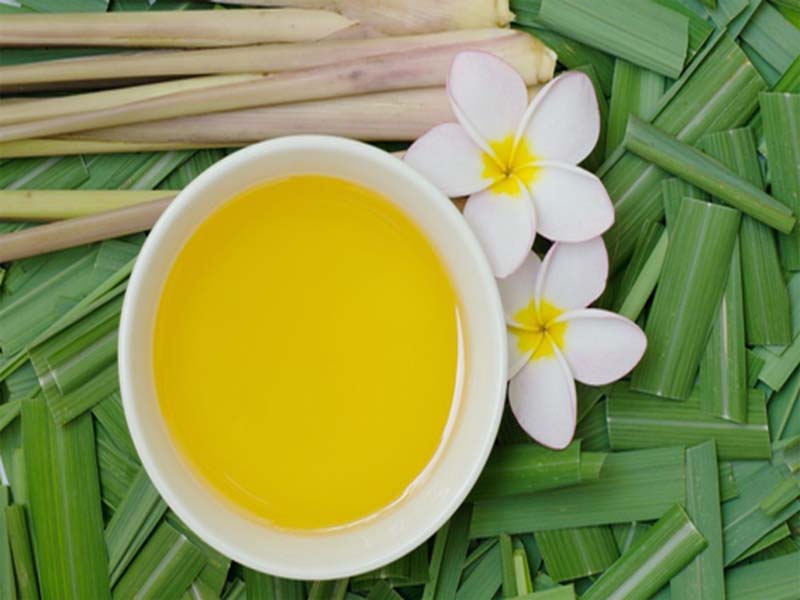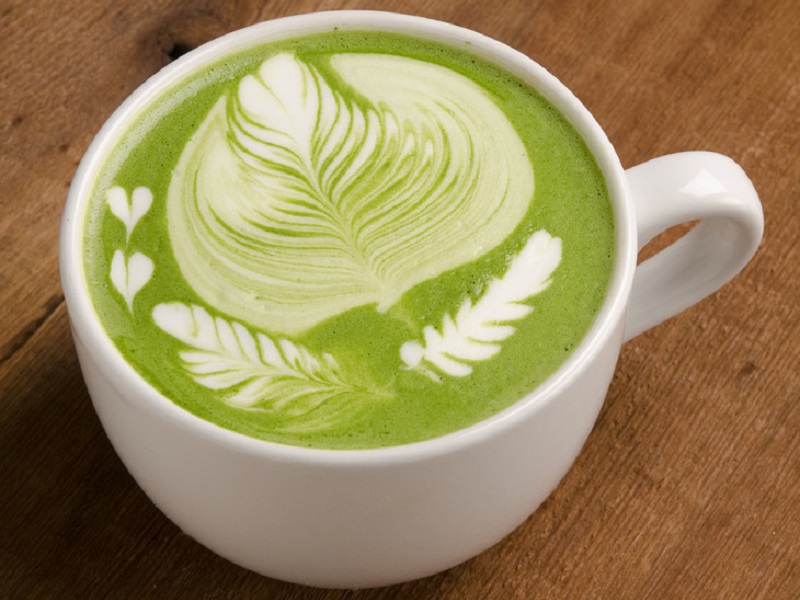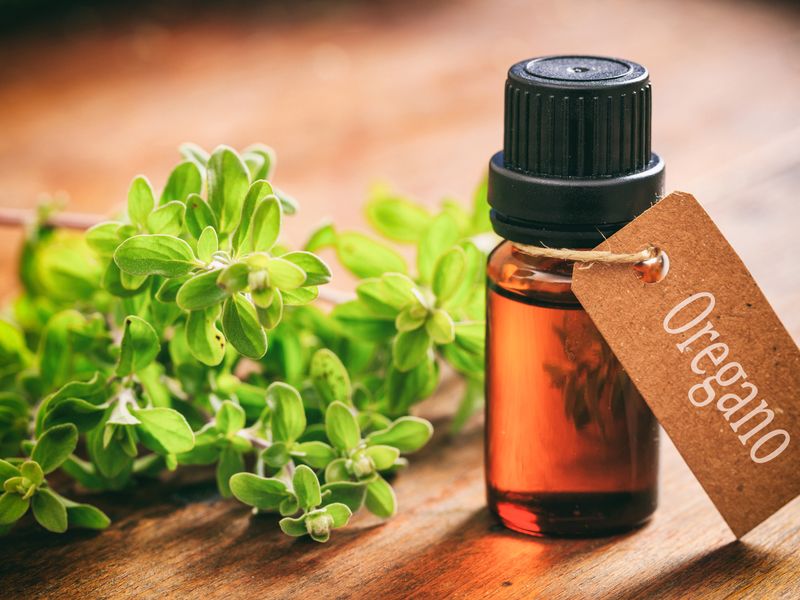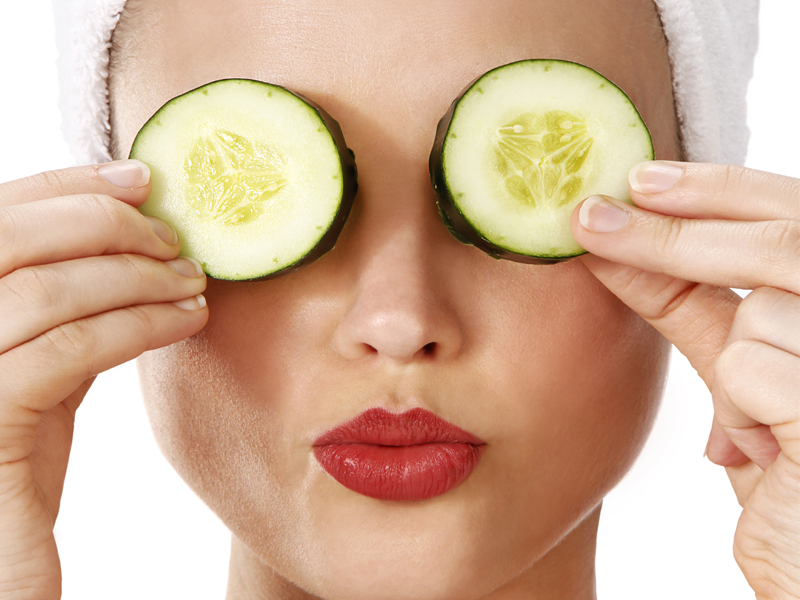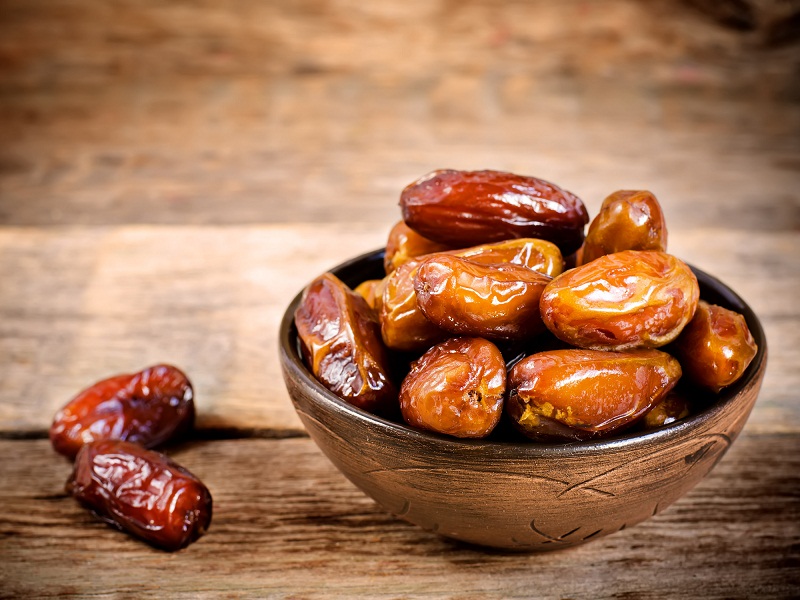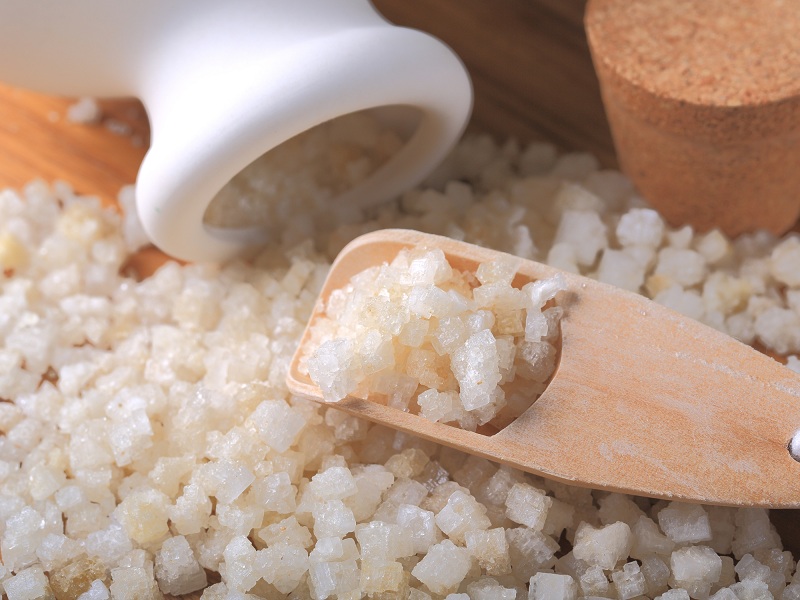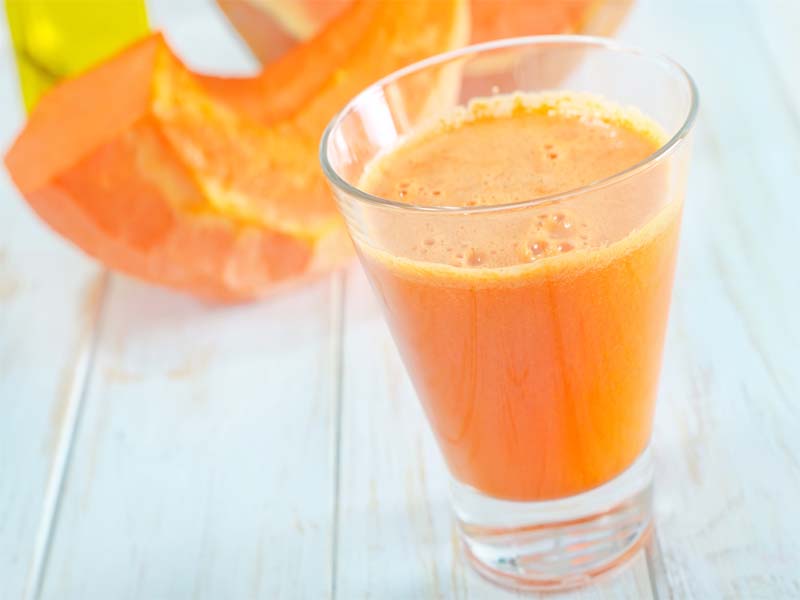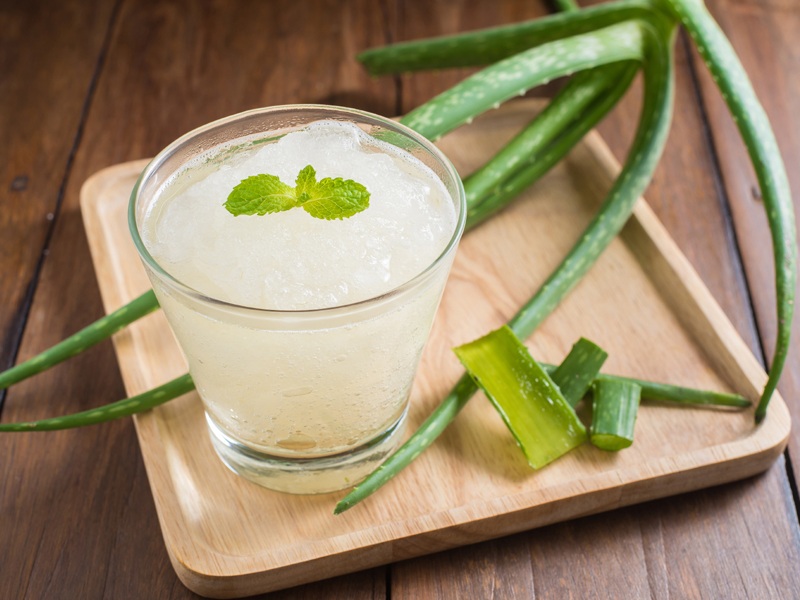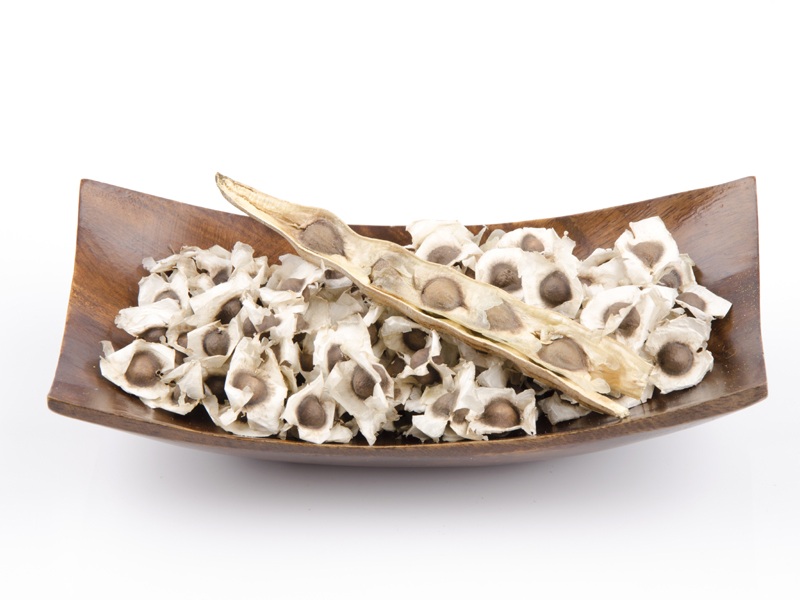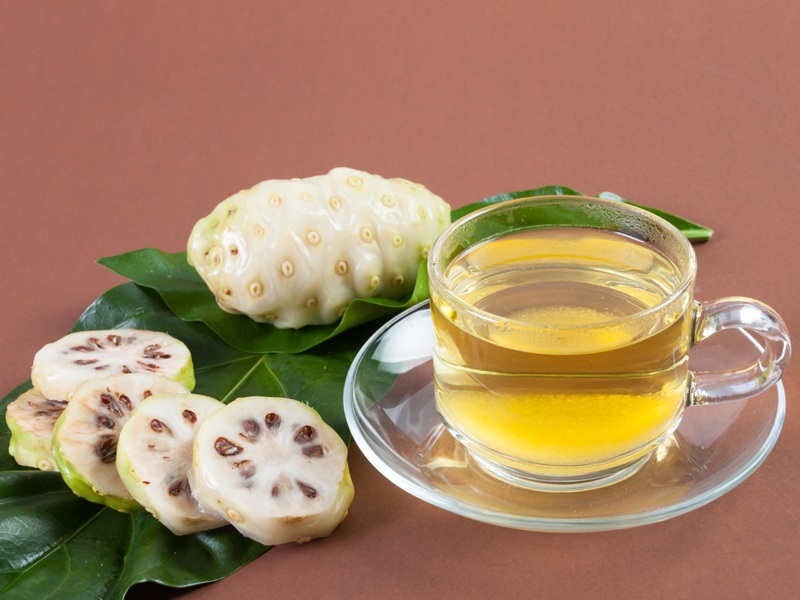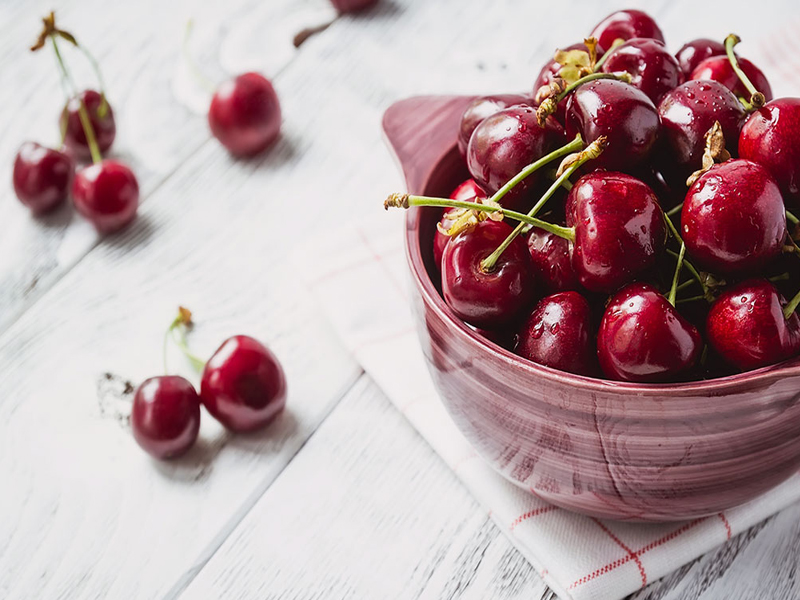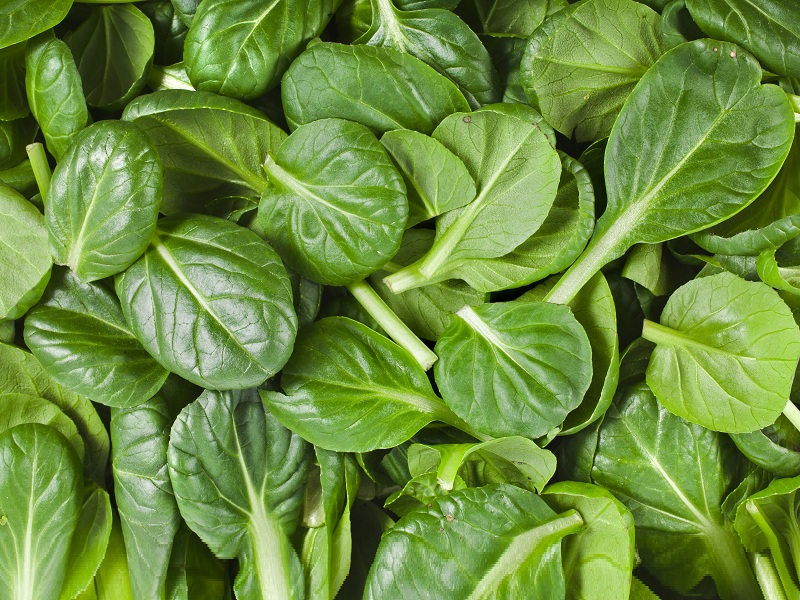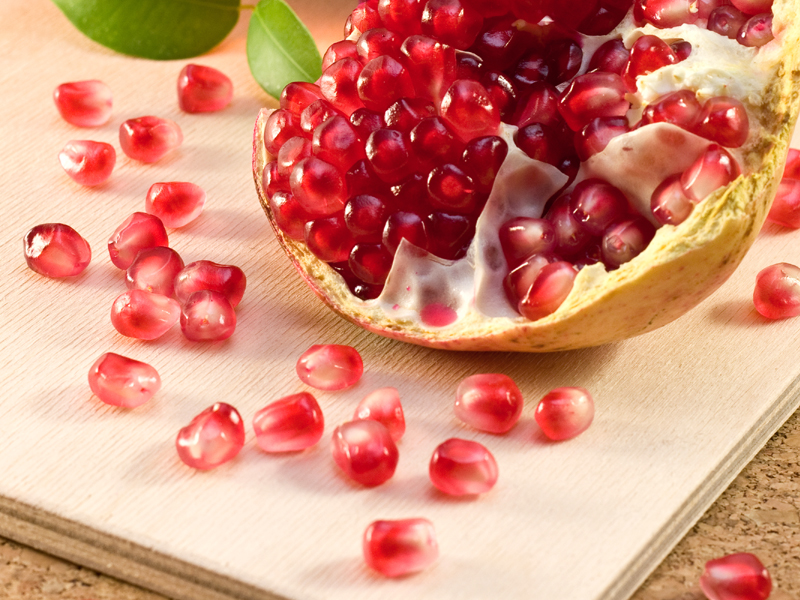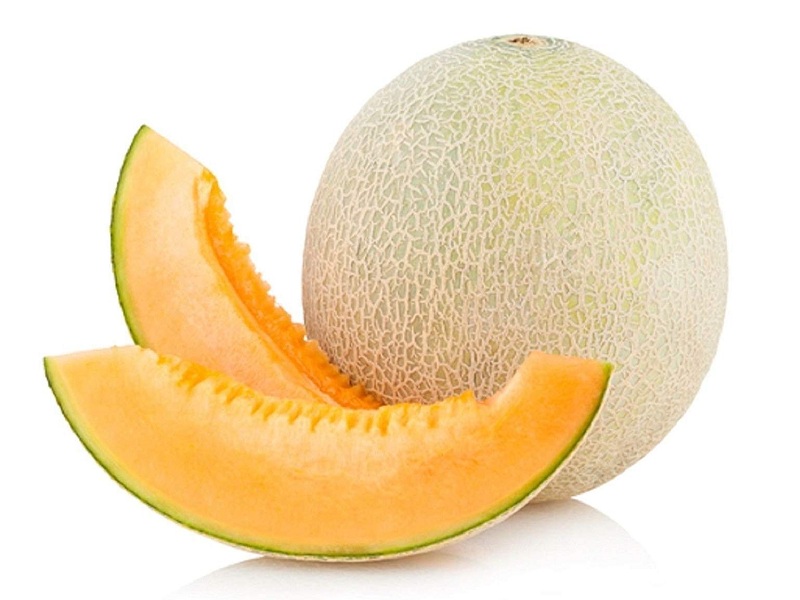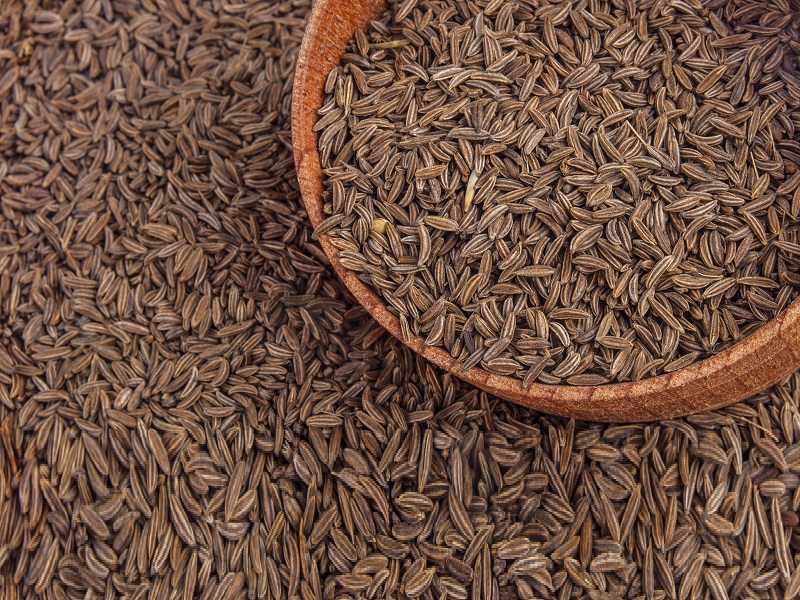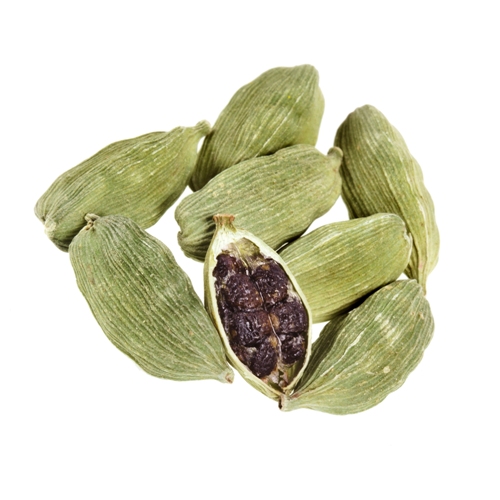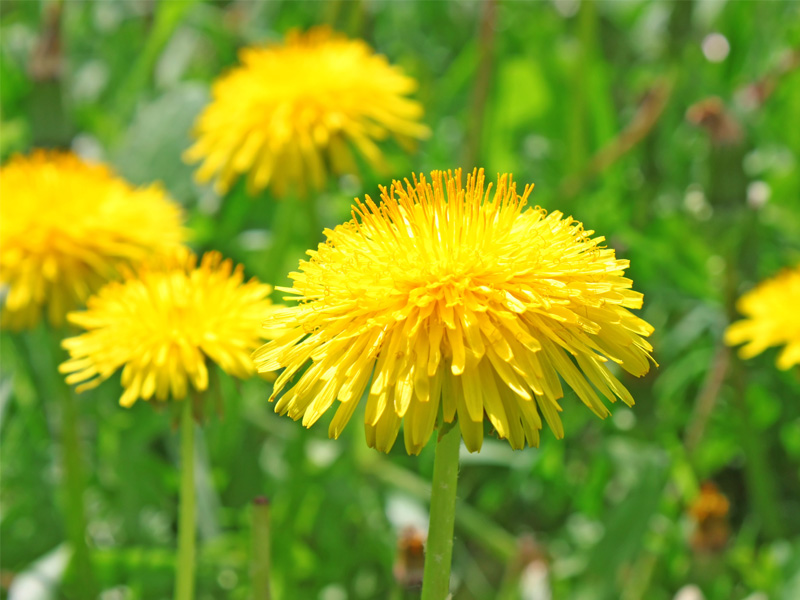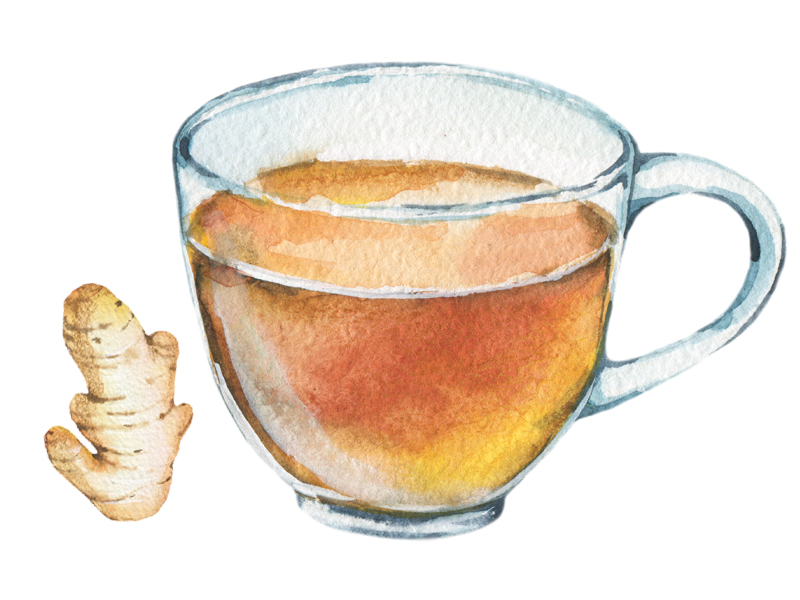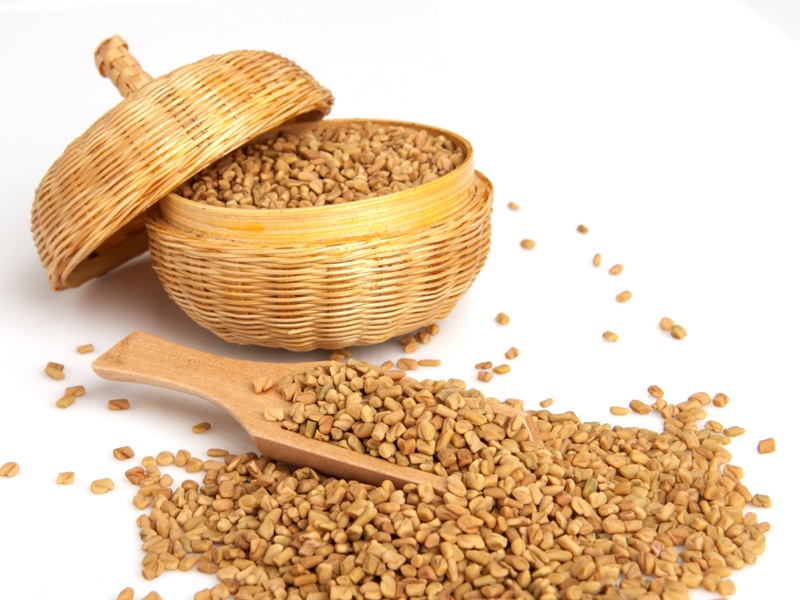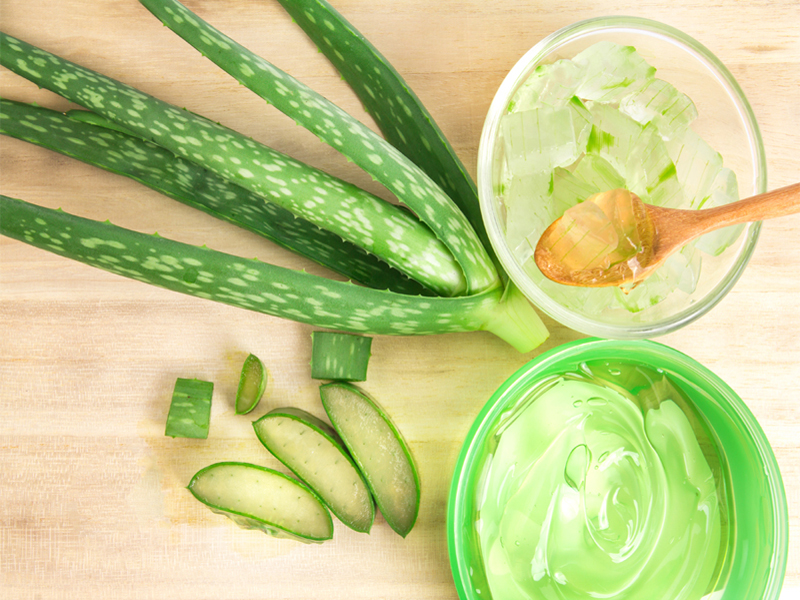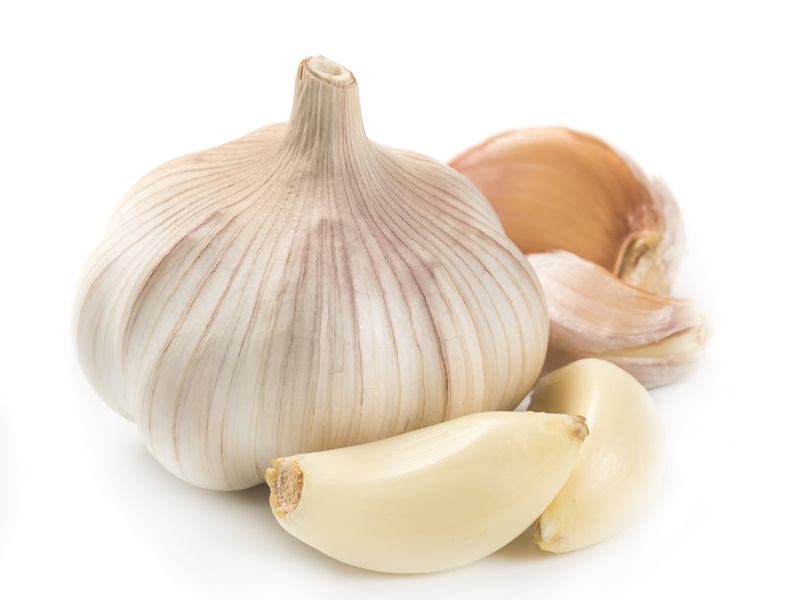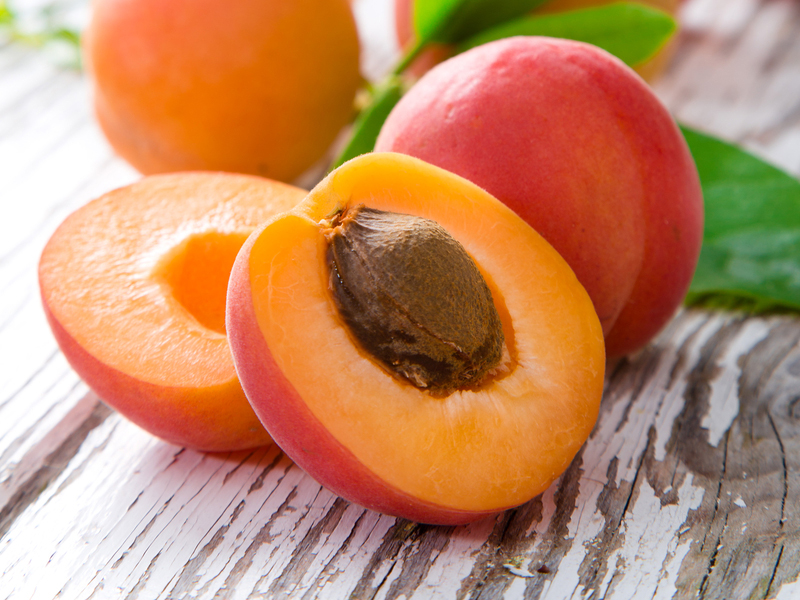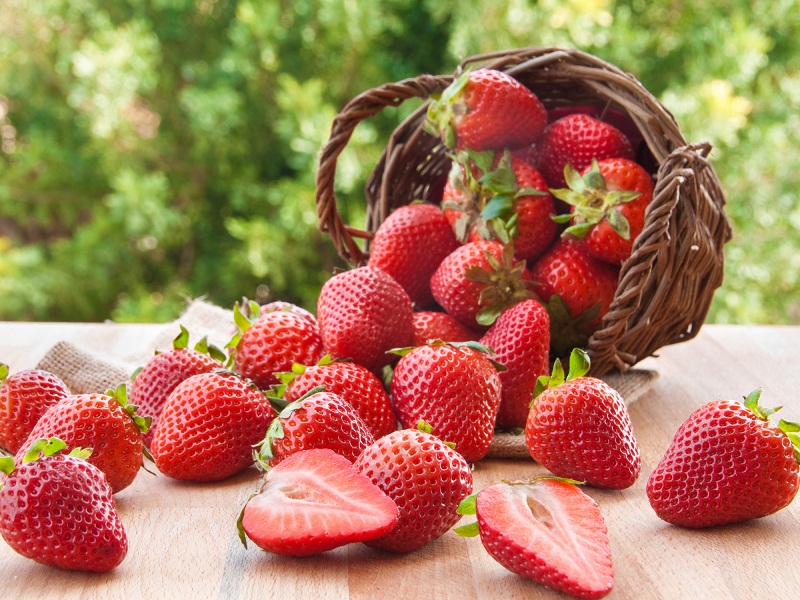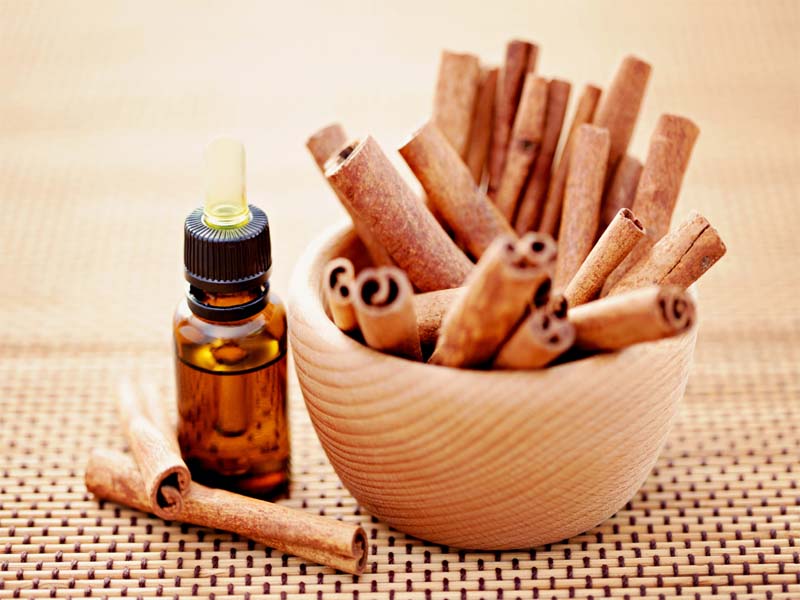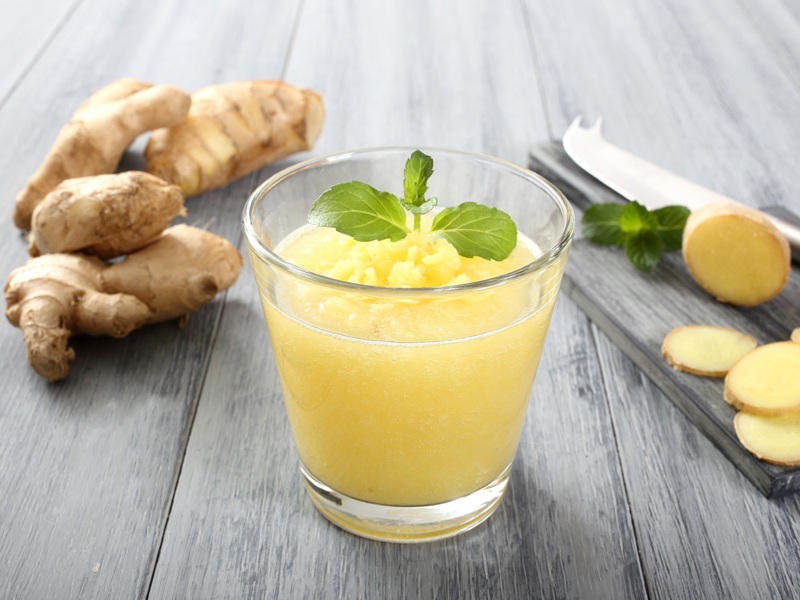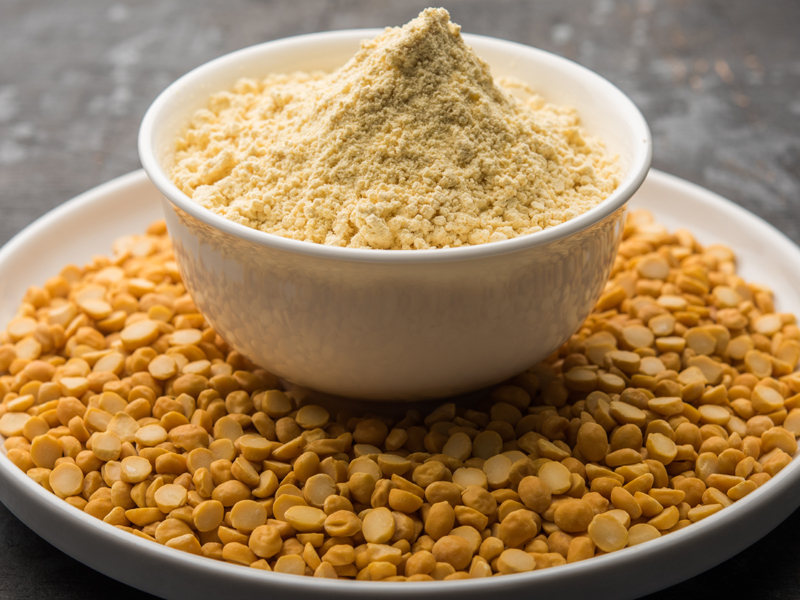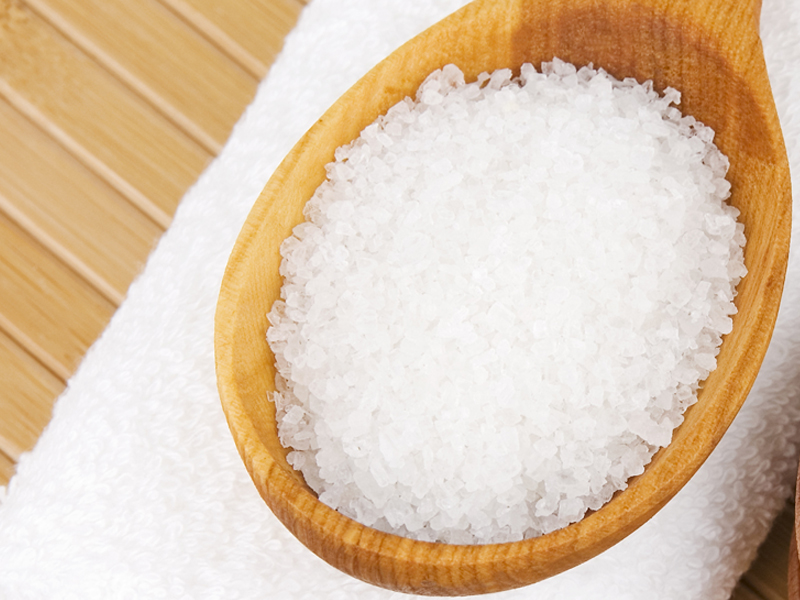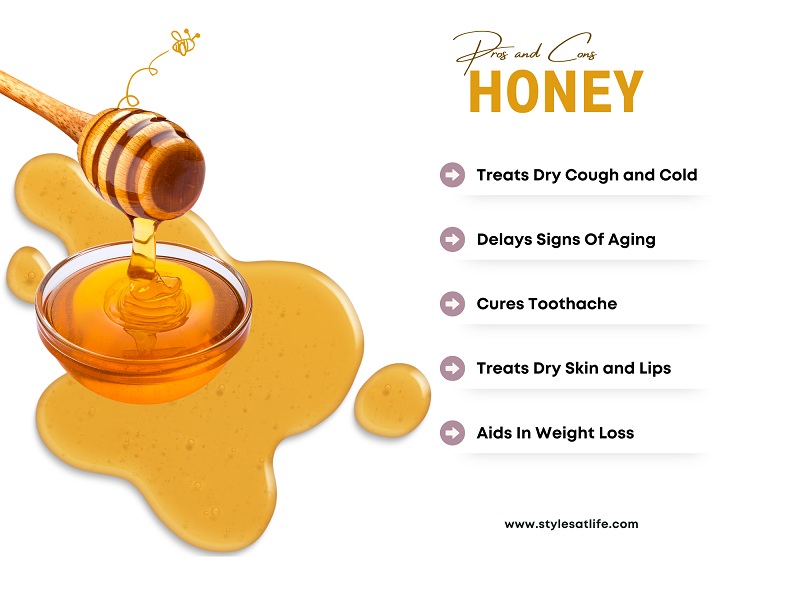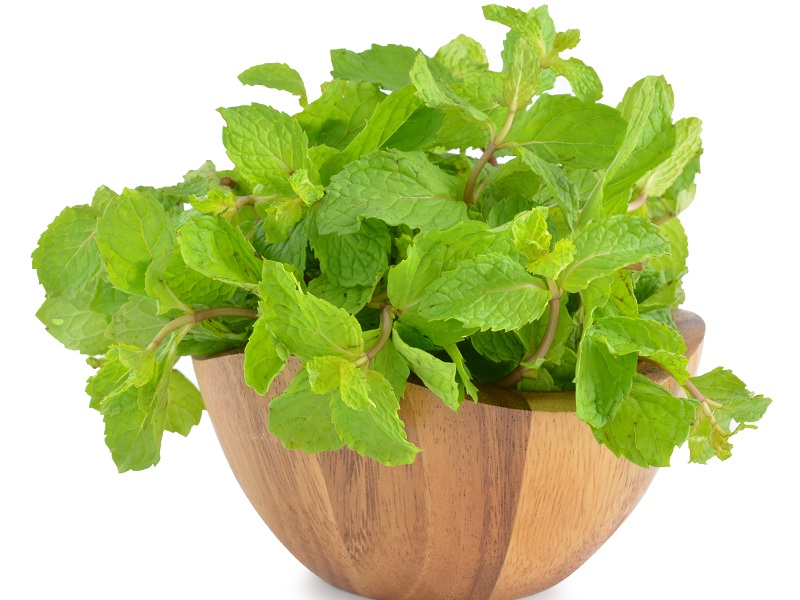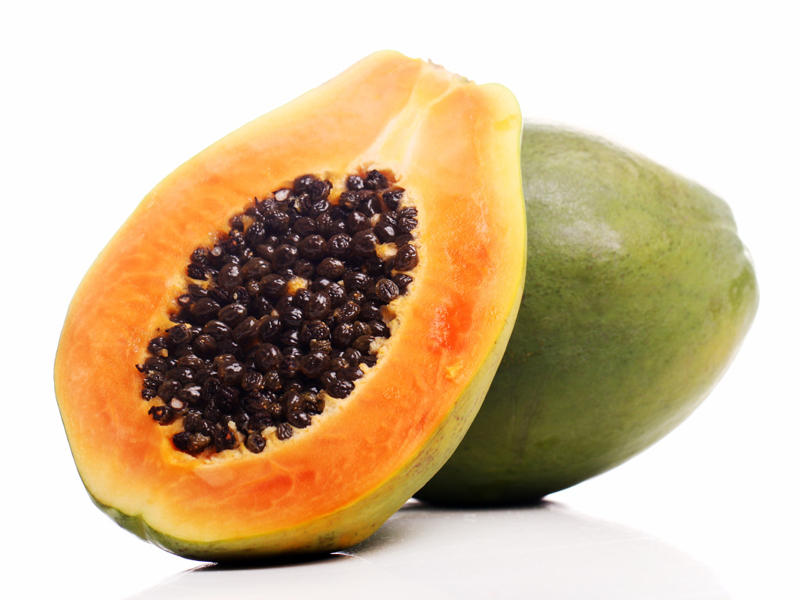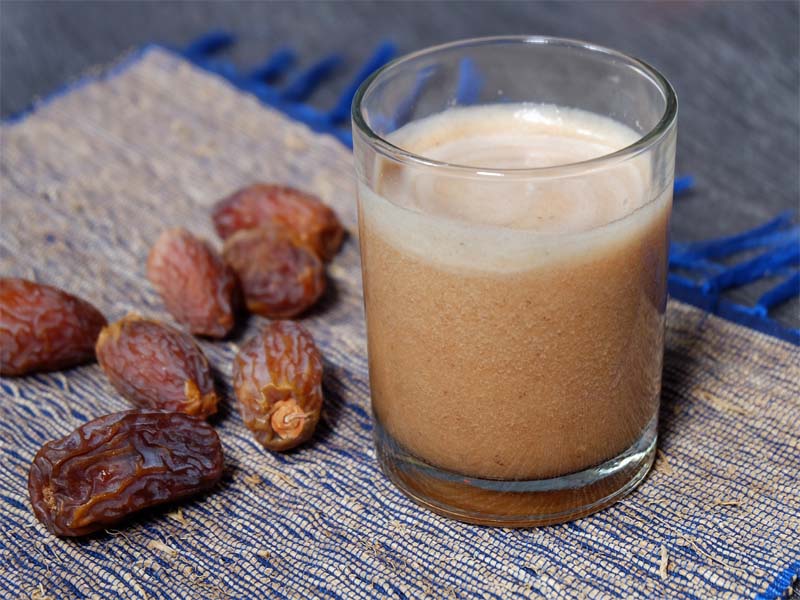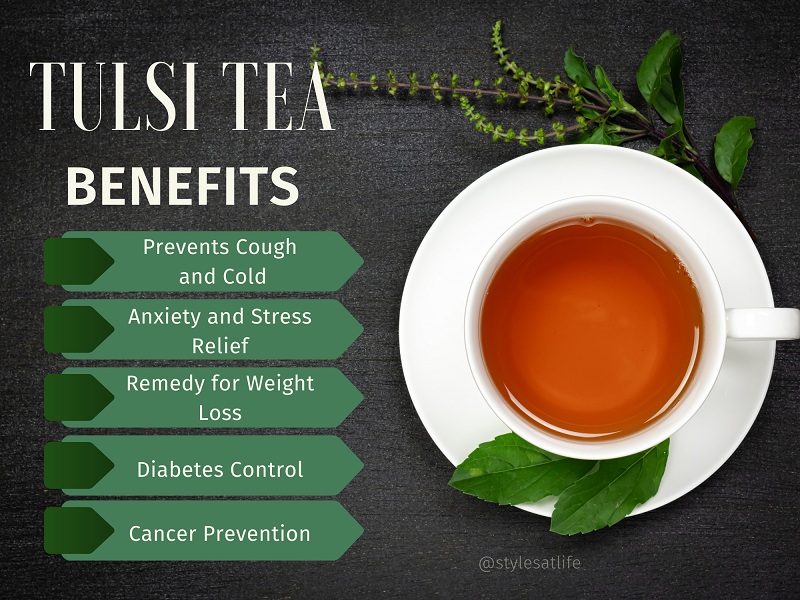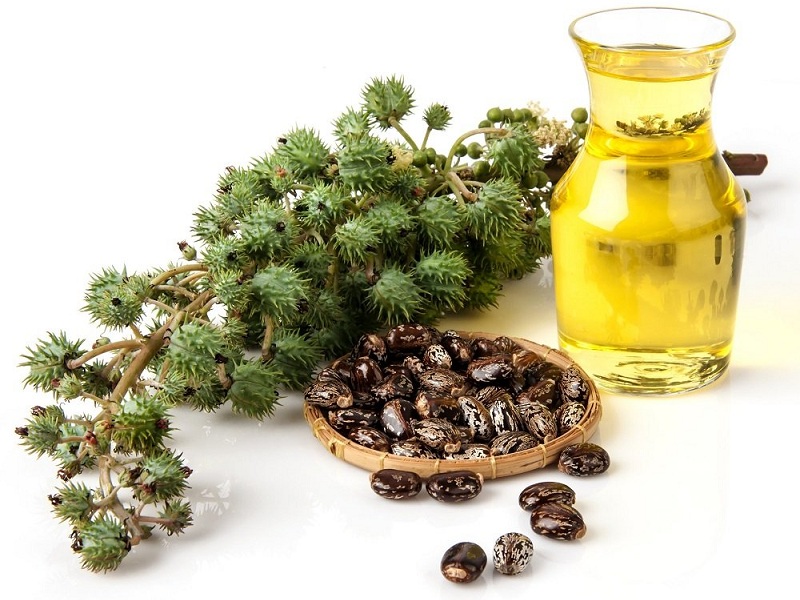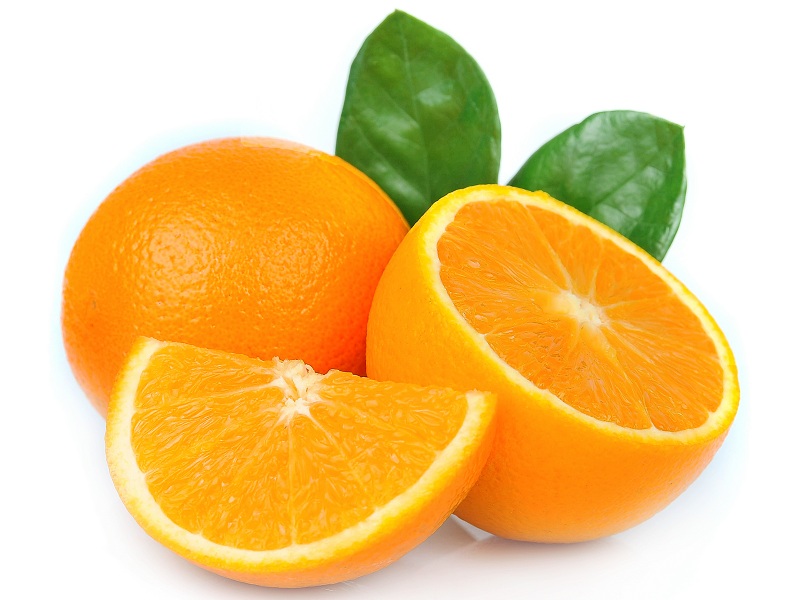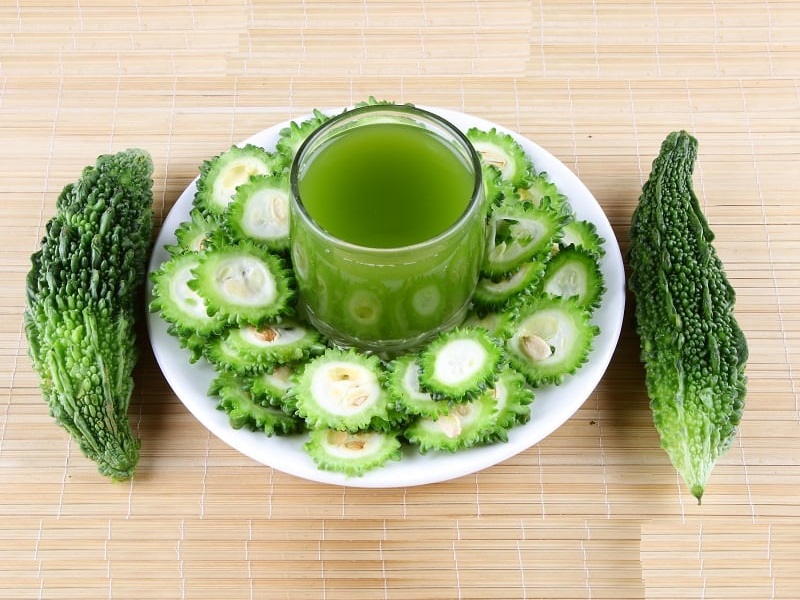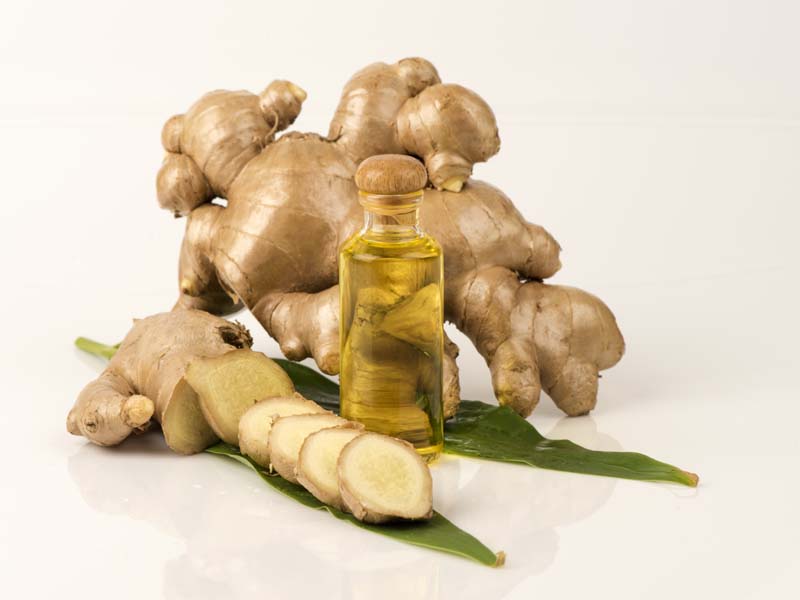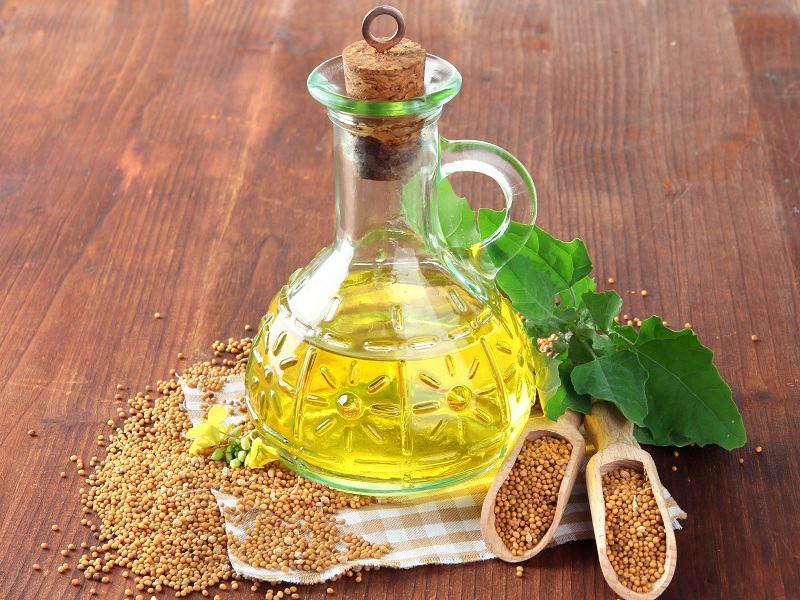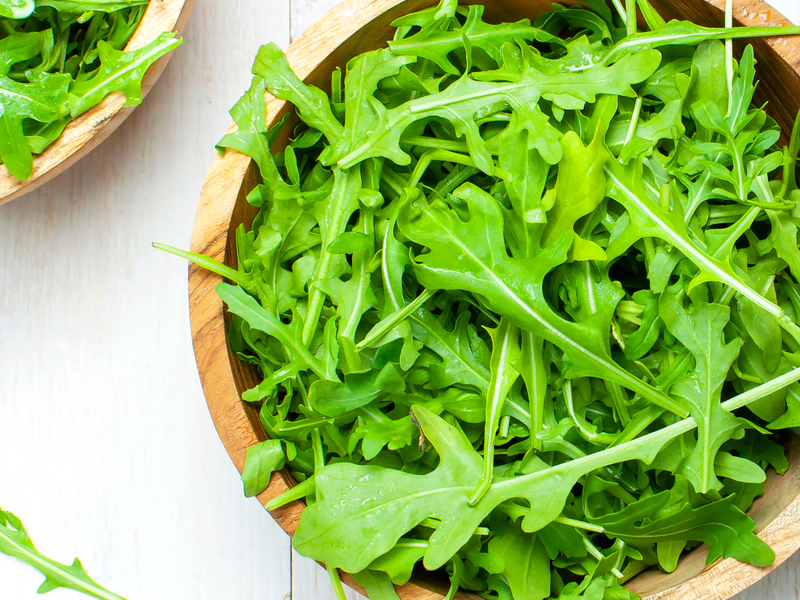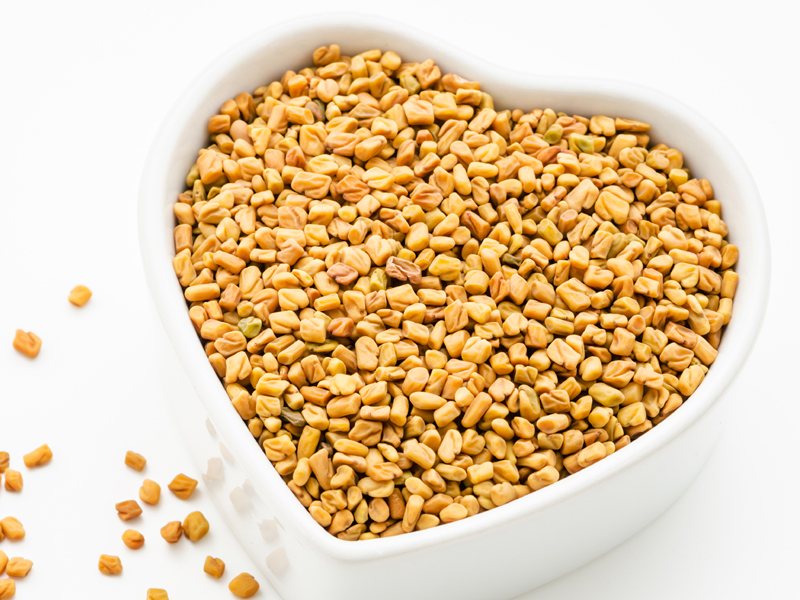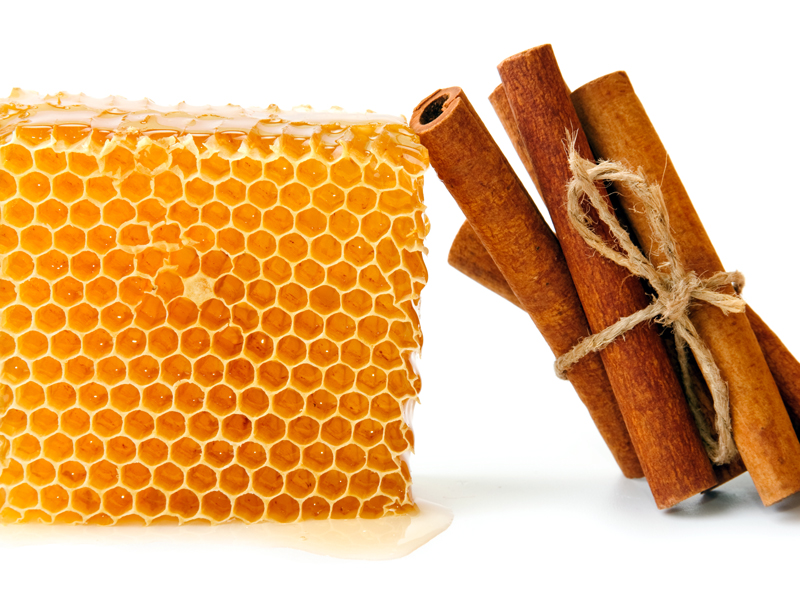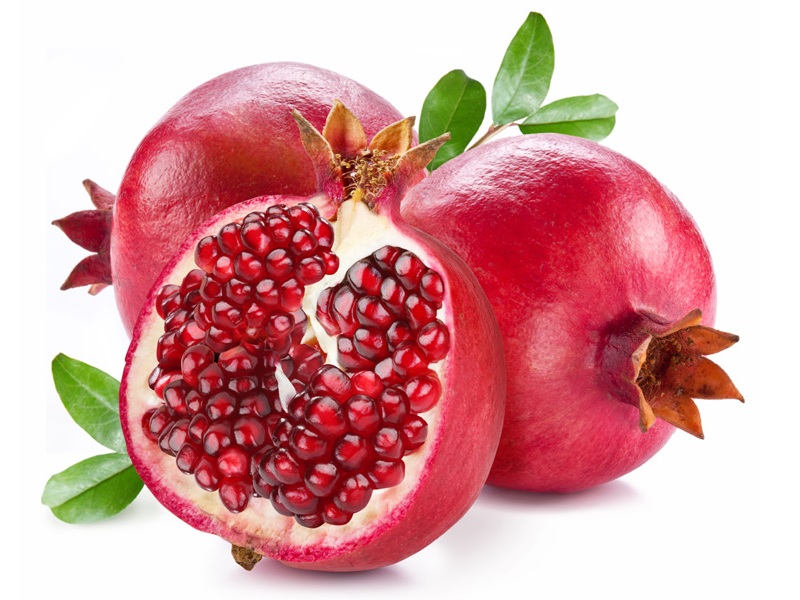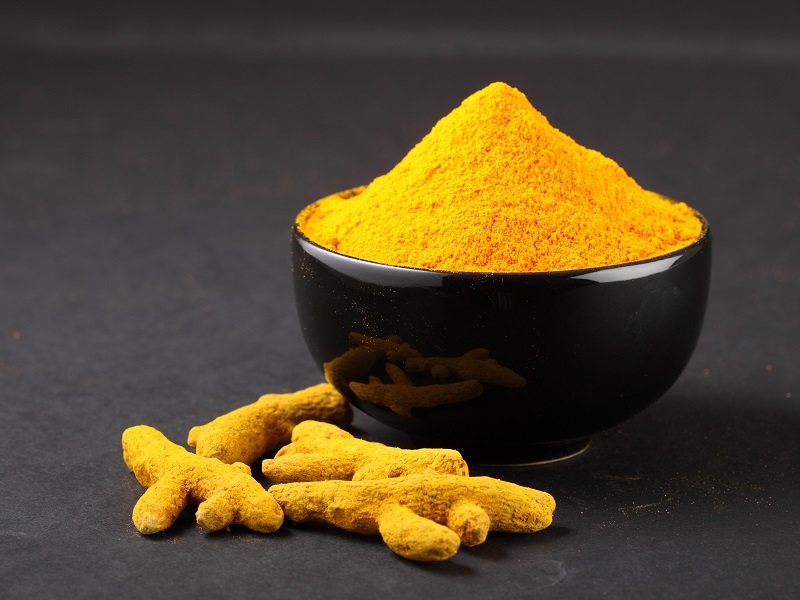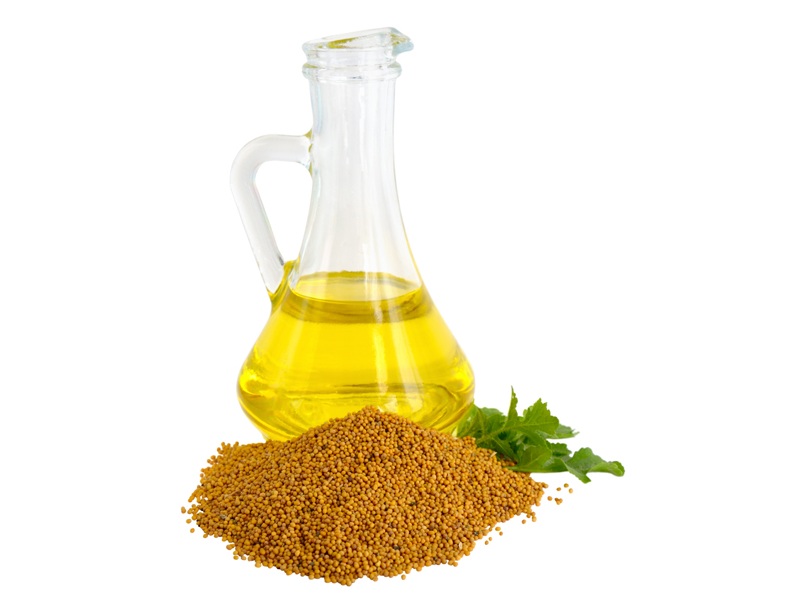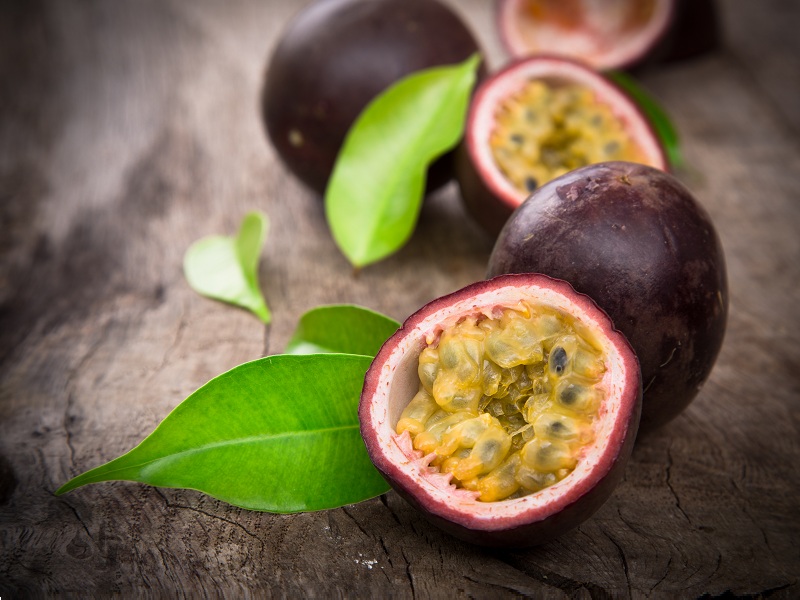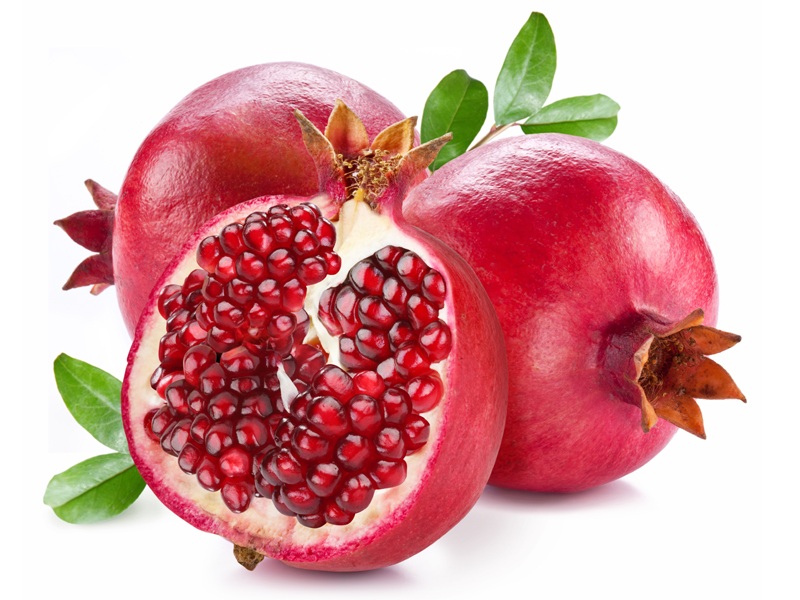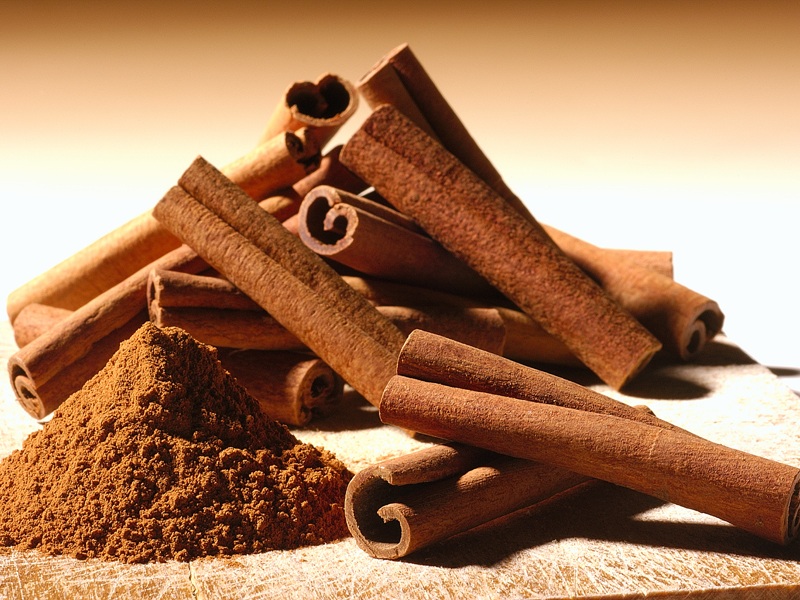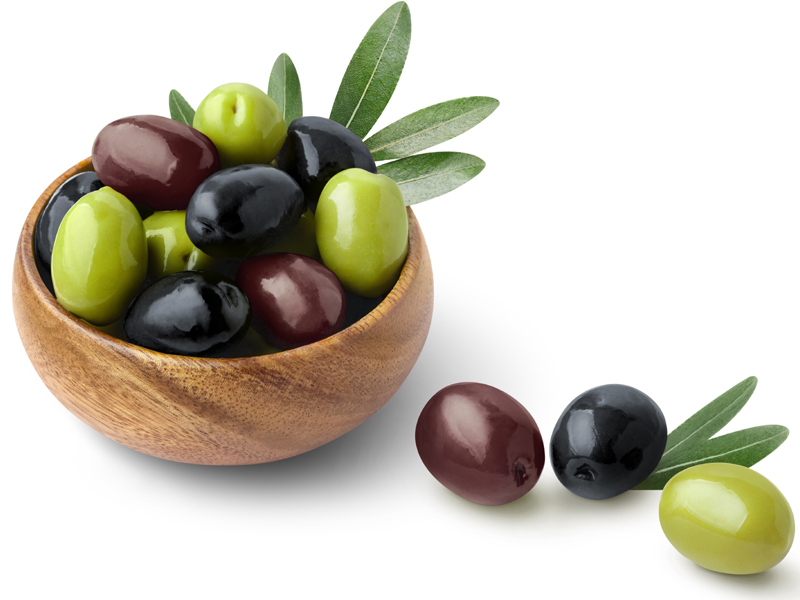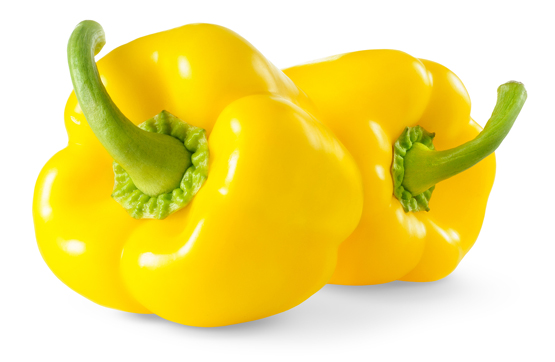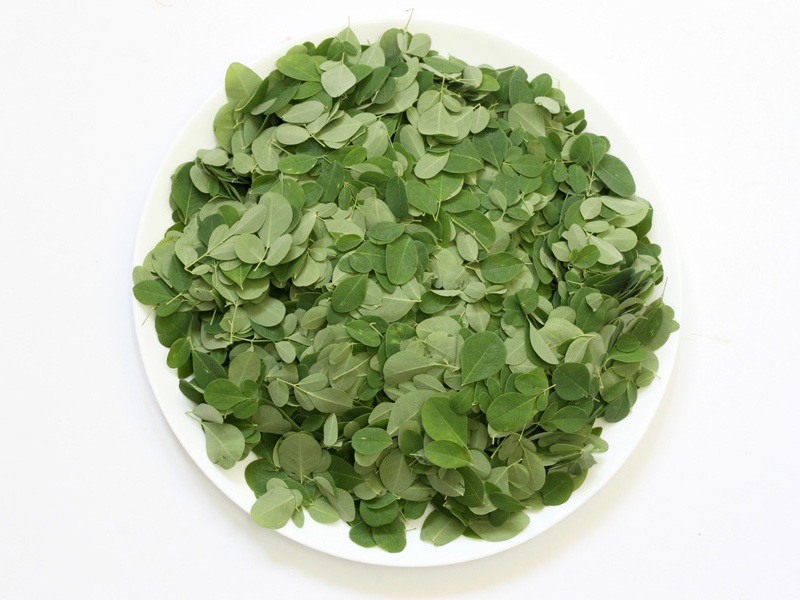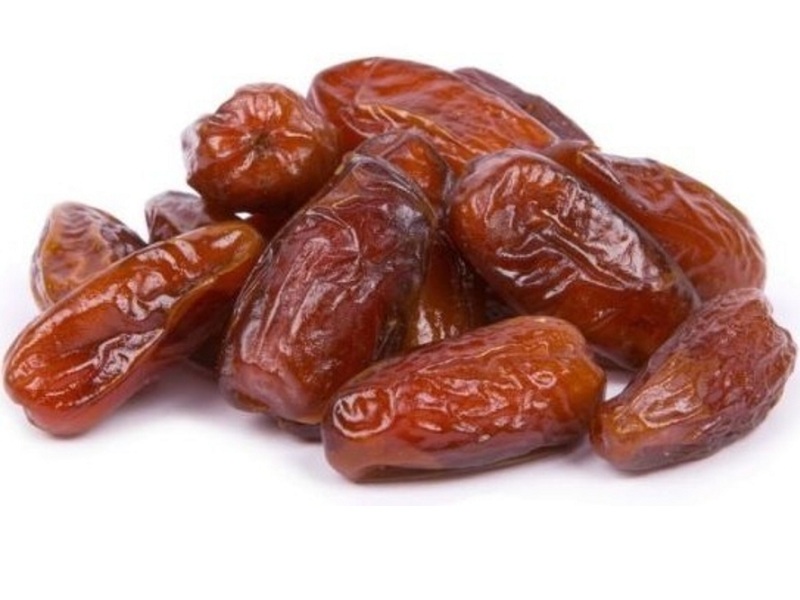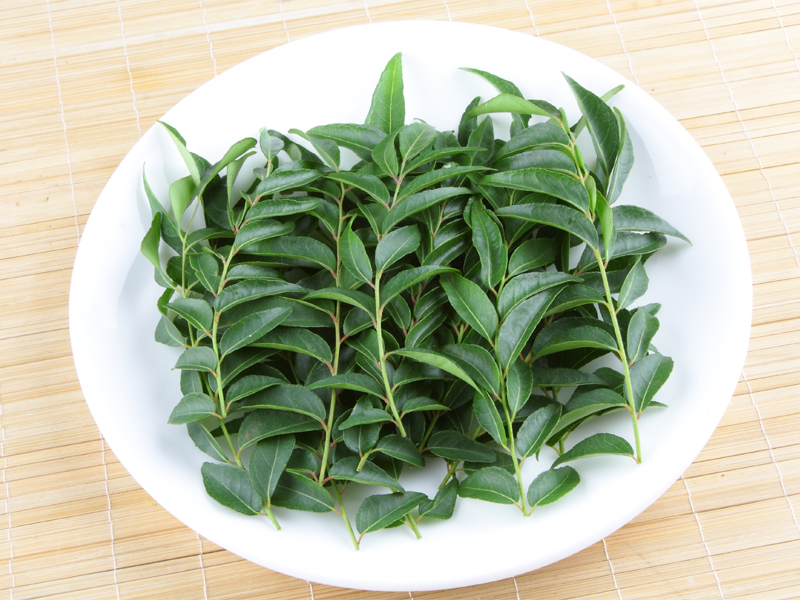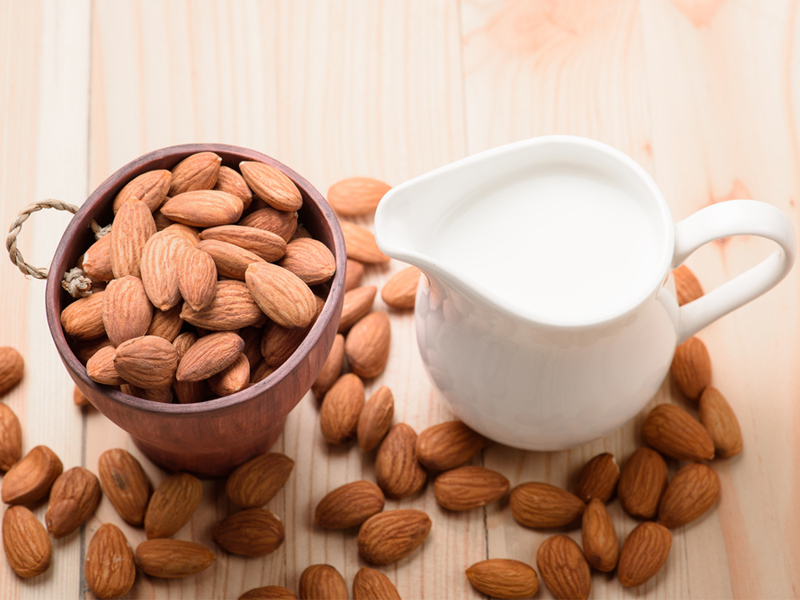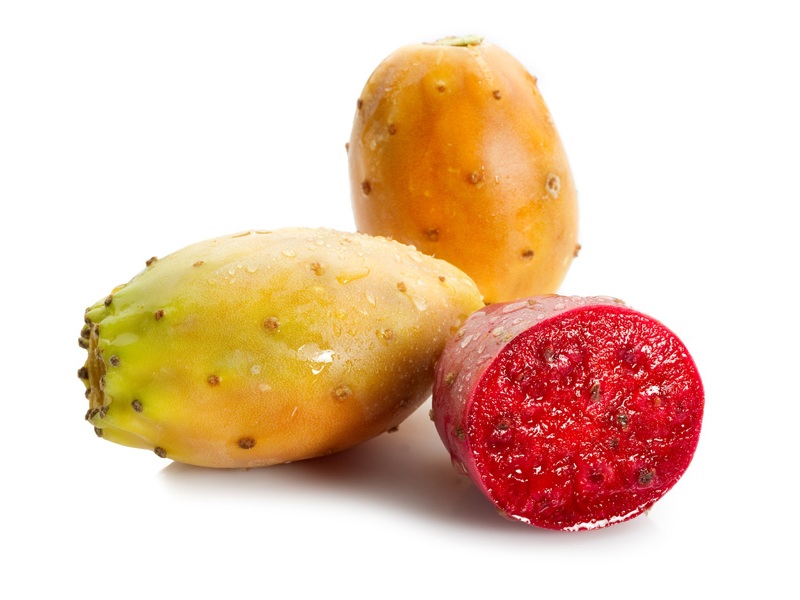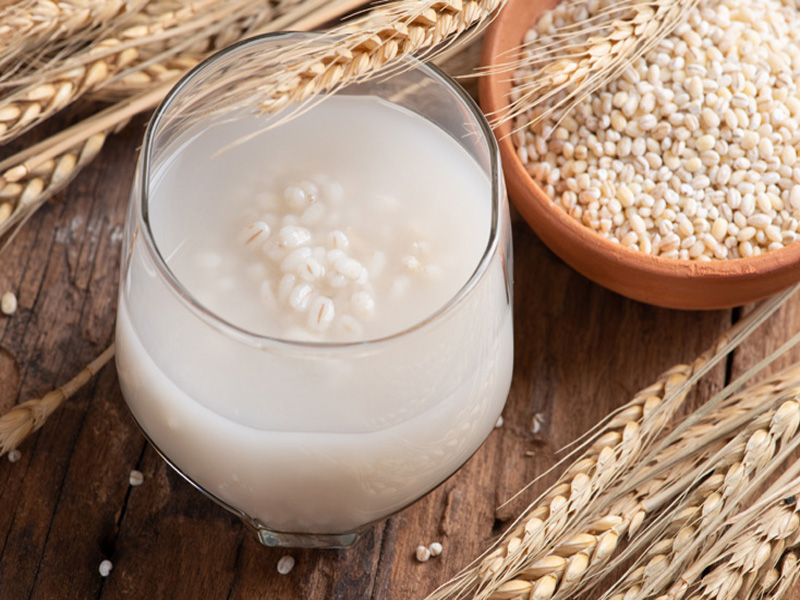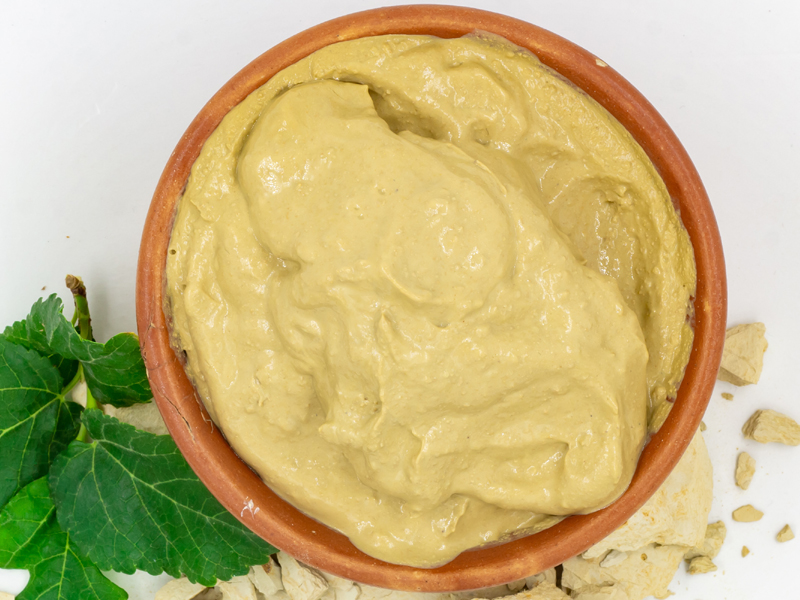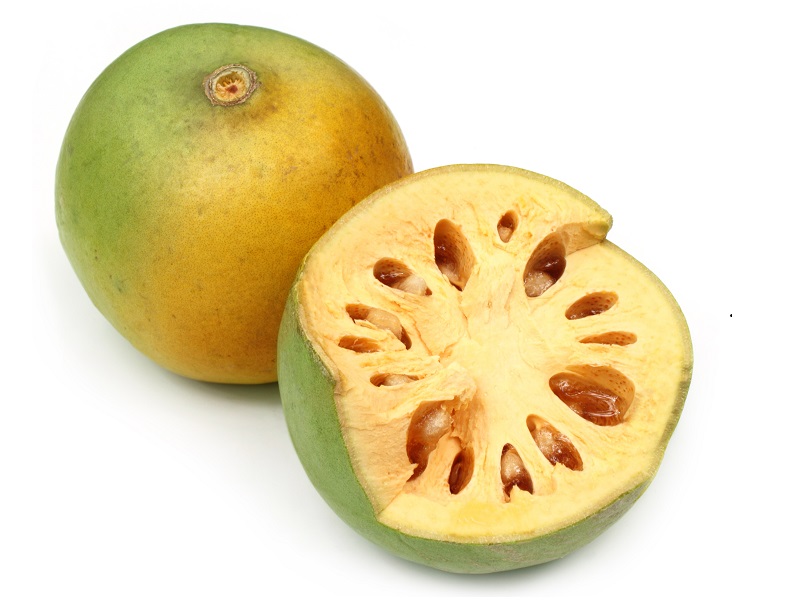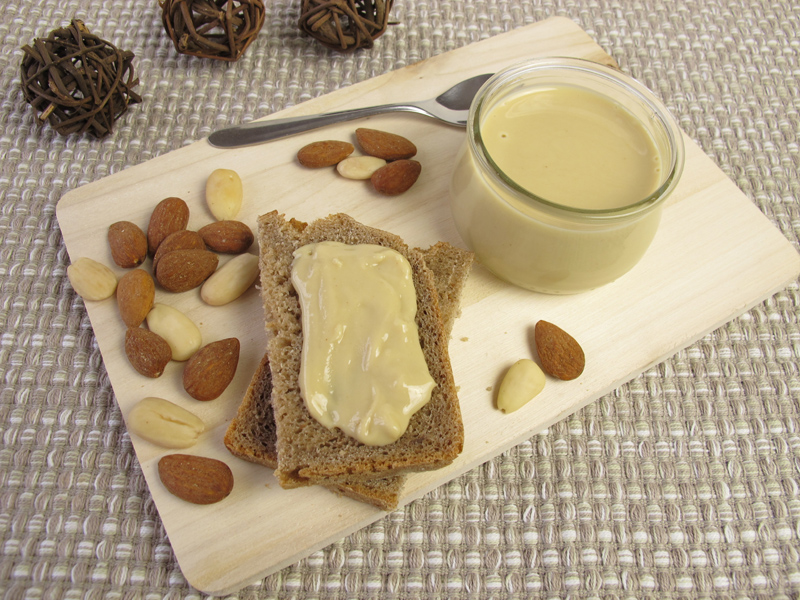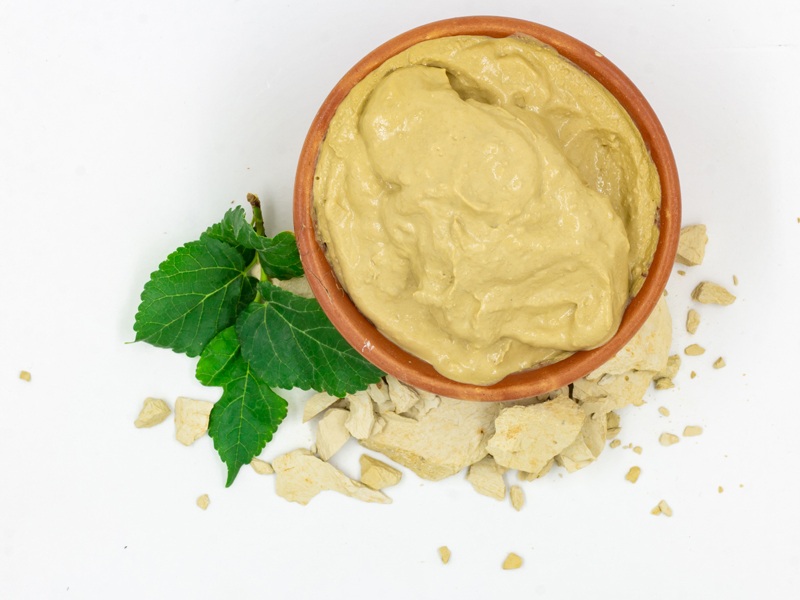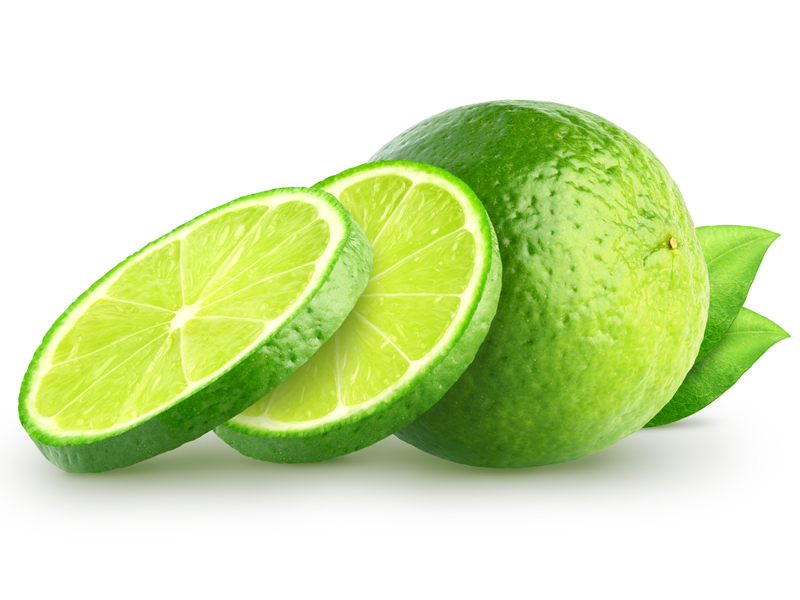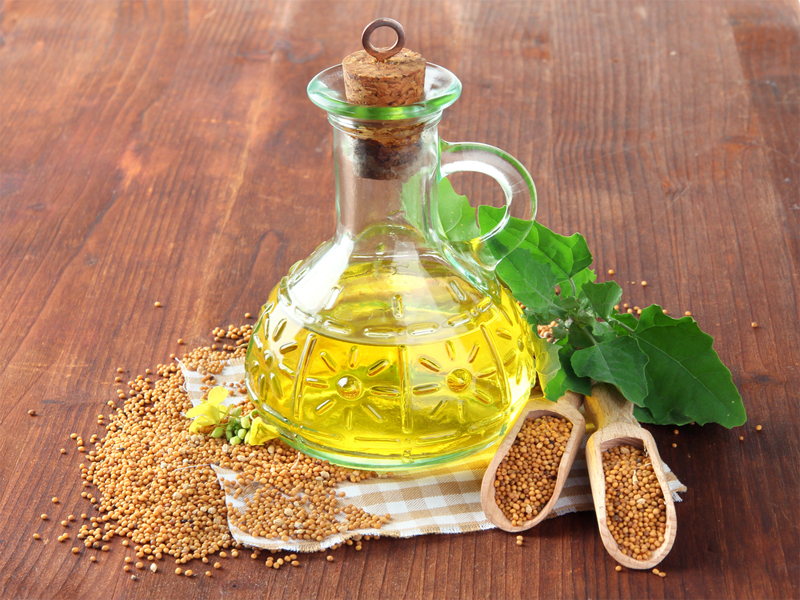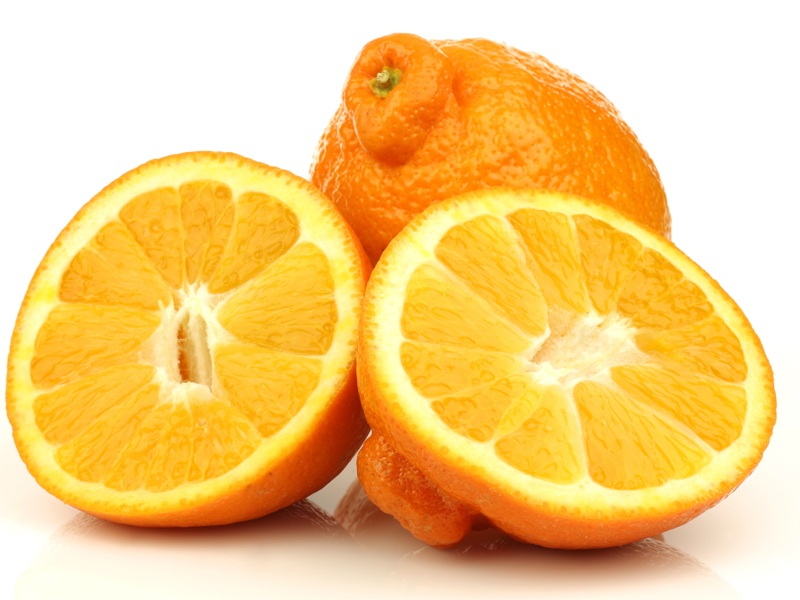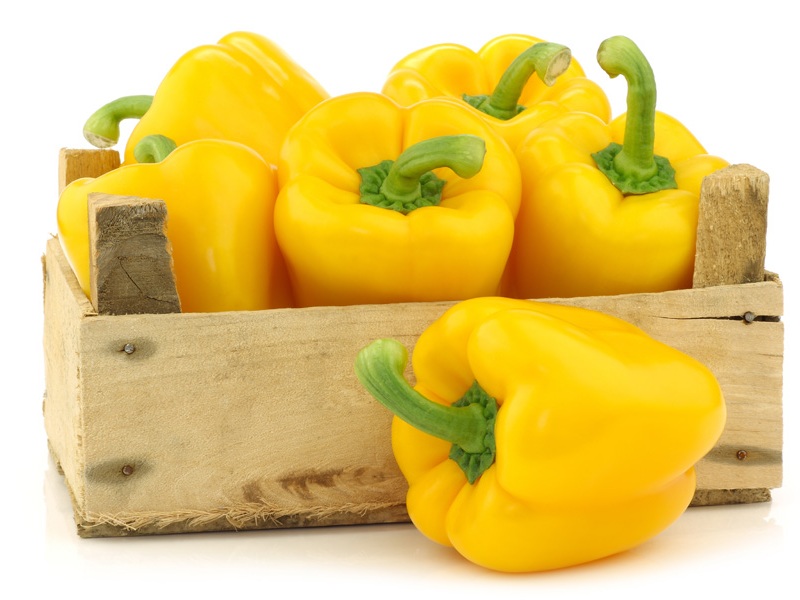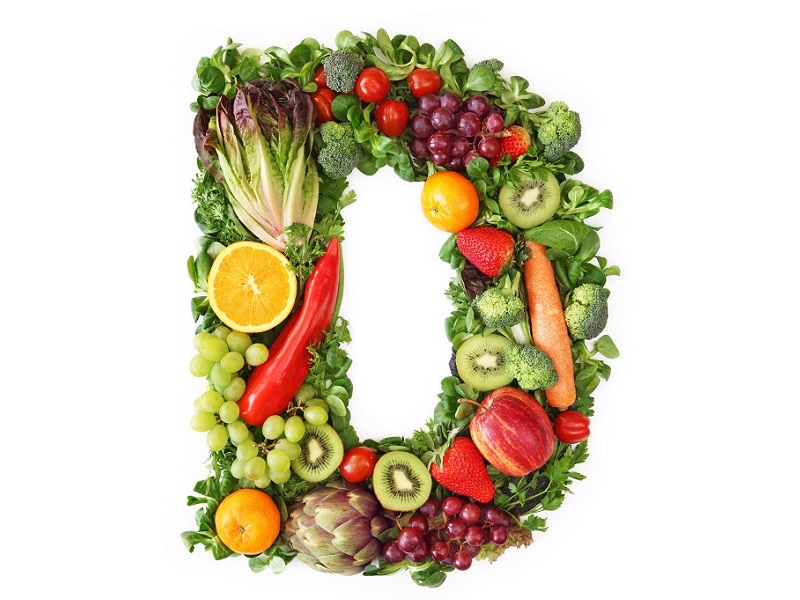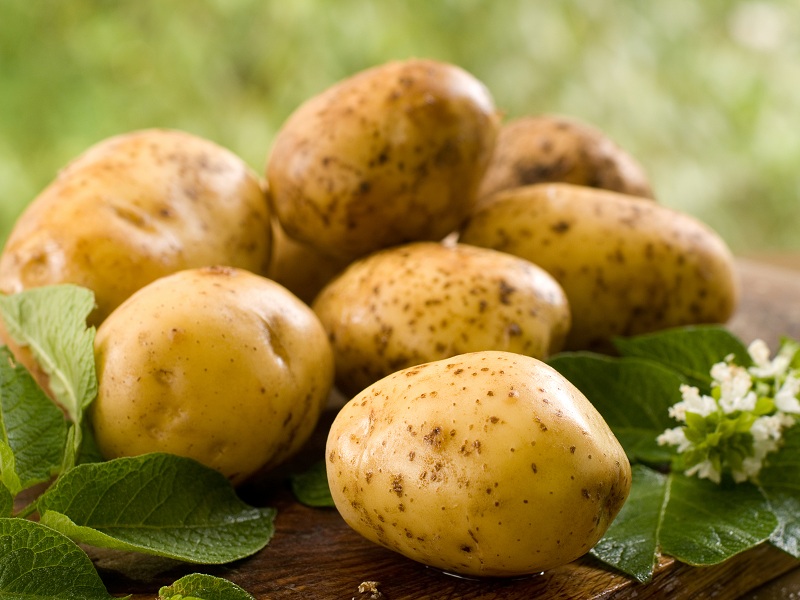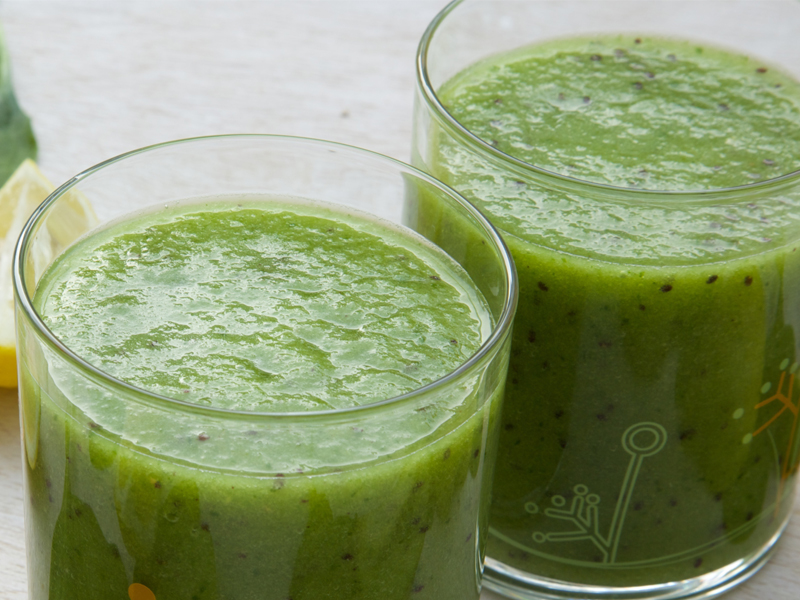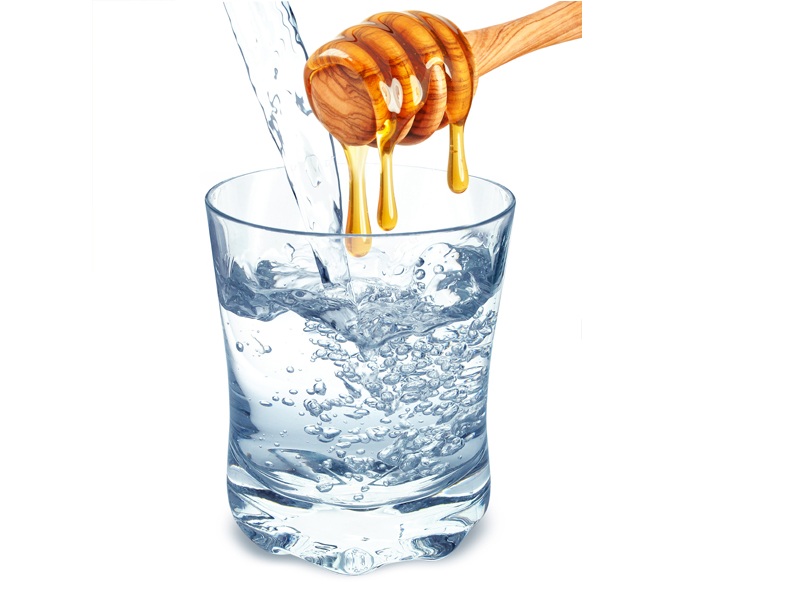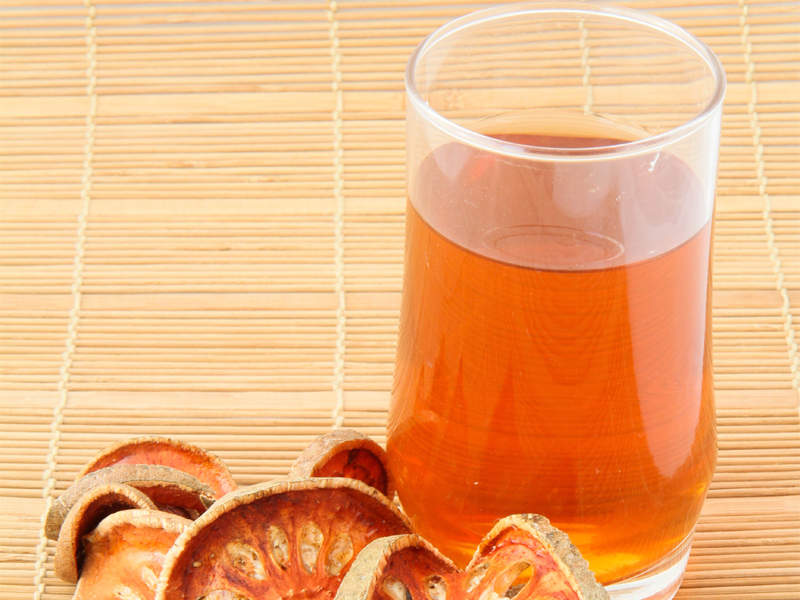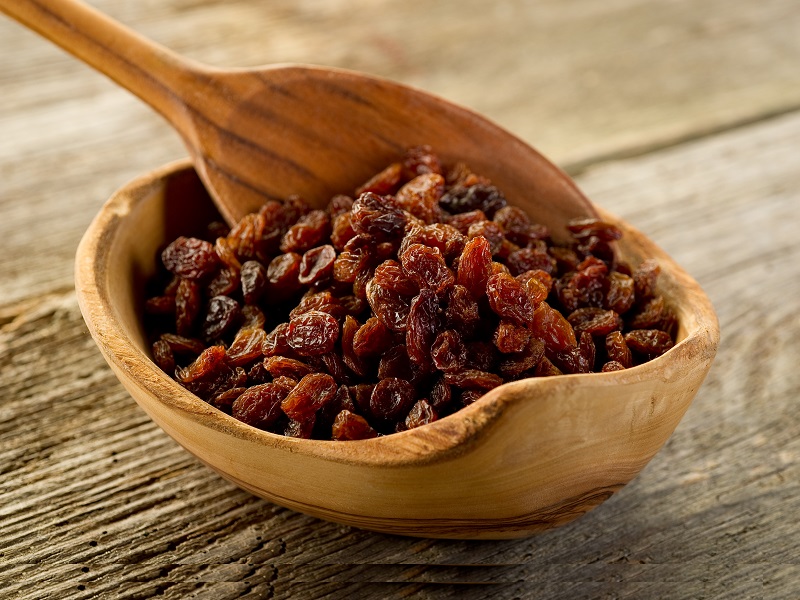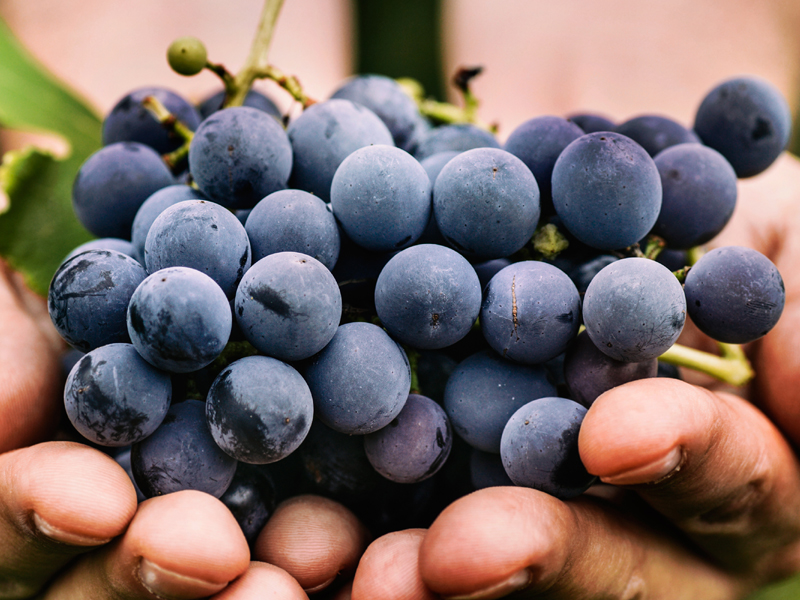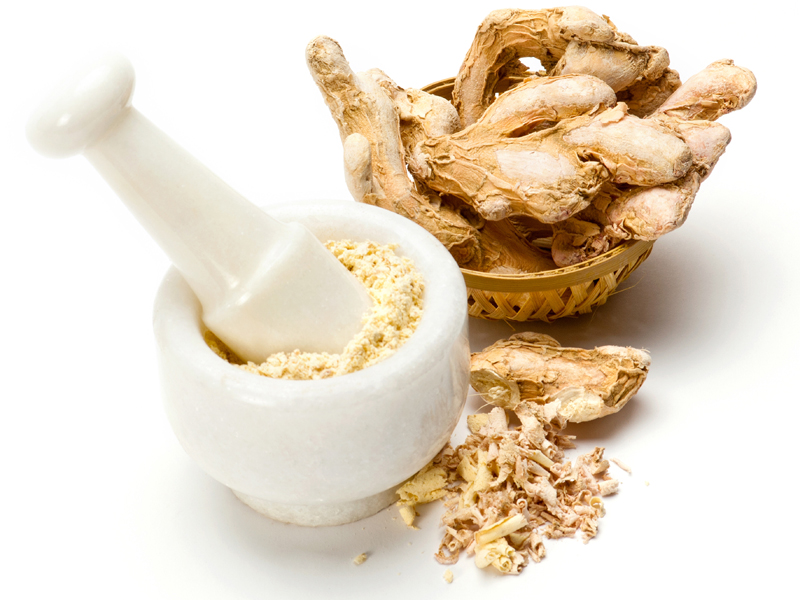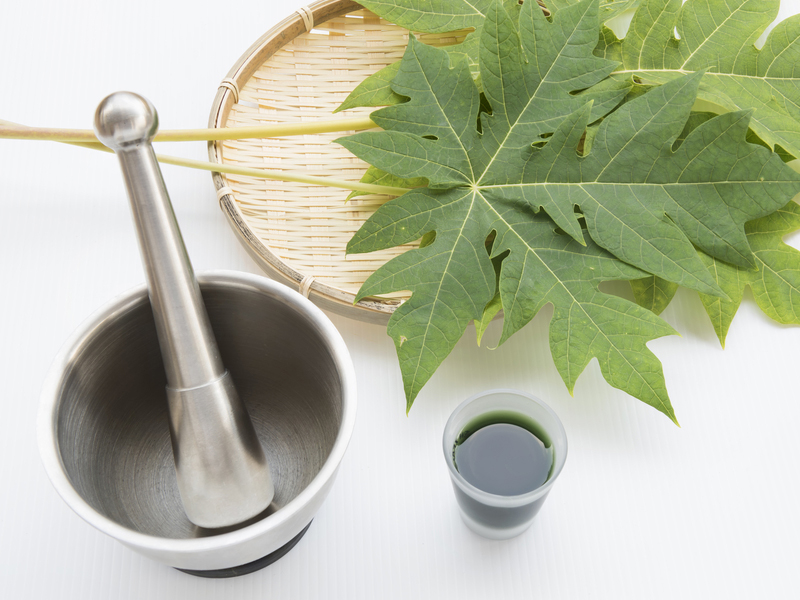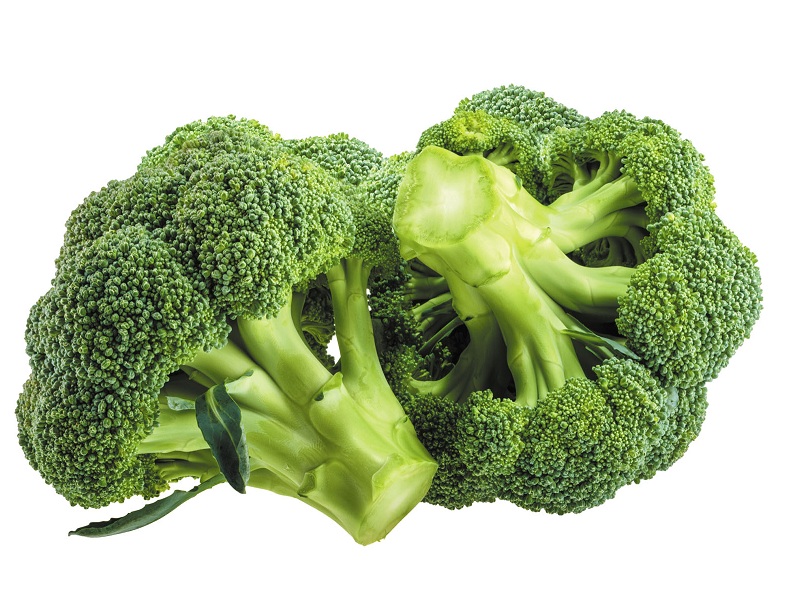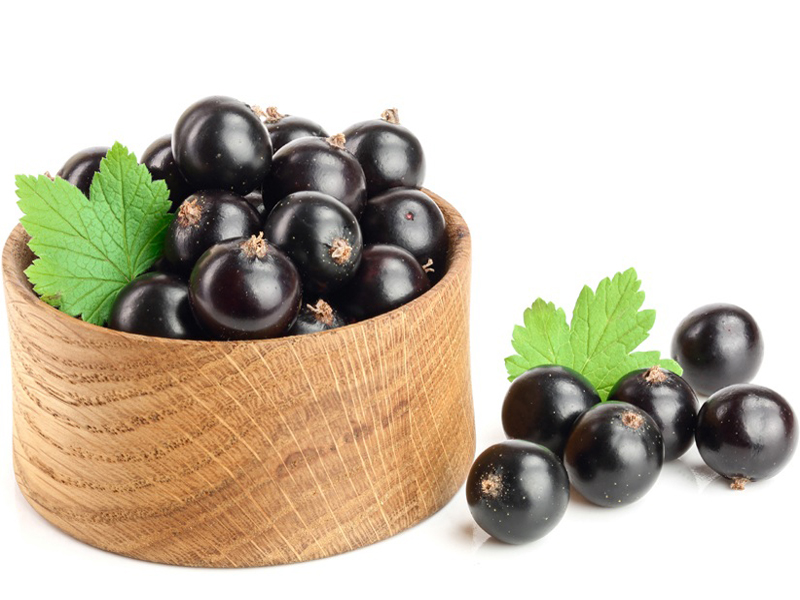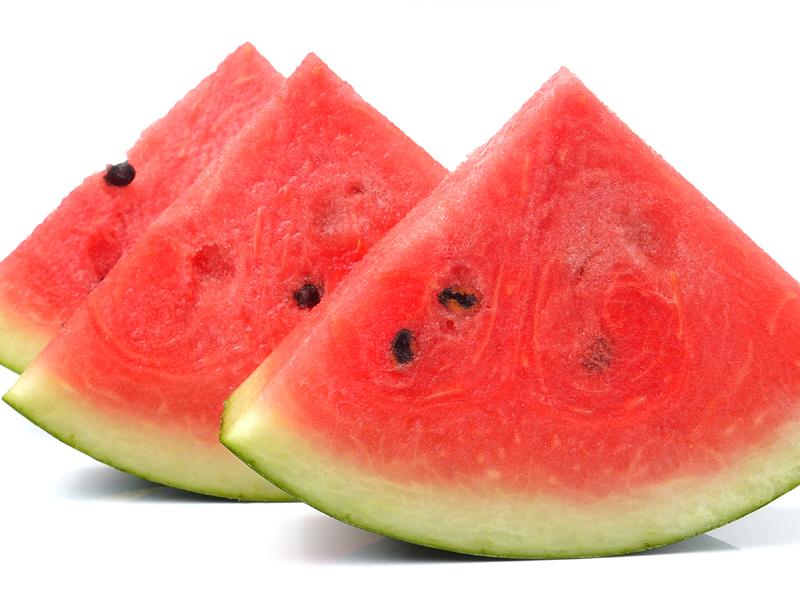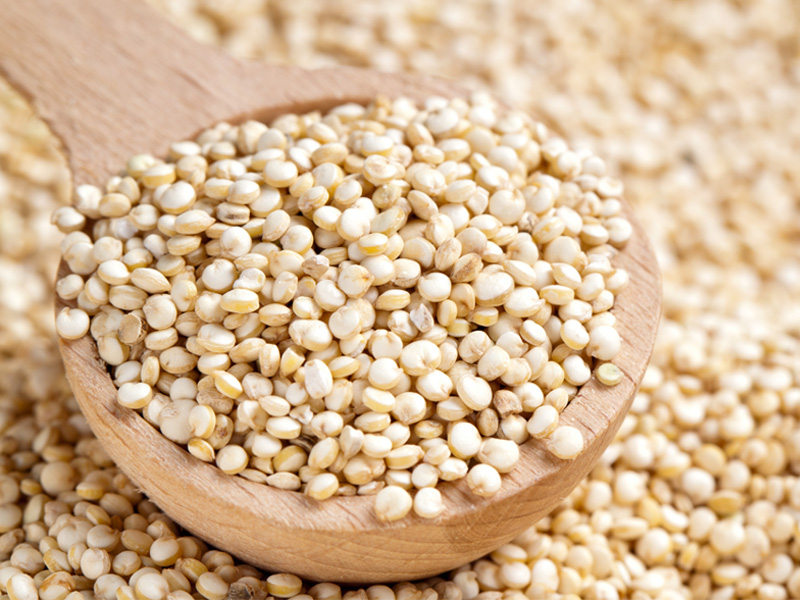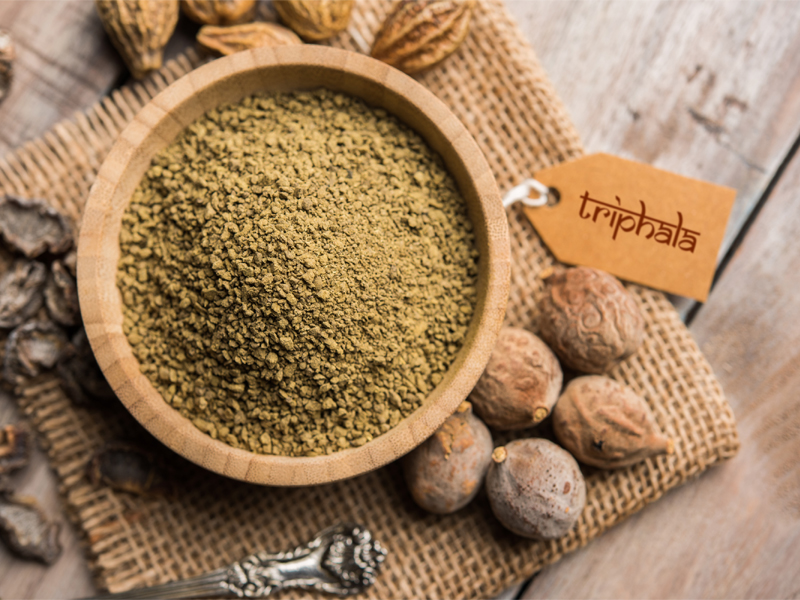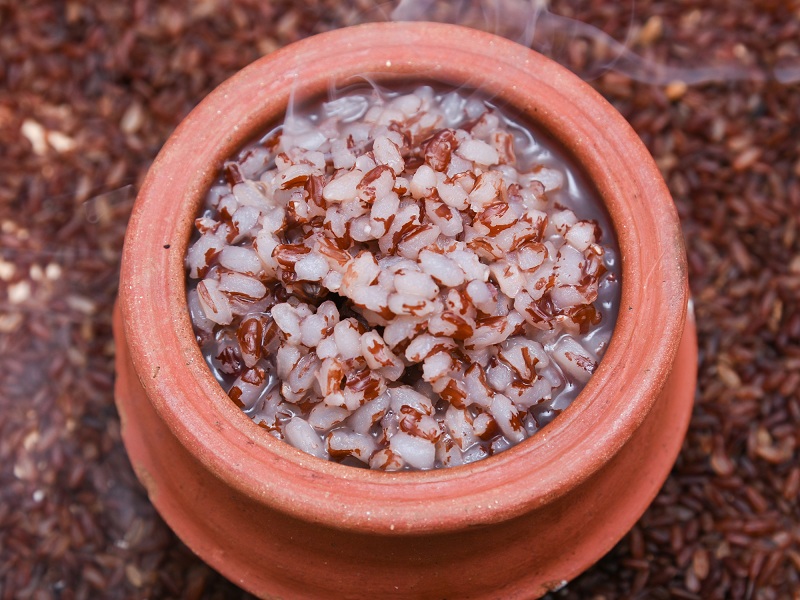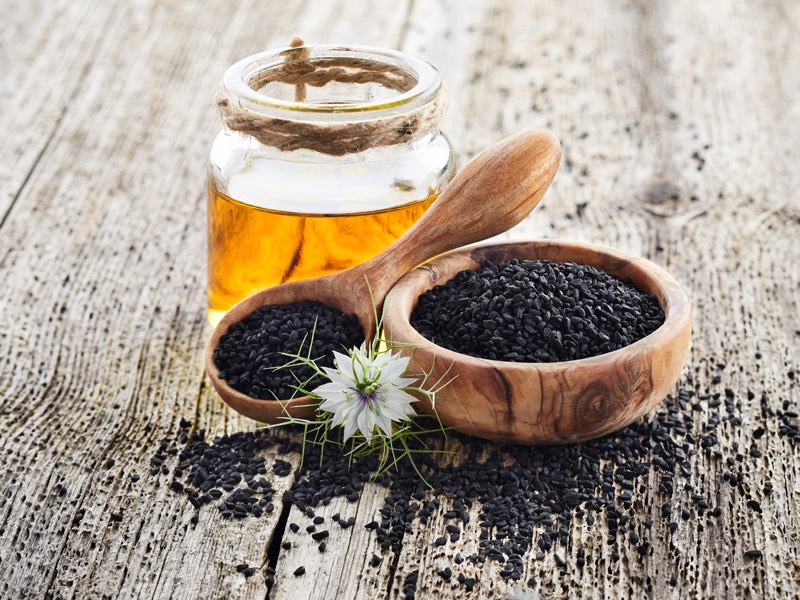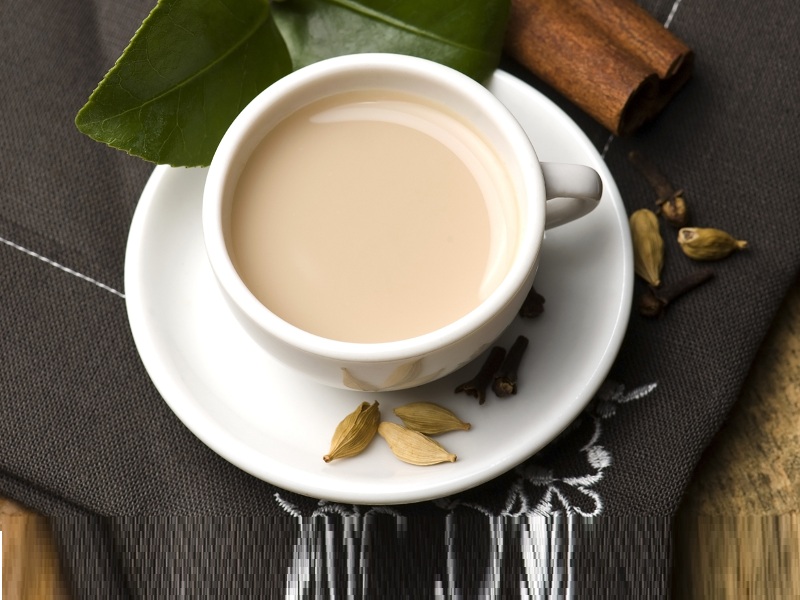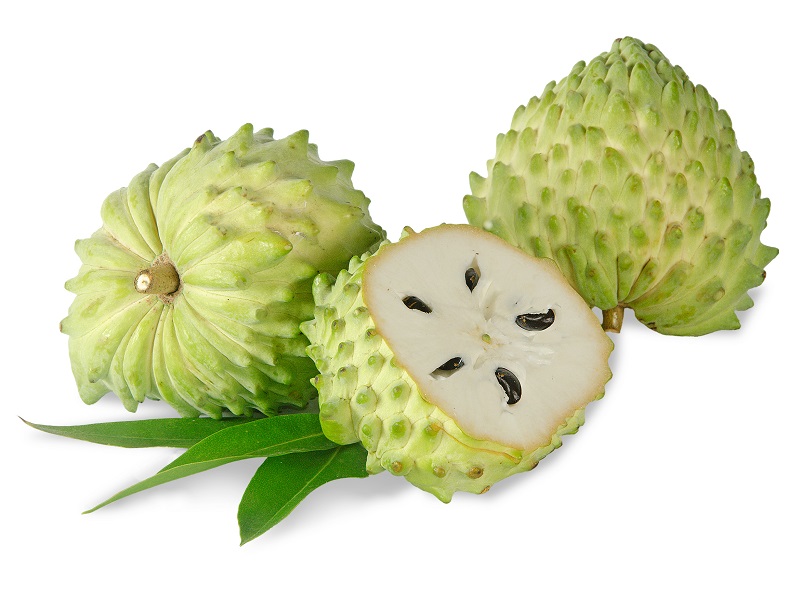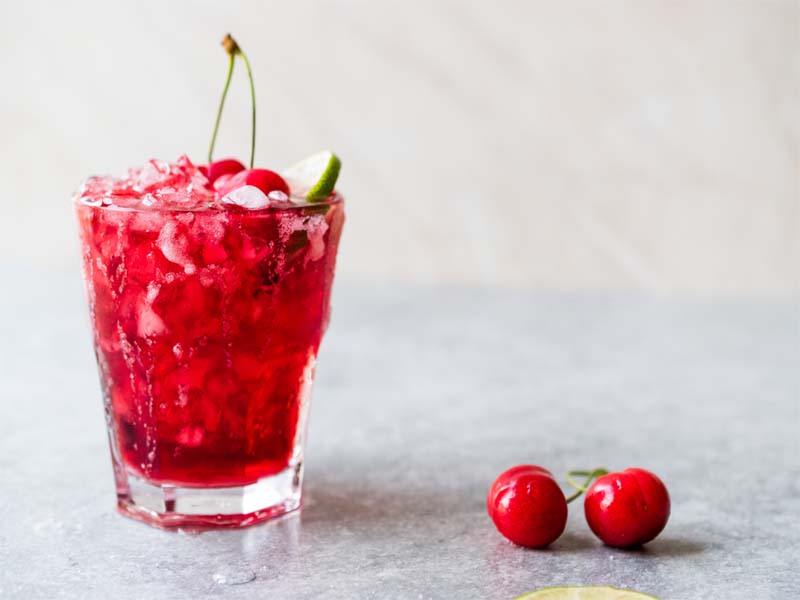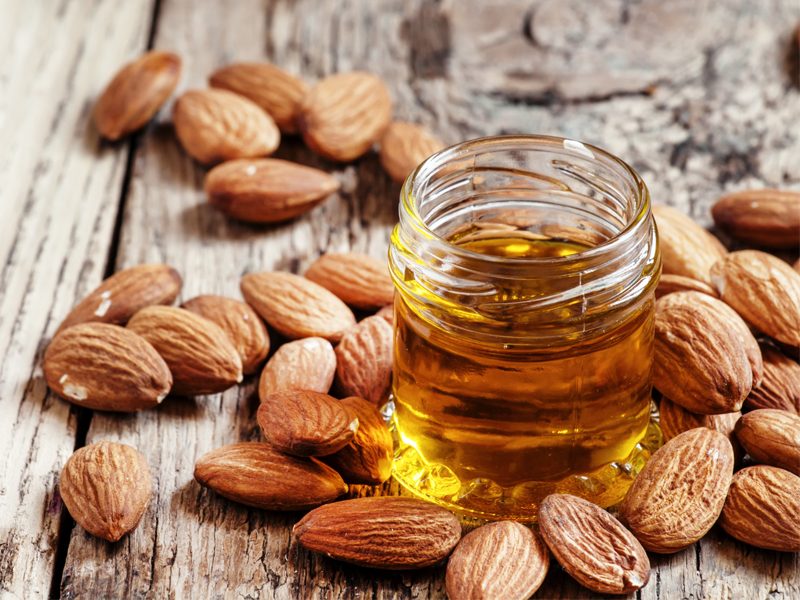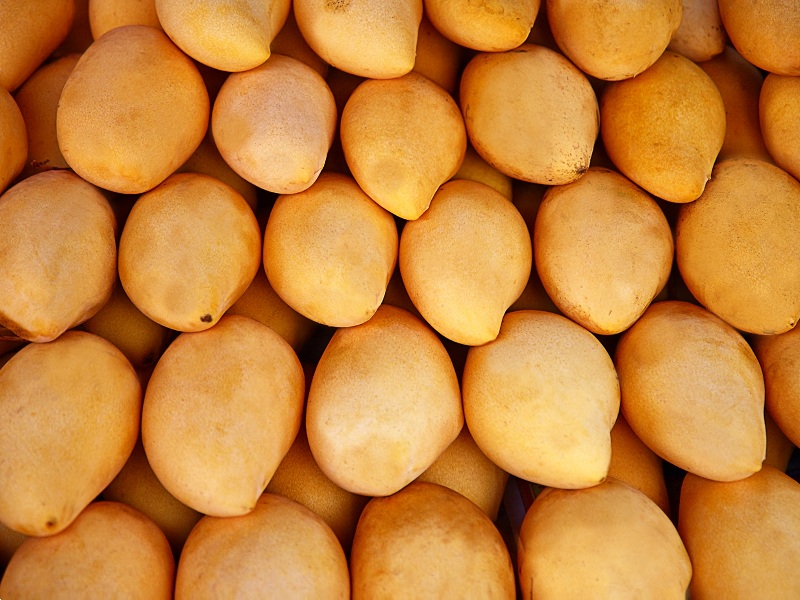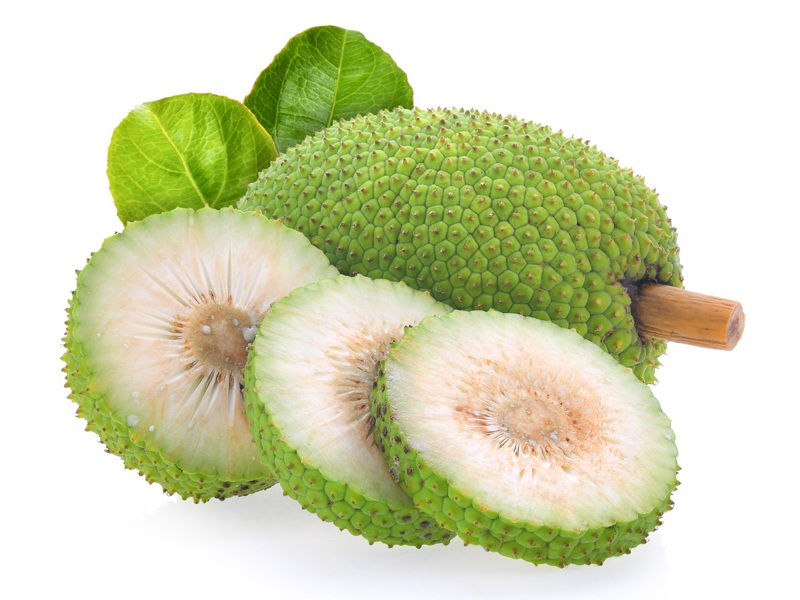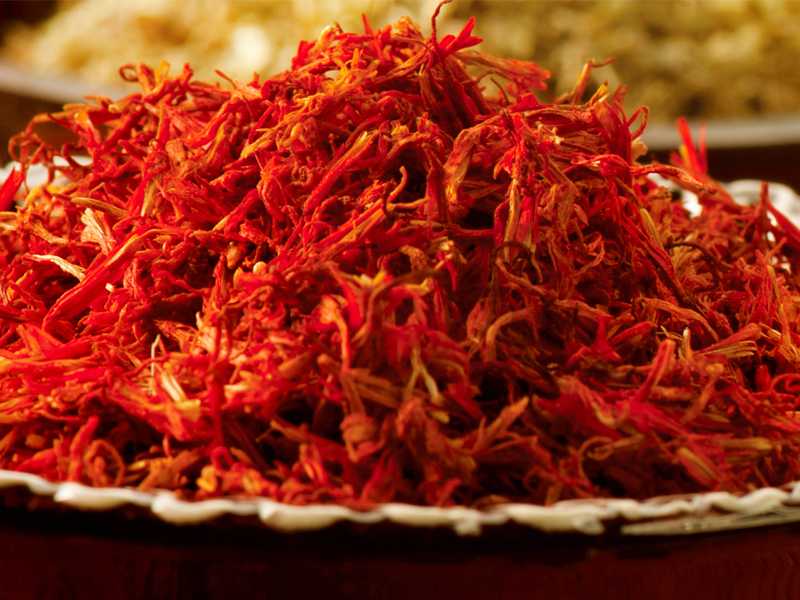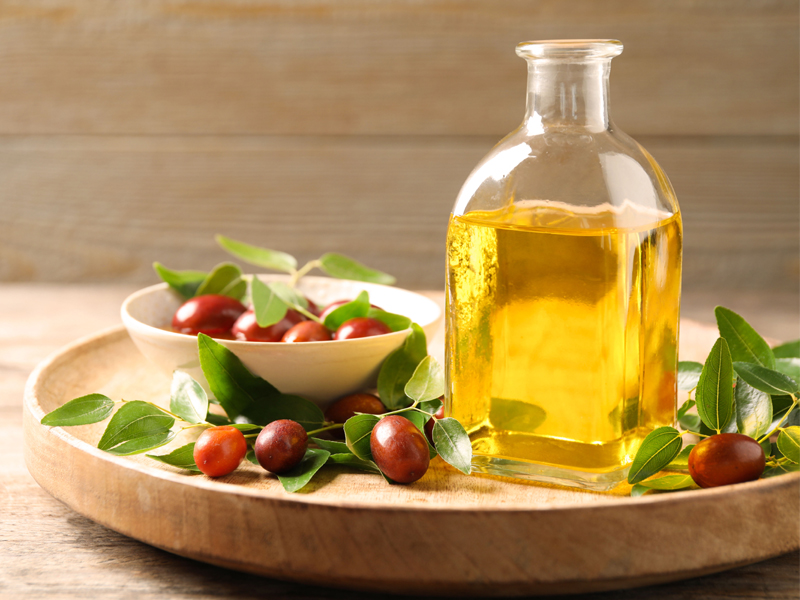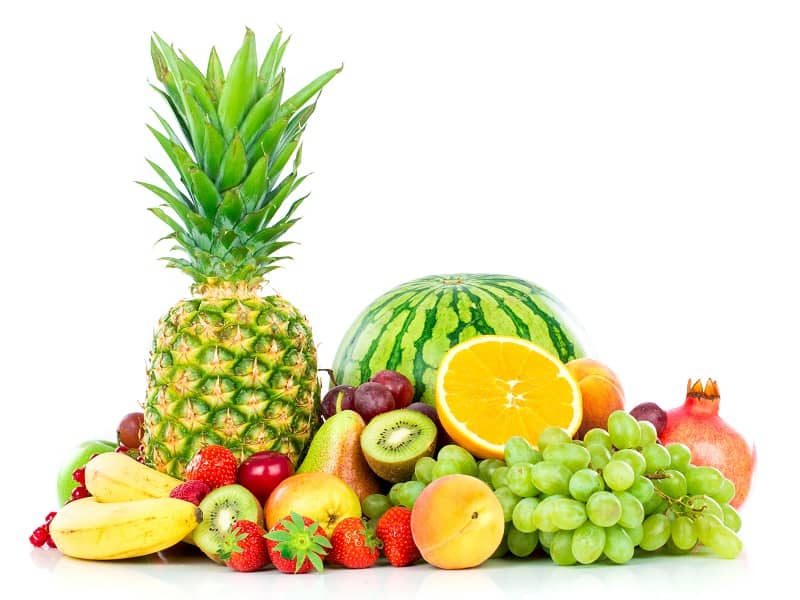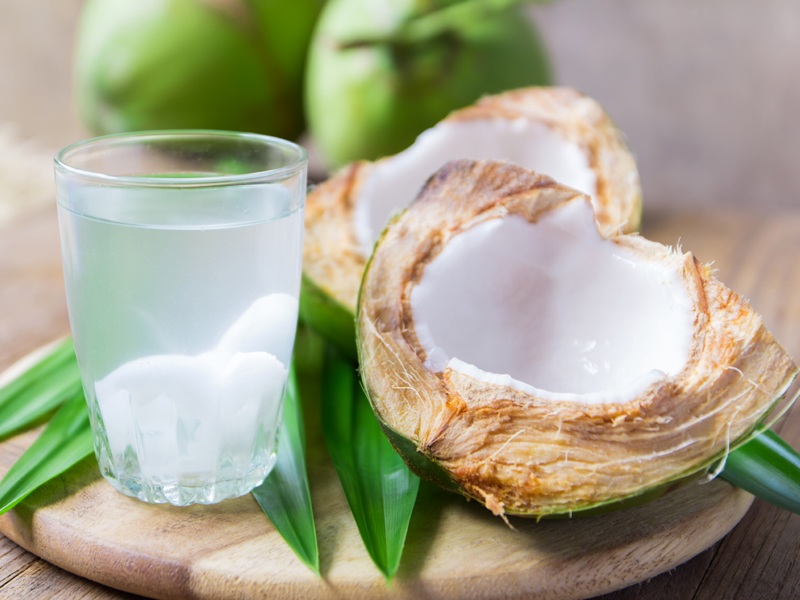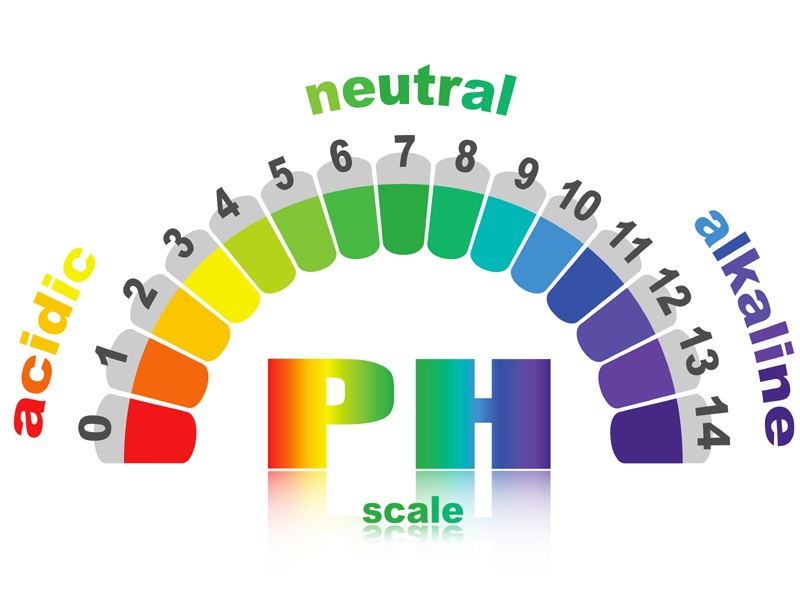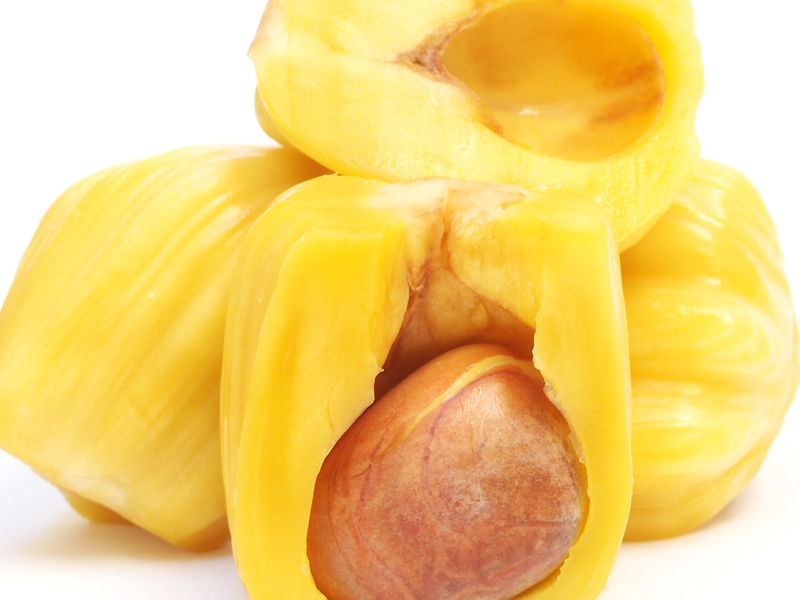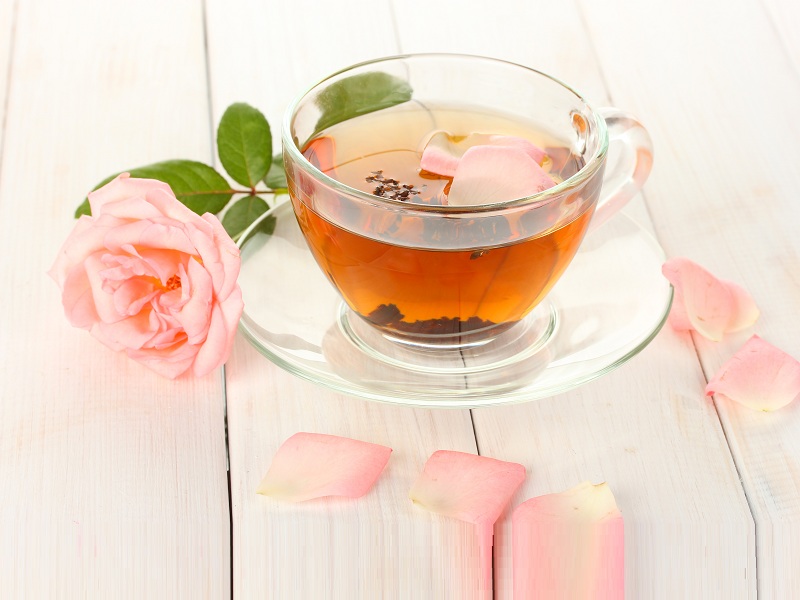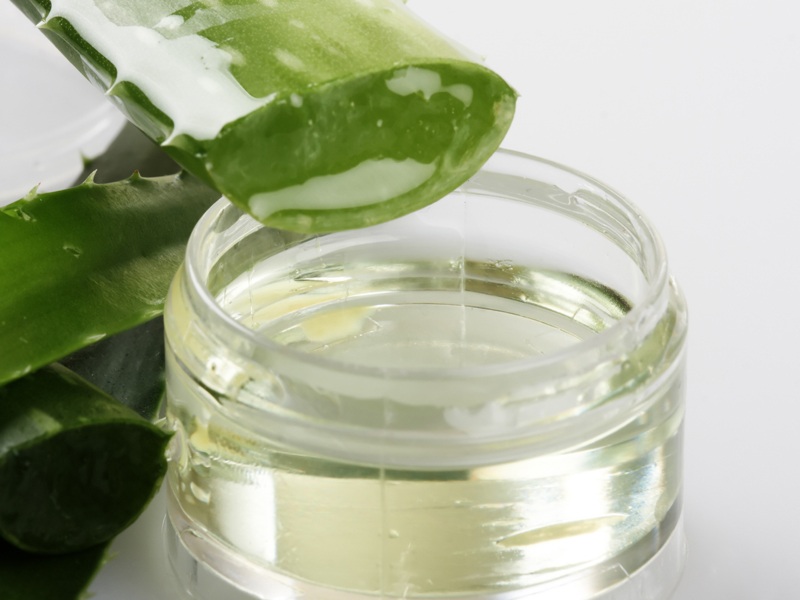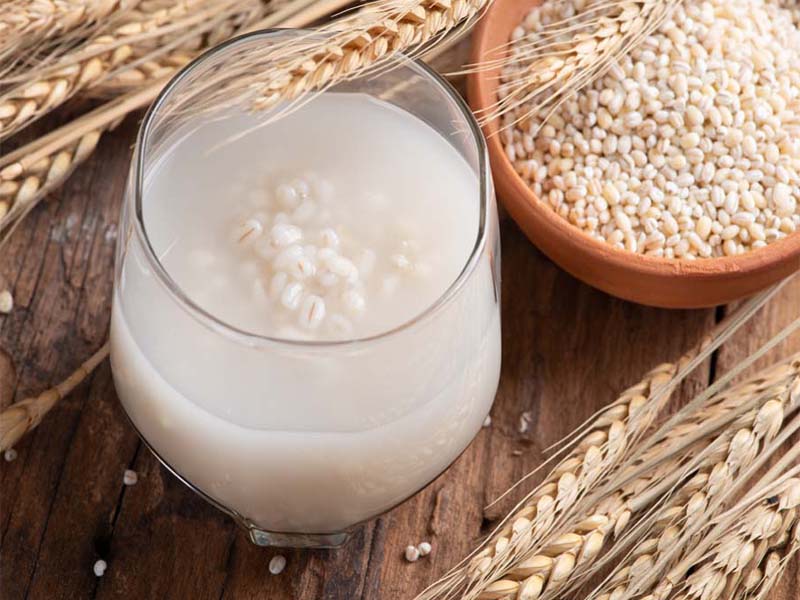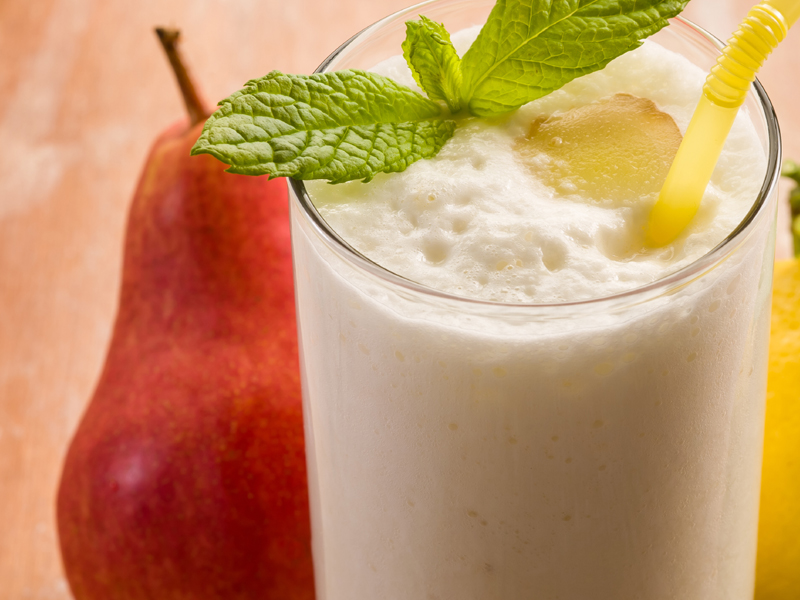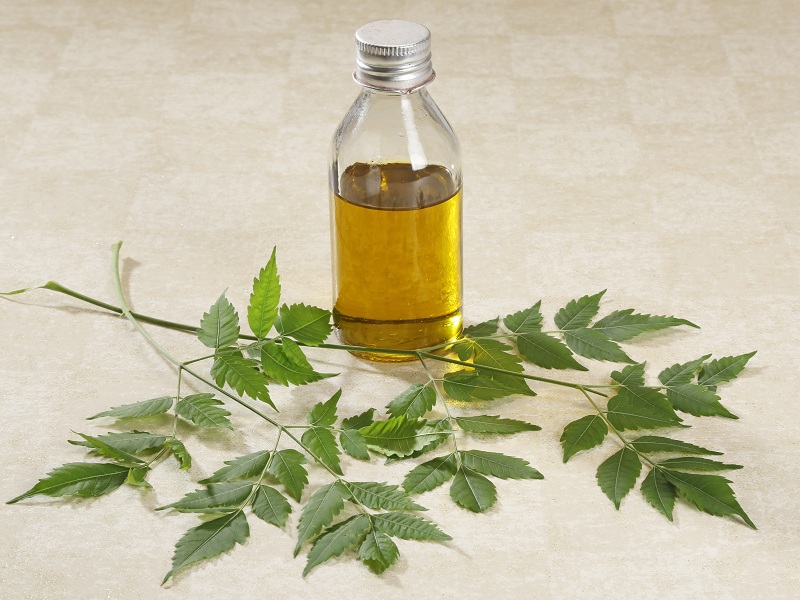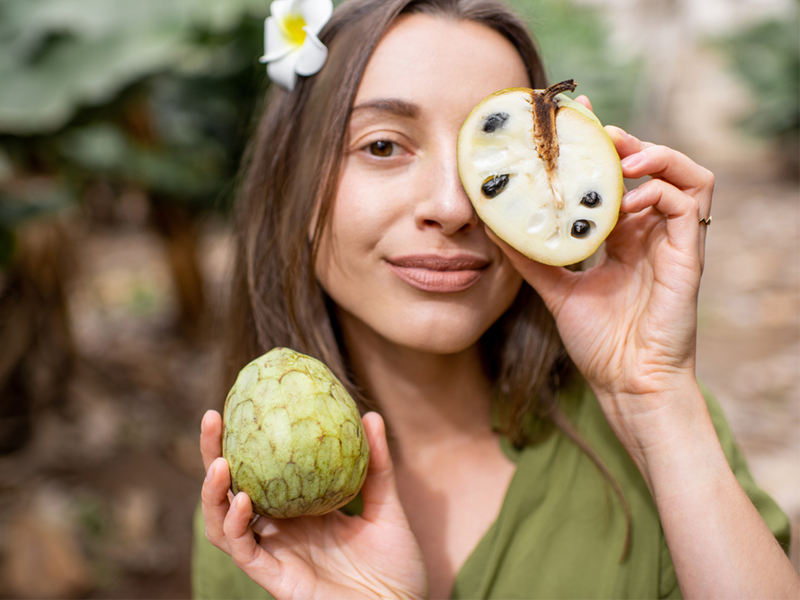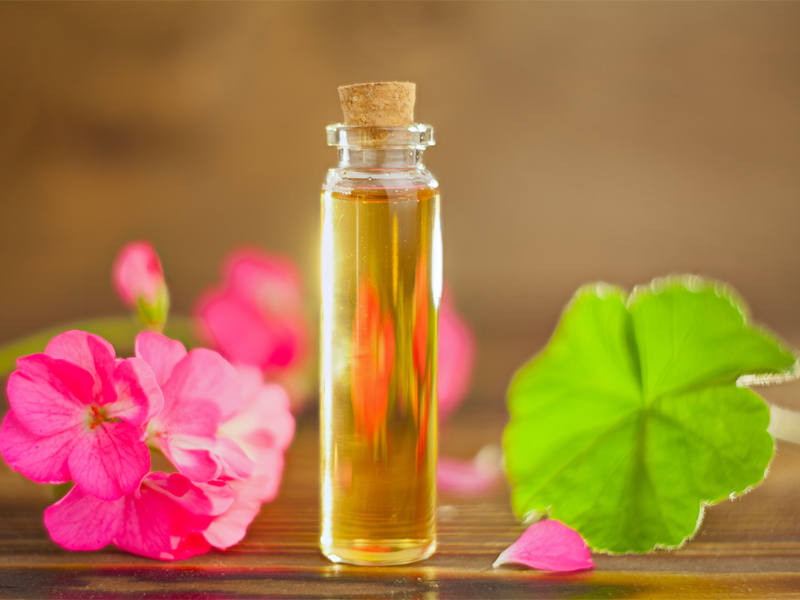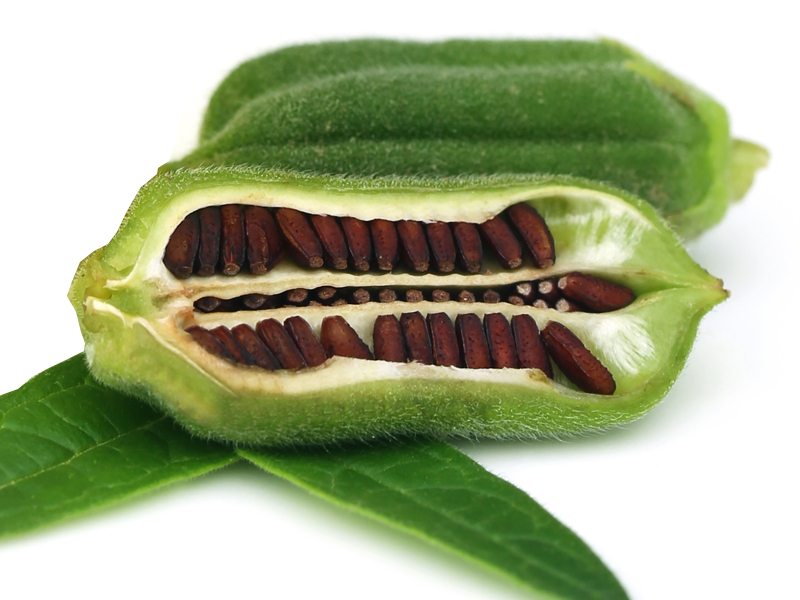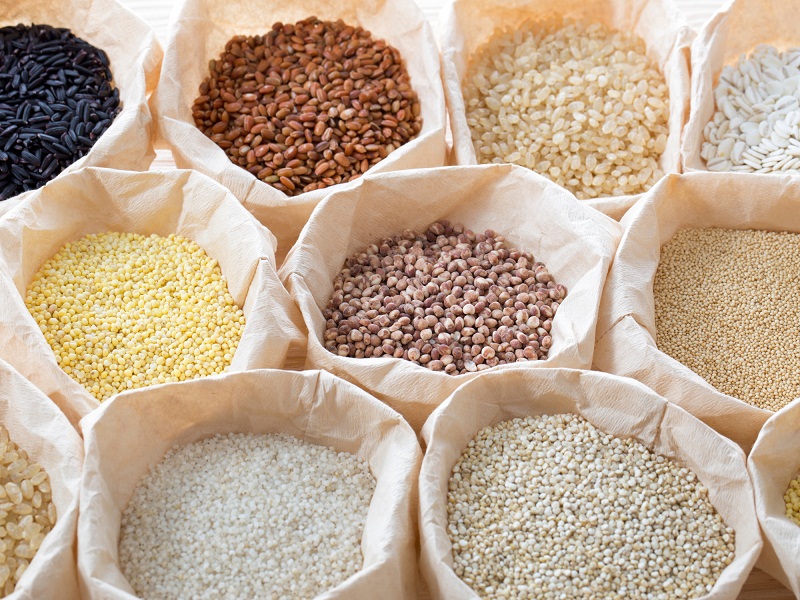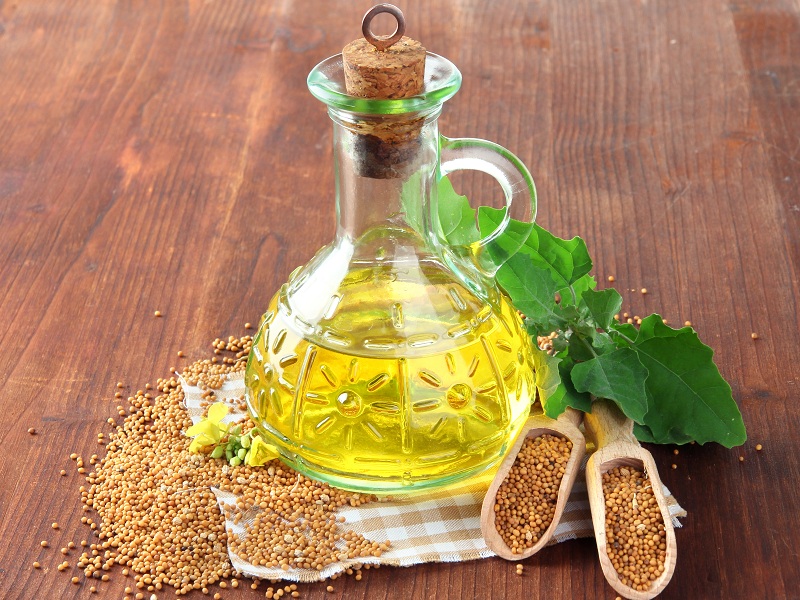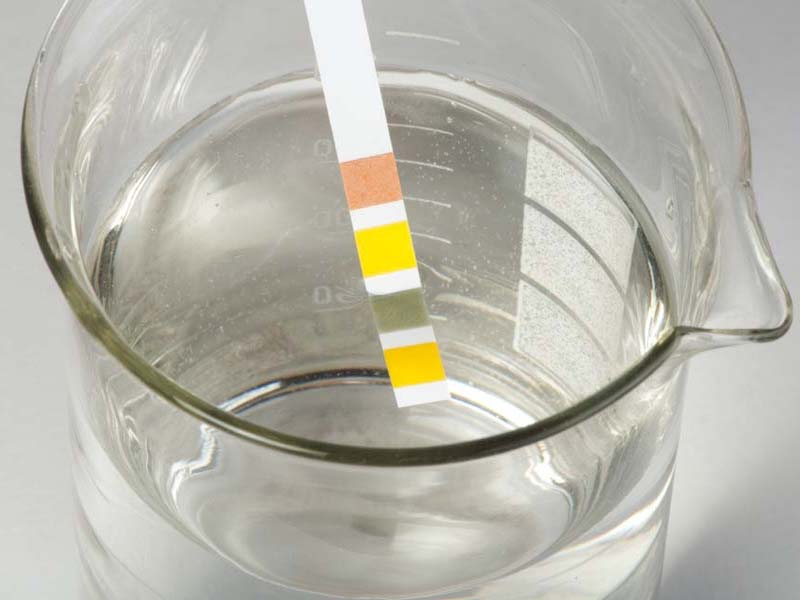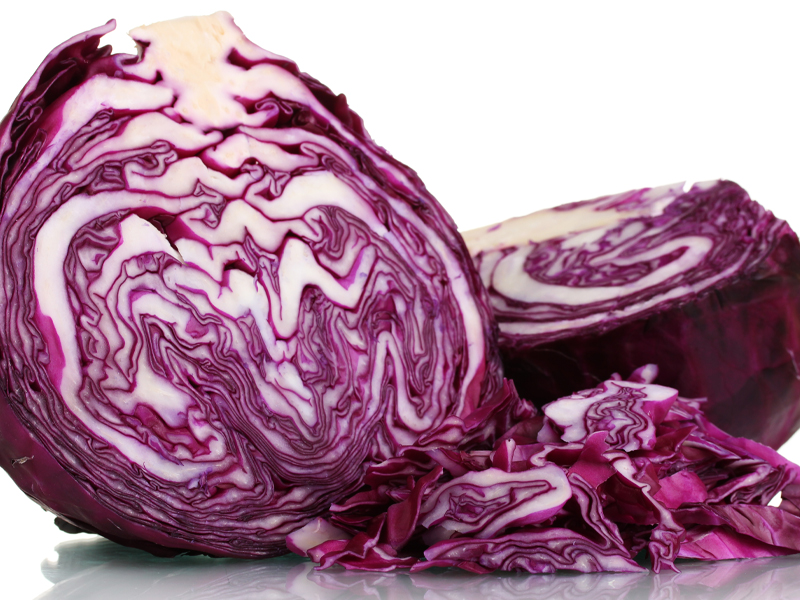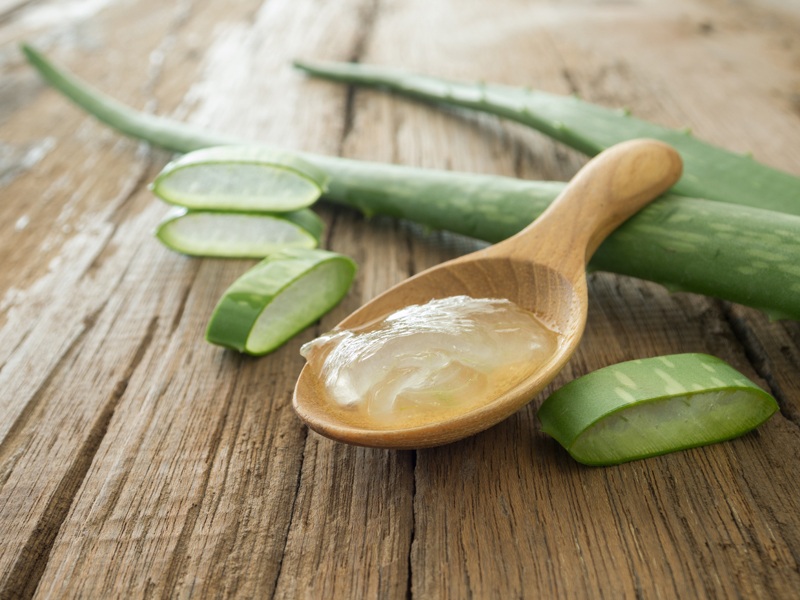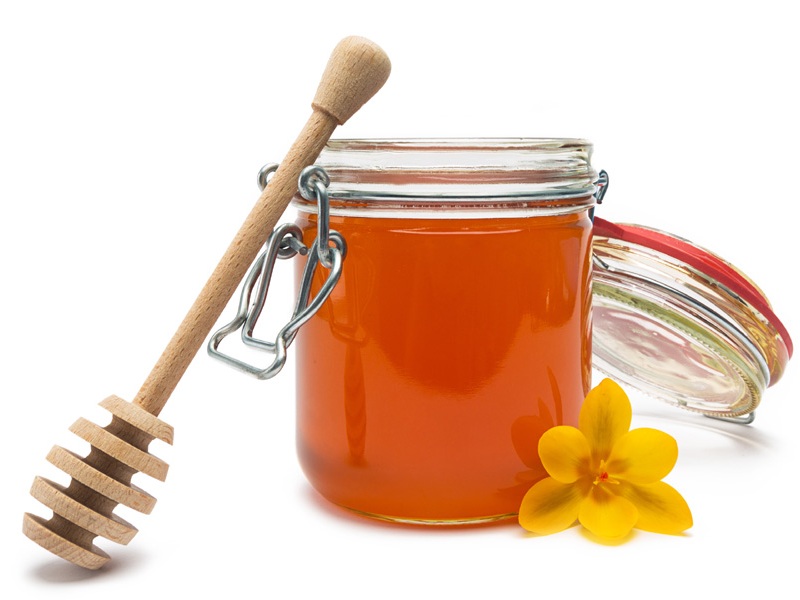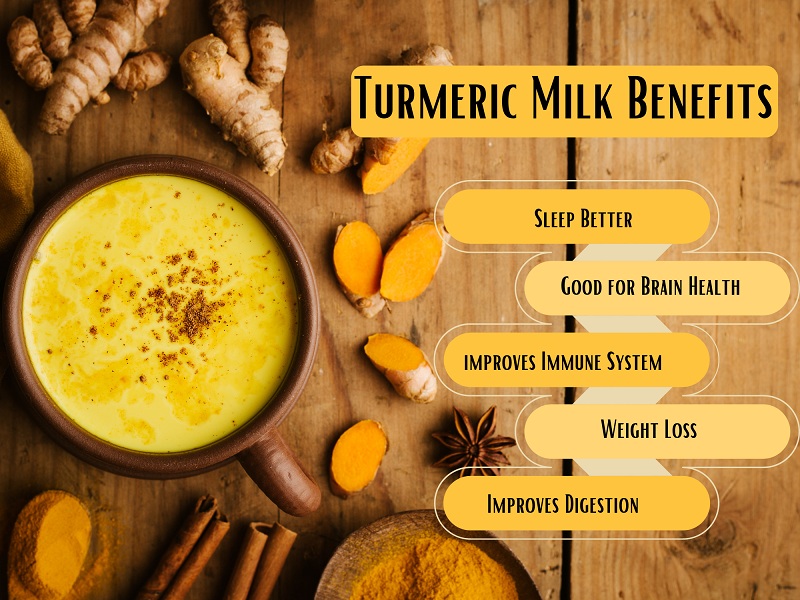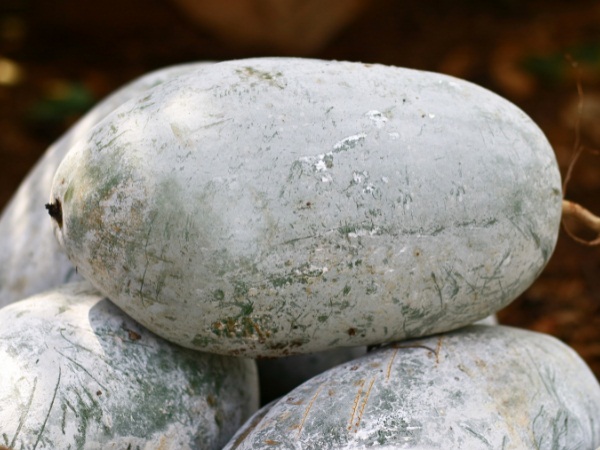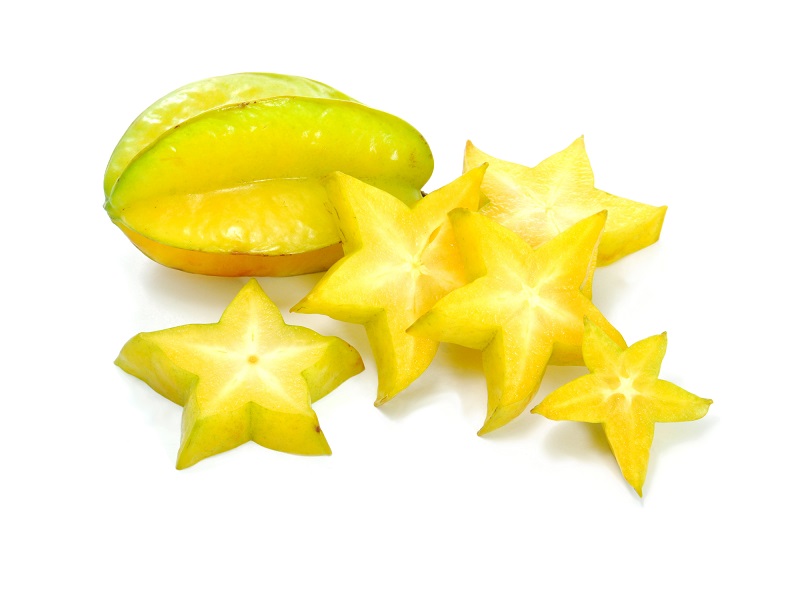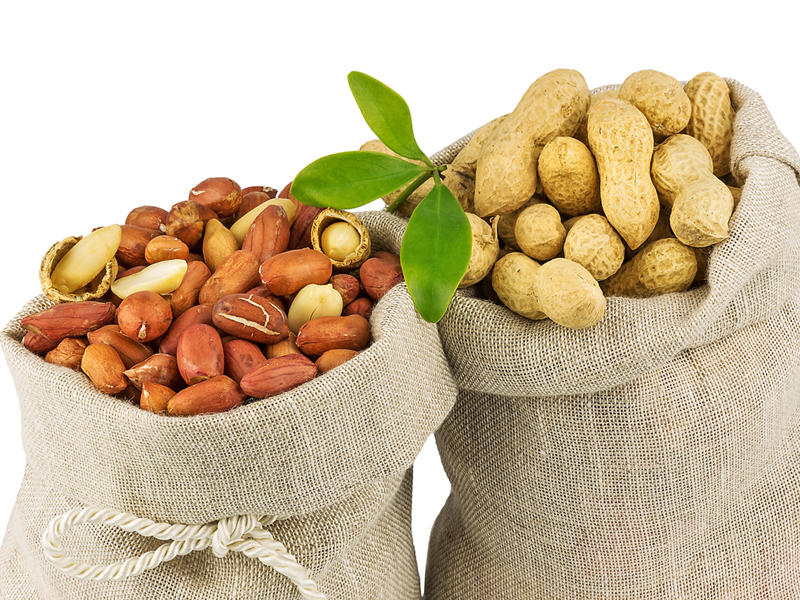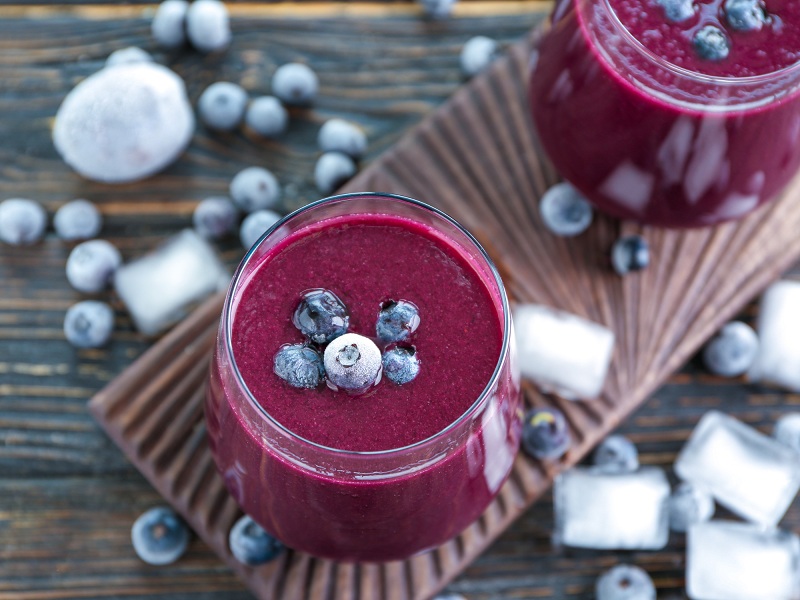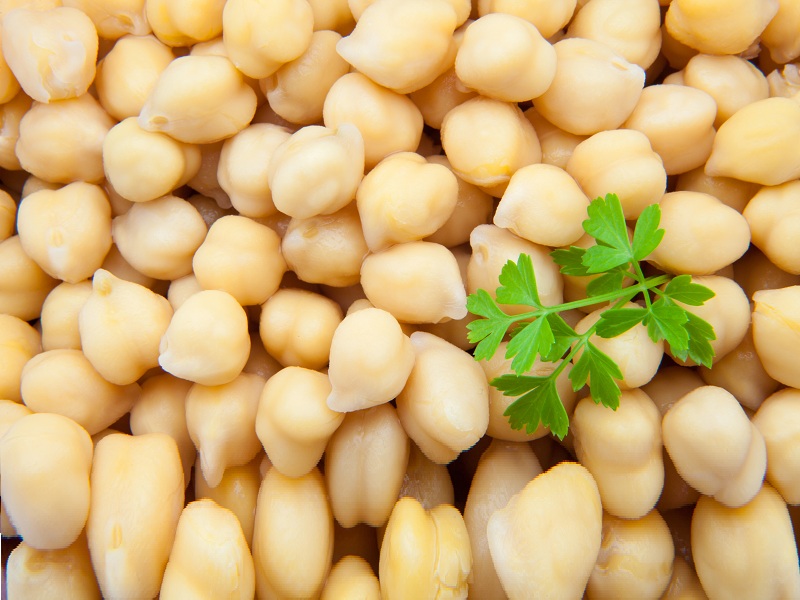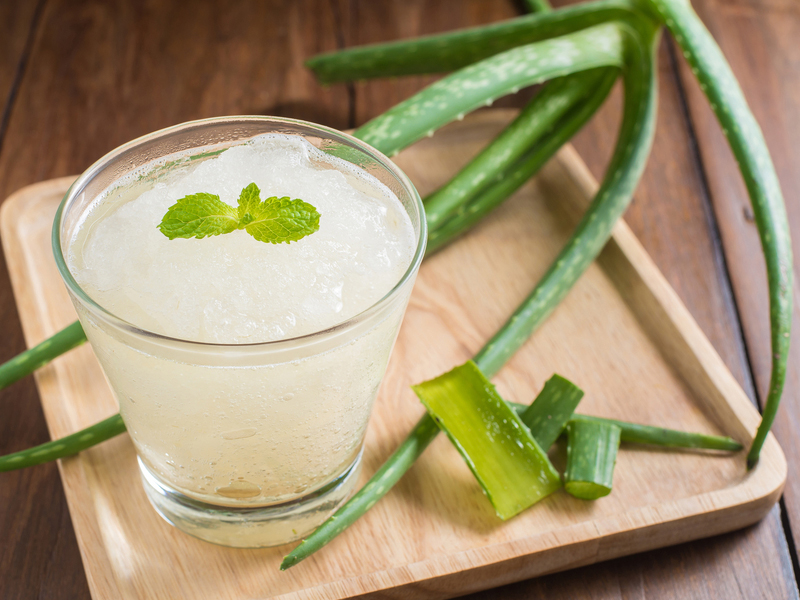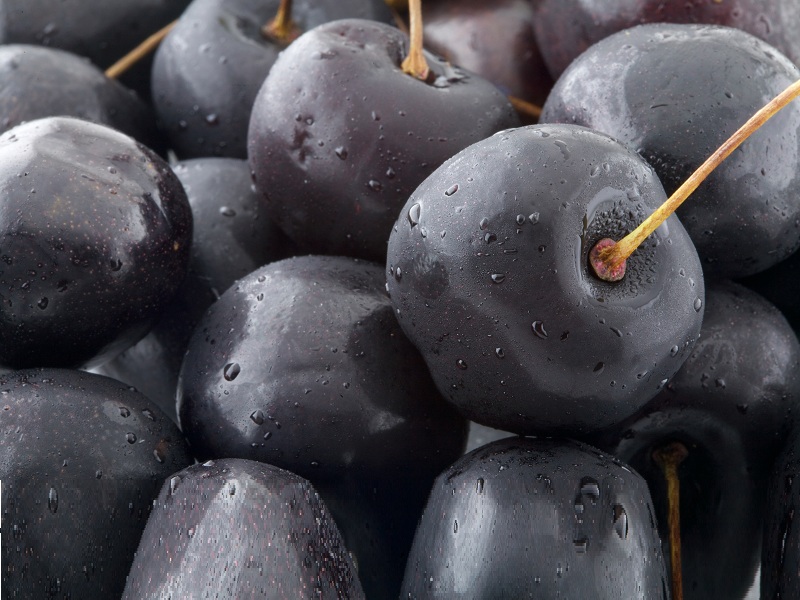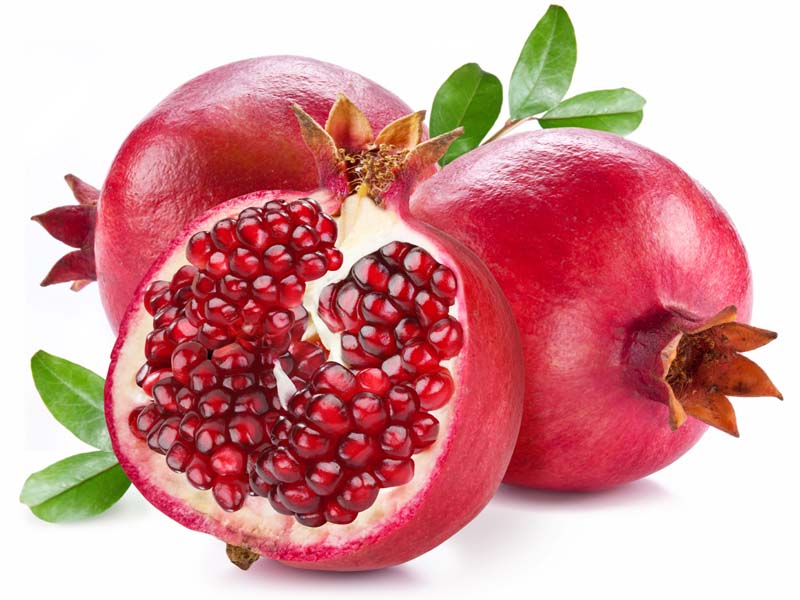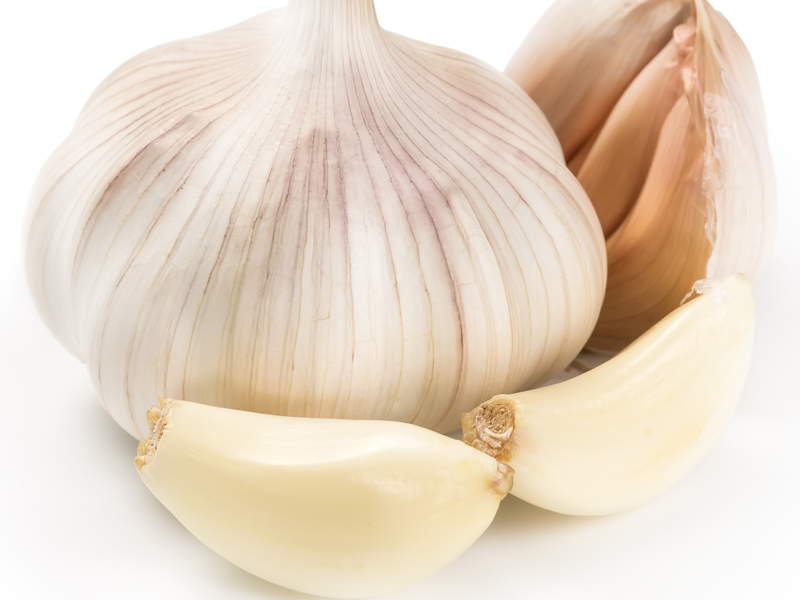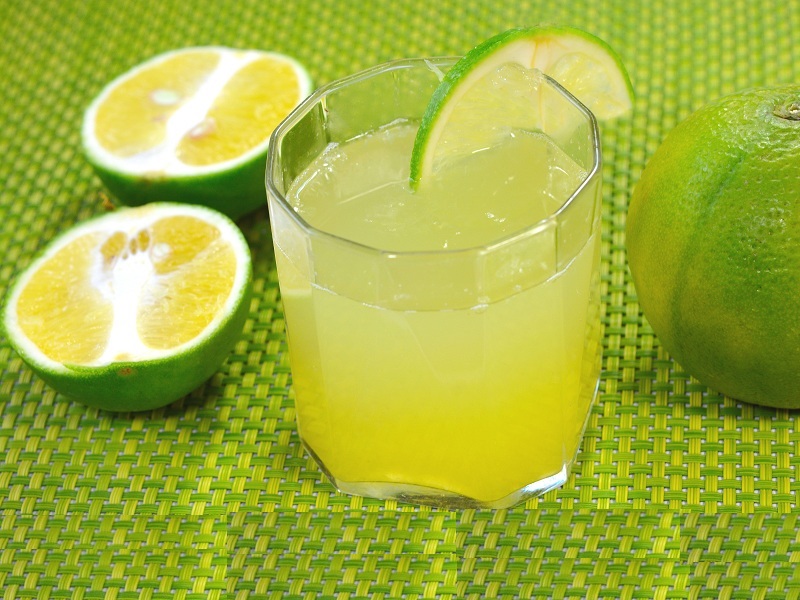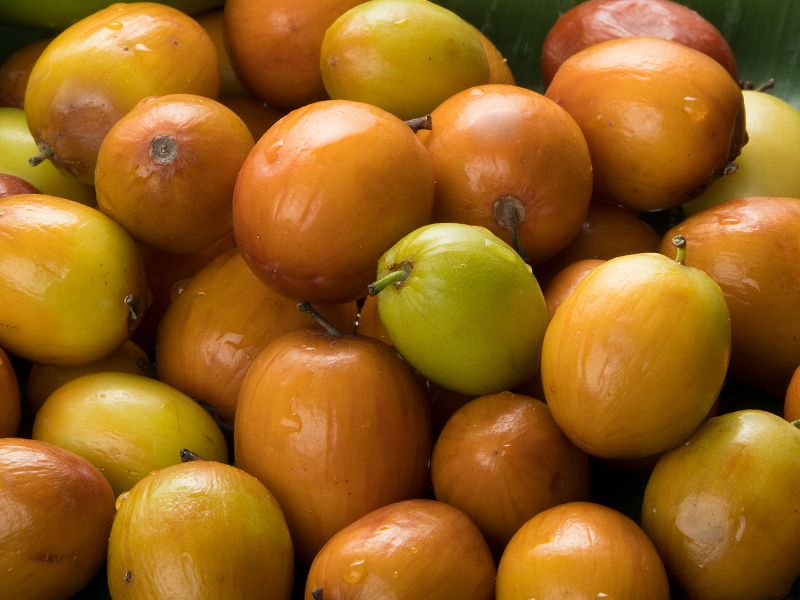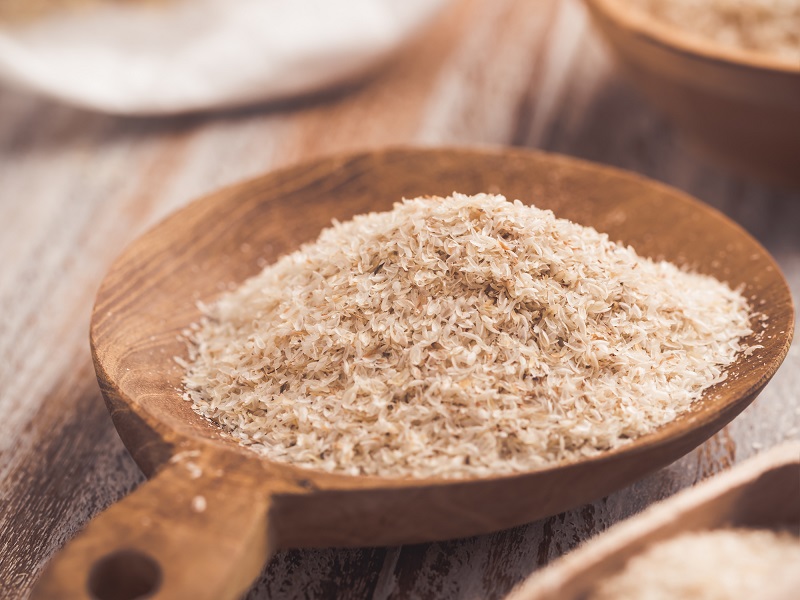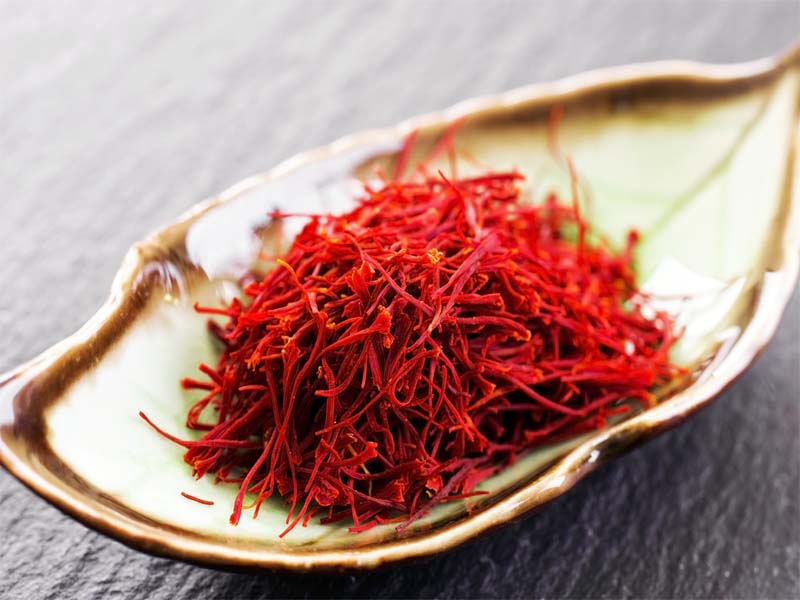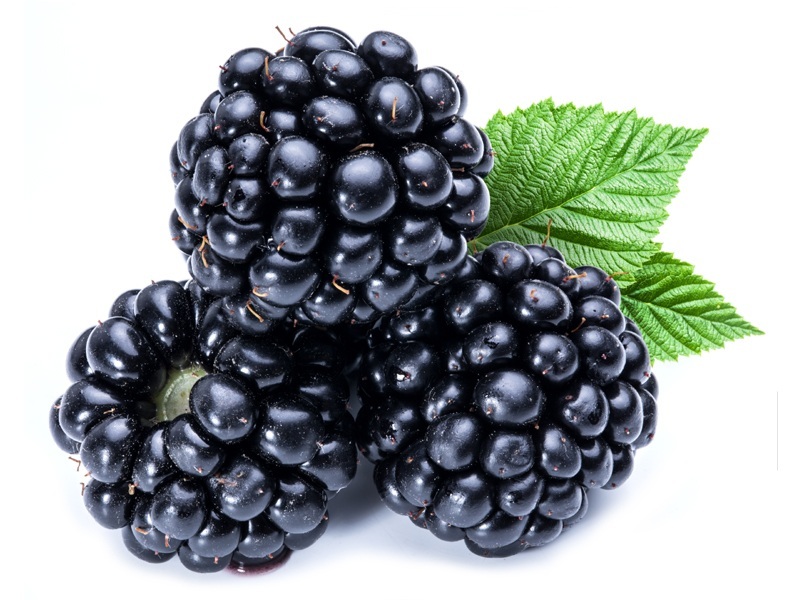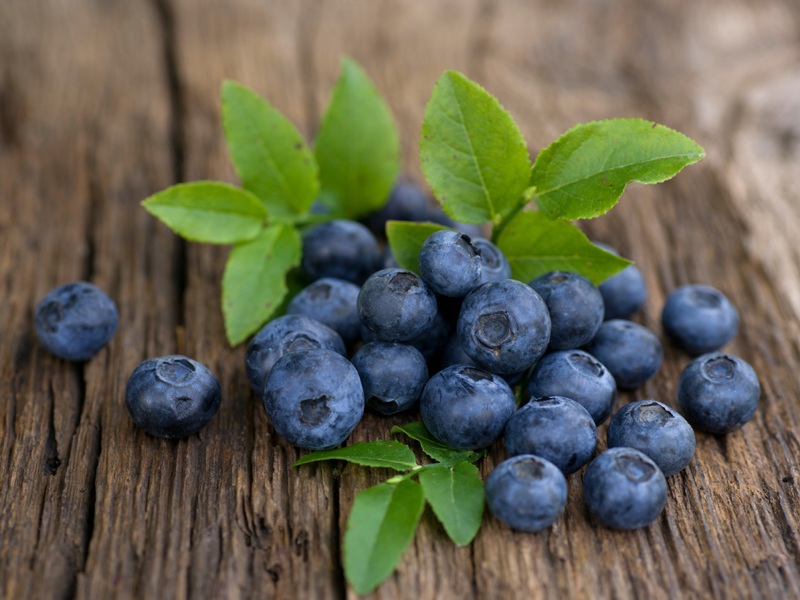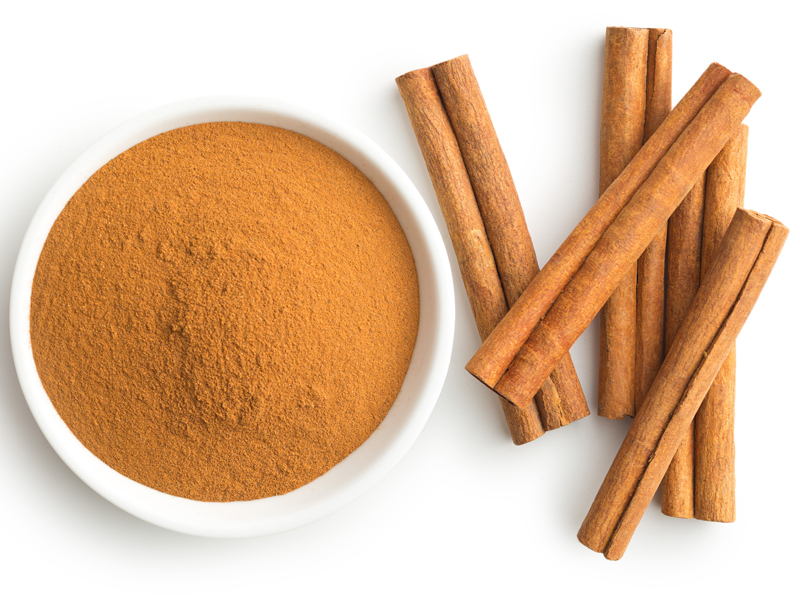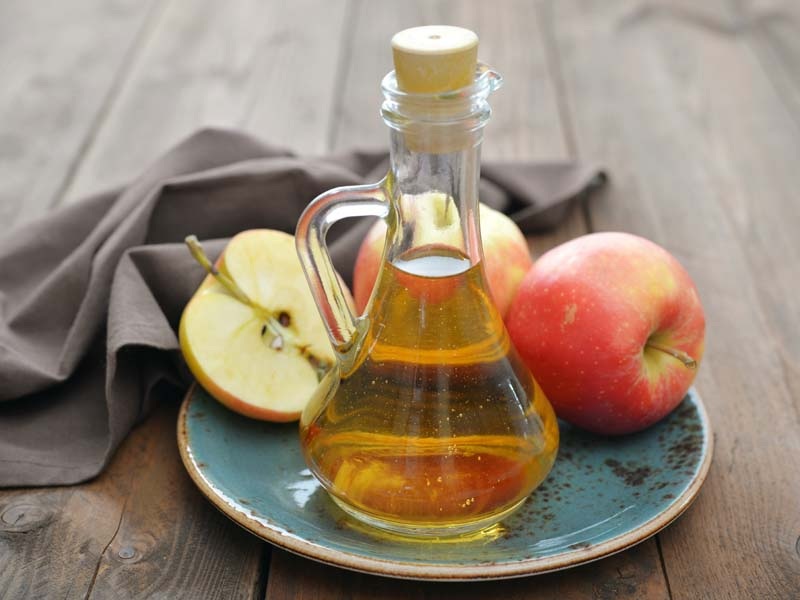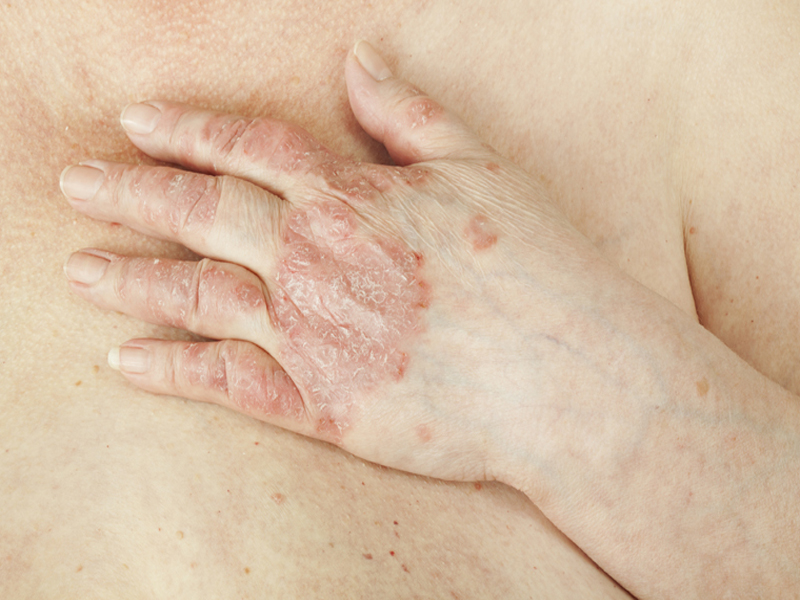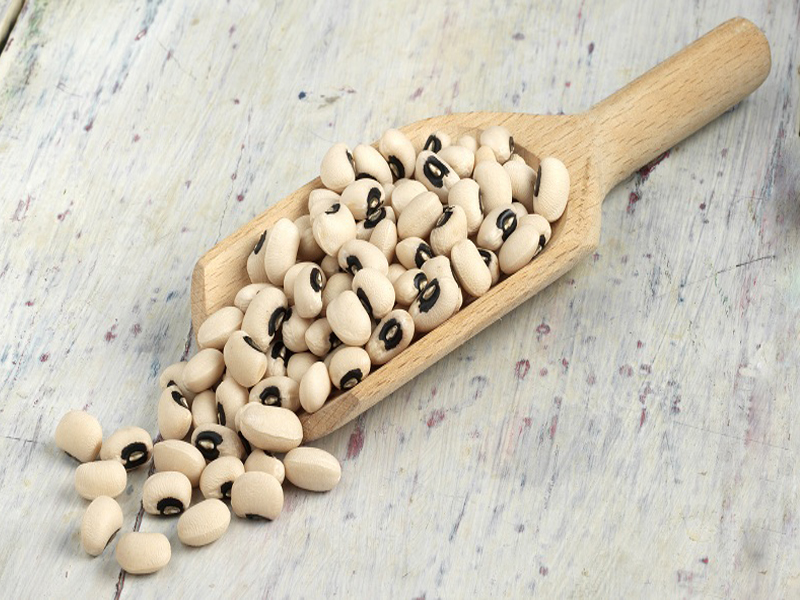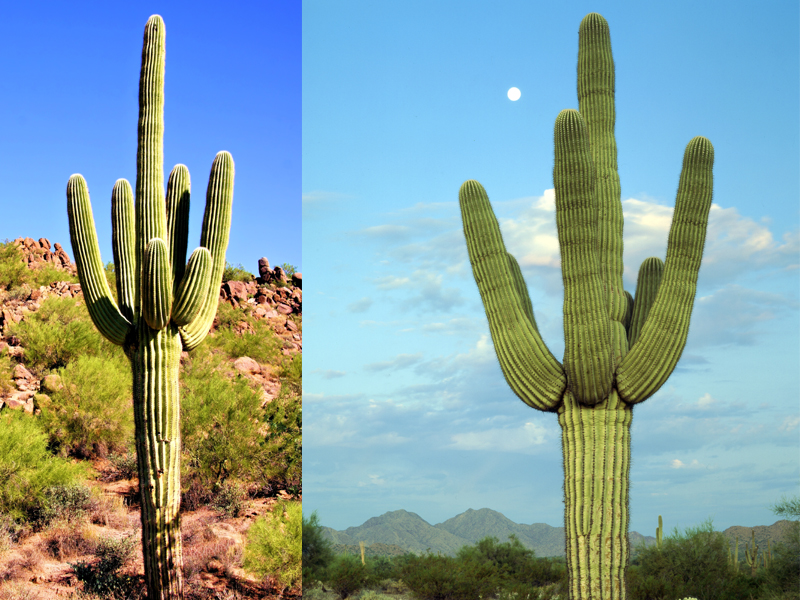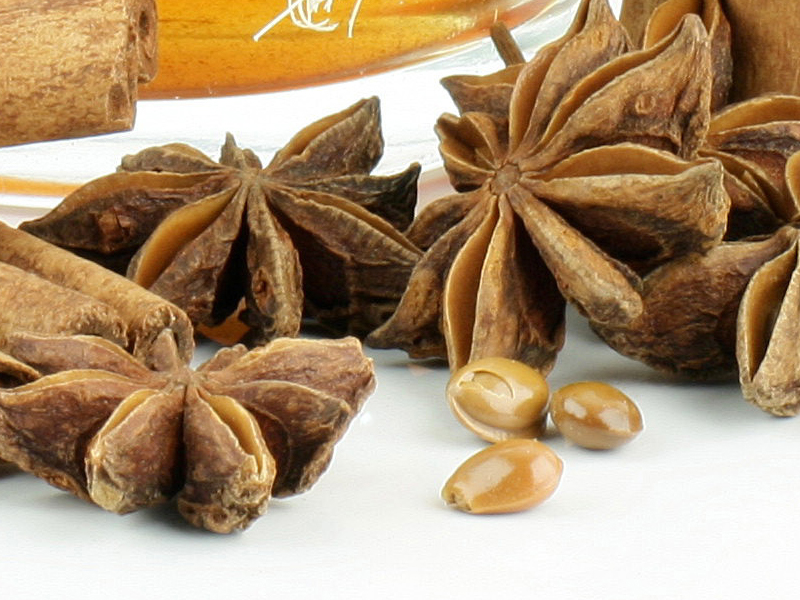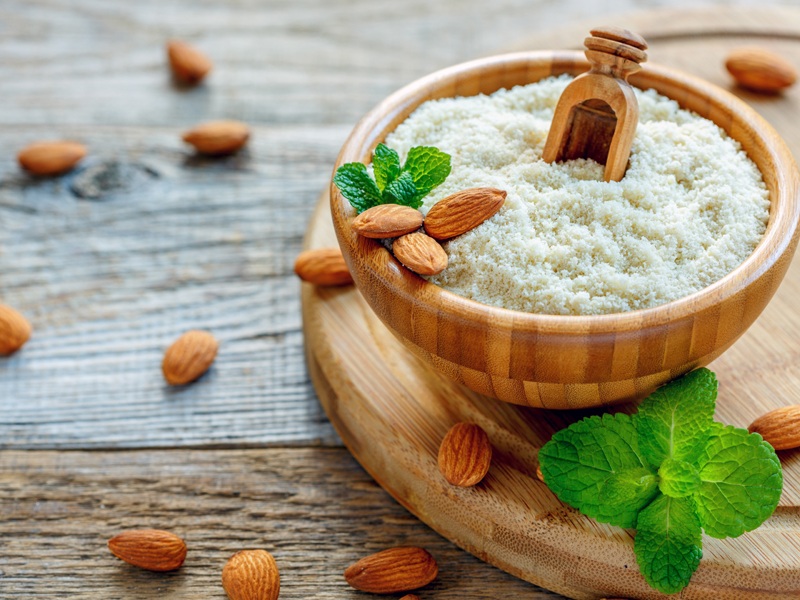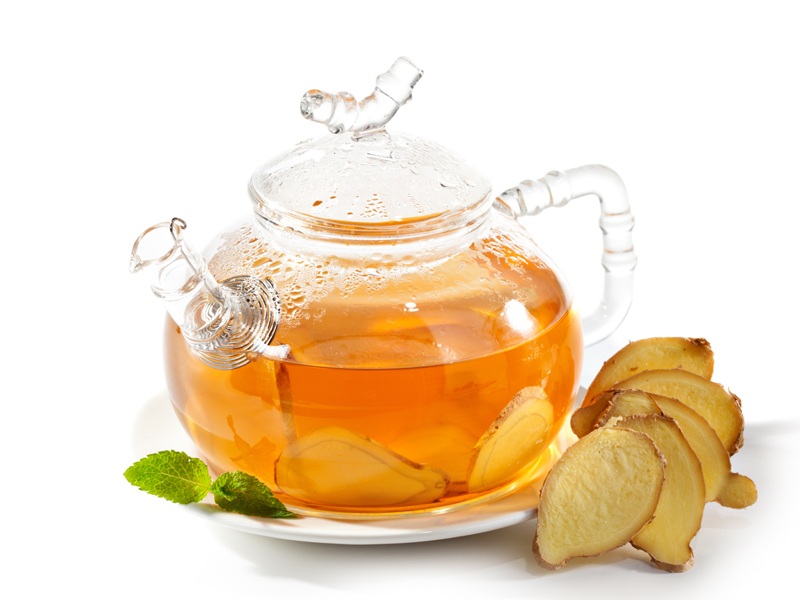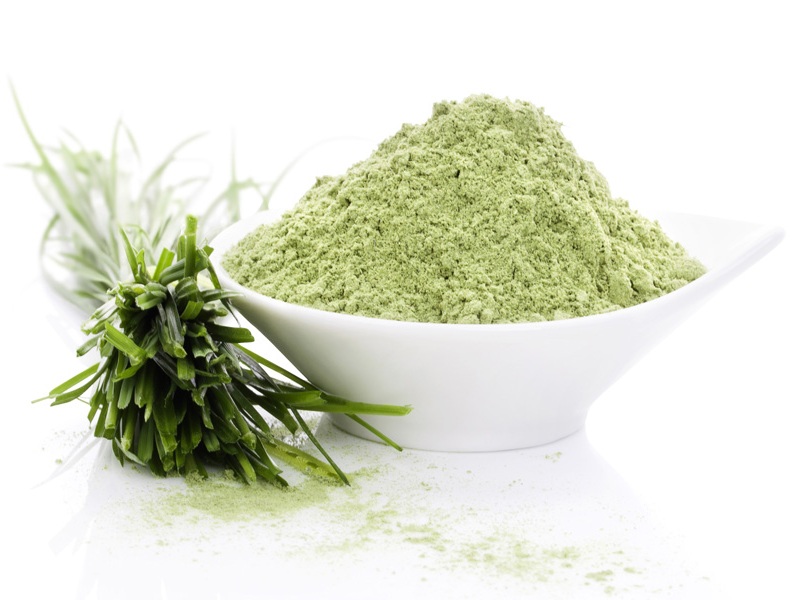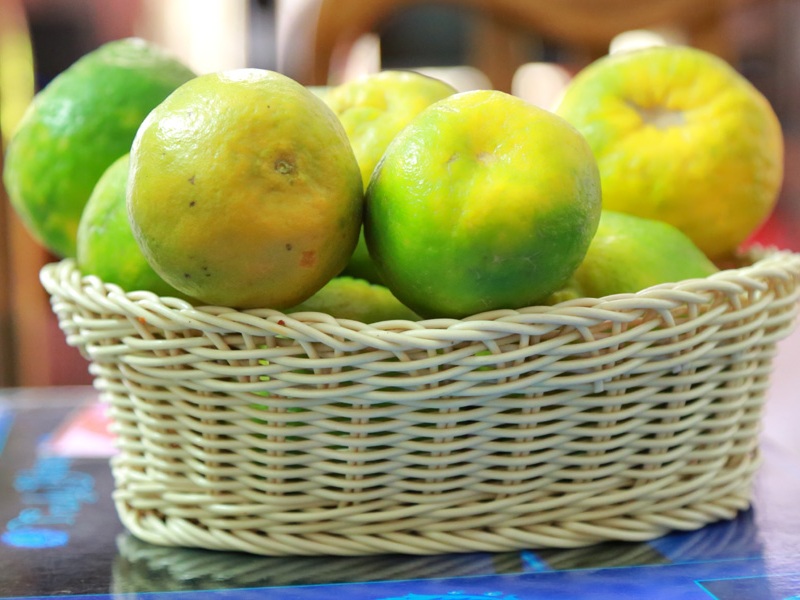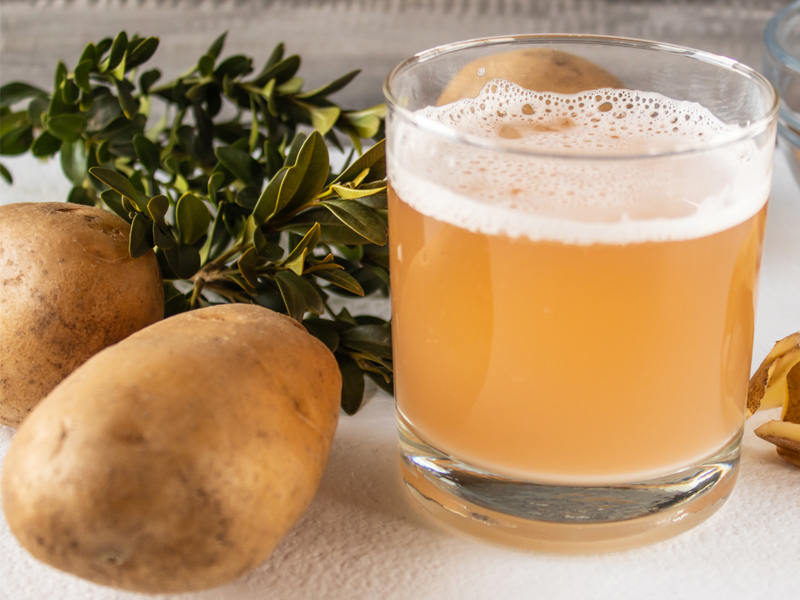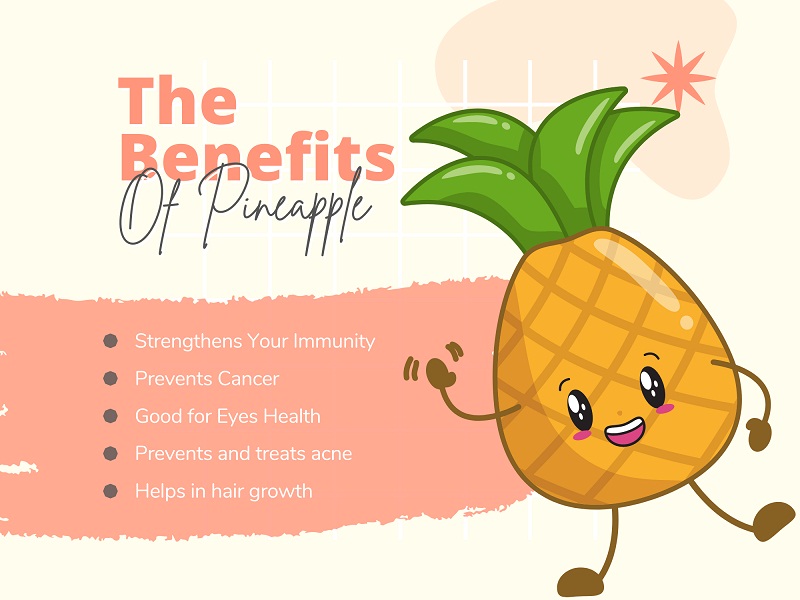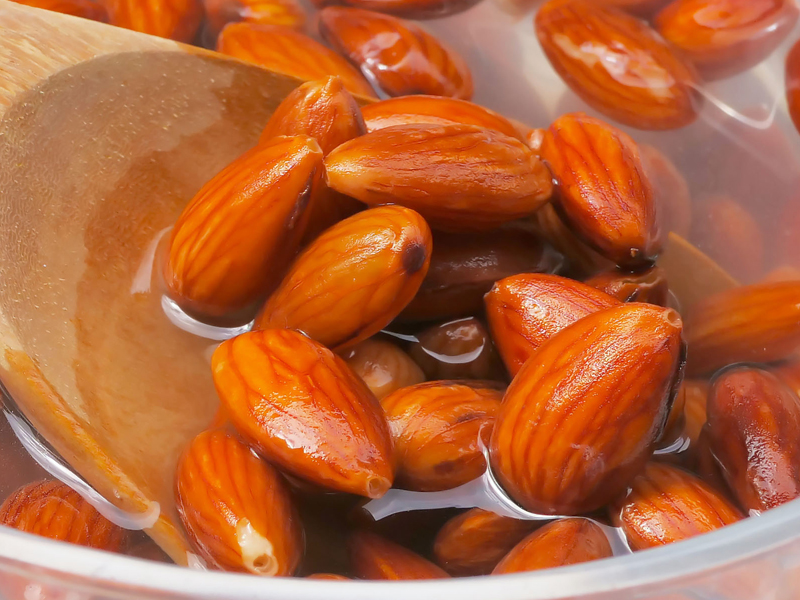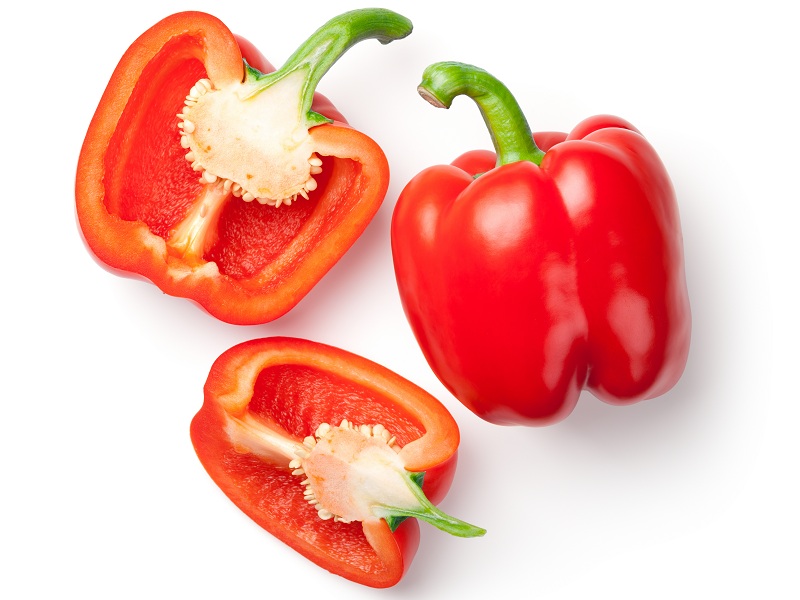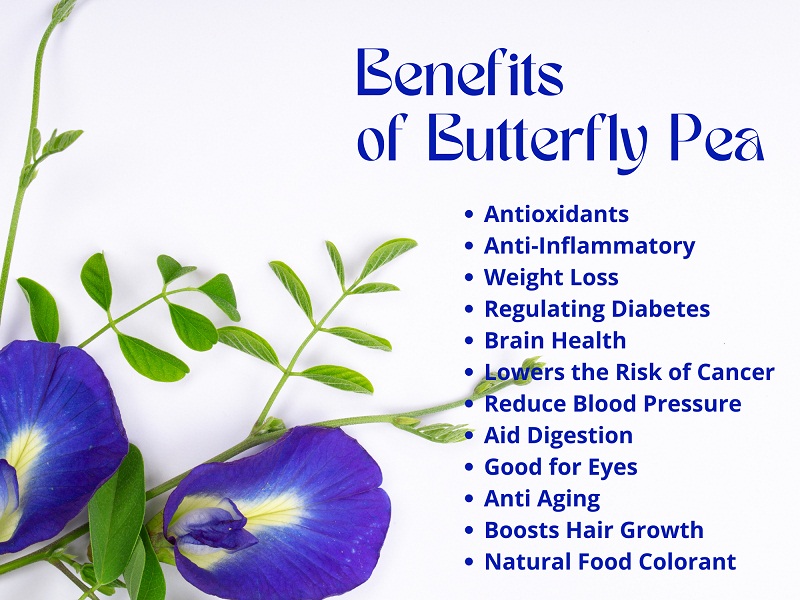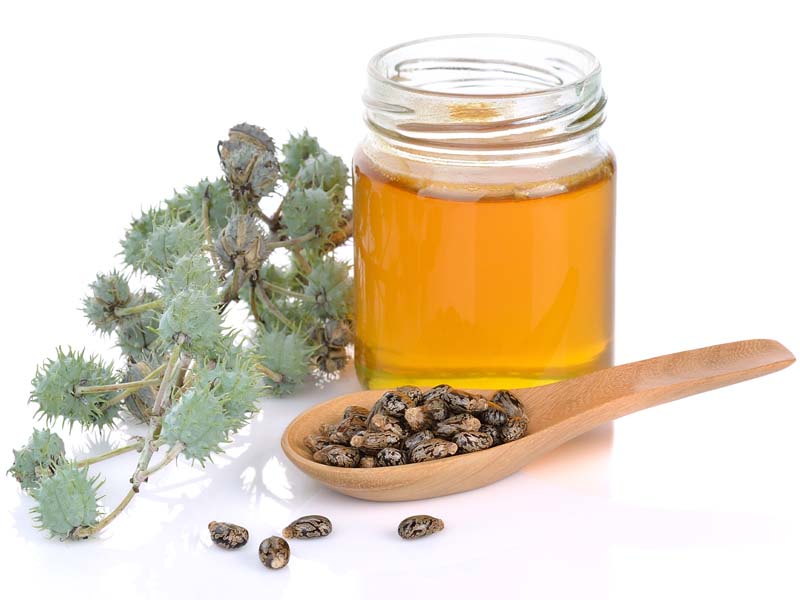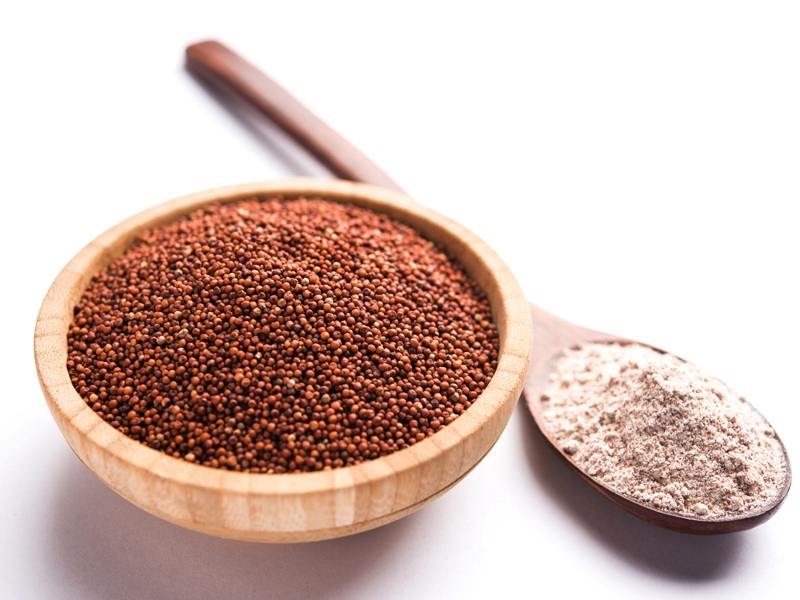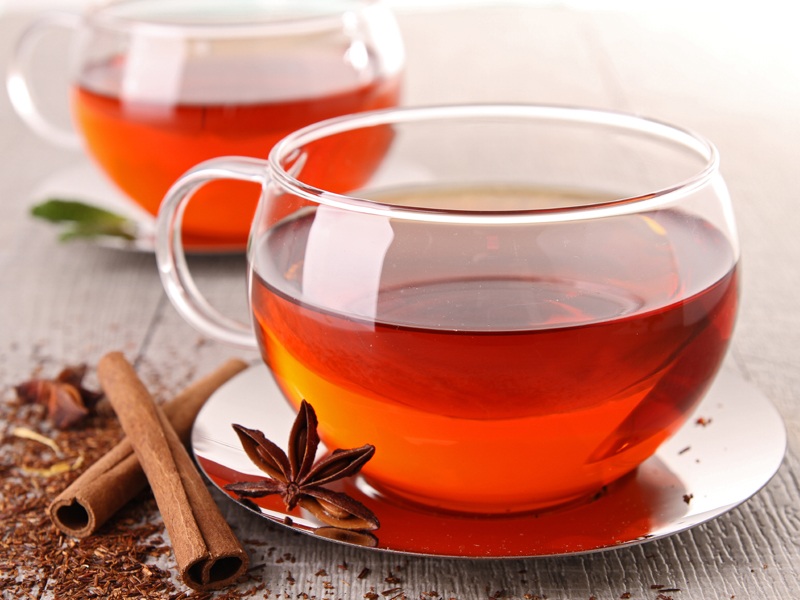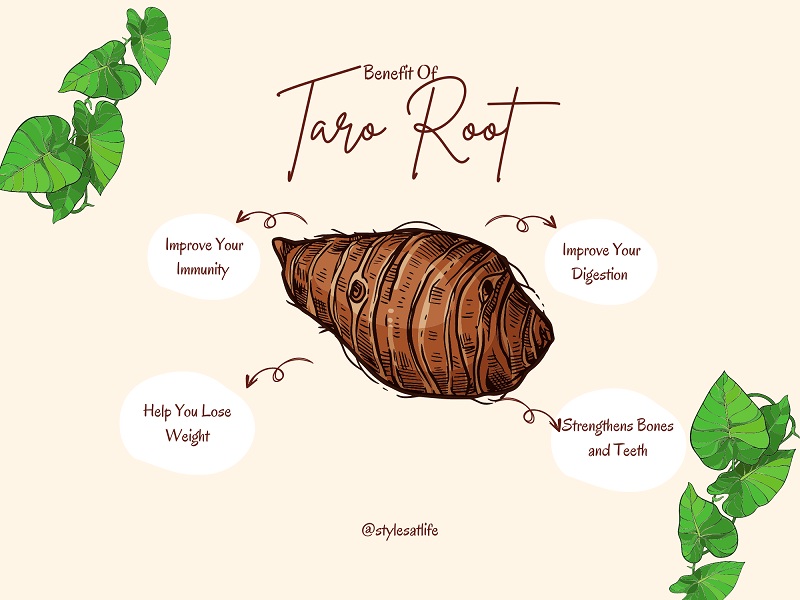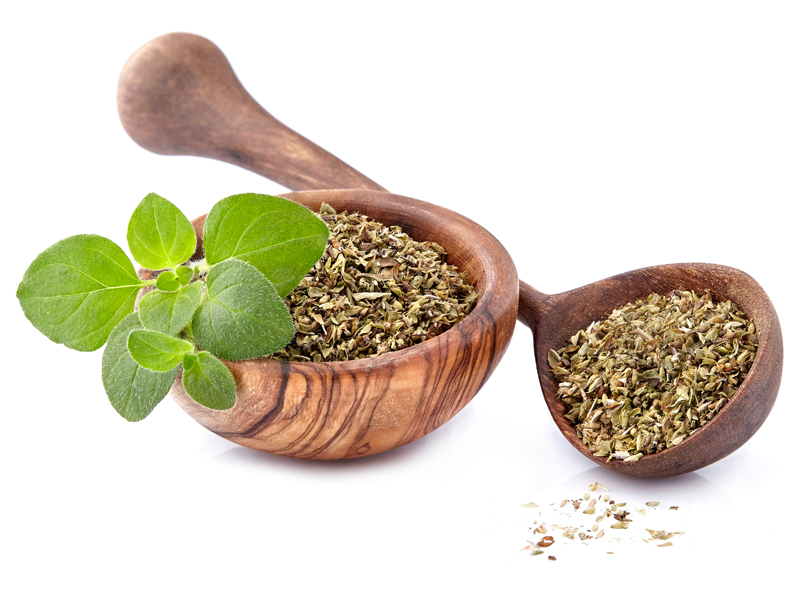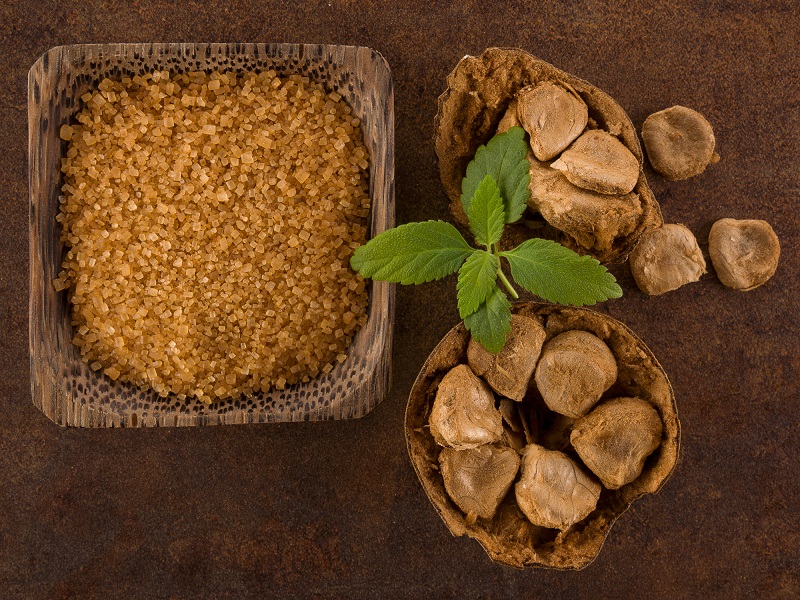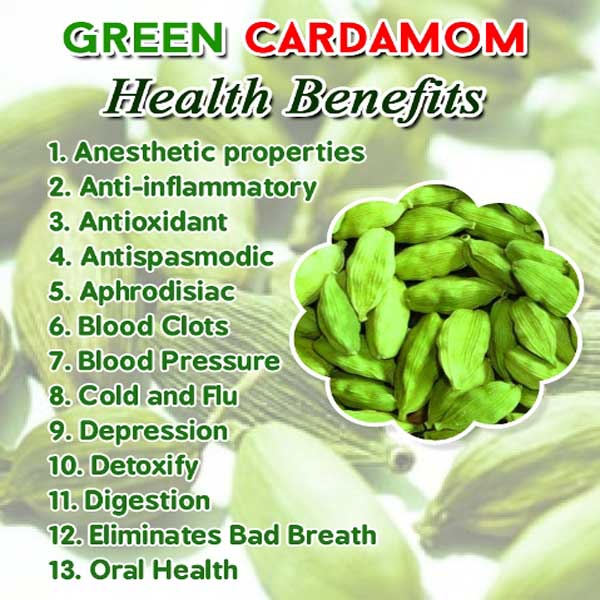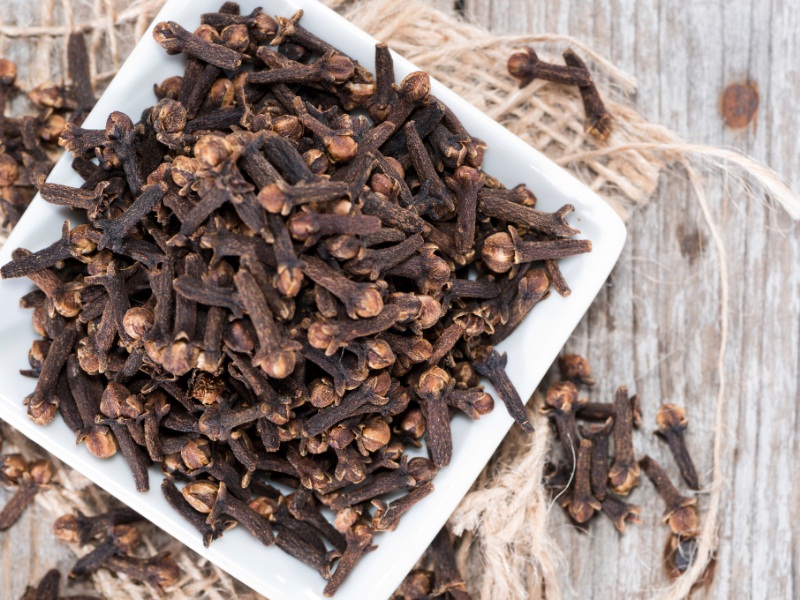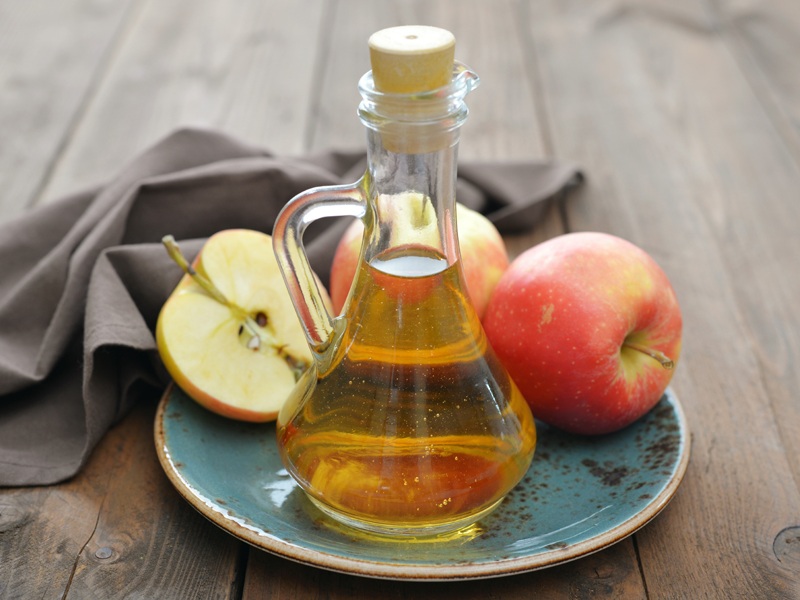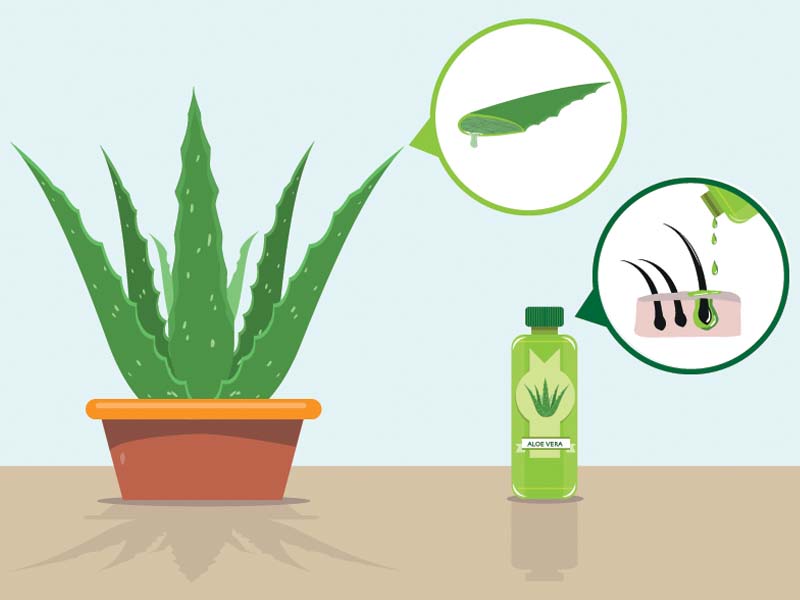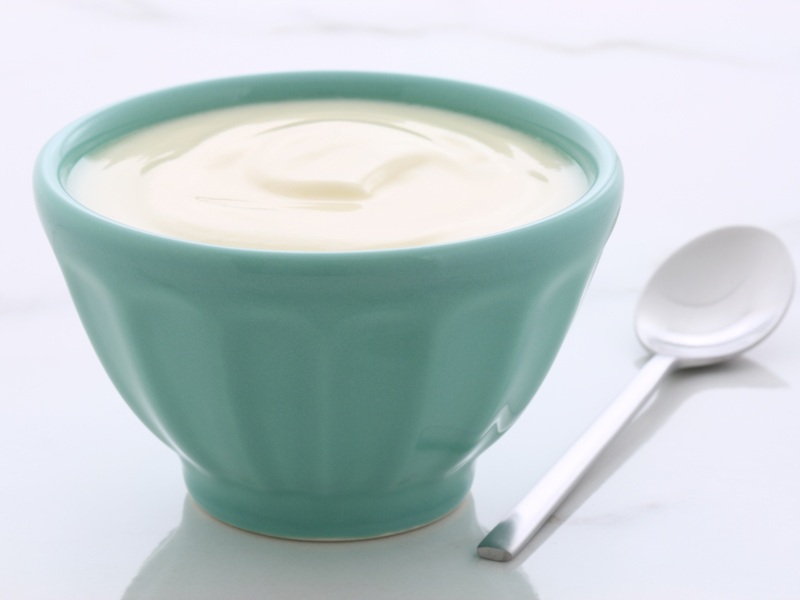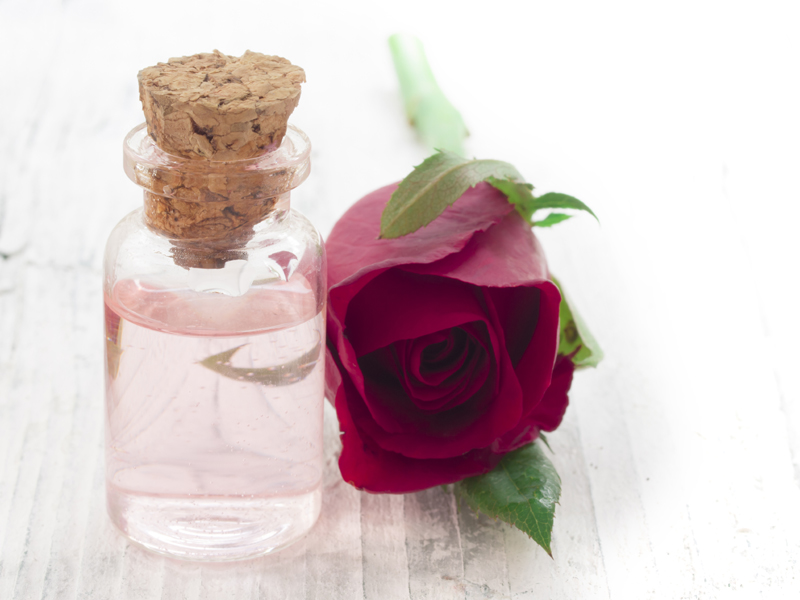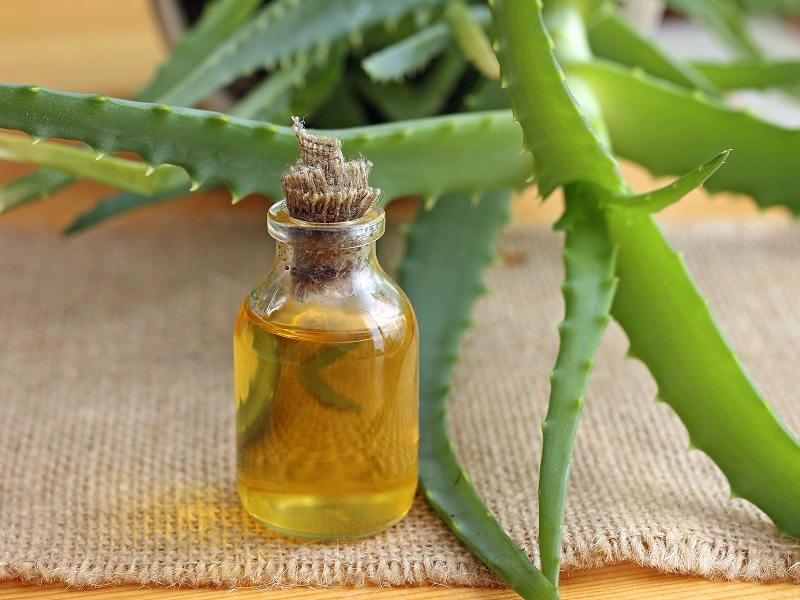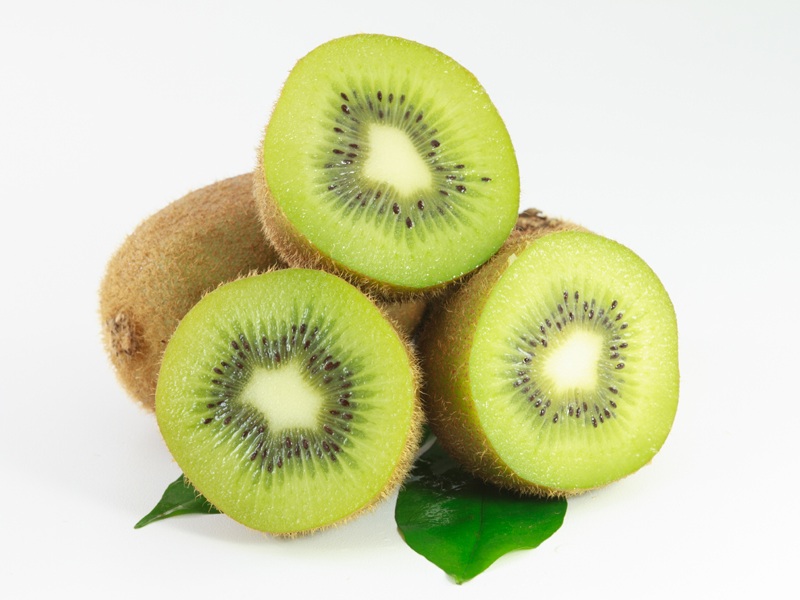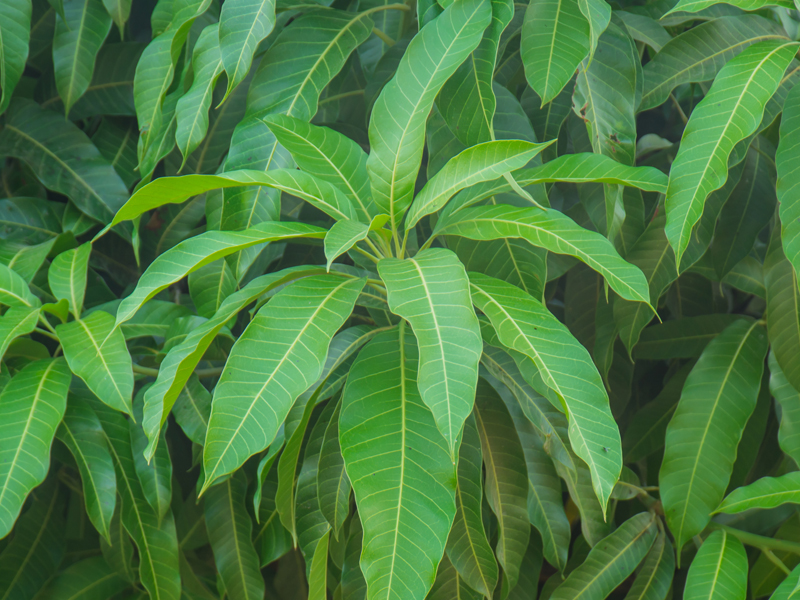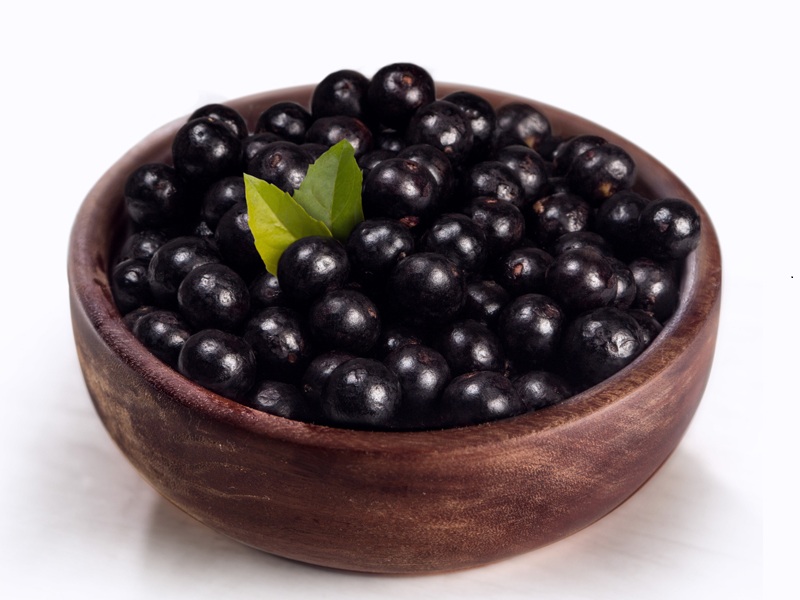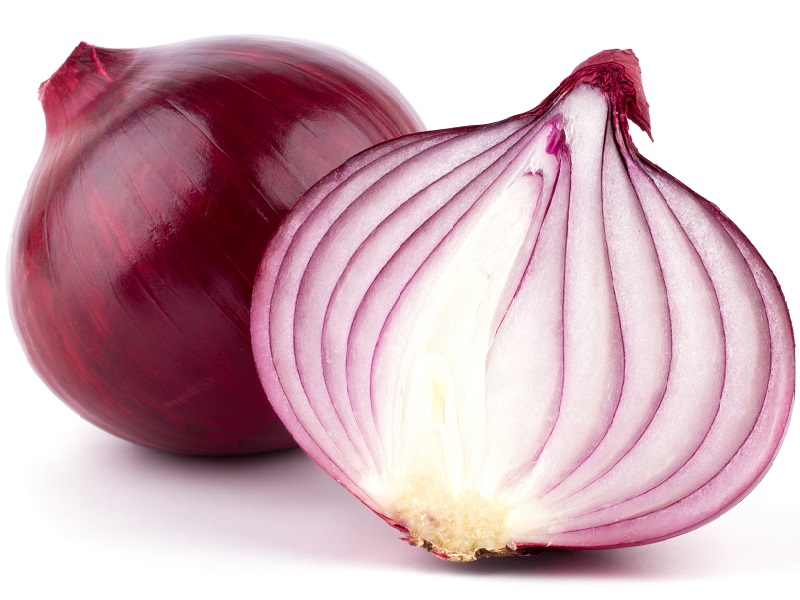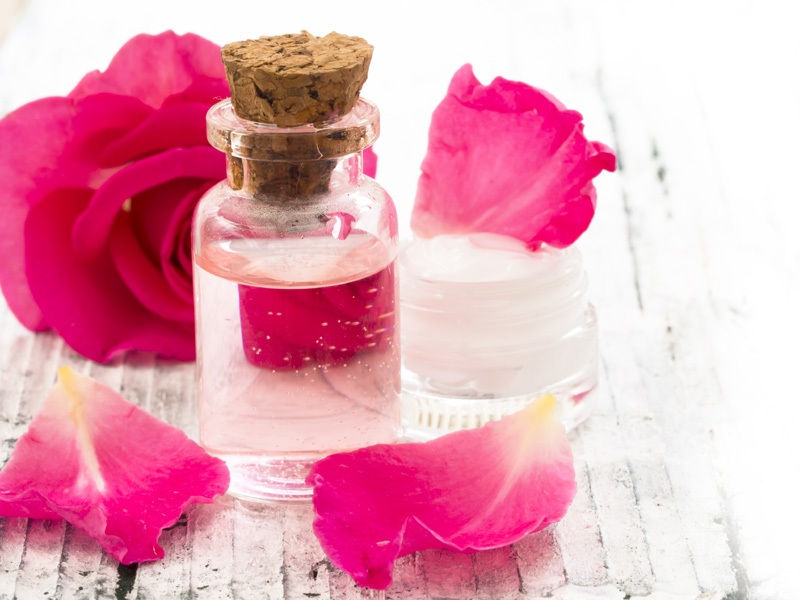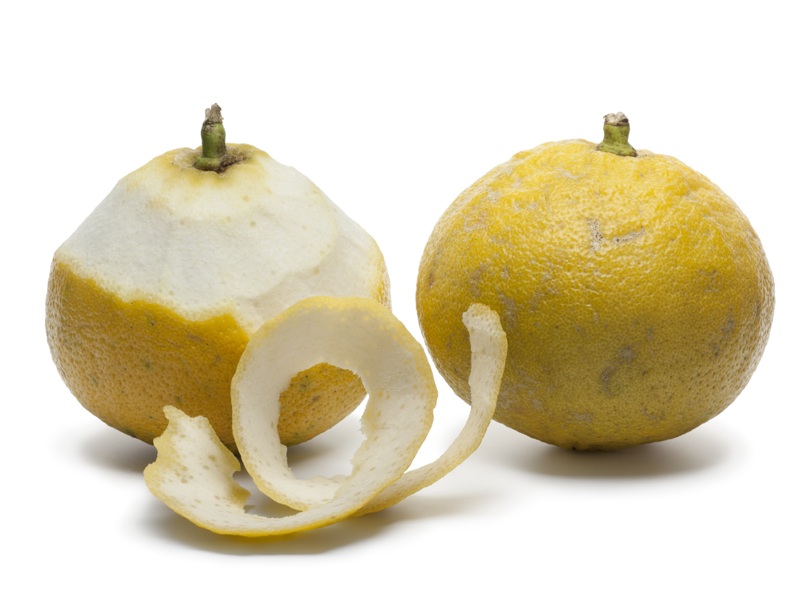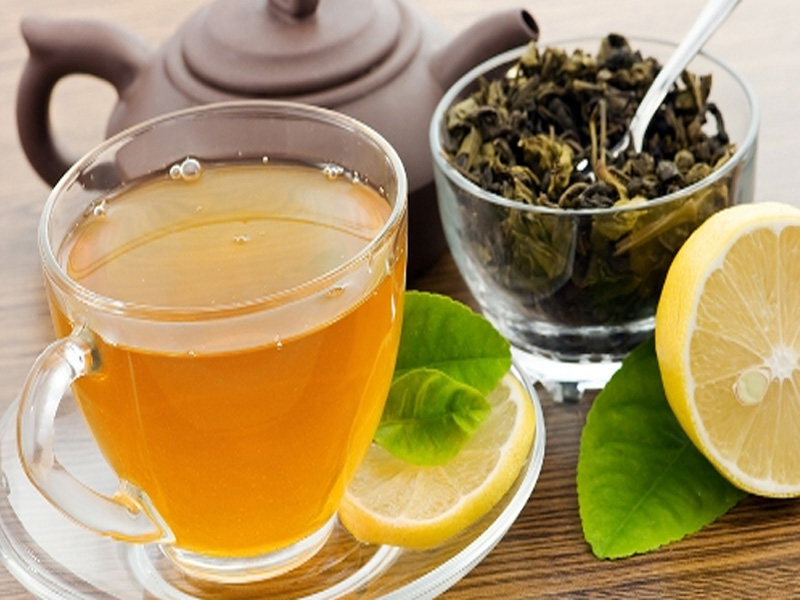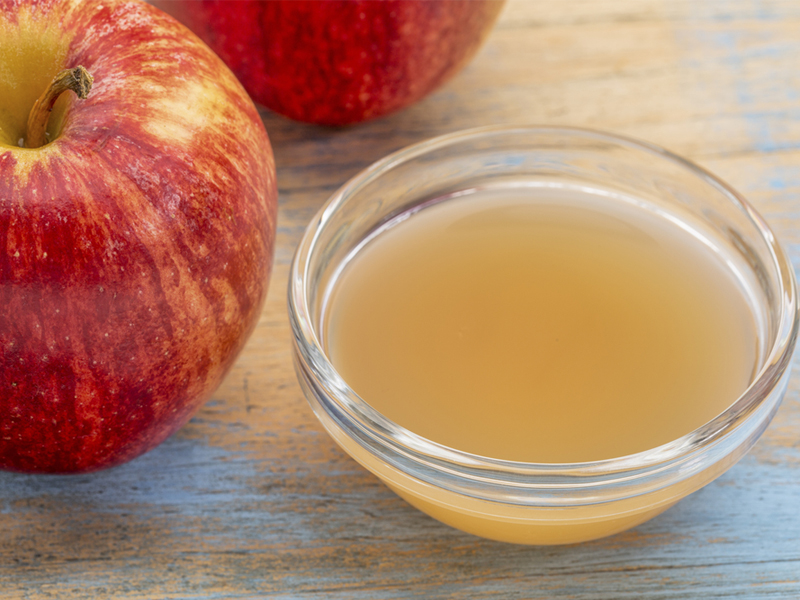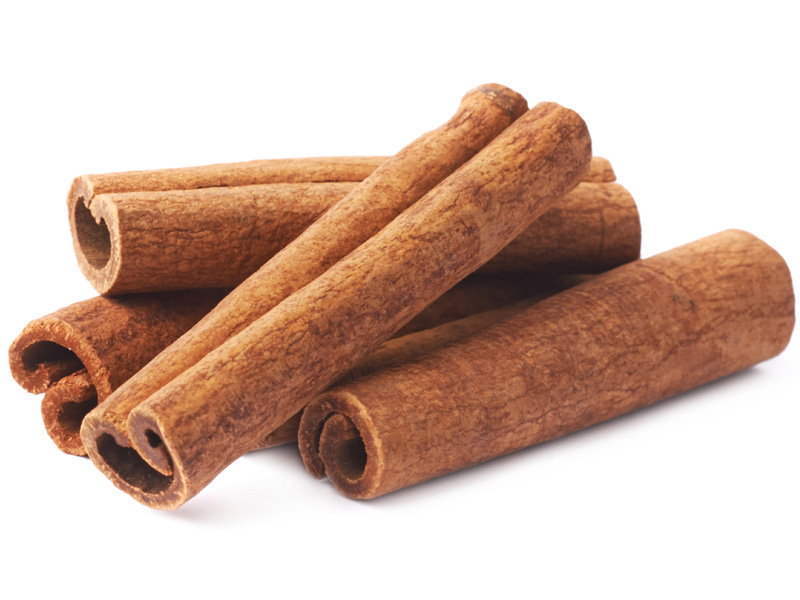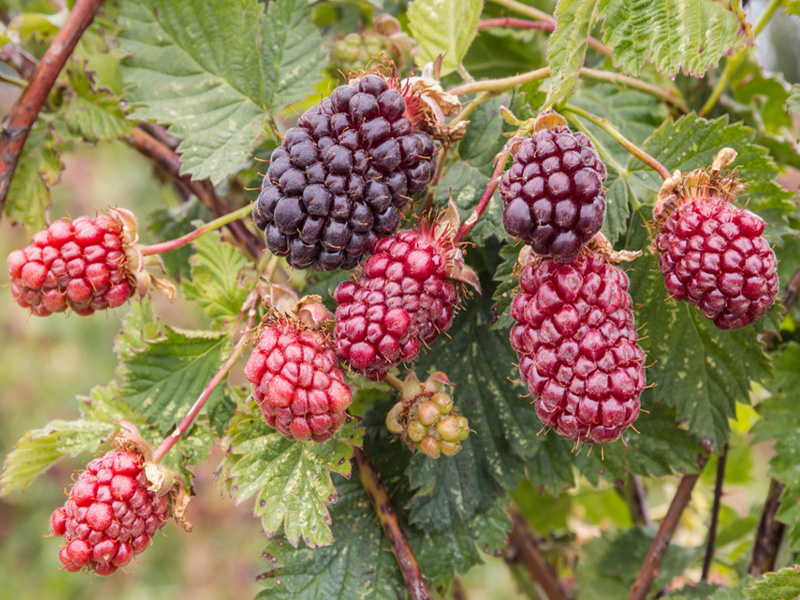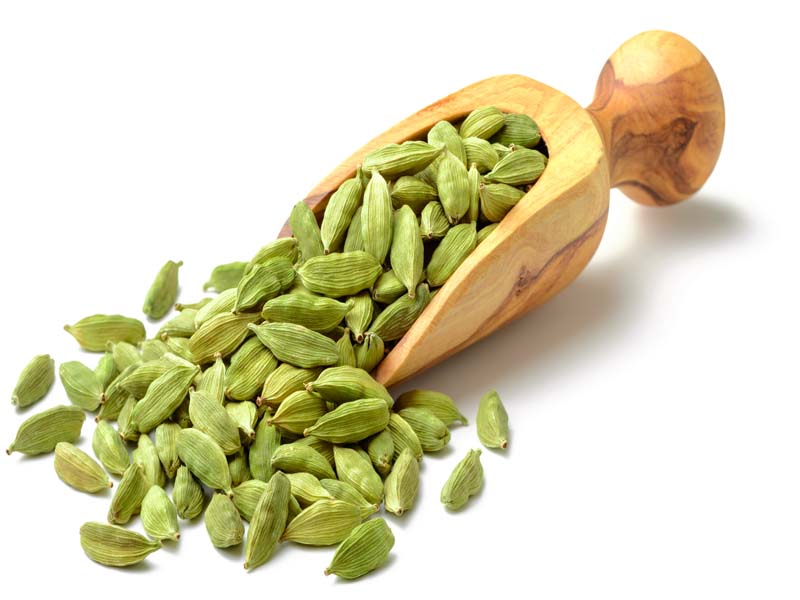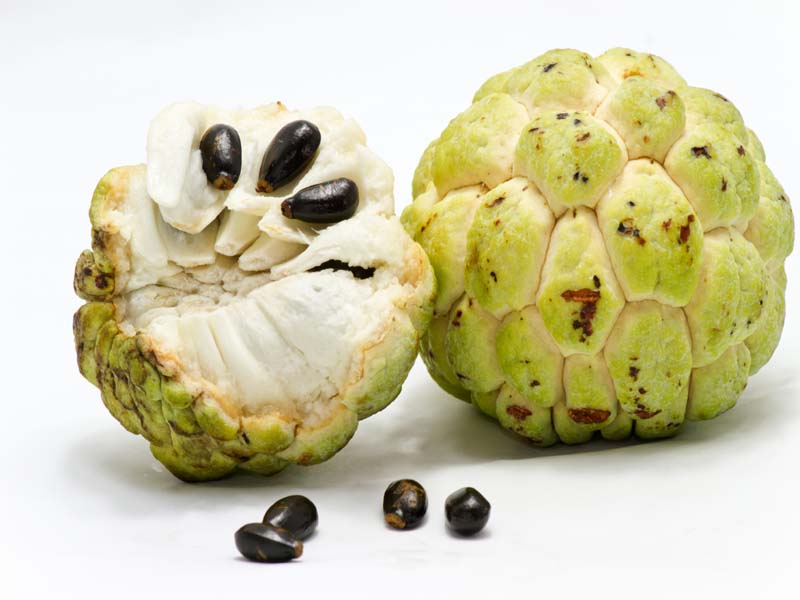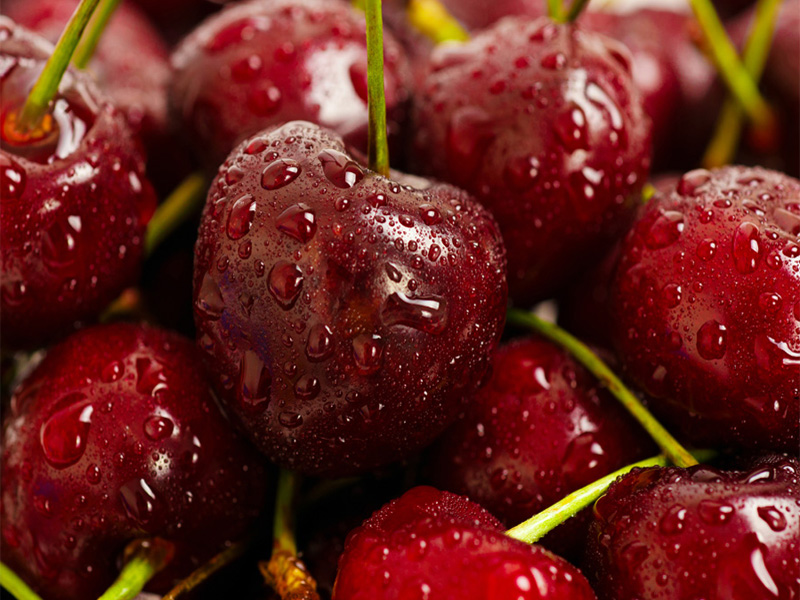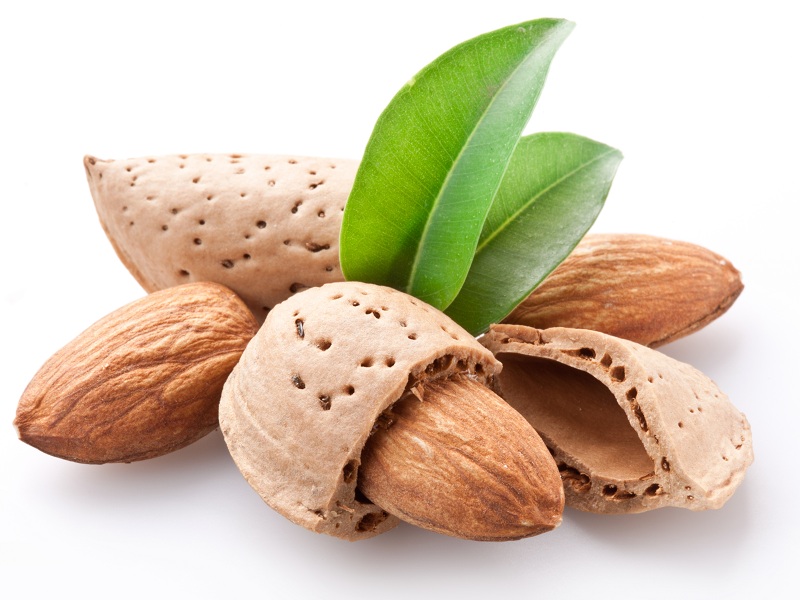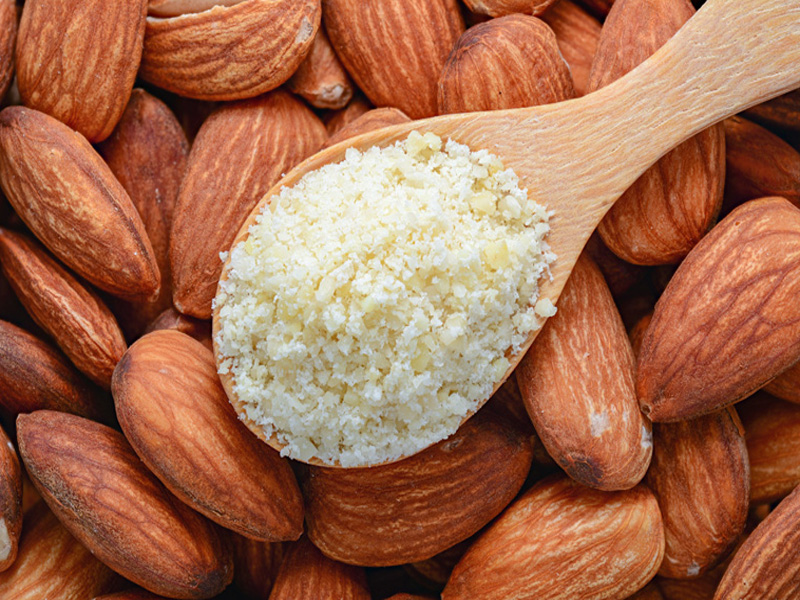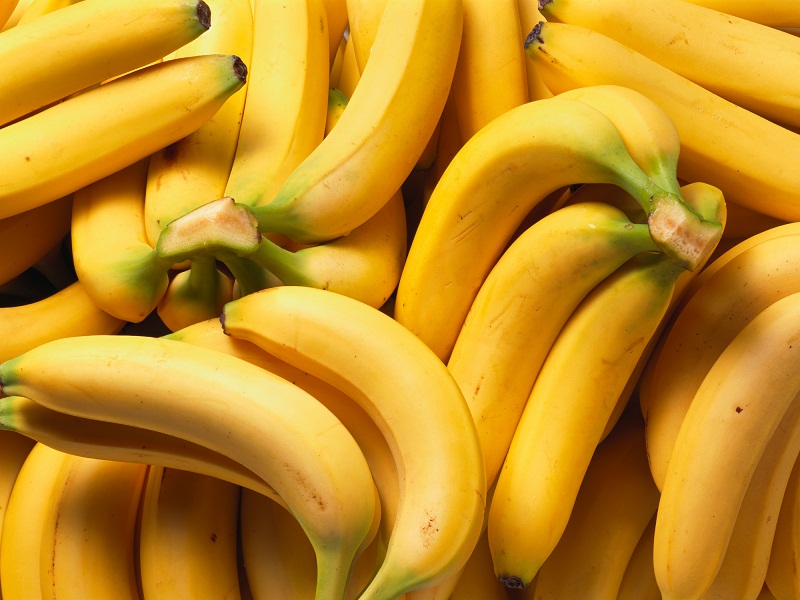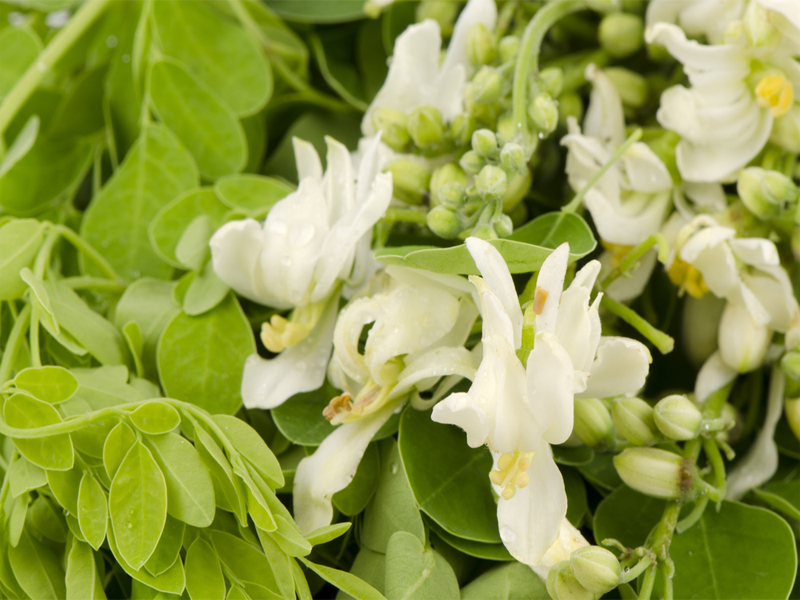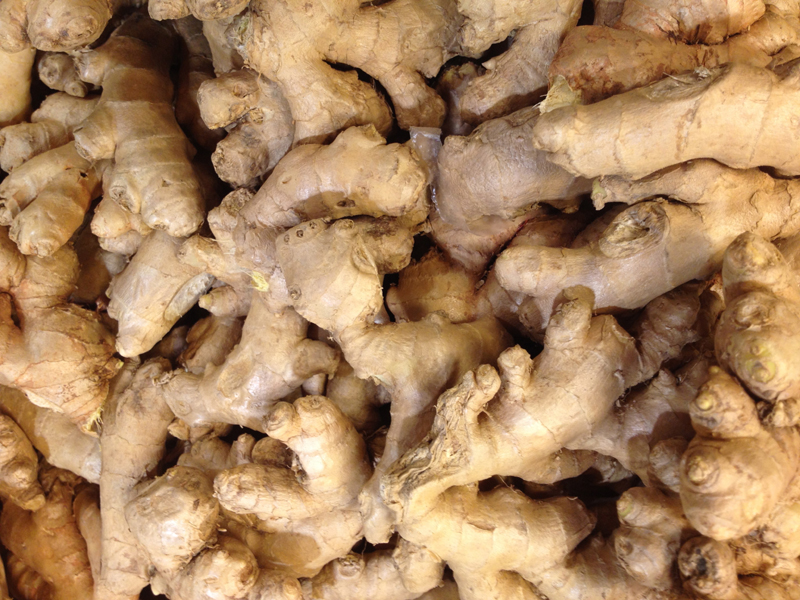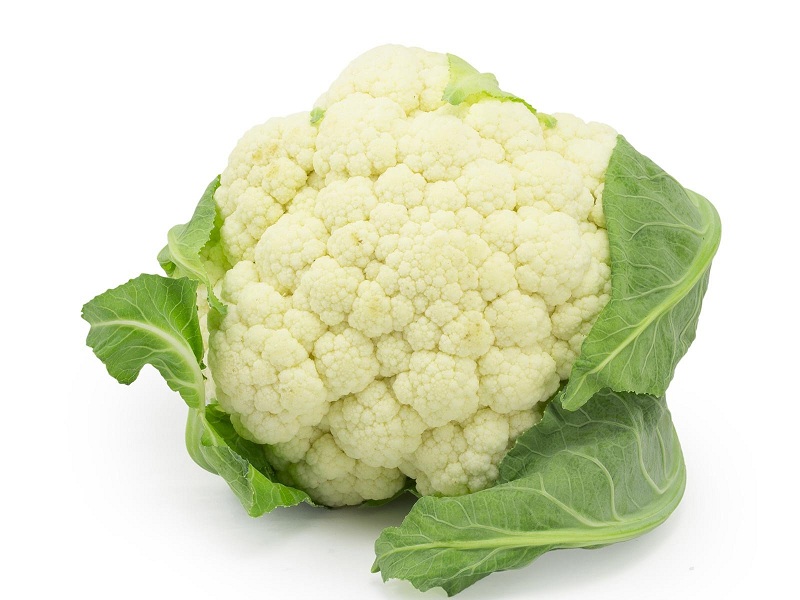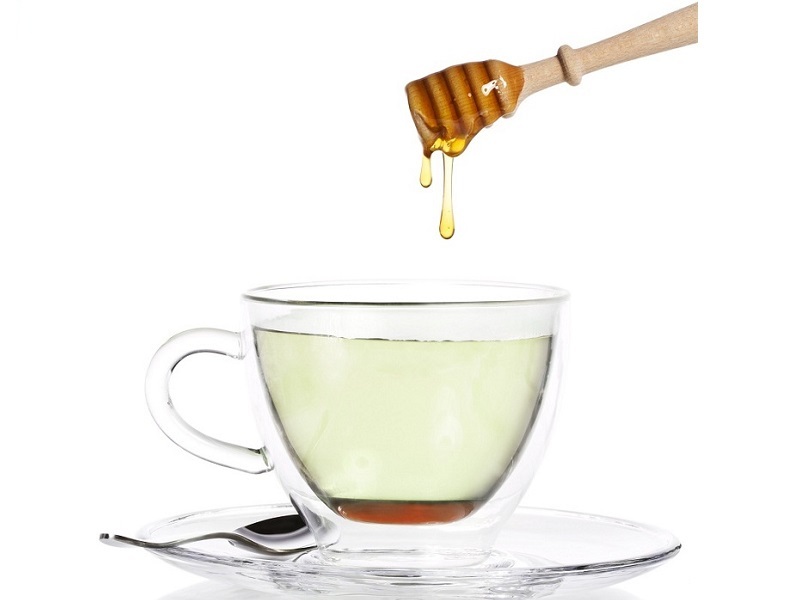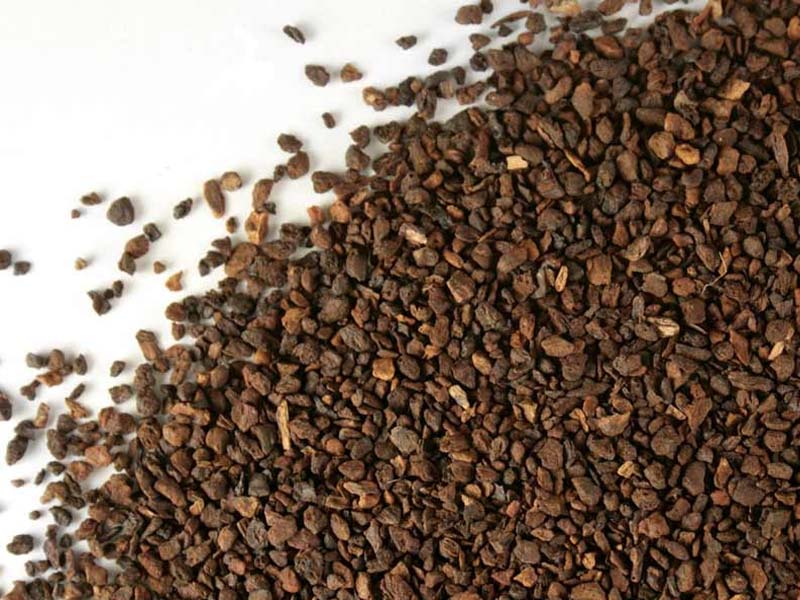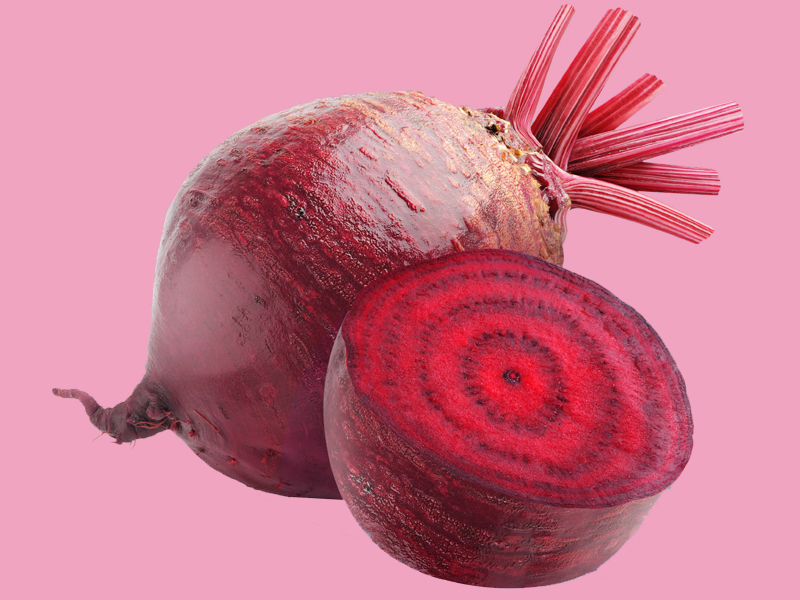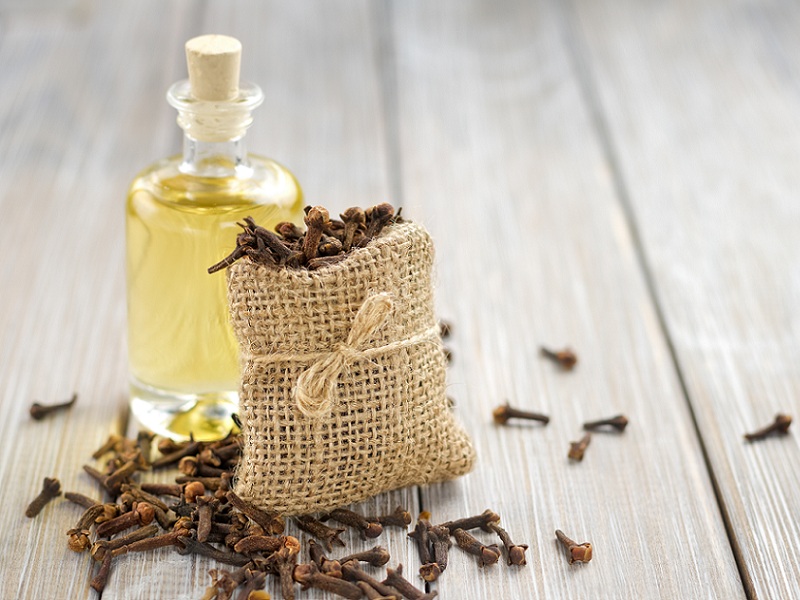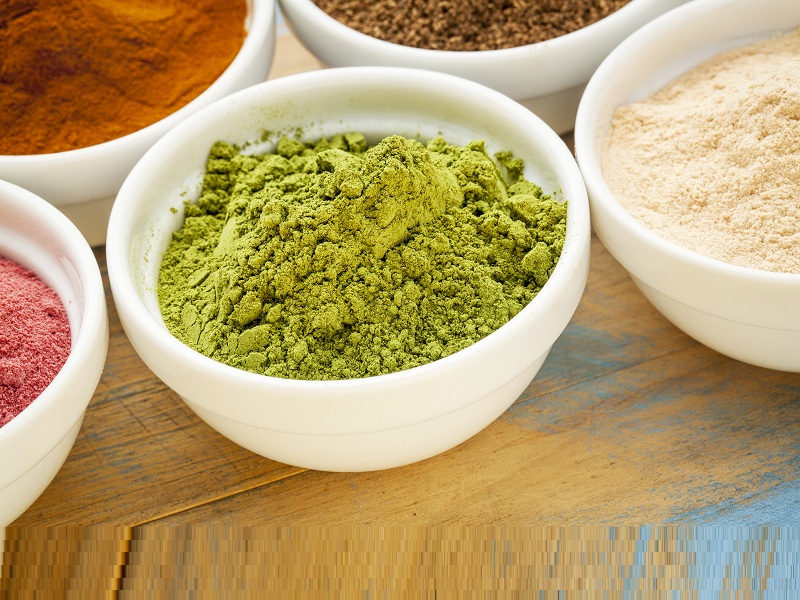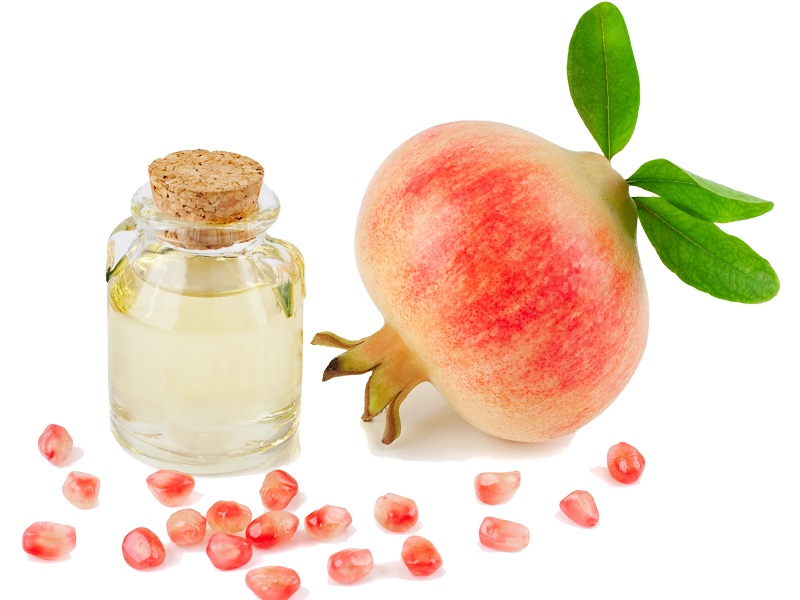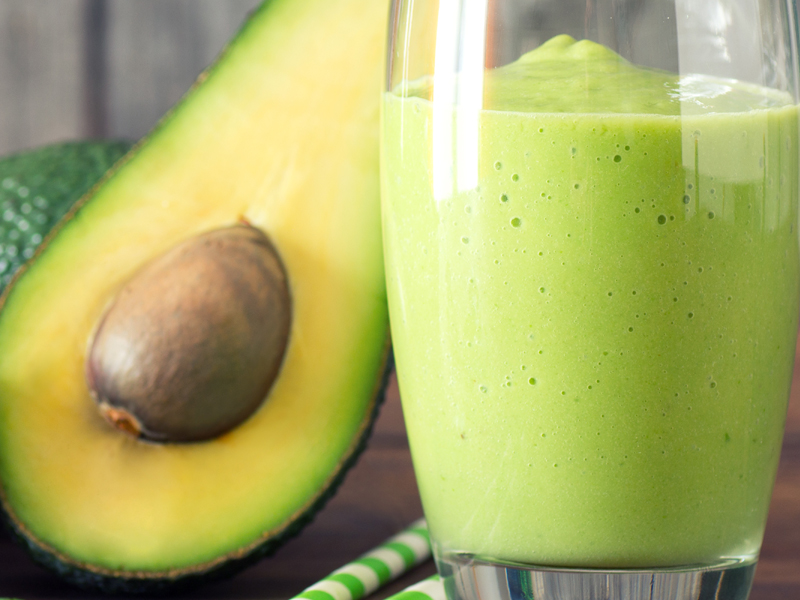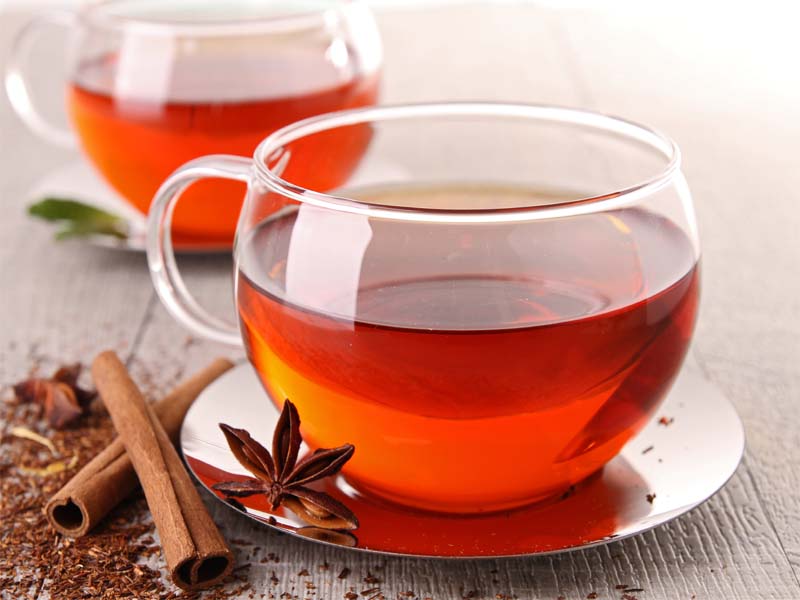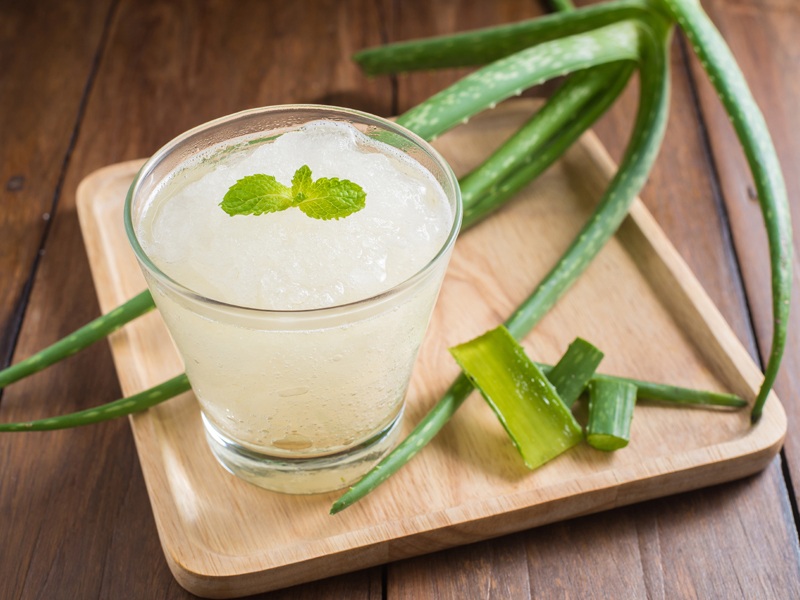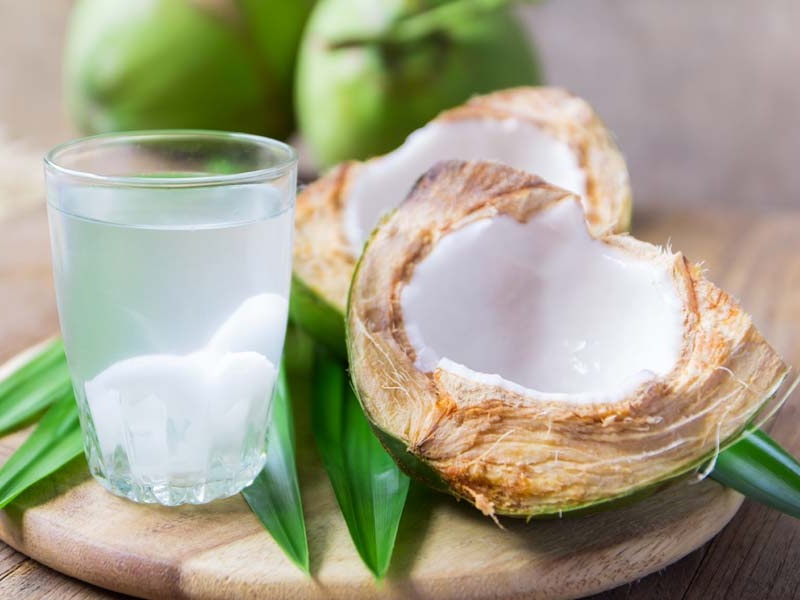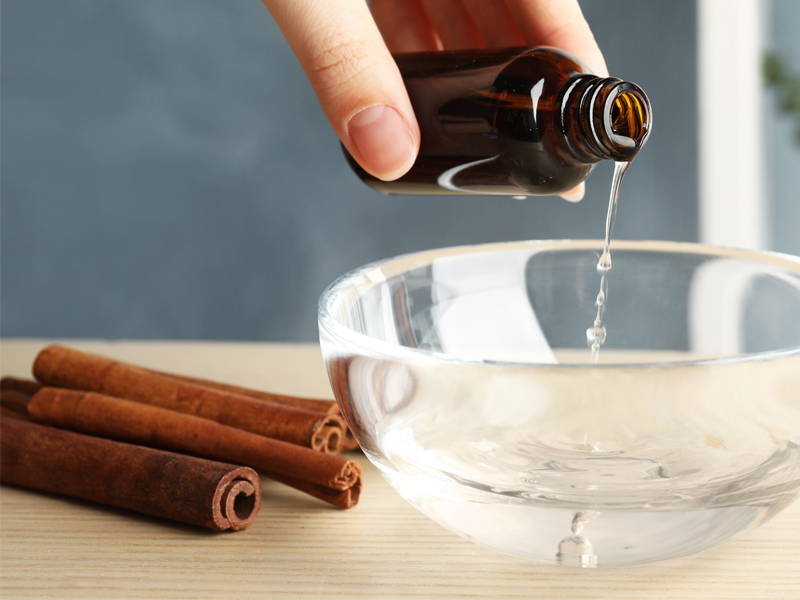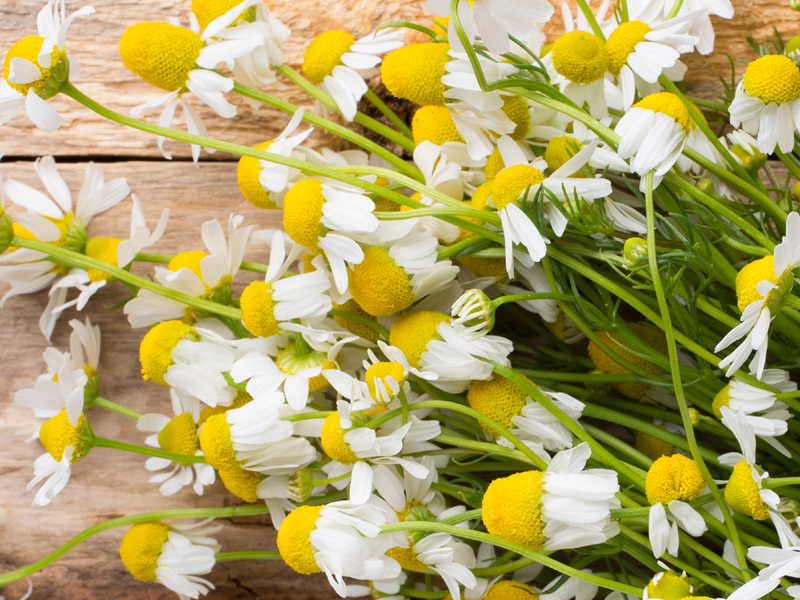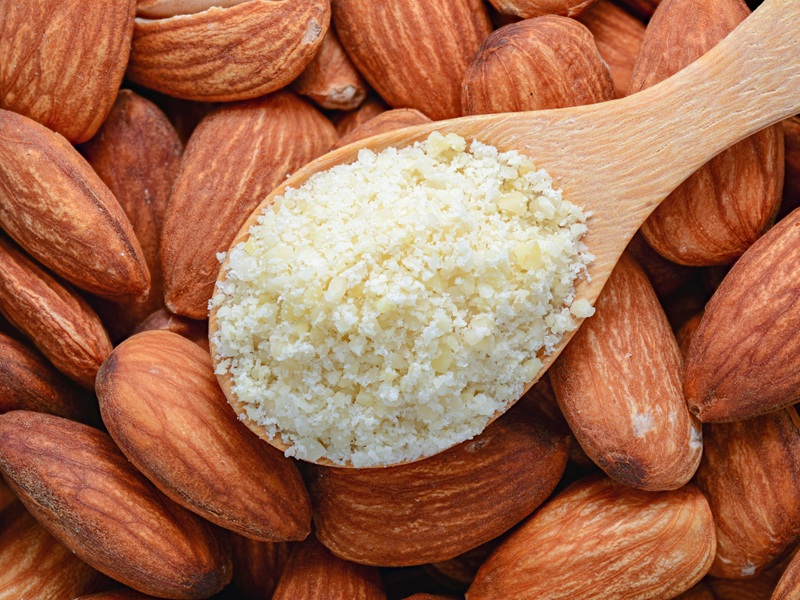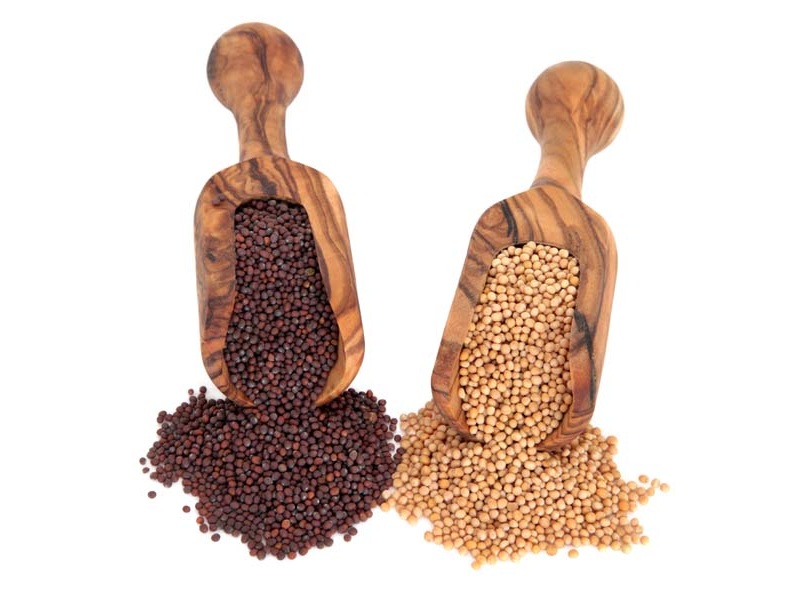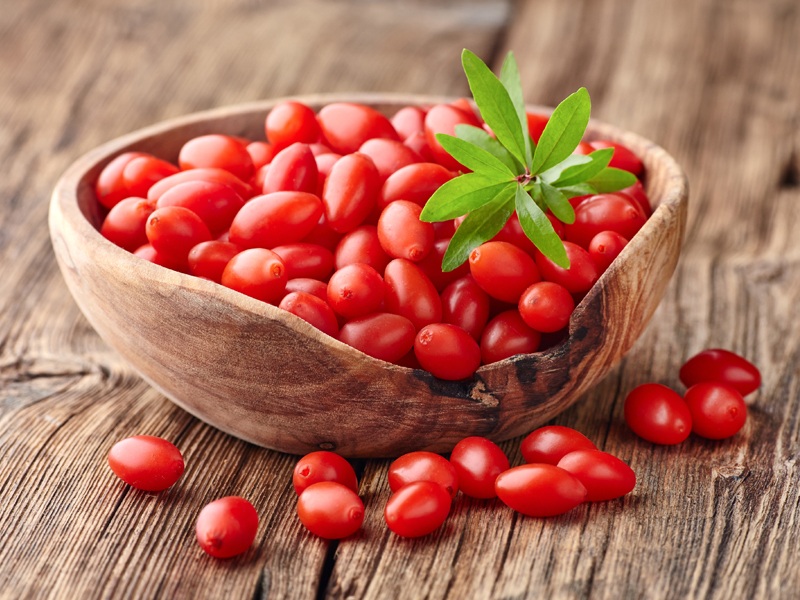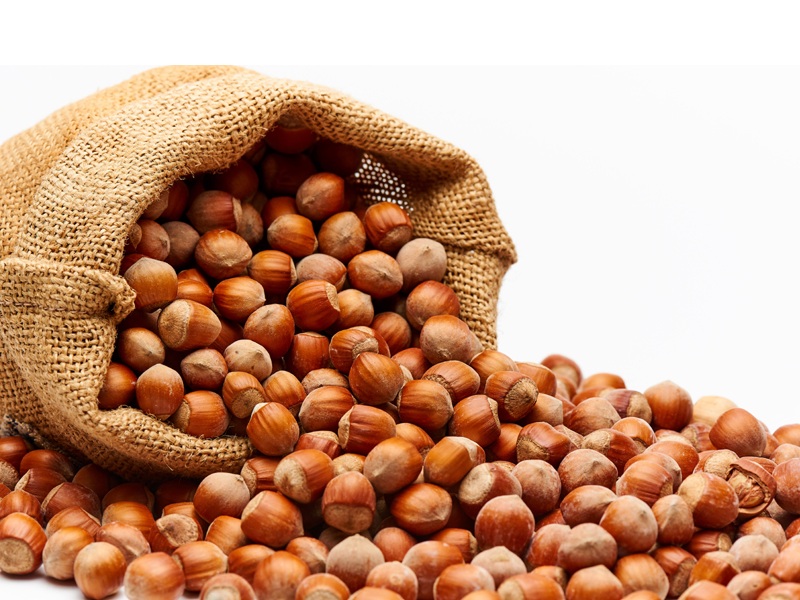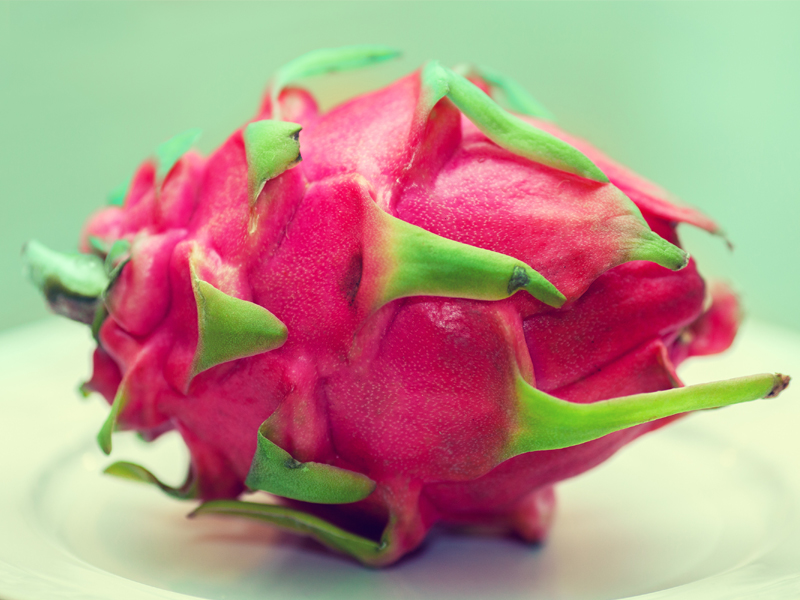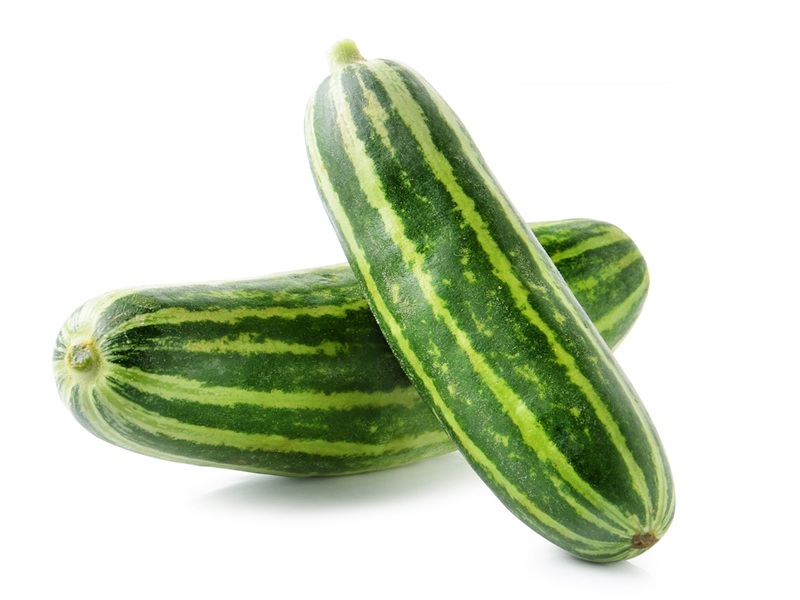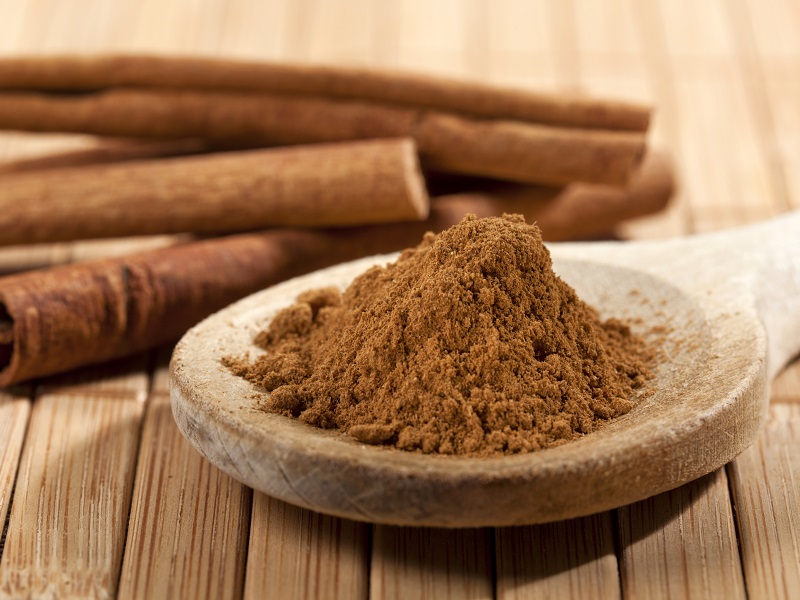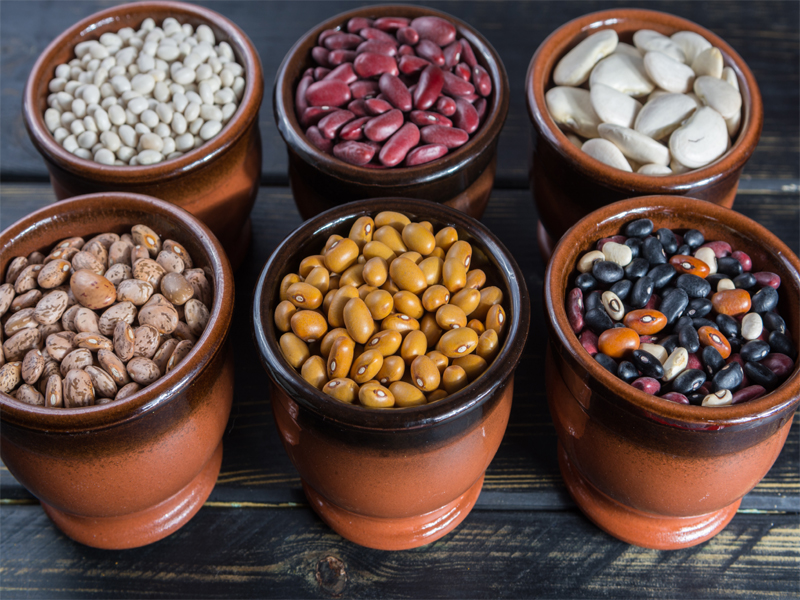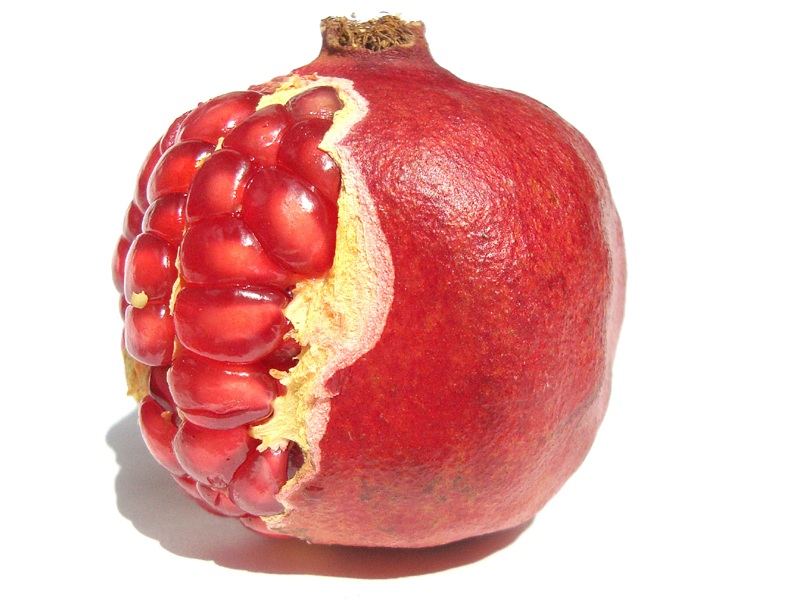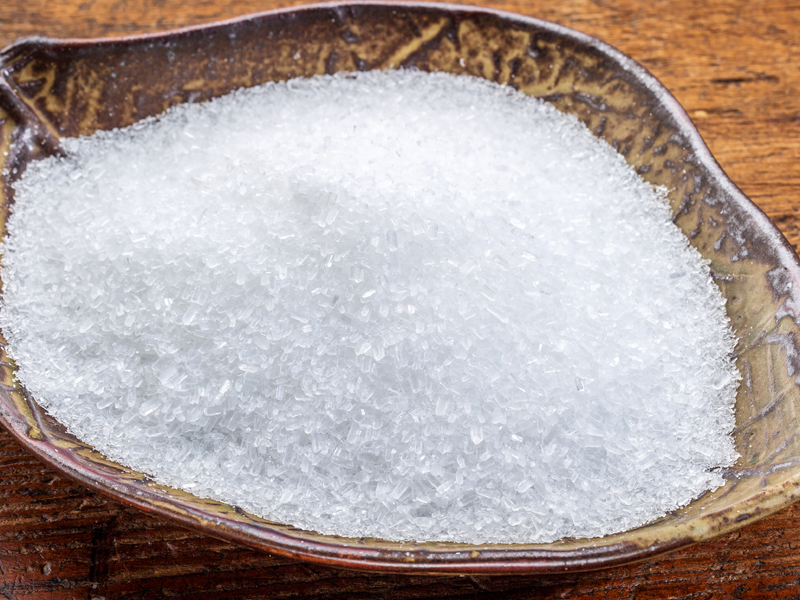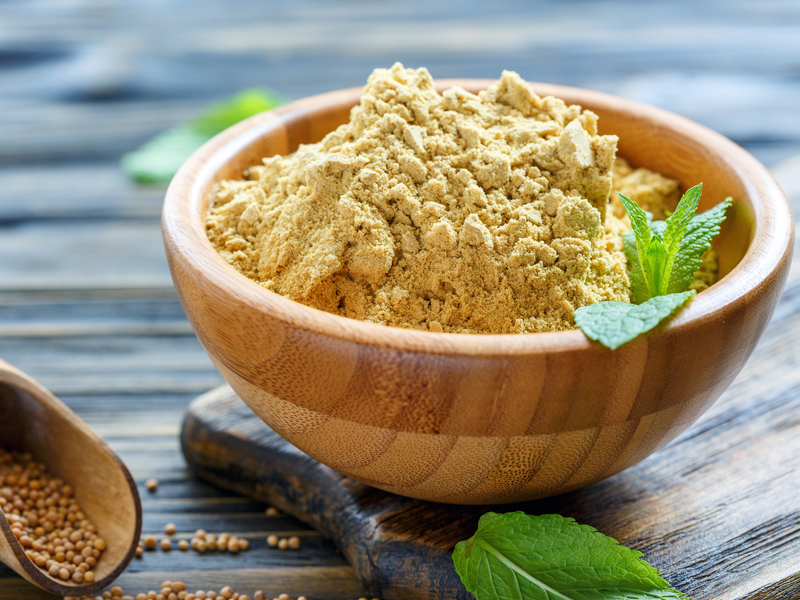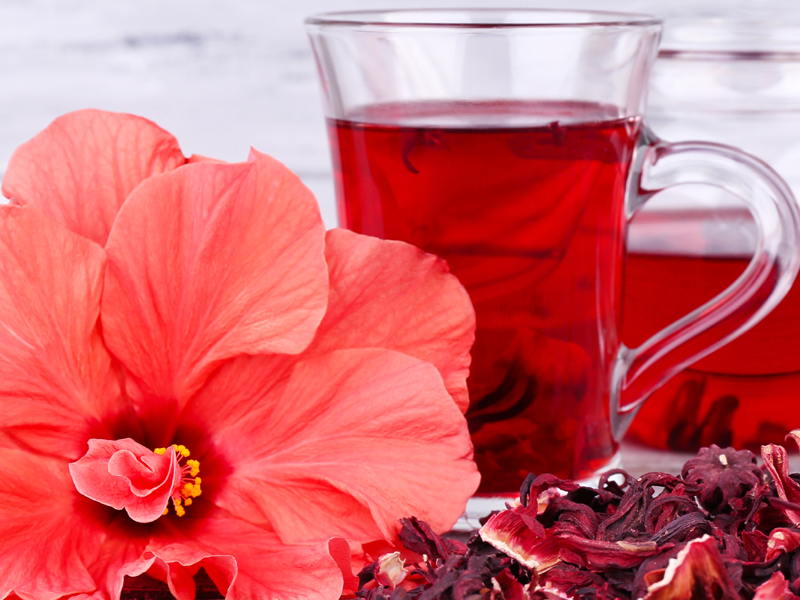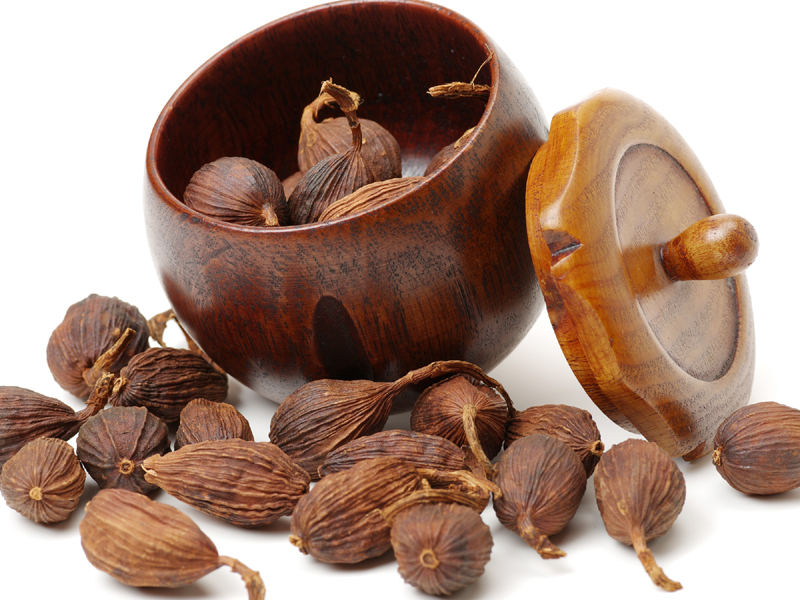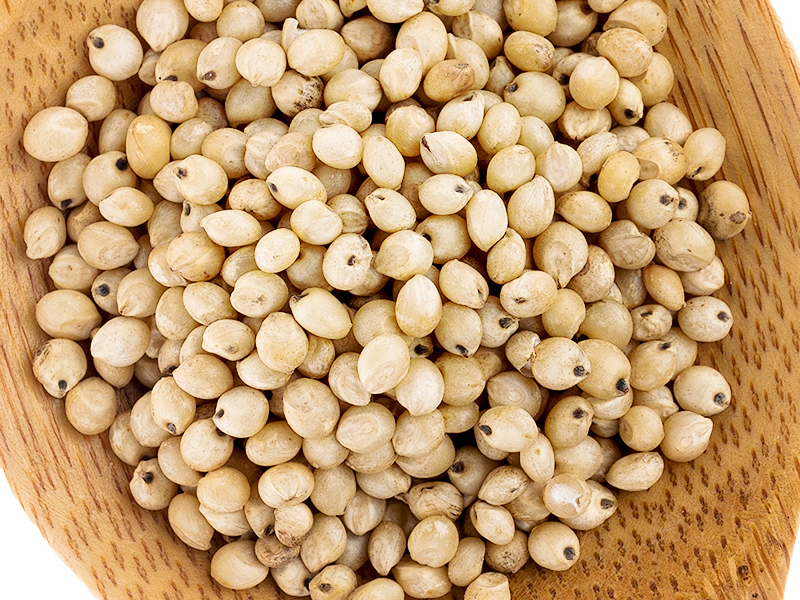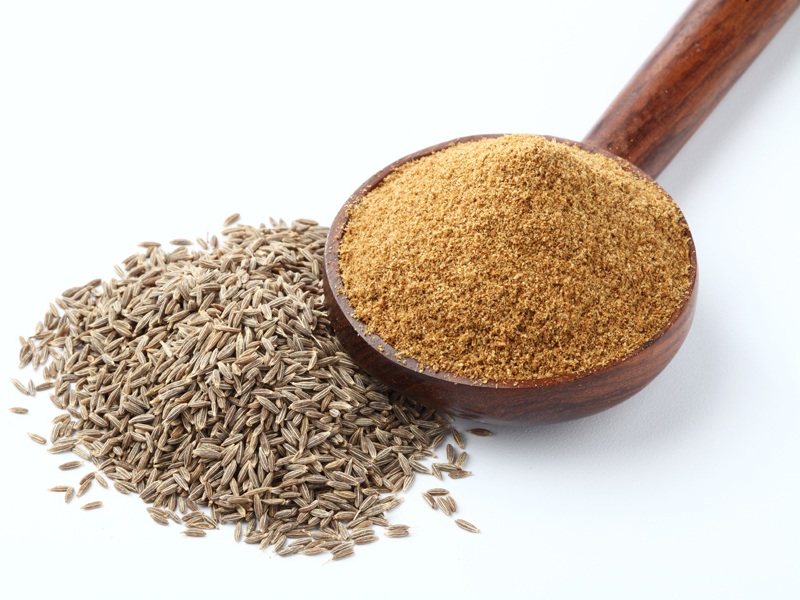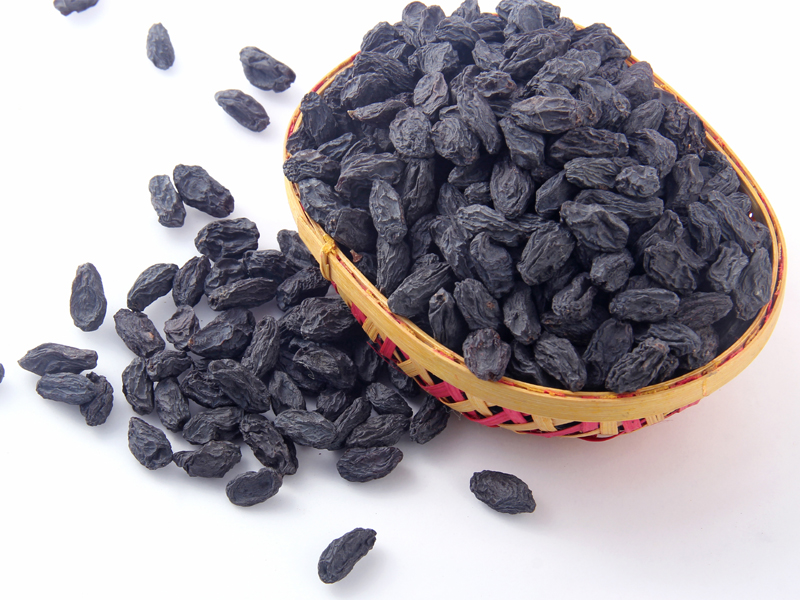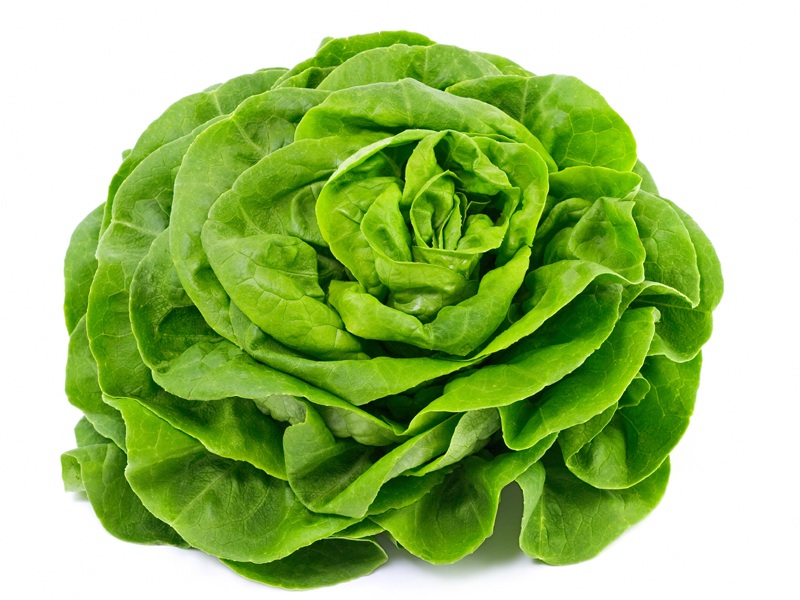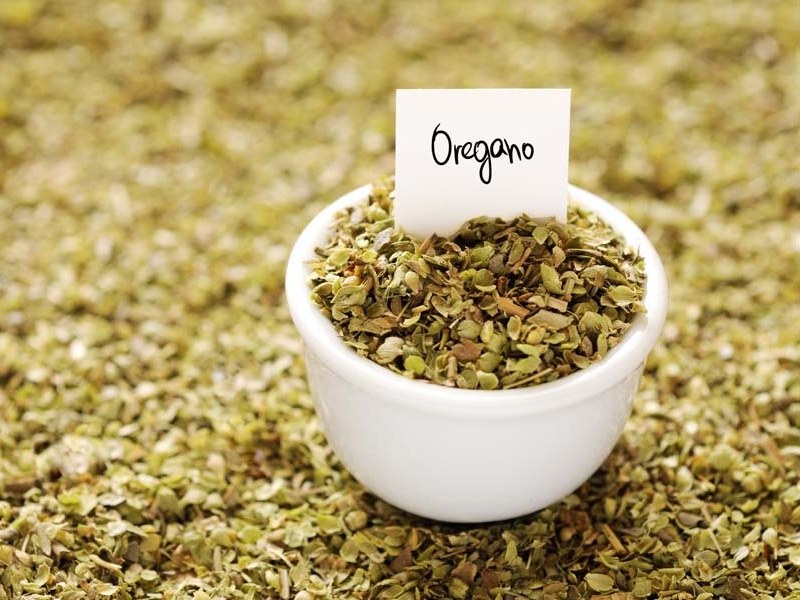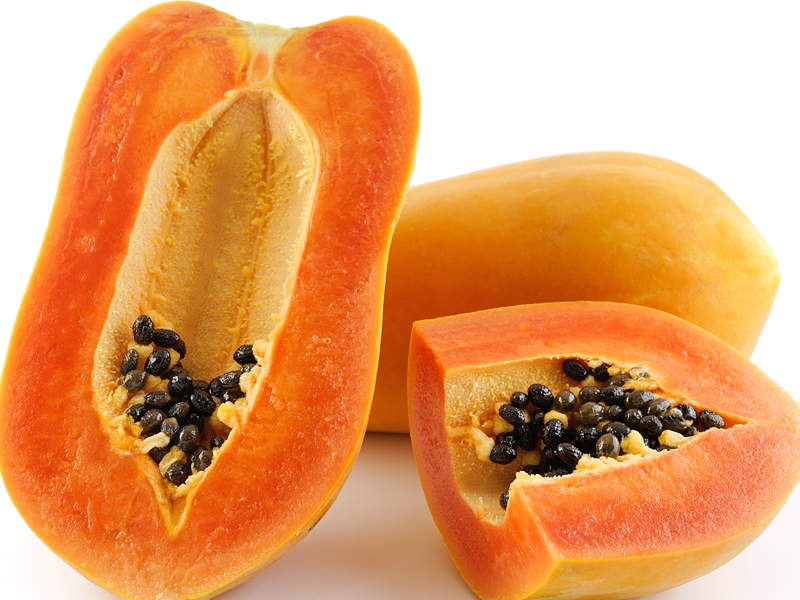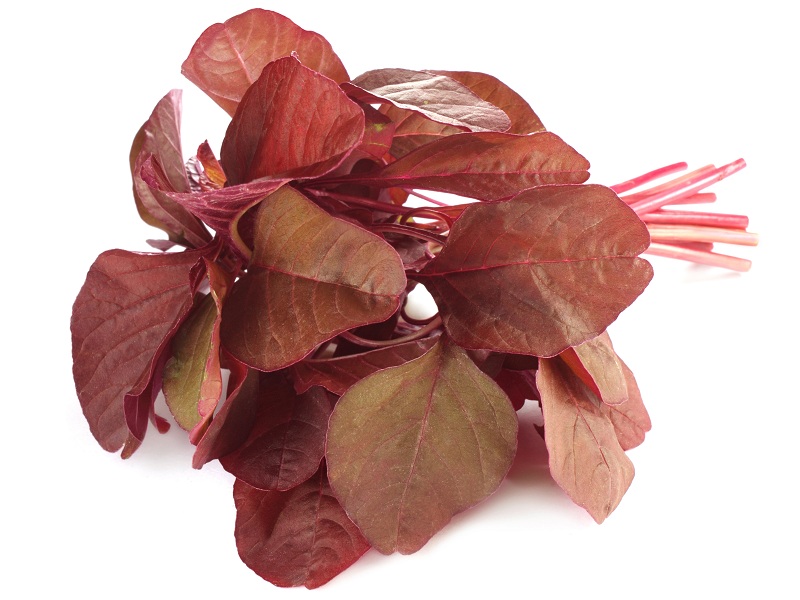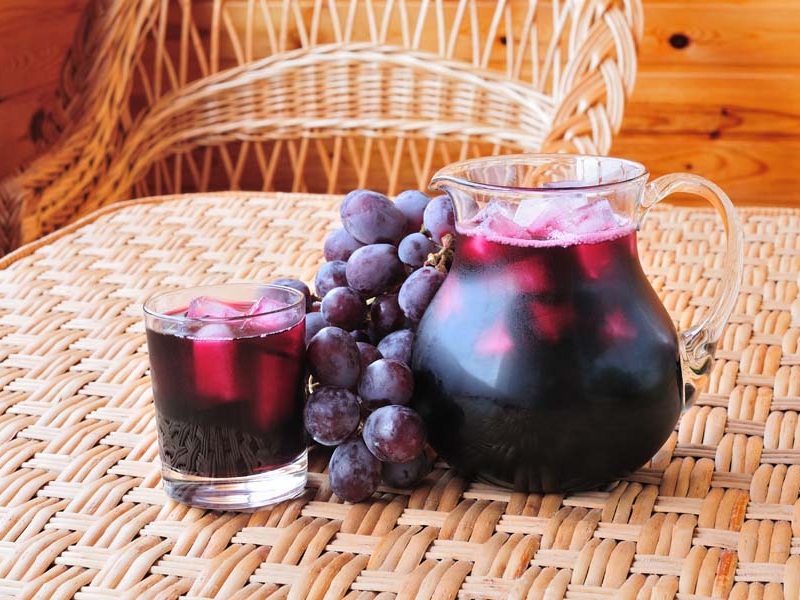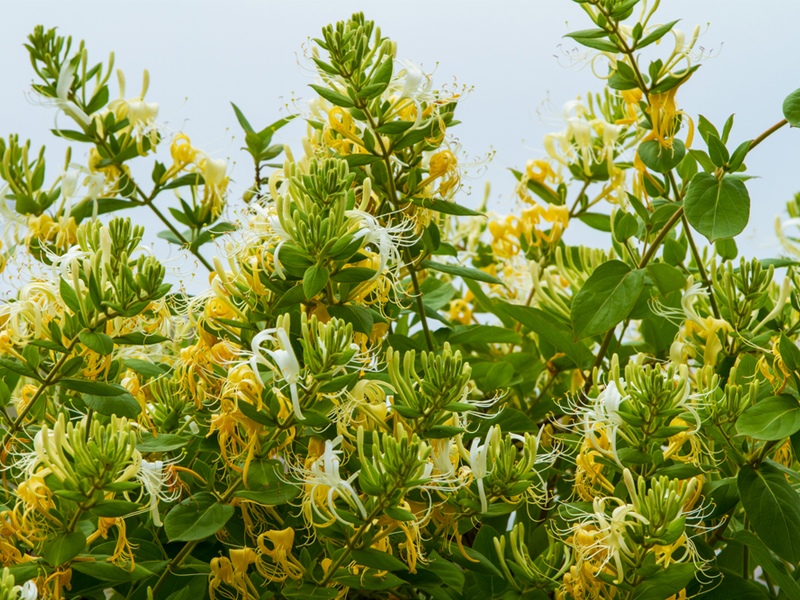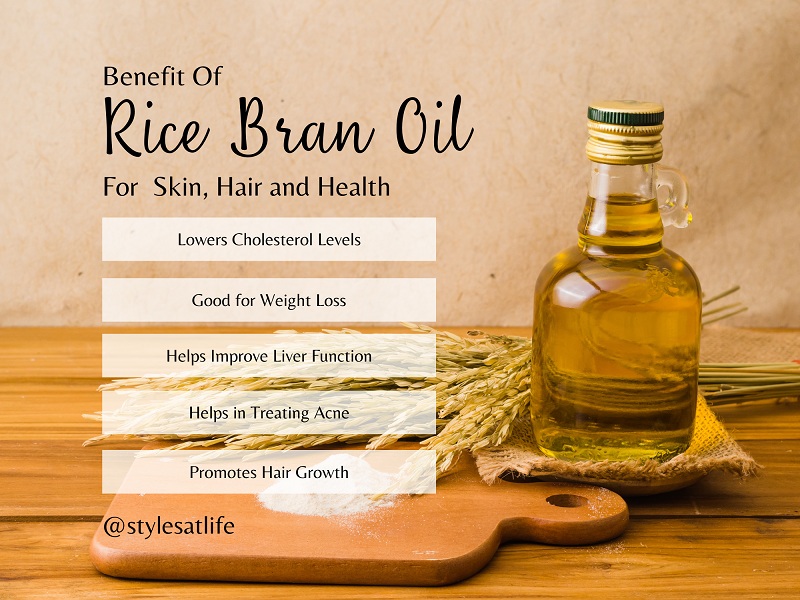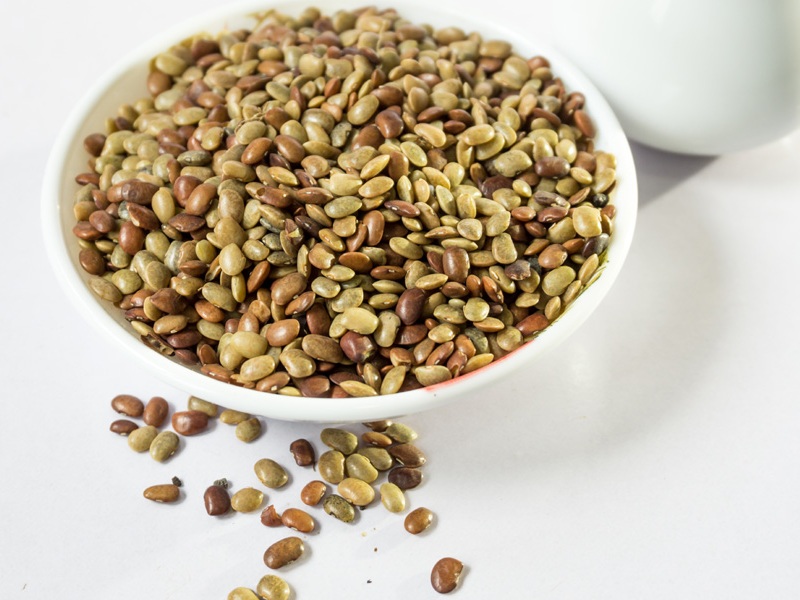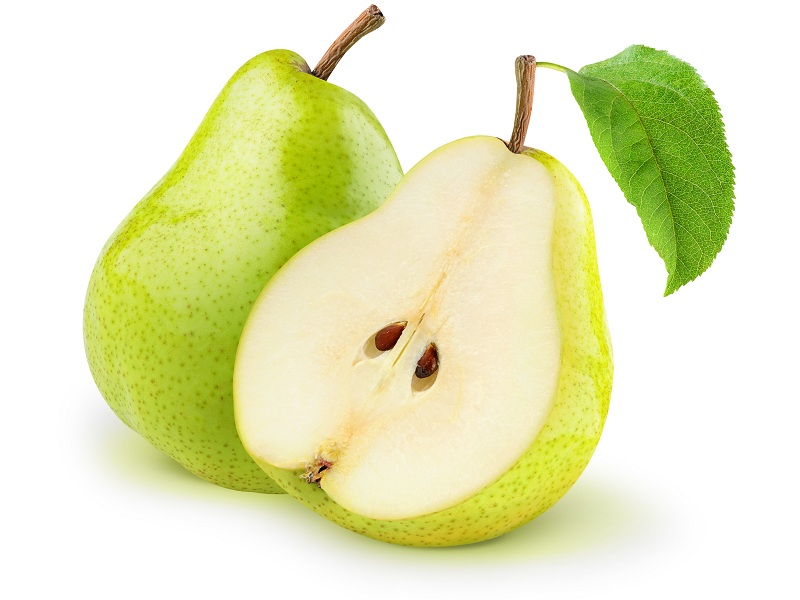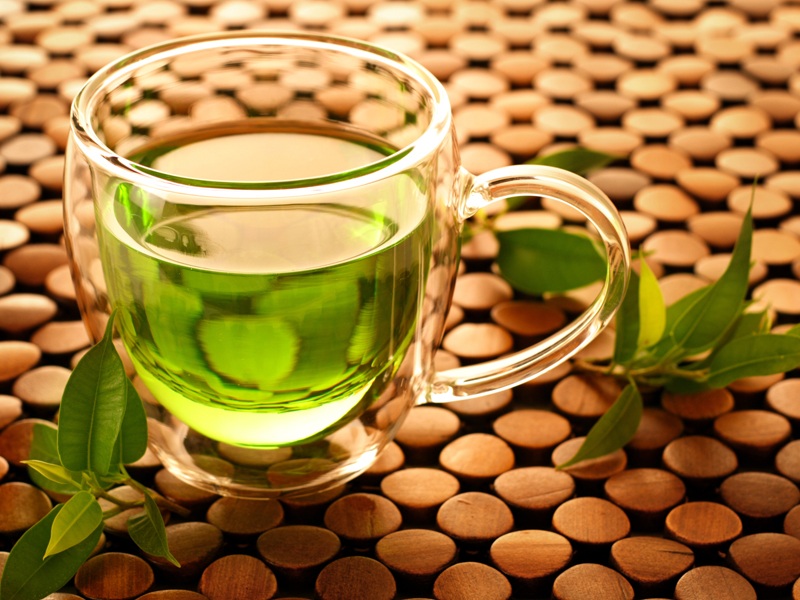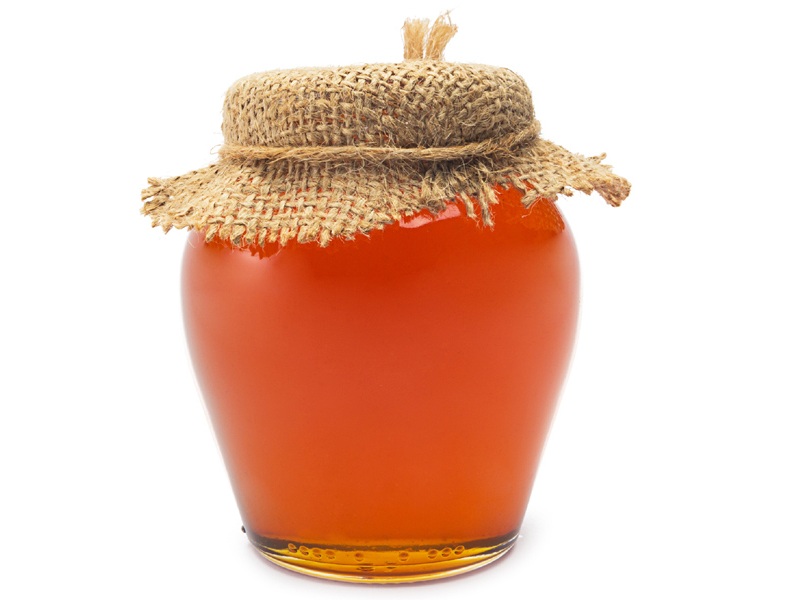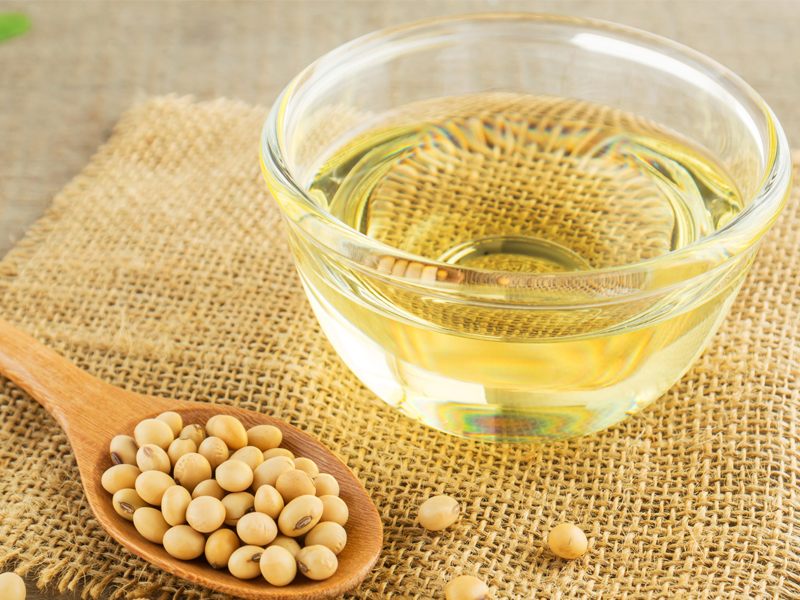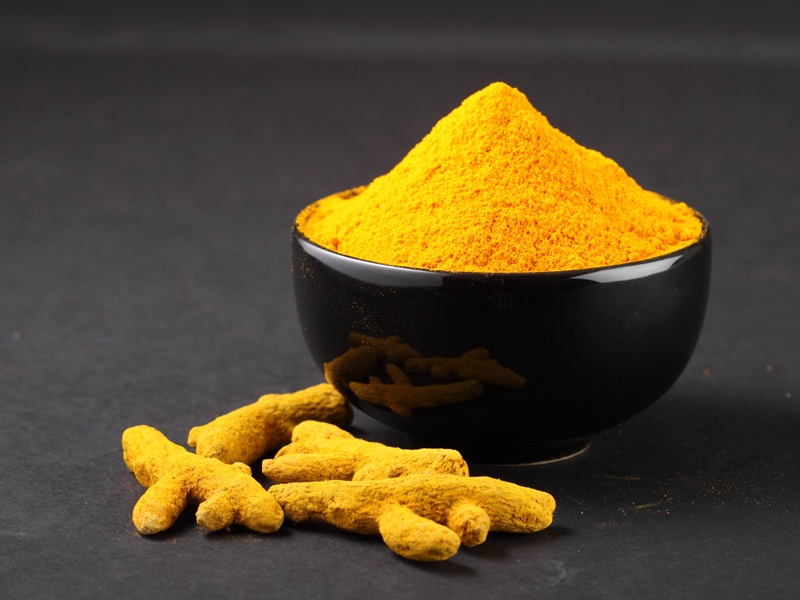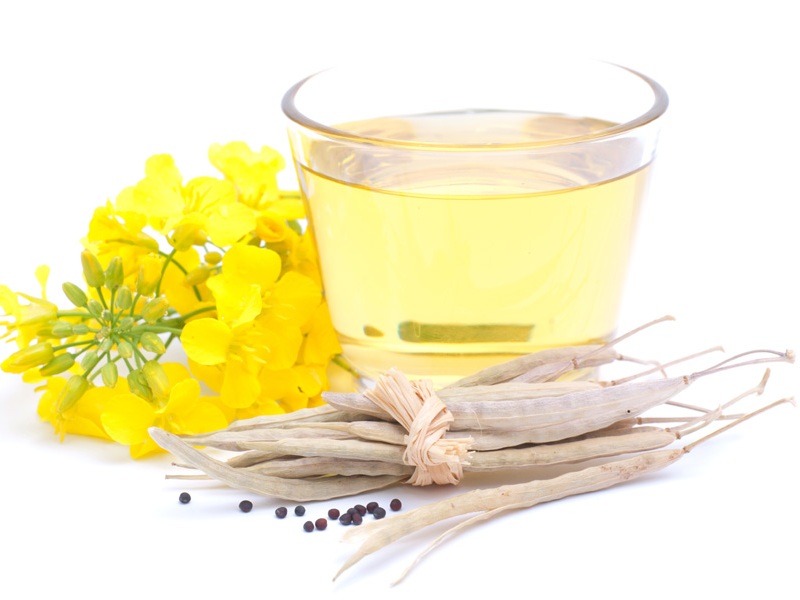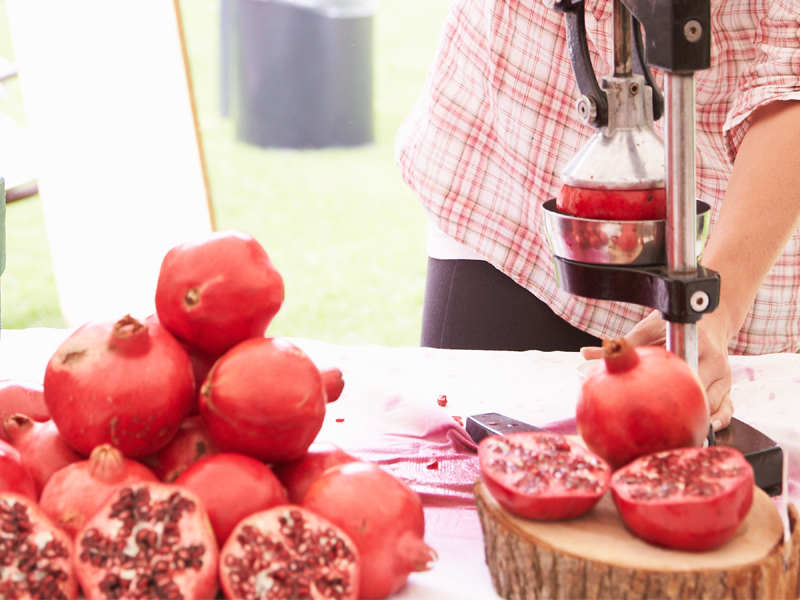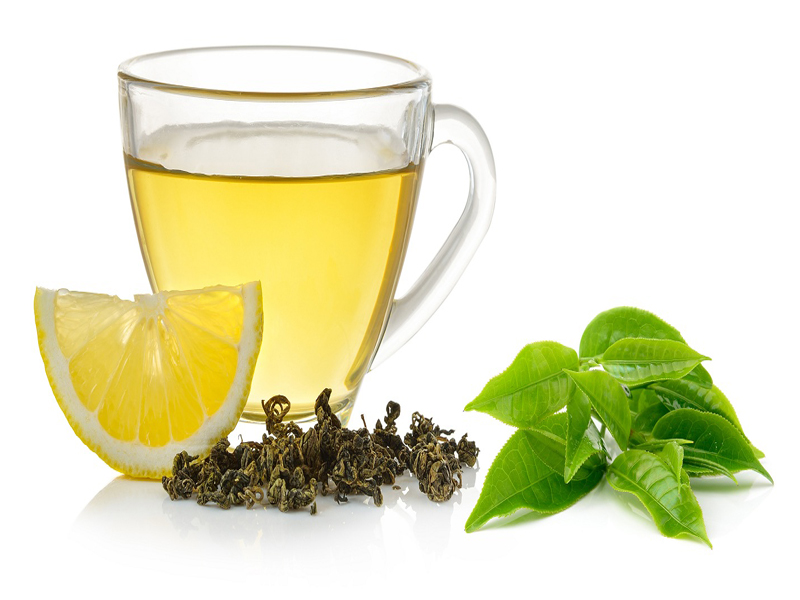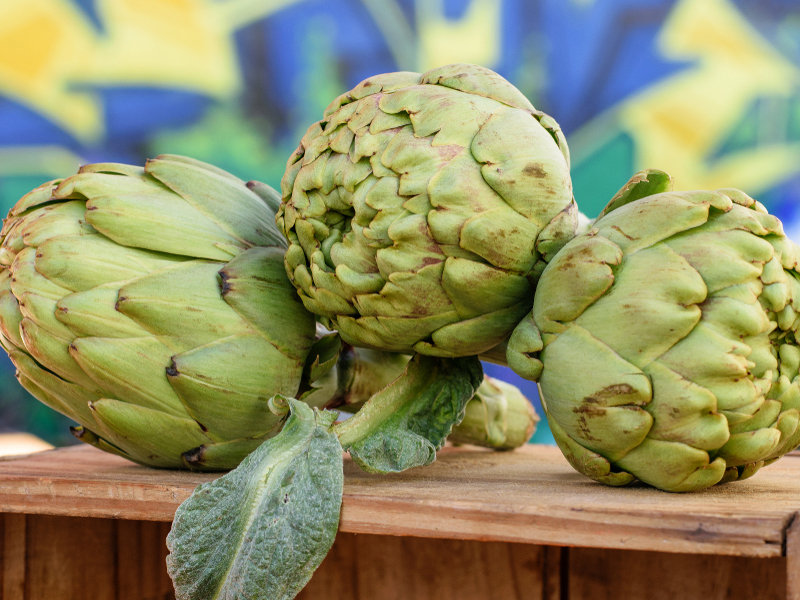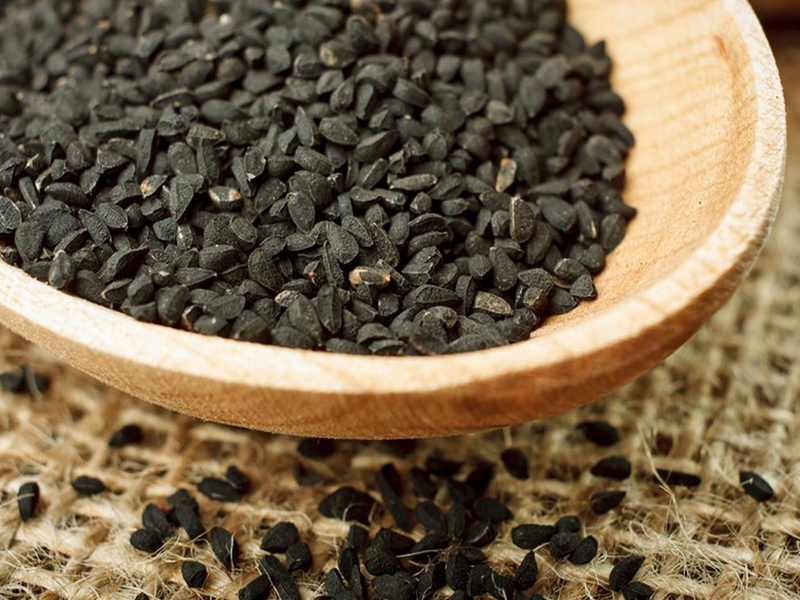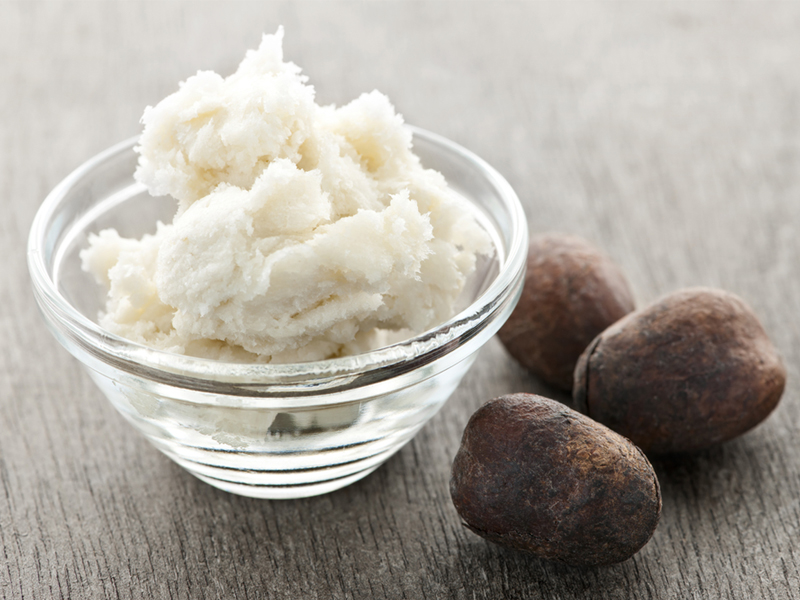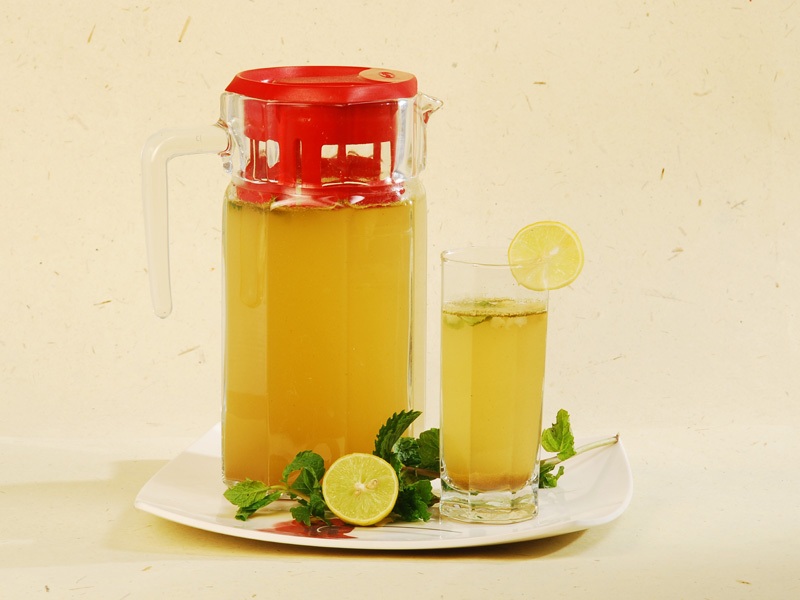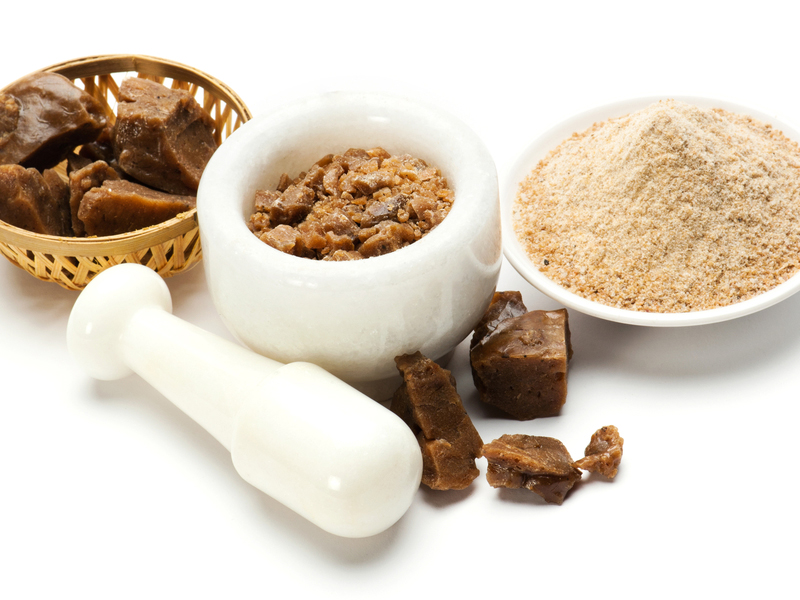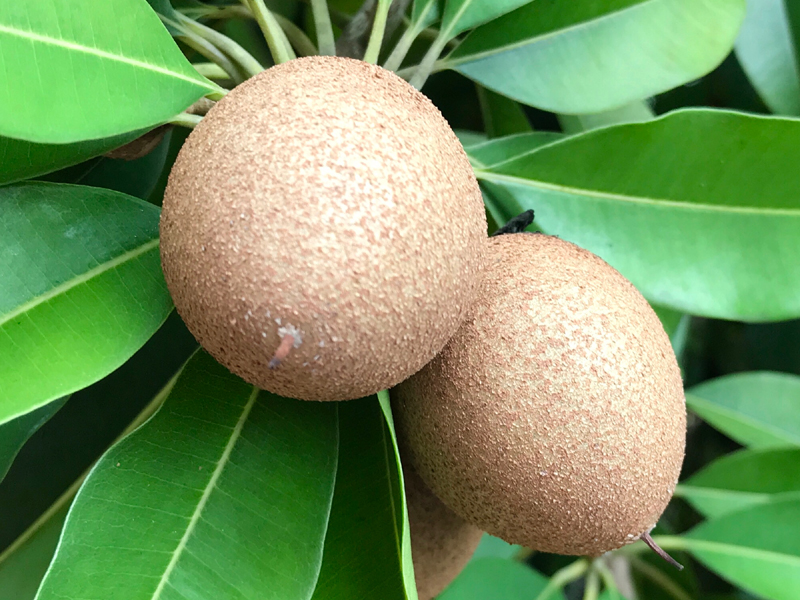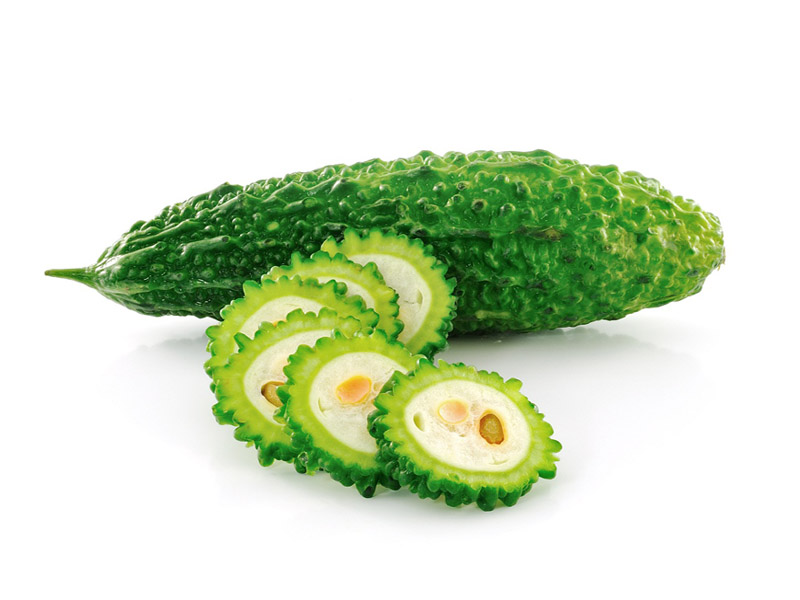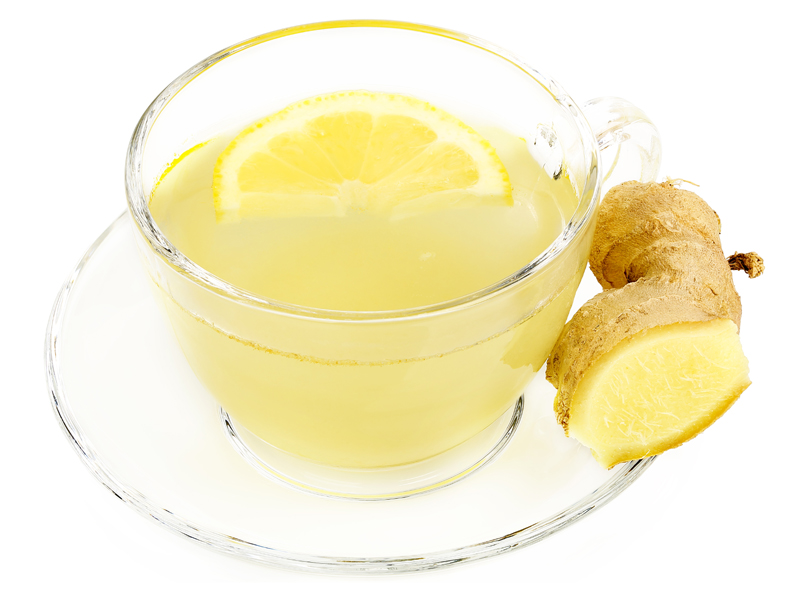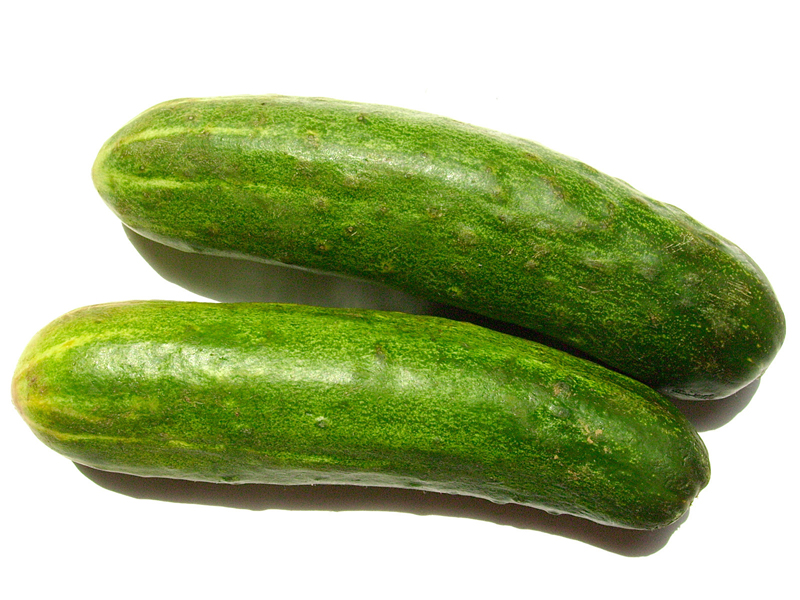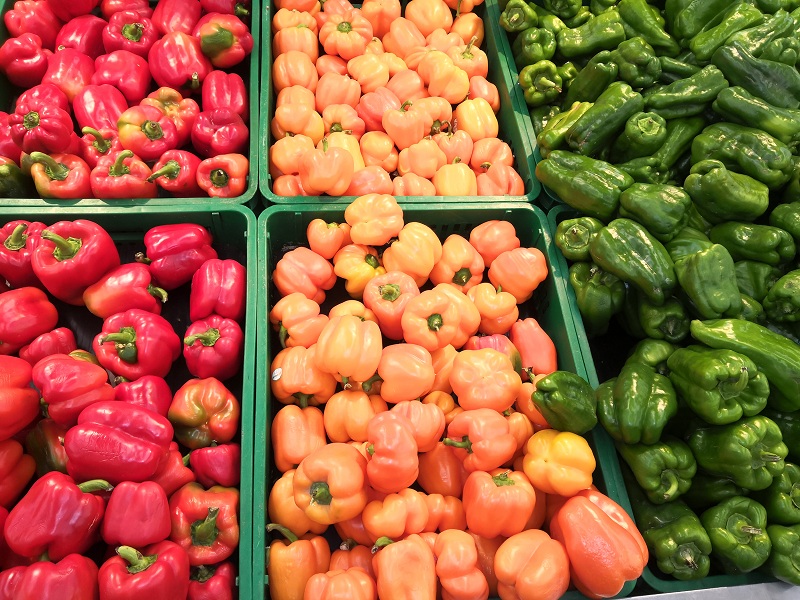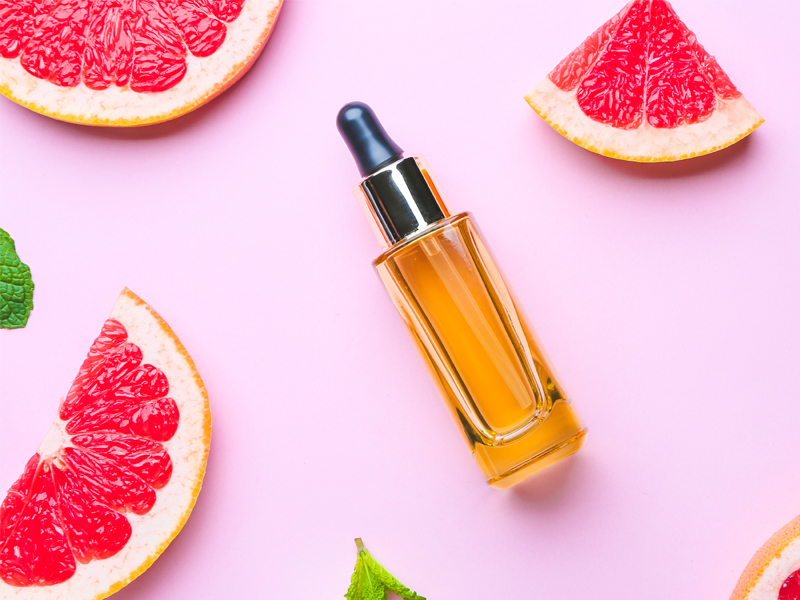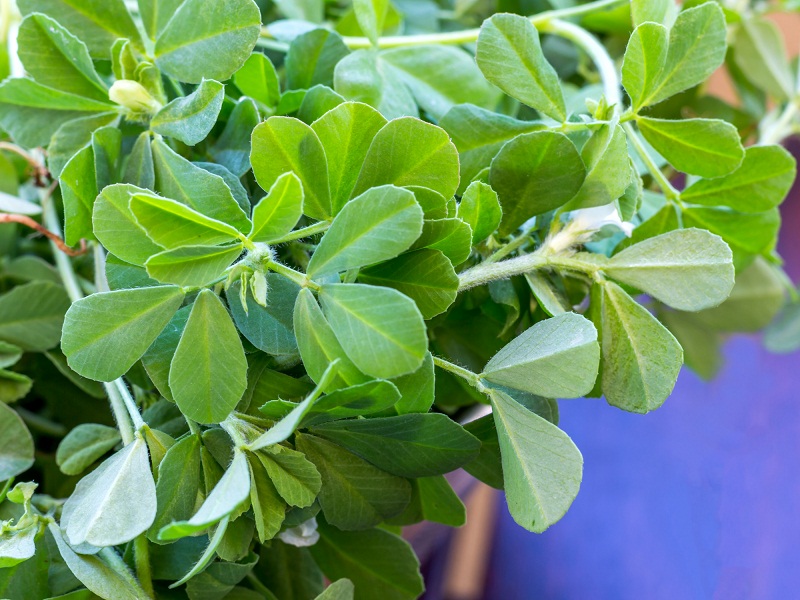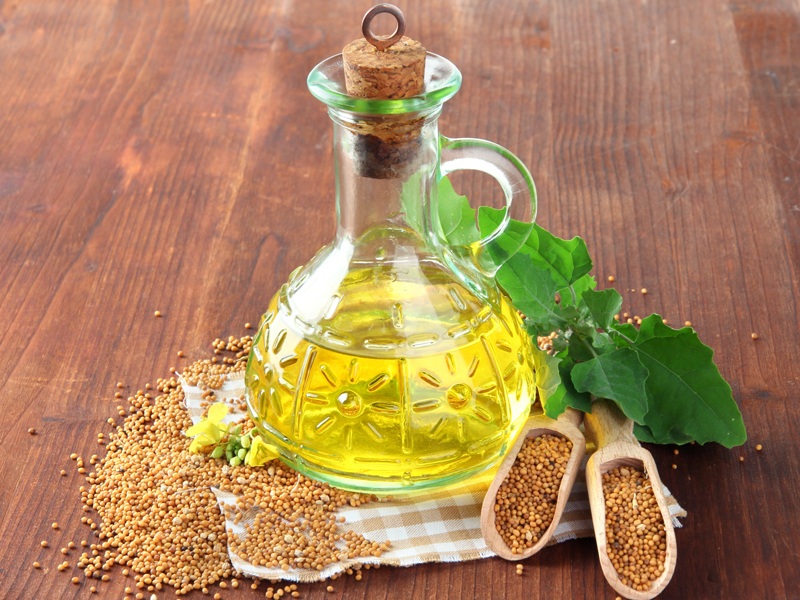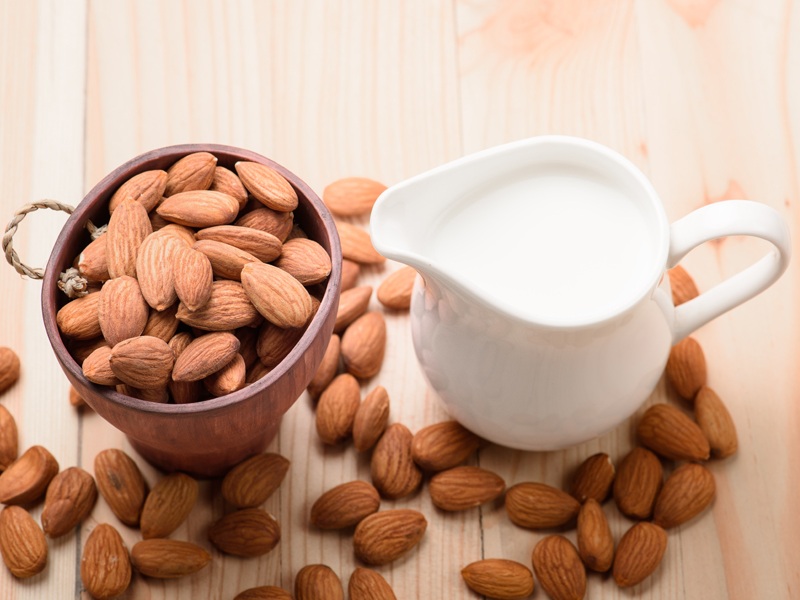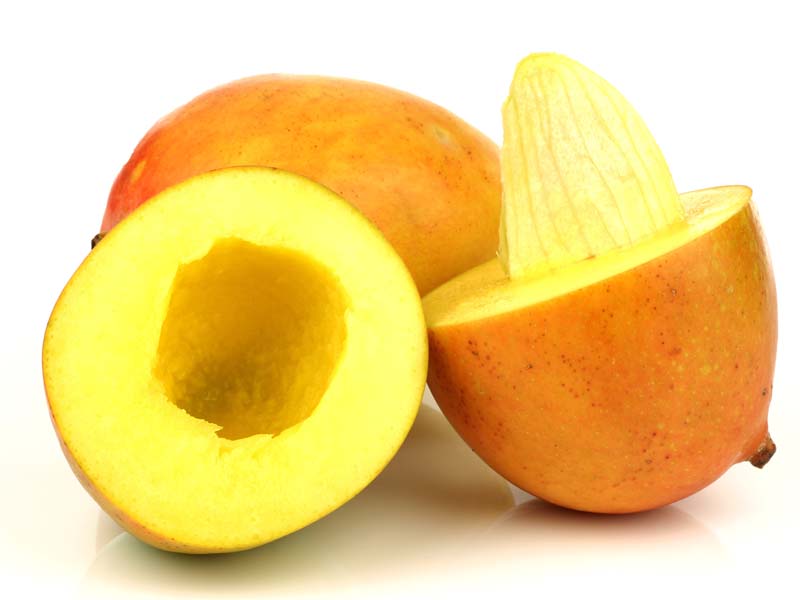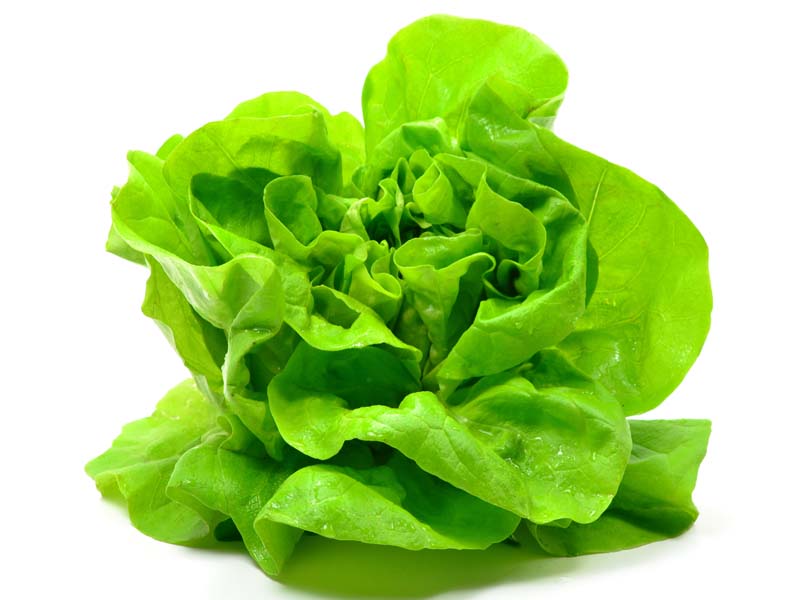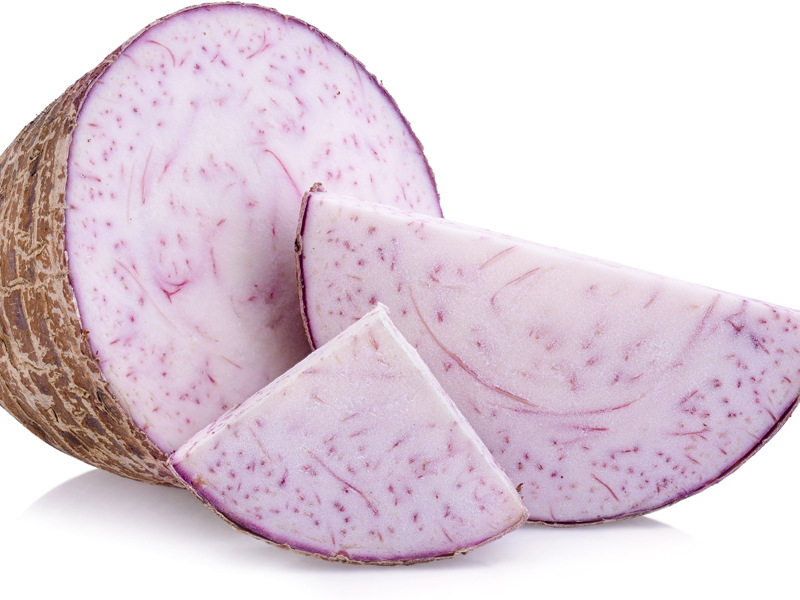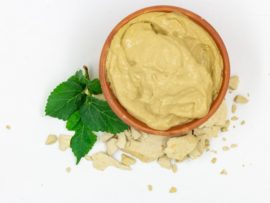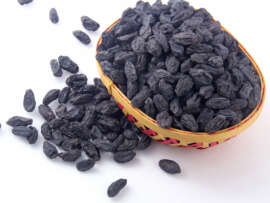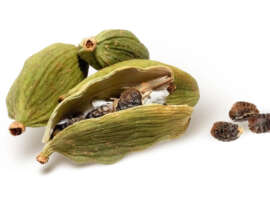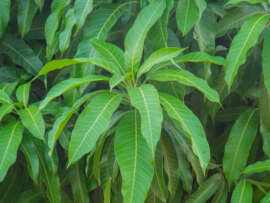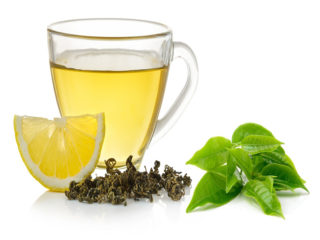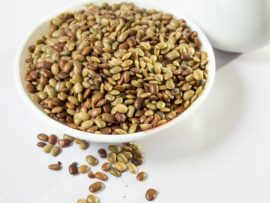Tulsi or holy basil is a plant found in every Indian household and has spiritual importance. It is cultivated throughout Southeast Asia and native to the Indian subcontinent. Titled “Queen of Herbs,” Tulsi effectively protects our bodies from several health ailments. Thus, it is not only worshiped but also has a special place in Ayurvedic medicine. In this article, we have discussed the beneficial effects of Tulsi in detail. Read on to know more!
What is Tulsi (Holy Basil) and Types:
The holy basil plant is a leafy herb belonging to the mint family and is commonly called Tulsi in India. Rama Tulsi, Krishna tulsi, and Vana tulsi are the three variants of tulsi found in India. They have similar tastes and are used in the same way in several medications. Holy Basil has been used as a culinary herb in Italian and Southeast Asian cuisines predominantly and cultivated for more than 5000 years.
1. Rama Tulsi:
Also called Sri Tulsi, the taste of Rama Tulsi is on the sweeter side and has healing properties. It is mainly used for medicinal and religious purposes and is found across the country.
2. Krishna Tulsi:
Krishna tulsi or Shyama tulsi leaves have a crisp texture and have a unique color. This variant of tulsi is mainly used in treating conditions like nasal lesions, skin diseases, earache, throat infections since this type of tulsi is primarily used for medicinal purposes.
3. Vana Tulsi:
Also called wild tulsi, Vana tulsi helps boost immunity, is usually cultivated around the Himalayas, and has a strong aroma. This variant of tulsi builds physical and mental endurance and has anti-aging properties.
Holy Basil Benefits:
Health Benefits of Tulsi:
The anti-inflammatory and antioxidant properties of holy Basil make it an excellent treatment option for many health issues. Here we present you with all the health benefits Holy Basil offers so that you can incorporate them into your daily routine and reap the benefits.
1. Boost Your Immunity:
Basil leaves have potent immunomodulatory effects in numerous animal studies. Asthama being the prominent one, this herb treats a wide range of respiratory disorders like bronchitis and lung infections. In addition, Tulsi drops can be an efficient solution for immunity, thereby preventing the reoccurrence of infections.
Tulsi effectively tackles allergic bronchitis, eosinophilic lung disease, and asthma, where the herb liquefies the phlegm (1). You can also treat the fever associated with cold by using tulsi as a traditional remedy.
Drinking a concoction prepared from a combination of tulsi leaves, a pinch of cardamom can be very effective during rainy seasons.
2. Relieves Stress and Anxiety:
Basil has significant anti-inflammatory and immune-boosting properties which help manage stress and is therefore considered a powerful adaptogen. In addition, it helps reduce anxiety and emotional stress by regulating cortisol levels.
The antioxidants in Holy Basil are attributed to the antioxidants, according to an Indian study that found positive results which were conducted on albino rabbits (2). In addition, Basil tea can alleviate feelings and can promote energy efficiency.
3. Reduces Cough and Cold:
Tulsi juice can be very beneficial for many ailments – hence the name Holy Basil. Tulsi helps reduce cold and congestion in the chest since it has compounds like camphene, eugenol, and cineole. You can effectively treat respiratory issues like cough, cold, asthma, influenza, bronchitis by consuming tulsi juice mixed with ginger and honey (3).
4. Help You Lose Weight Quickly:
According to some research, two of the prominent factors that can cause weight gain are blood cholesterol and blood glucose levels – Basil helps lower these two factors. In addition, cortisol is the stress hormone that might cause weight gain, and tulsi water helps reduce the stress hormone efficiently.
According to a recent study, people following an intake of 250 mg capsules of tulsi leaf extracts have improved lipid profiles and BMI in obese patients (4). However, since the research is still ongoing, talk to your doctor before using Basil for weight loss.
5. Lower the Blood Pressure:
Tulsi or Holy Basil helps treat hypotension and aids in maintaining adequate blood pressure because it is a treasure trove of nutrients like vitamin C, magnesium, and potassium. In addition, regular consumption of tulsi leaves helps lower blood cholesterol levels and increases the low blood pressure levels since it has a eugenol antioxidant. To get positive results, consume five to six leaves early morning on an empty stomach.
6. Help in Digestion:
One of the benefits of drinking tulsi water in the morning is that it helps you deal with digestive issues. This water helps fight against acid reflux and improves bowel movements by flushing out dangerous toxins from your body.
Tulsi water helps enhance your digestive system by stimulating digestive enzymes and juices. Weight gain can be one of the side effects when you have issues in the digestive system.
7. Reduce Fever:
Tulsi will help reduce fever by fighting infections because of its anti-bacterial and anti-viral properties. Tulsi also has a compound called eugenol, which reduces aches in the body with its pain-relieving properties. You will be able to deal with periodic fever with a combination of black pepper powder and fresh tulsi juice.
- Boil liter water with one tbsp of powdered cardamom in it;
- Mix the liquid with milk, sugar. This concoction can reduce temperature effectively.
8. Pain Relieving Properties:
Yet another expected health benefits of tulsi leaves are their pain-relieving properties. It acts as one of the natural cures for headaches because of its decongestant and pain-relieving properties. So if you are suffering from a cold, migraine, or headache caused due to sinusitis or allergies, tulsi leaves can work wonders.
- Take two cups of water in a bowl and add a handful of tulsi leaves to it.
- Boil the contents and drink when it is lukewarm.
9. Anti-Cancer Properties:
Although surprising, Basil or Tulsi helps kill tumor cells in the body because its extracts have radioactive properties. The anti-cancer properties of this herb come from phytochemicals like eugenol, rosemarinic acid, myretenal, apigenin, and luteolin which might help prevent cancer in various forms (5).
Post supplementation of Basil has shown to increase healthy enzyme activity by reducing the cancerous enzyme formation significantly. In addition, according to another study, Basil leaf extracts metastasis of human pancreatic cancer cells and decreases tumorigenicity (6).
10. Prevent Heart Disease:
Cholesterol and high blood pressure being the leading causes; one of the most significant causes of mortality in the world today is cardiovascular disease. In this regard, Basil is found to be helpful, according to various studies. For example, Basil or tulsi prevents coronary heart disease and heart attacks by reducing the risk of platelets forming clots on the artery walls due to flavonoids (7). In addition, Basil is known to lower bad cholesterol and increase good cholesterol preventing heart ailments (8).
11. Keep Diabetes Away:
As per research, Basil might help increase insulin secretions in people with type 2 diabetes. It has anti-diabetic activity as well, according to studies (9), and also supports blood sugar regulation, according to another study (10). Post-digestion of tulsi leaves in patients with type-2 diabetes had reported improved blood sugar levels. The hypoglycemic effect caused by tulsi is due to the phytochemicals compounds in it like the saponins, flavonoids, and triterpenes.
12. Helps Prevent Kidney disease:
Holy Basil is excellent for kidneys since it is a great diuretic and detoxifier. In addition, one of the medicinal uses of tulsi is acetic acid and other components that help cleanse your kidneys by reducing uric acid levels in the blood.
Drinking tulsi leaves with honey every day for six months will help wash out kidney stones, giving you relief.
13. Lowers Your Cholesterol levels:
Tulsi helps lower LDL cholesterol levels and increases HDL cholesterol levels at the same time by targeting metabolic distress. The oil called eugenol present in this herb is the reason for this metabolic action, improving heart health and circulation.
Benefits of Tulsi for Hair:
Tulsi or Holy Basil provides you with a natural and effective remedy to deal with several hair issues. First, it helps promote hair growth by stimulating blood circulation in your scalp. Let us know more about the tulsi leaves for hair.
14. Promoting Hair Growth:
Tulsi oil for hair can promote hair growth by stimulating blood circulation since it is a rich vitamin K and antioxidants source. In addition, Tulsi is considered a hero ingredient for healthy hair and skin since it is packed with vitamins, minerals, phytonutrients, and electrolytes (11).
15. Help You Cure Hair Fall:
Tulsi can be an effective remedy for hair fall and can be considered an essential ingredient for hair loss treatment. Tulsi or holy basil curbs hair fall by rejuvenating your hair follicles and promoting blood circulation to your scalp (12).
- Make a paste out of a bowl of fresh basil leaves.
- Combine this mixture with a cup of hair oil.
- Apply the mixture to your scalp and leave it for about 30 minutes.
- Use a natural shampoo to wash your hair.
16. Get rid of Dandruff:
One of the uses of Holy Basil is that it controls the growth of Dandruff-causing four types of fungal strains. It also reduces frizz, makes your hair manageable, smoothness as additional benefits of using tulsi on your hair; this is because it helps improve blood circulation.
- Combine a little basil oil with your regular hair oil.
- Gently apply the oil to your scalp and massage in circular motions.
- You can deal with dry scalp and dandruff by using this remedy.
17. Prevents Premature Graying Hair:
When there is a scarcity of vitamins, it results in premature graying of hair. And tulsi promotes pigment at the hair roots and is one of the best benefits of tulsi powder(13).
- Combine equal amounts of dried holy basil powder and amla powder and presoak it overnight.
- Strain and use the mixture to wash your hair.
See Also: Amazing Benefits of Tulsi Tea
Benefits of Tulsi for Skin:
Tulsi has anti-bacterial, anti-inflammatory, and anti-fungal properties that help you deal with many skin infections like acne, blackheads, etc. Let us know more about how tulsi in many forms can be beneficial for your skin.
18. Prevents Acne and Pimples:
Basil leaves remove toxins from your body, purifying your blood in the process with its anti-fungal and anti-bacterial properties. In its suitable formulation, the benefits of tulsi for the skin are incredibly efficient in reducing acne, pimples, and marks associated with it (14).
- Combine tulsi leaves, sandalwood paste, or rose water.
- Apply this paste to your face and leave it on for about 20 minutes.
- Use cold water to wash your face.
- Consuming tulsi tea is also another way.
19. Prevents Early Signs of Aging:
Tulsi oil is an excellent solution to deal with premature aging signs, as it contains Vitamins A & C and phytonutrients, which are used as excellent antioxidants. If a simple herbal tea can be refreshing, imagine what tulsi can do to your surface. You can prevent premature aging and look younger by drinking two cups of tulsi tea.
20. Help in Preventing Blackheads:
When you have clogged hair follicles, it results in small bumps called blackheads on your skin, which make your skin appear dark and daunting. Reducing blackheads is one of the benefits of basil leaves for the skin. In addition, Tulsi leaves to keep the breakouts at bay with the help of its anti-fungal and anti-bacterial properties(15). It also helps flush out toxins from your body and purifies your blood.
- Place two wet tulsi leaves on either side of your nose.
- Leave it there for a few minutes.
- Use lukewarm water to wash your face. To remove blackheads use this remedy regularly.
21. Treats Insect Bites:
Tulsi is known as a mosquito repellent plant, that repels mosquitoes. Unknown to many people, Holy Basil or Tulsi contains an anti-inflammatory compound called eugenol that can effectively relieve itchy skin or insect bites (16). All you need to do is rub a few tulsi leaves on the affected skin area.
22. Protects The Skin From Infection:
Tulsi plays a vital role in restricting the growth of bacteria like B. anthracis and E. coli that cause skin infections with their antibiotic properties. It also helps prevent numerous other skin infections with its antimicrobial and anti-fungal properties (17). In addition, Tulsi has been an effective treatment against ringworm in ayurvedic medications containing tulsi.
- Grind and boil 250 grams of basil leaves with sesame oil in equal amounts and prepare a concoction. You can treat infections like itching with this concoction.
- Another treatment to treat ringworm can be prepared with a simple mixture of ground basil leaves and equal amounts of lemon juice.
See Also: Tulsi Face Packs for Clear Skin
Medical uses of Tulsi (Holi Basil):
The medicinal properties of tulsi give it the name wonder herb or holy herb. Many diseases affect a person even after they are completely cured. Consuming tulsi regularly will help keep the reoccurrence of many infections at bay.
- Tulsi is used to cure fever.
- It helps tackle skin issues like premature aging, blackheads, acne.
- Insect bites can be treated with tulsi.
- Respiratory issues can be treated with tulsi.
- It might help treat asthma.
- Tulsi helps to treat common cold, sore throat, headaches, and kidney stones.
Tulsi Side Effects:
Although tulsi is natural, it is beneficial for health, skin, and hair; when taken in excess, it might cause some side effects. Here are some of the side effects excess tulsi consumption might cause:
- Although tulsi is pretty safe when taken in average amounts, Basil can cause pregnant and breastfeeding women issues when taken in large quantities because of its anti-fertility issues.
- Basil or tulsi should be avoided at least two weeks before surgery since basil extracts might increase bleeding and slow blood clotting.
- Tulsi can lower blood pressure because it has high amounts of potassium. However, Basil might lower your blood pressure way too much, especially if you take high BP medication to have low BP.
The holiness of tulsi is as exceptional as its benefits. We hope this article has given you enough information about how beneficial tulsi can be for your health, skin, and hair. Therefore, without further ado, include Tulsi into your routine and reap its benefits. Don’t forget to let us know if this article was helpful.
Disclaimer: The content of this article is based on pure research and not a replacement for professional advice. If you are unsure of the information, take guidance from a professional. The website is not responsible for the accuracy and authenticity of the data.
FAQ:
1. What is the nutritional value of tulsi?
Ans: Tulsi or holy basil has a unique nutritional profile. It has a good amount of fiber, protein, minerals like calcium and is a rich source of vitamins A, C, and K.
2. How can we consume tulsi or holy basil leaves?
Ans: You can prepare a decoction using four leaves daily. There are capsules available in the market which you can consume as per the directions from your doctor. Go for 6 to 12 grams if you are opting for tulsi extract.
3. A quick recipe for basil tea?
Ans: Here is a quick and straightforward recipe for preparing a tulsi tea.
Ingredients:
- Six basil leaves.
- One tbsp of honey.
- ½ tbsp of grated ginger.
- Two cups of water.
- A dash of lemon juice.
Preparation:
- Boil the water in a bowl.
- Add the shredded tulsi leaves and ginger.
- Let the contents boil for about 10 minutes.
- Strain the contents into a glass, add honey and lemon juice to the mixture.
- Mix them well.


